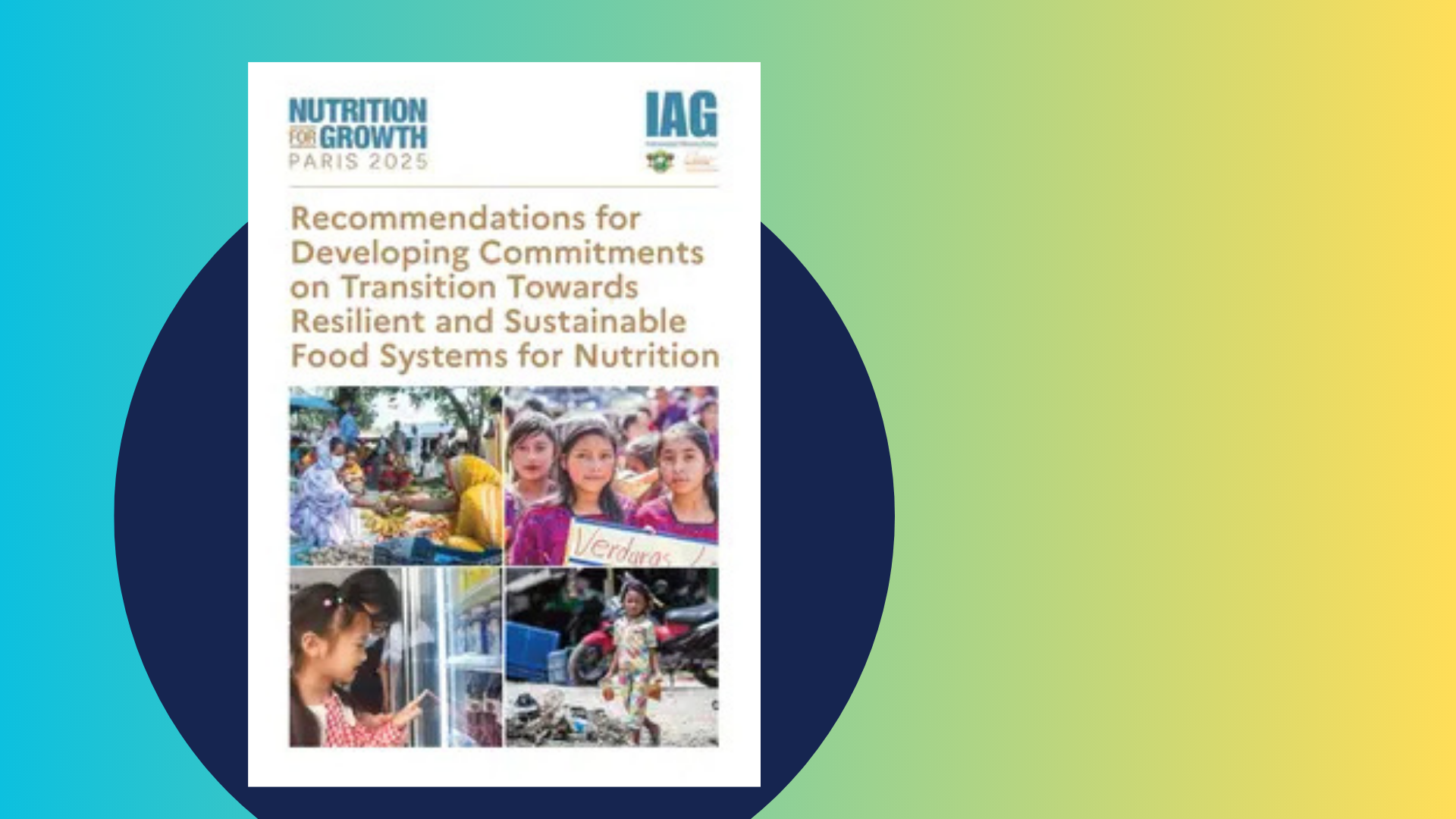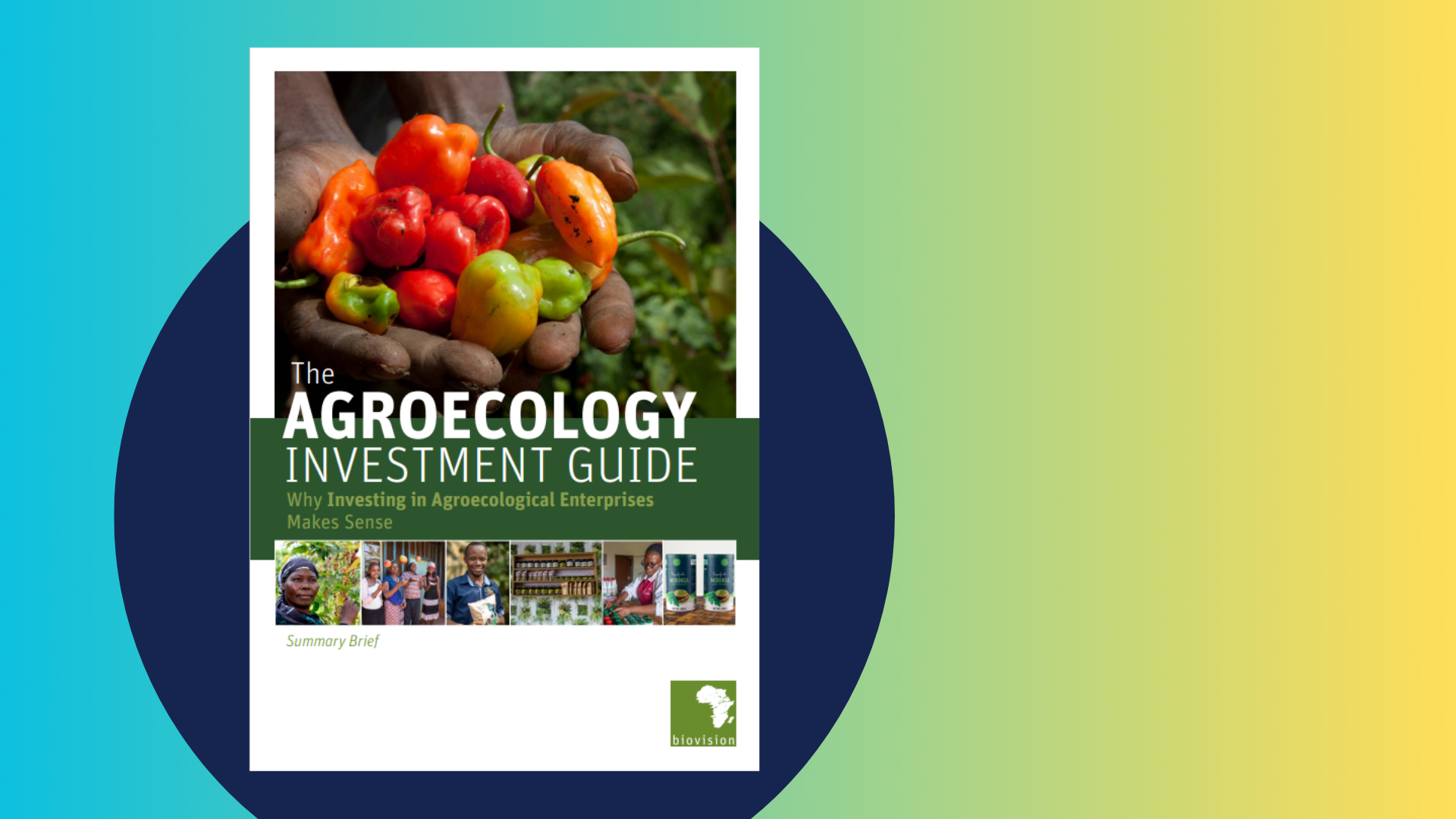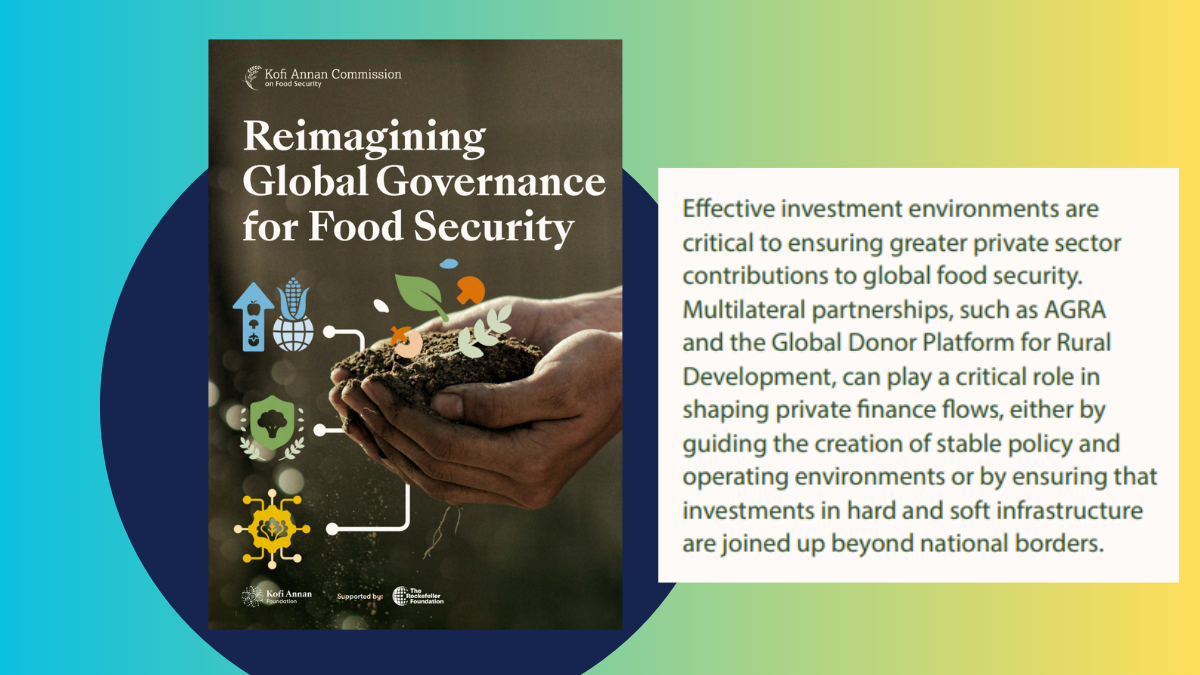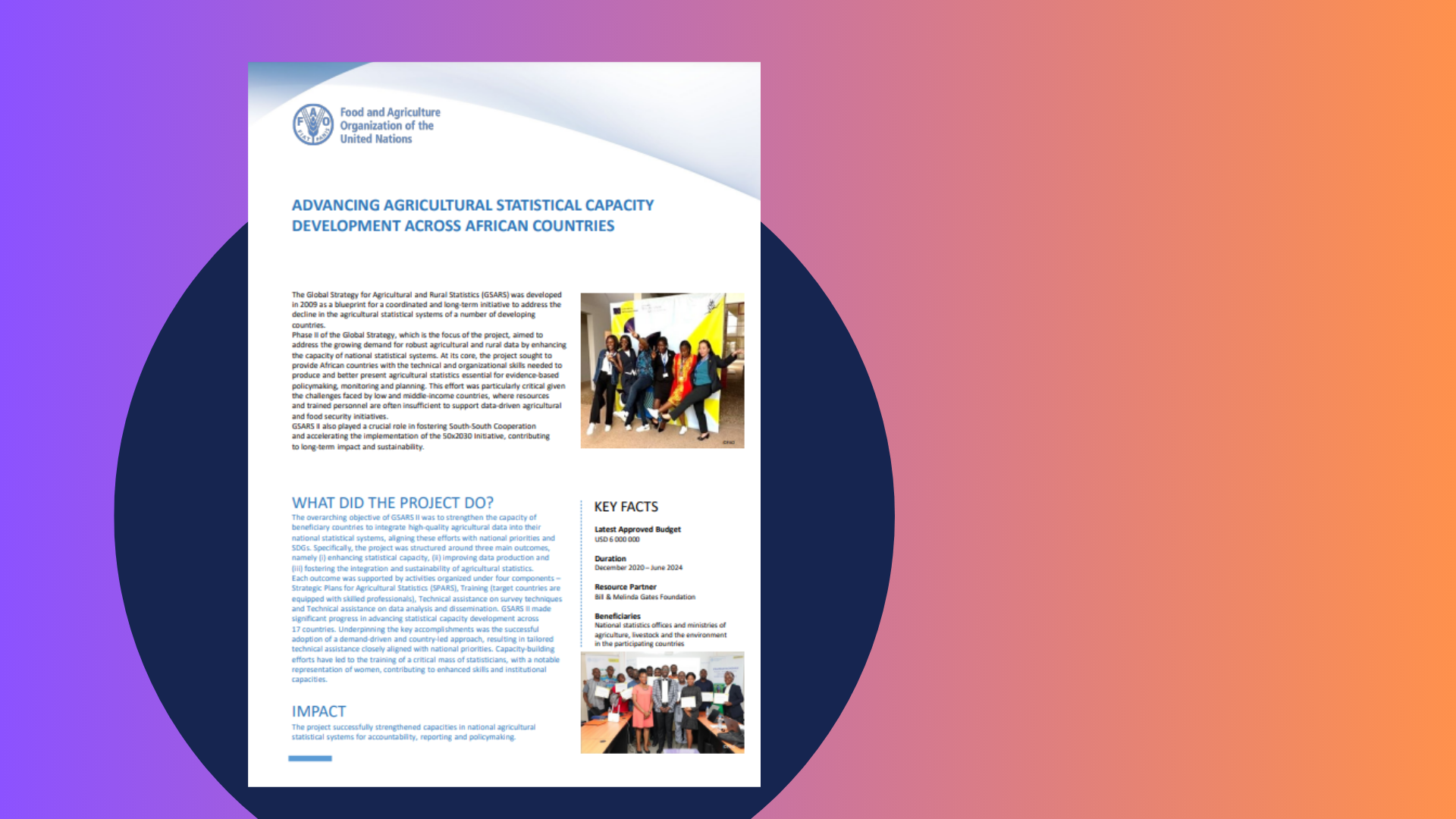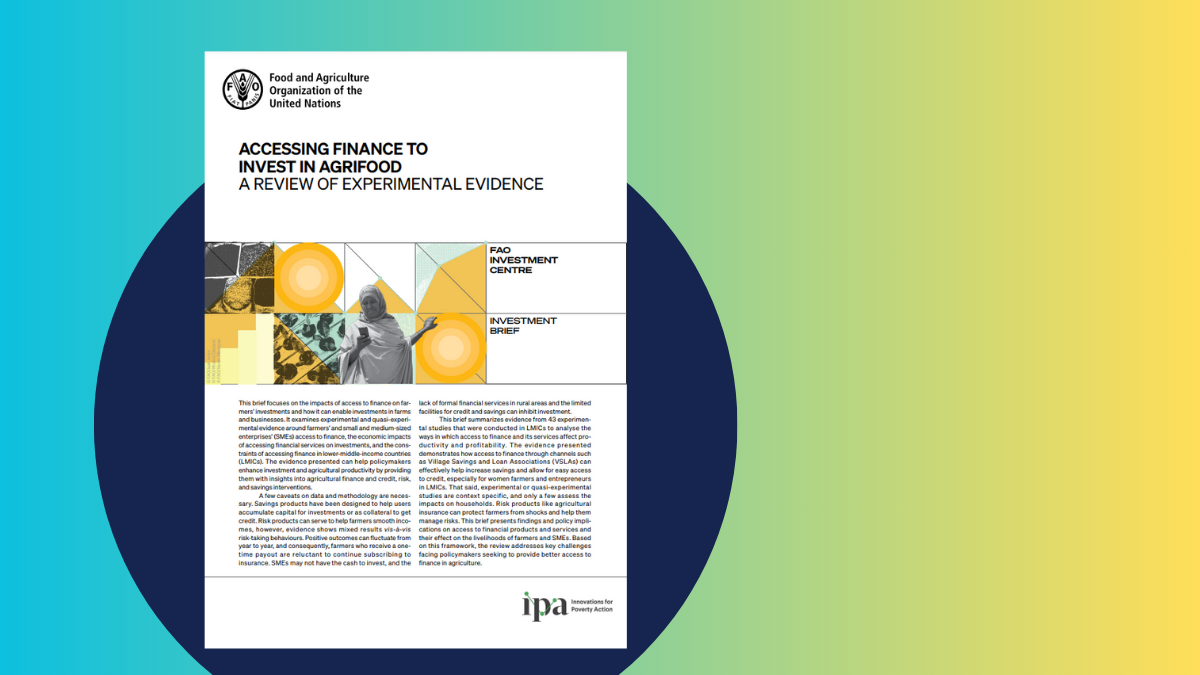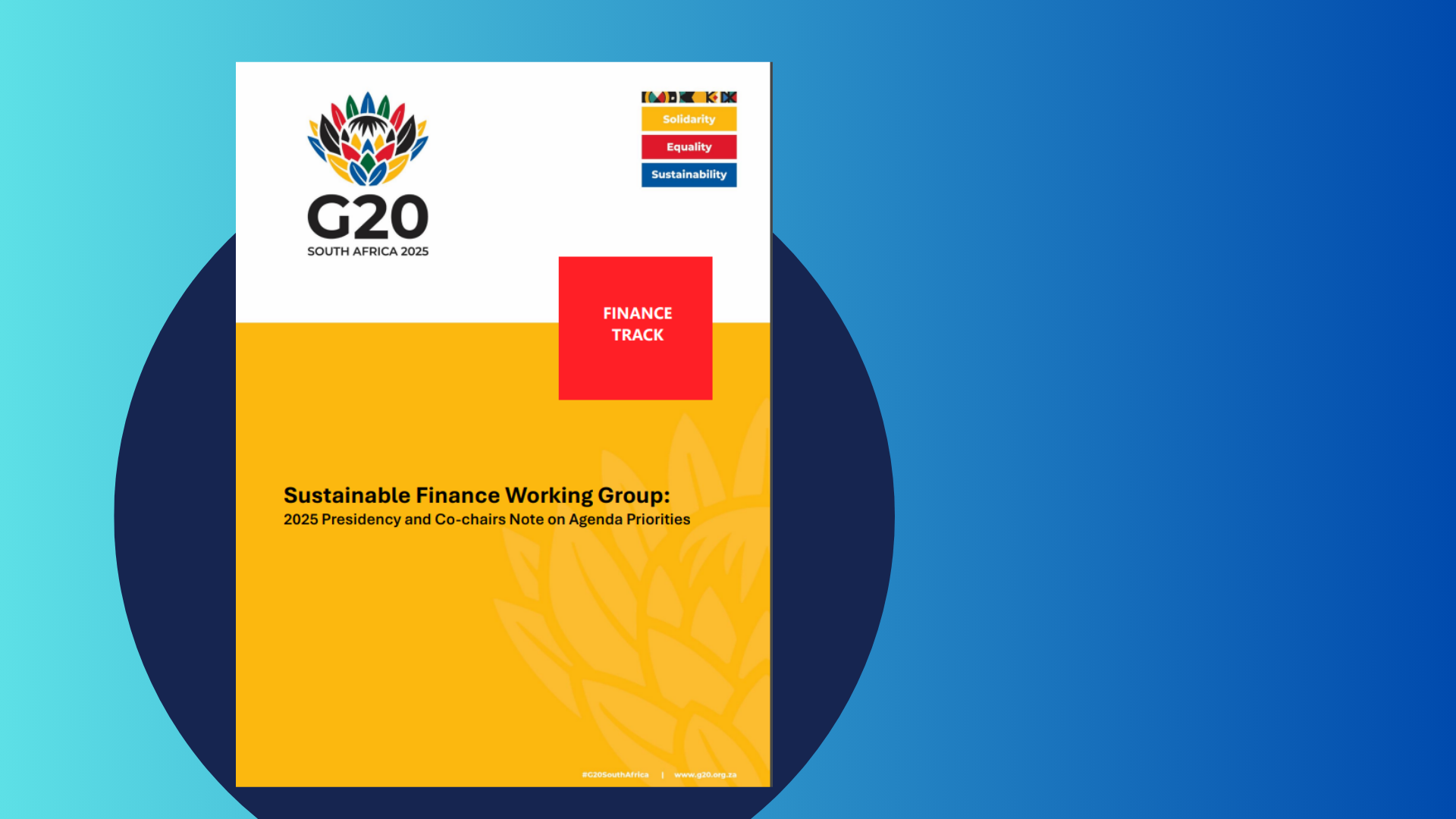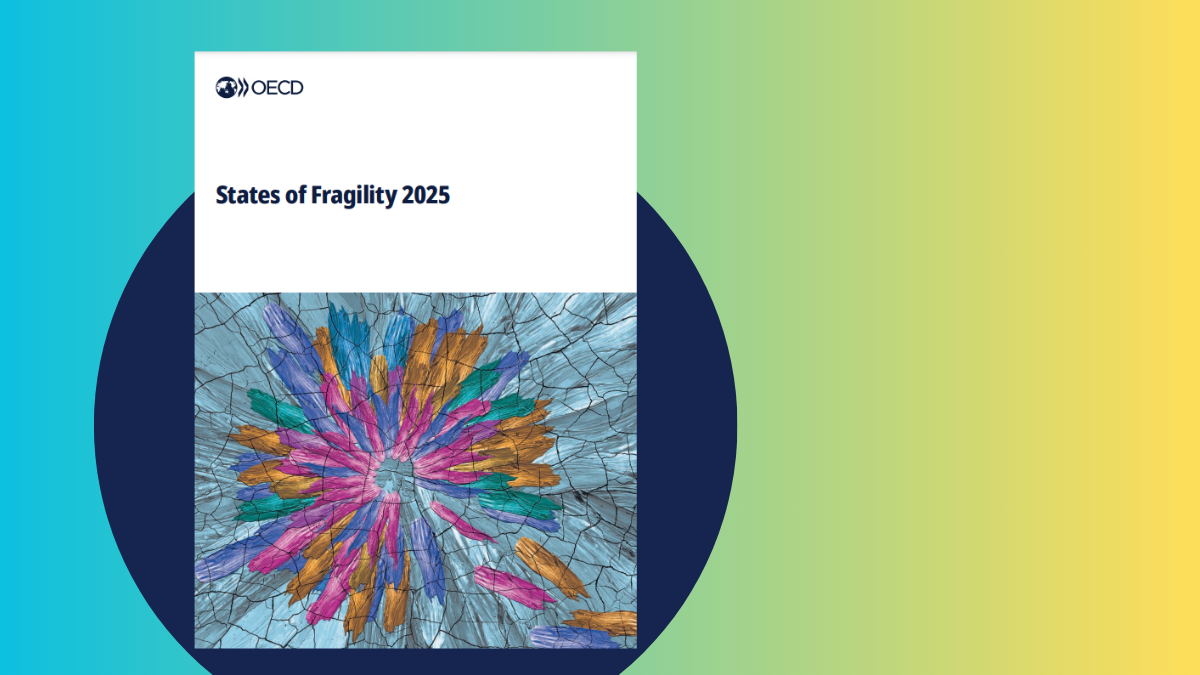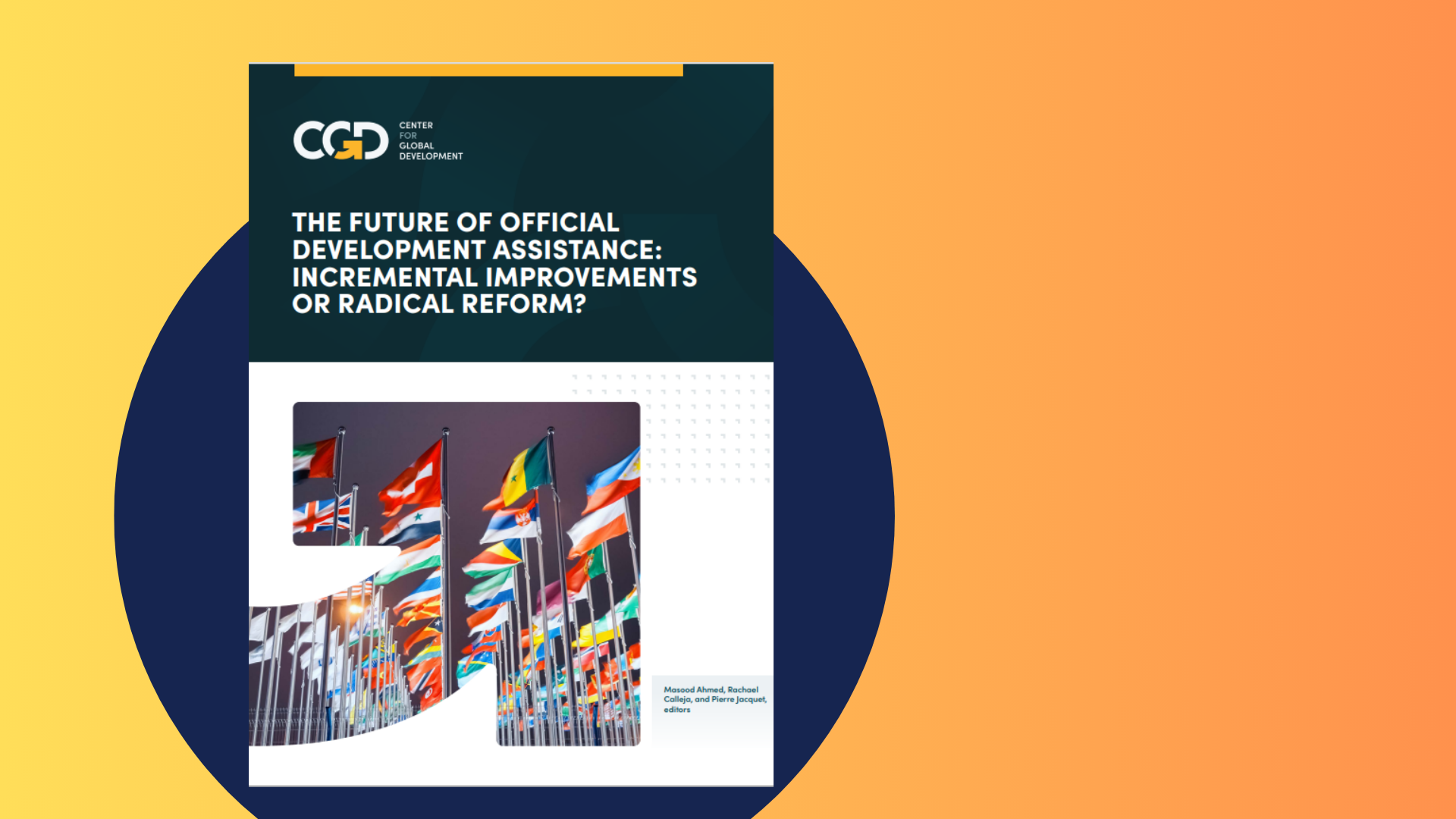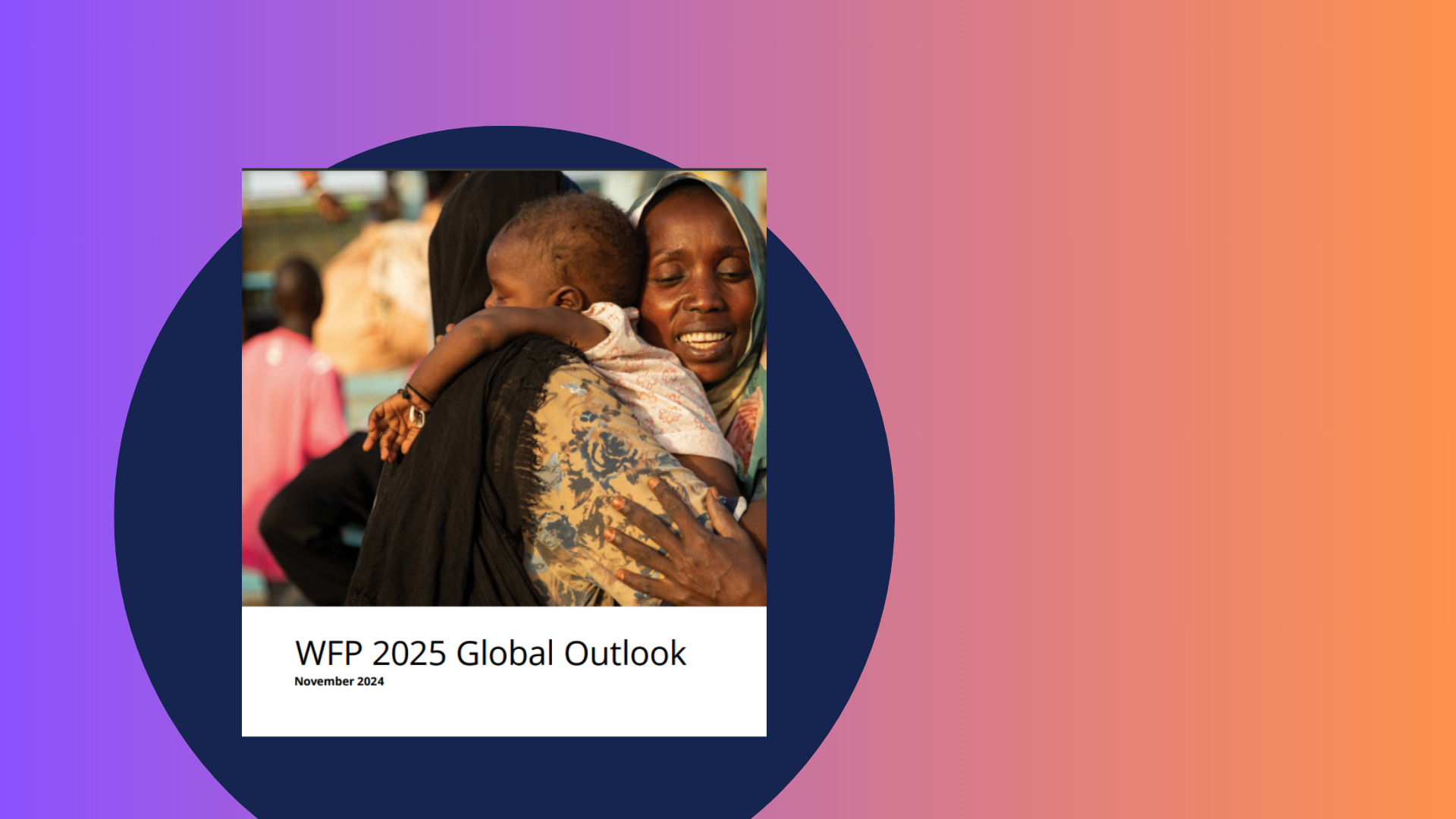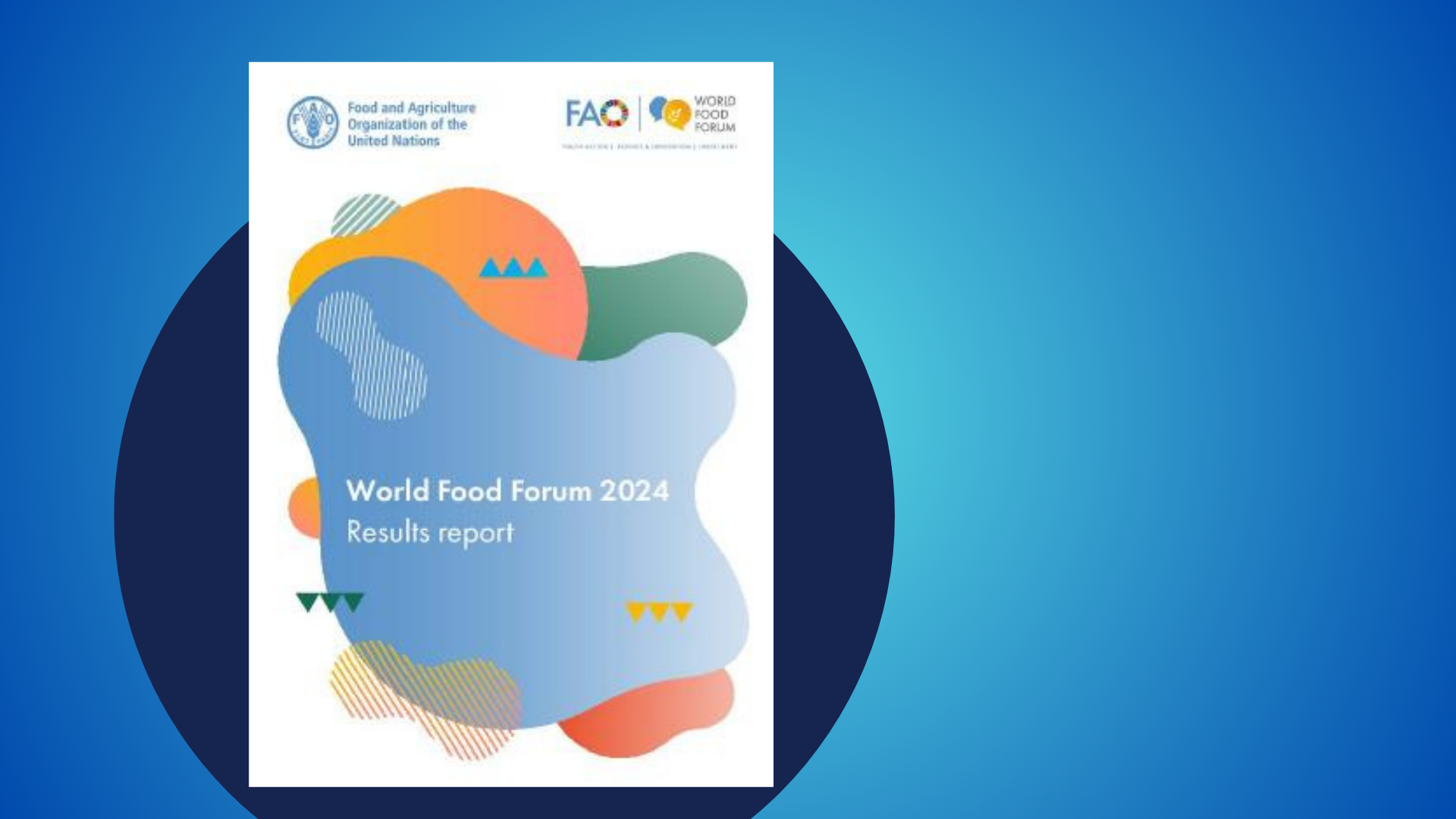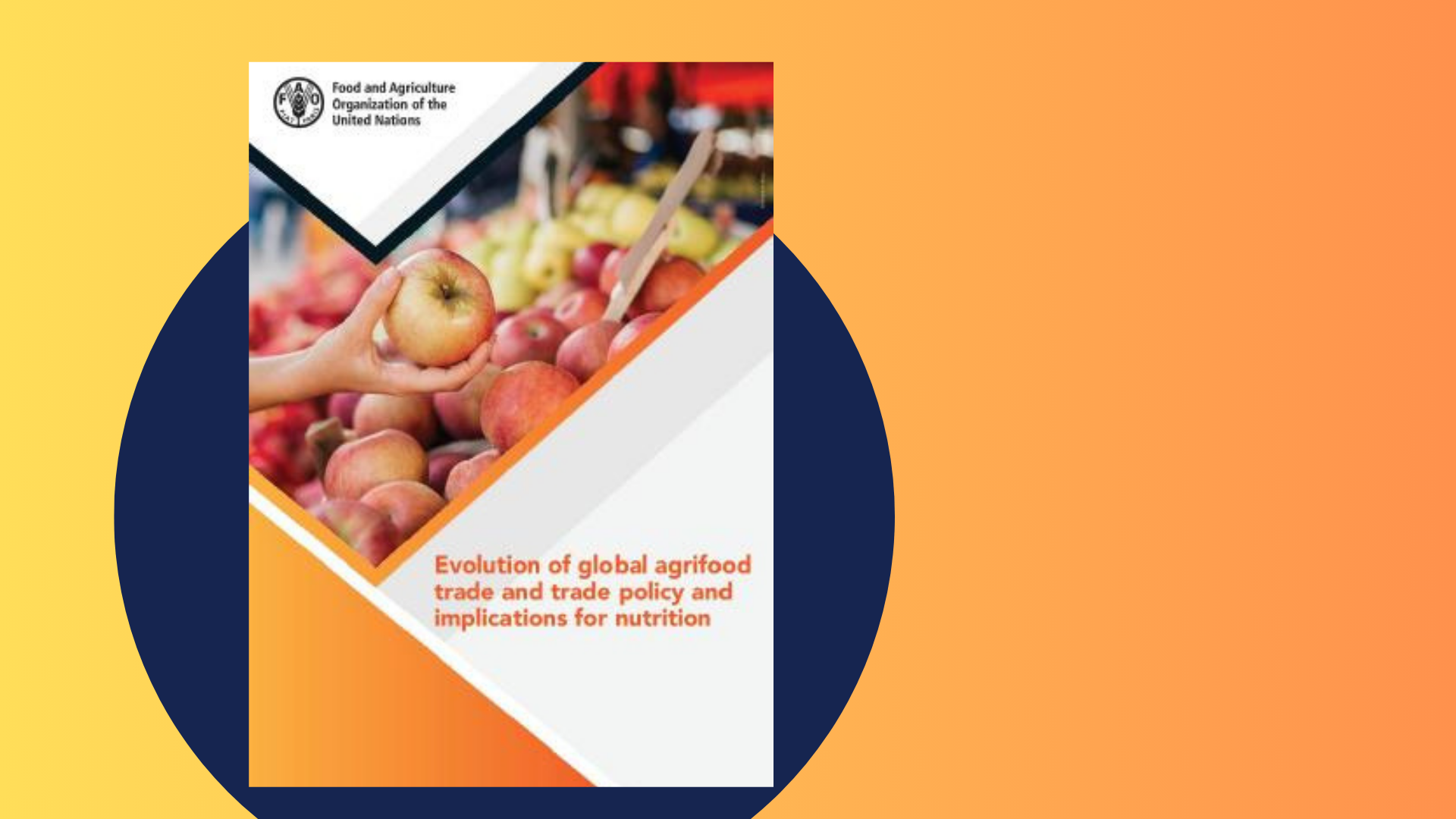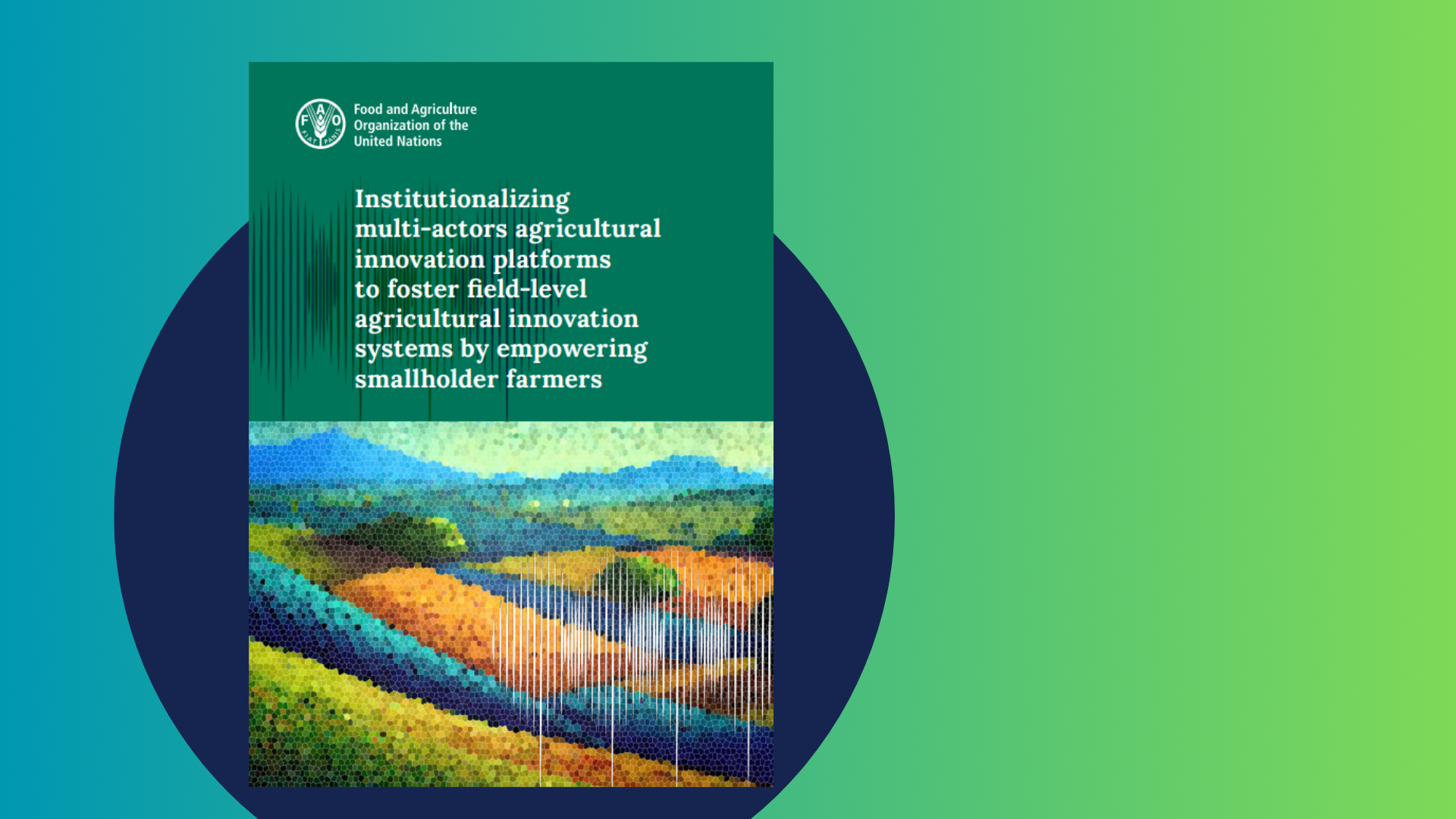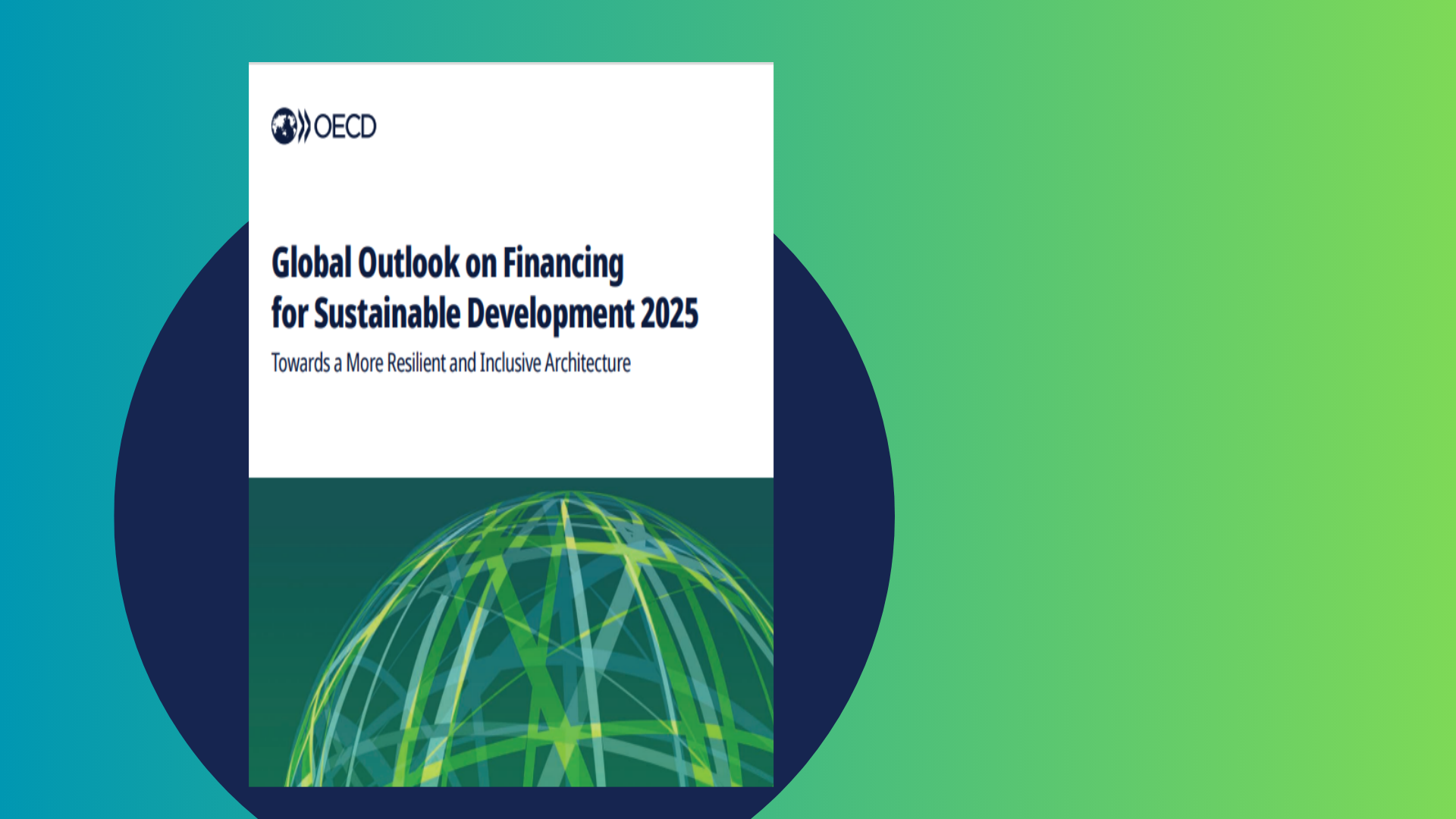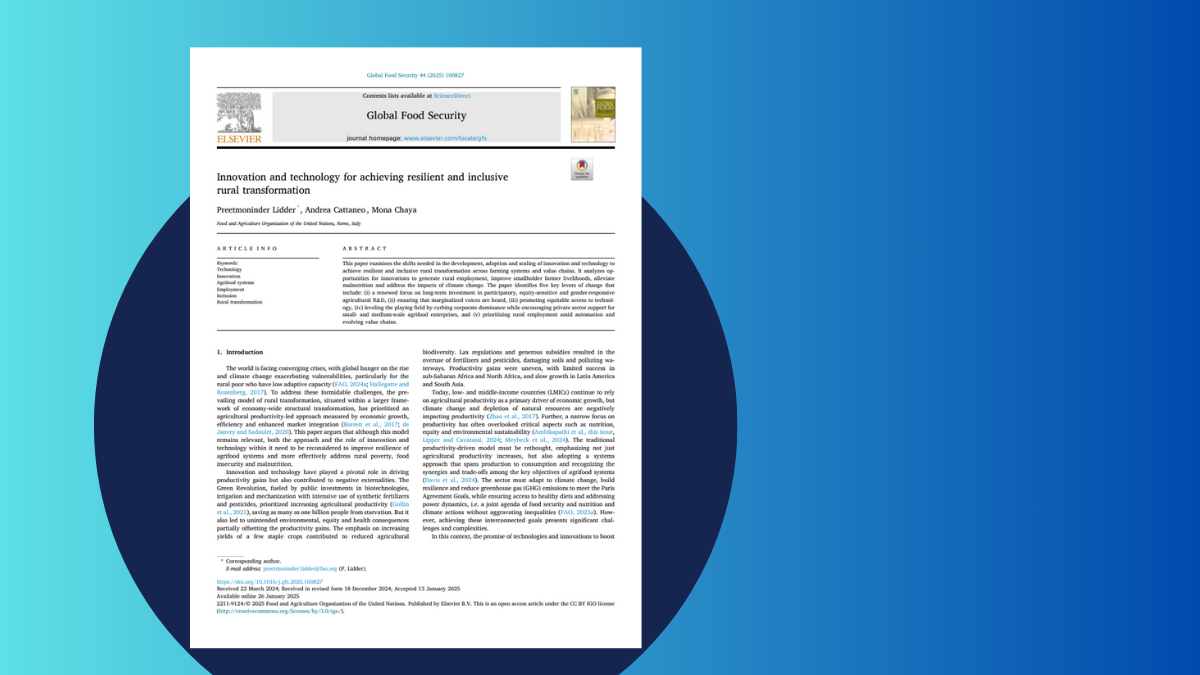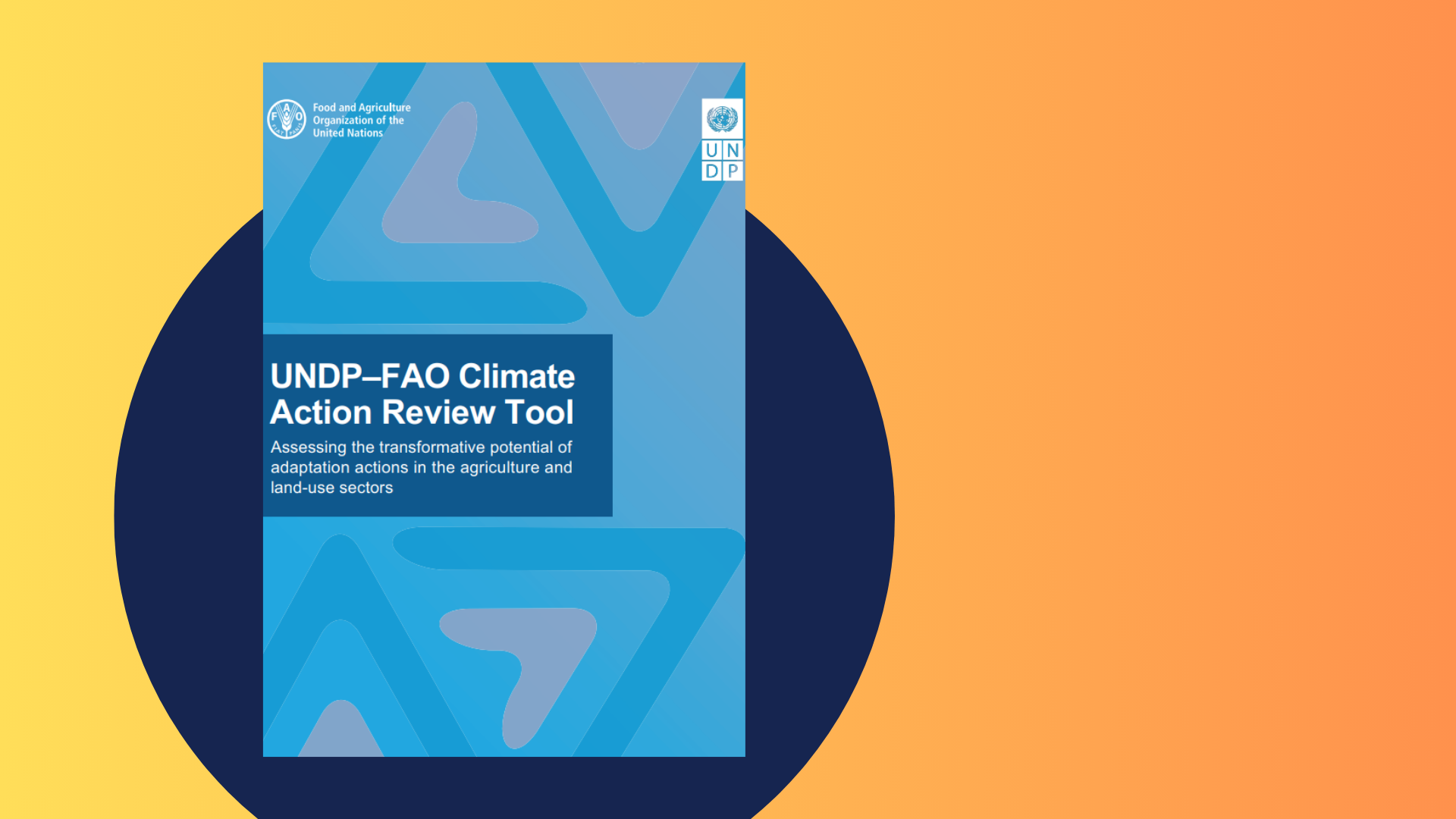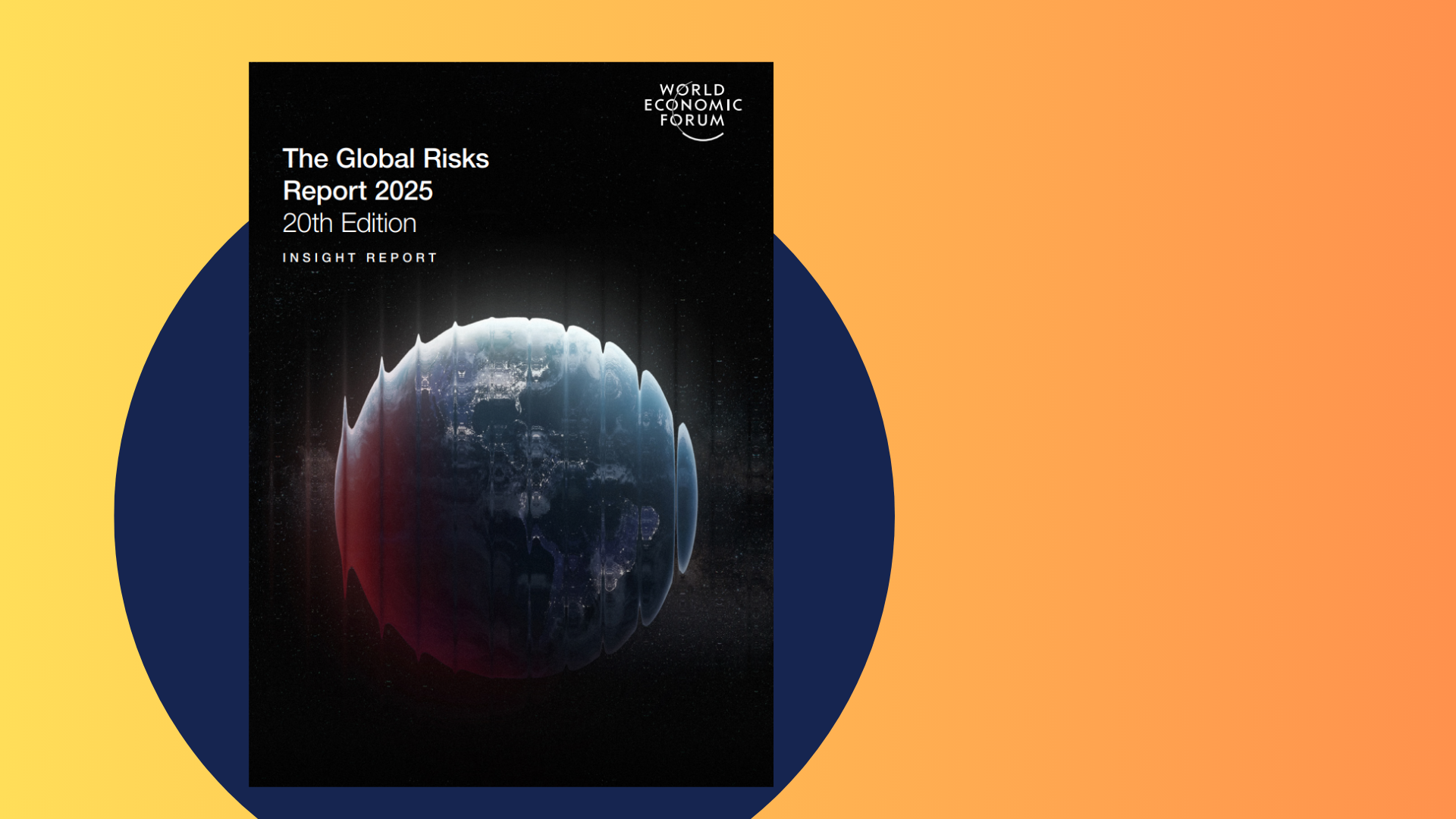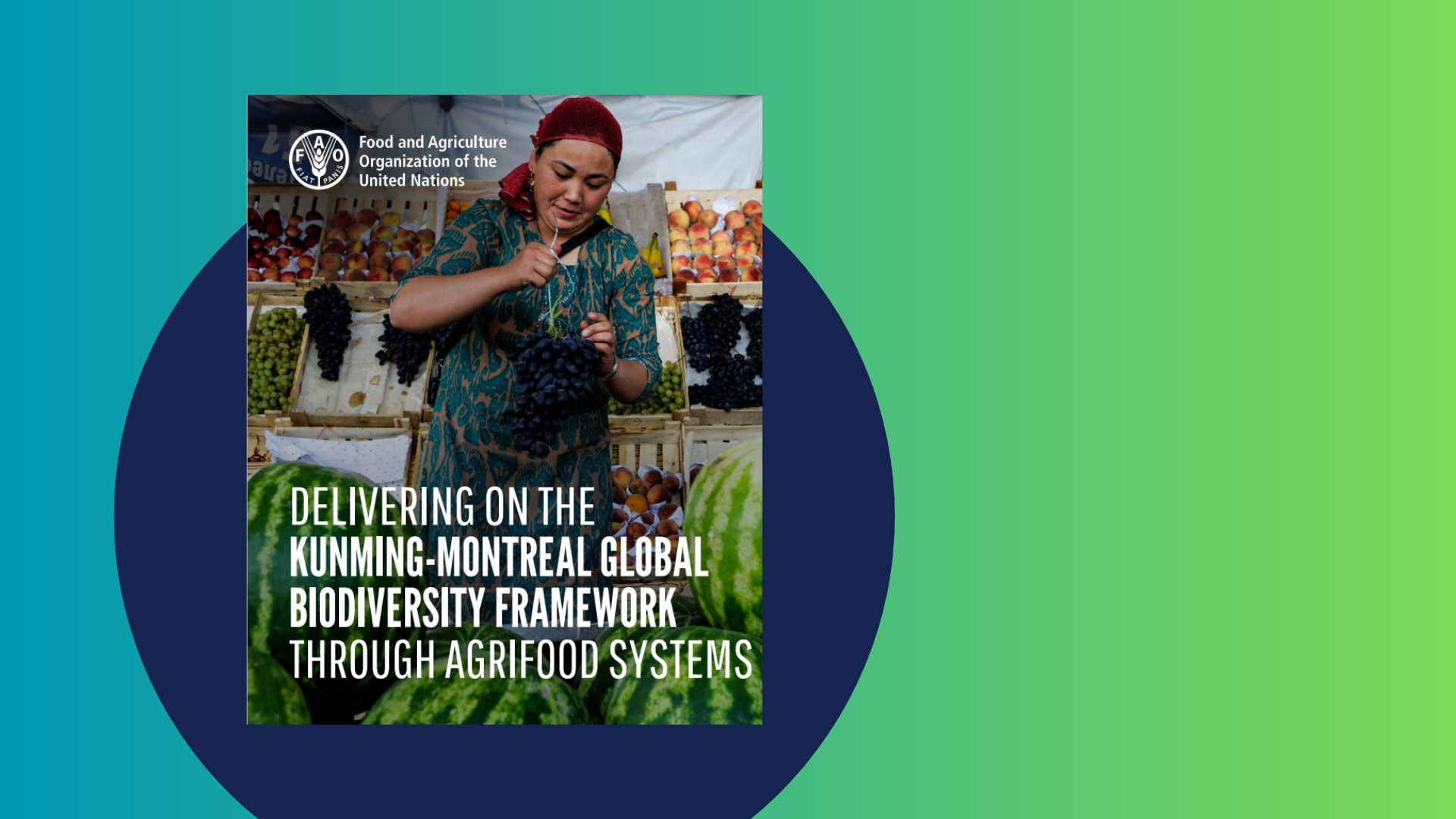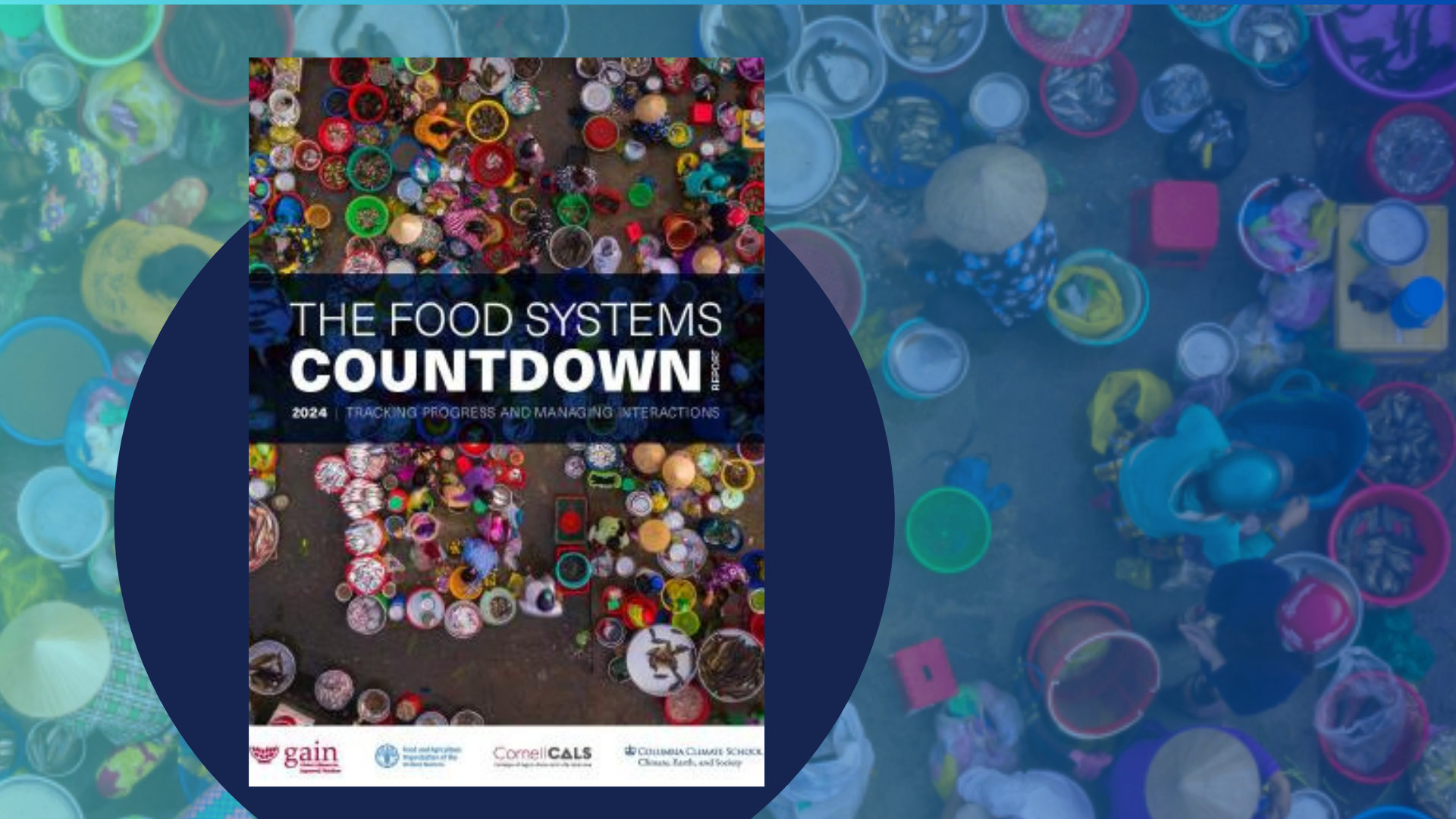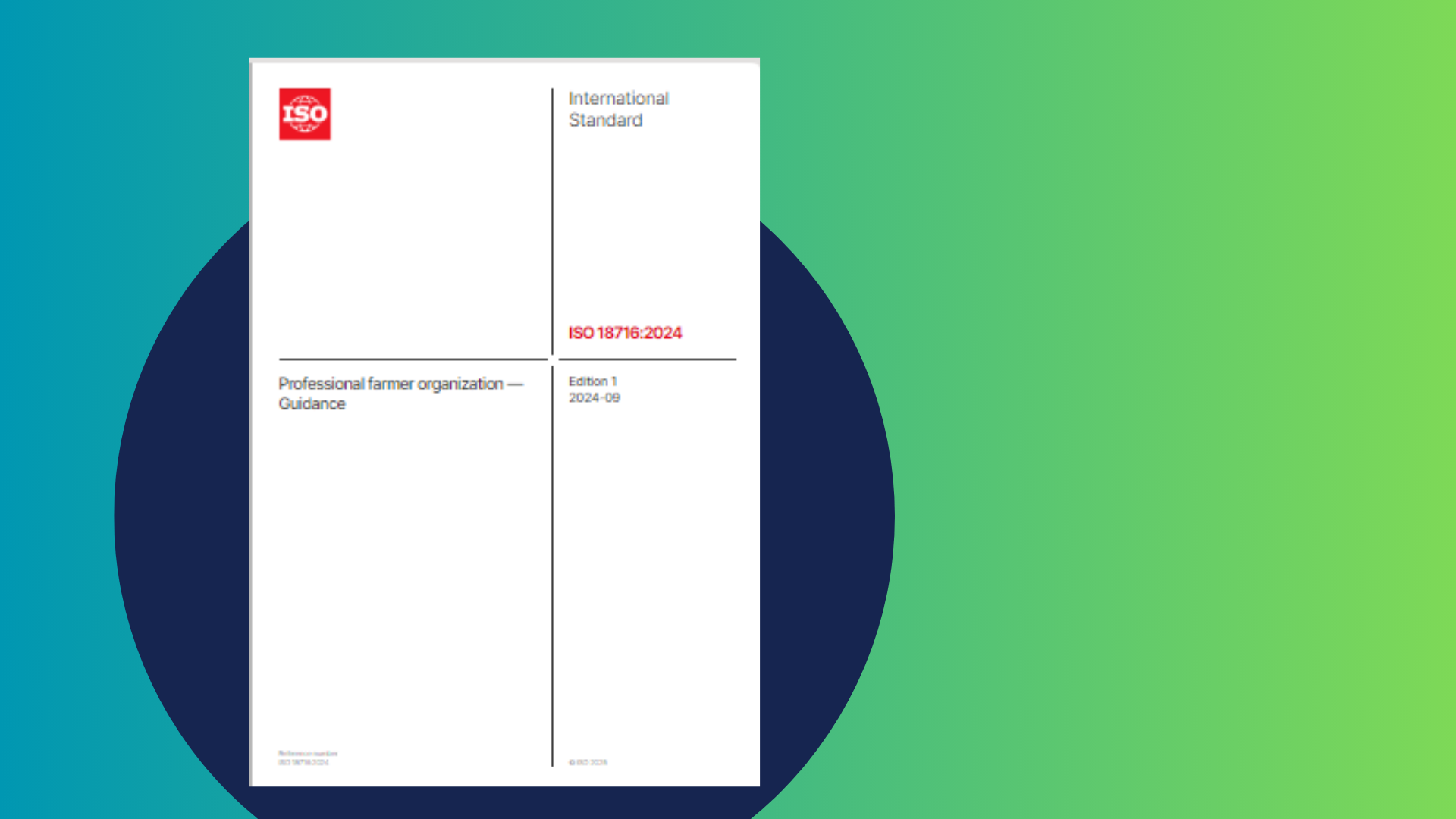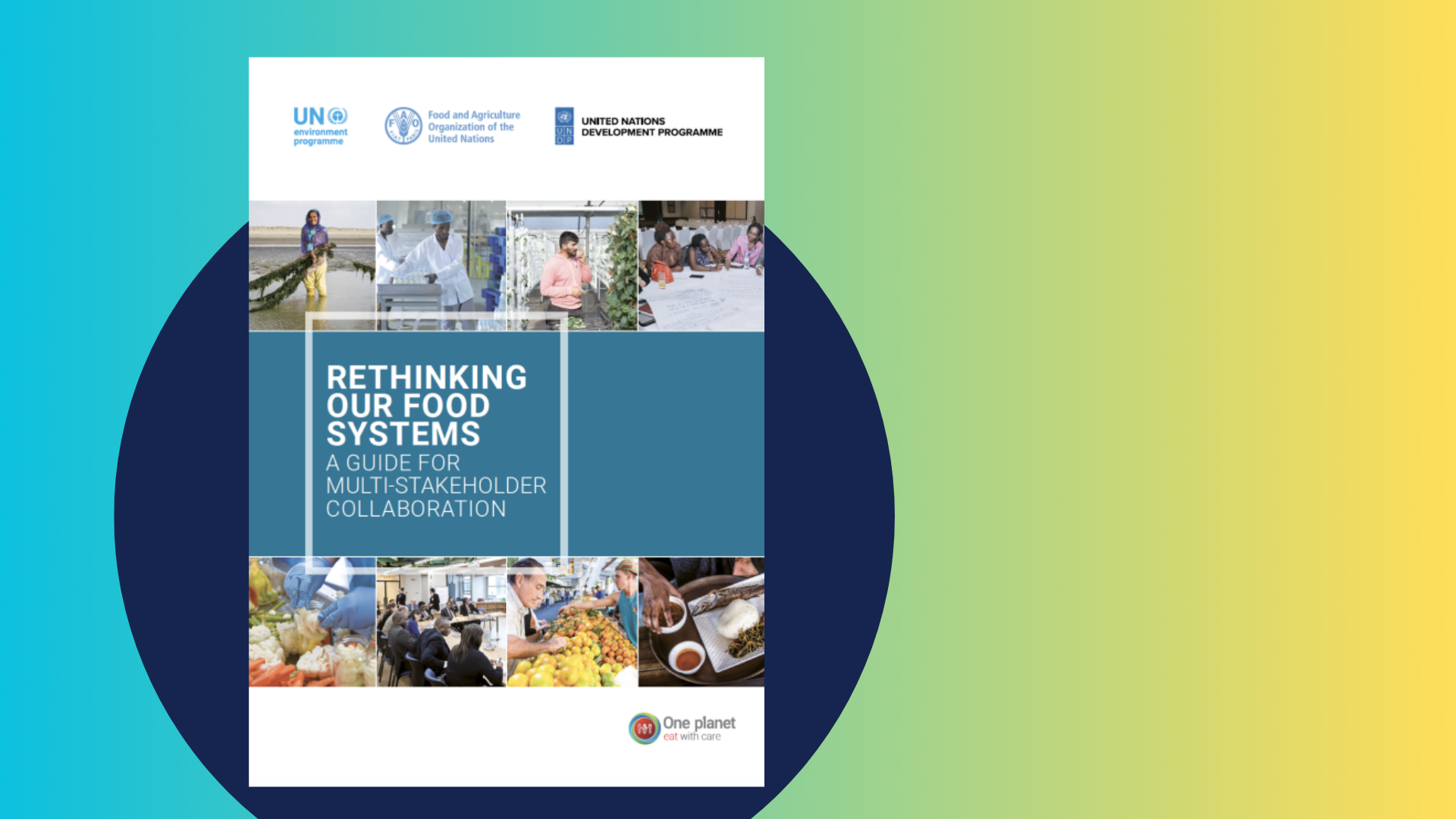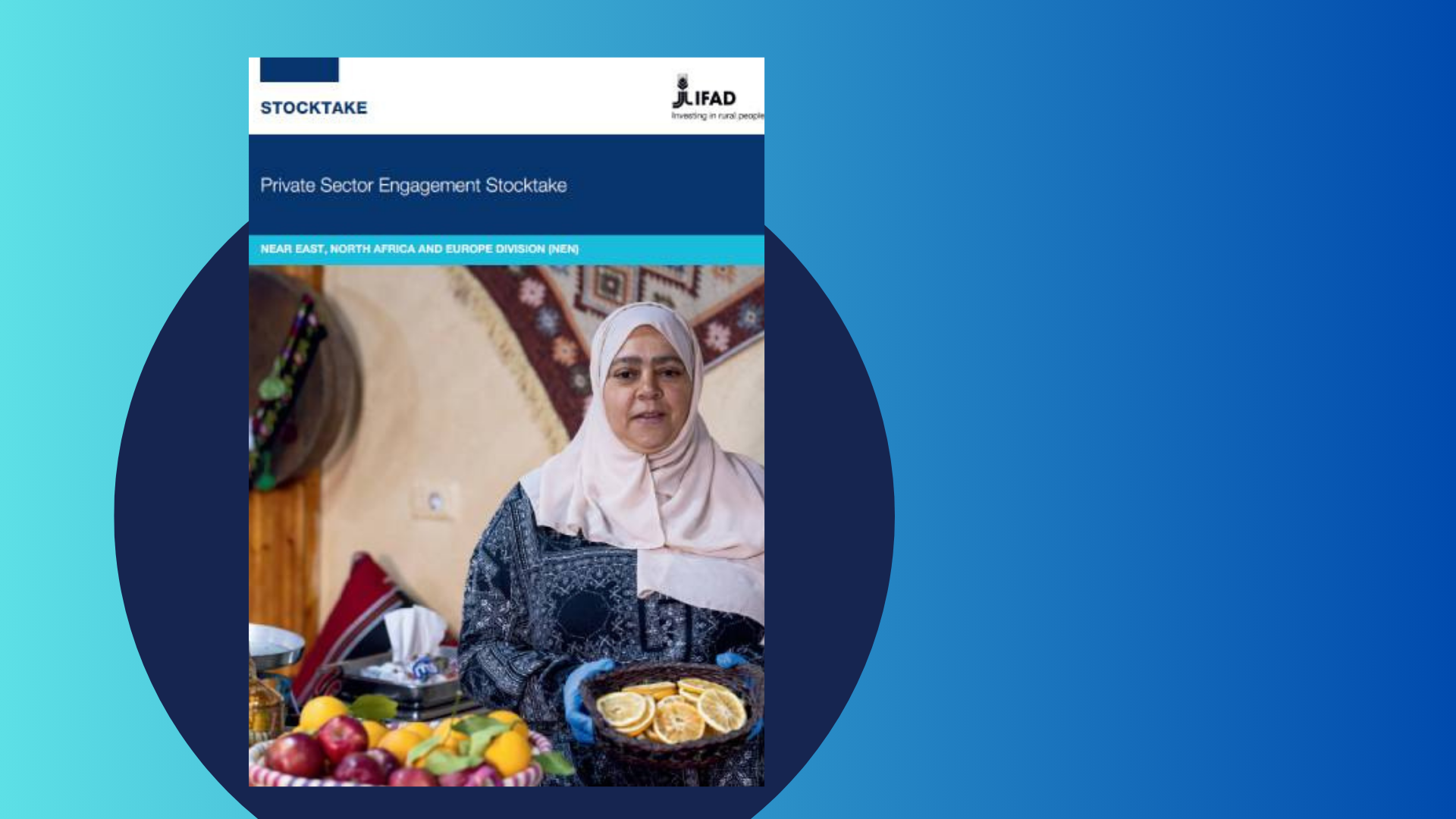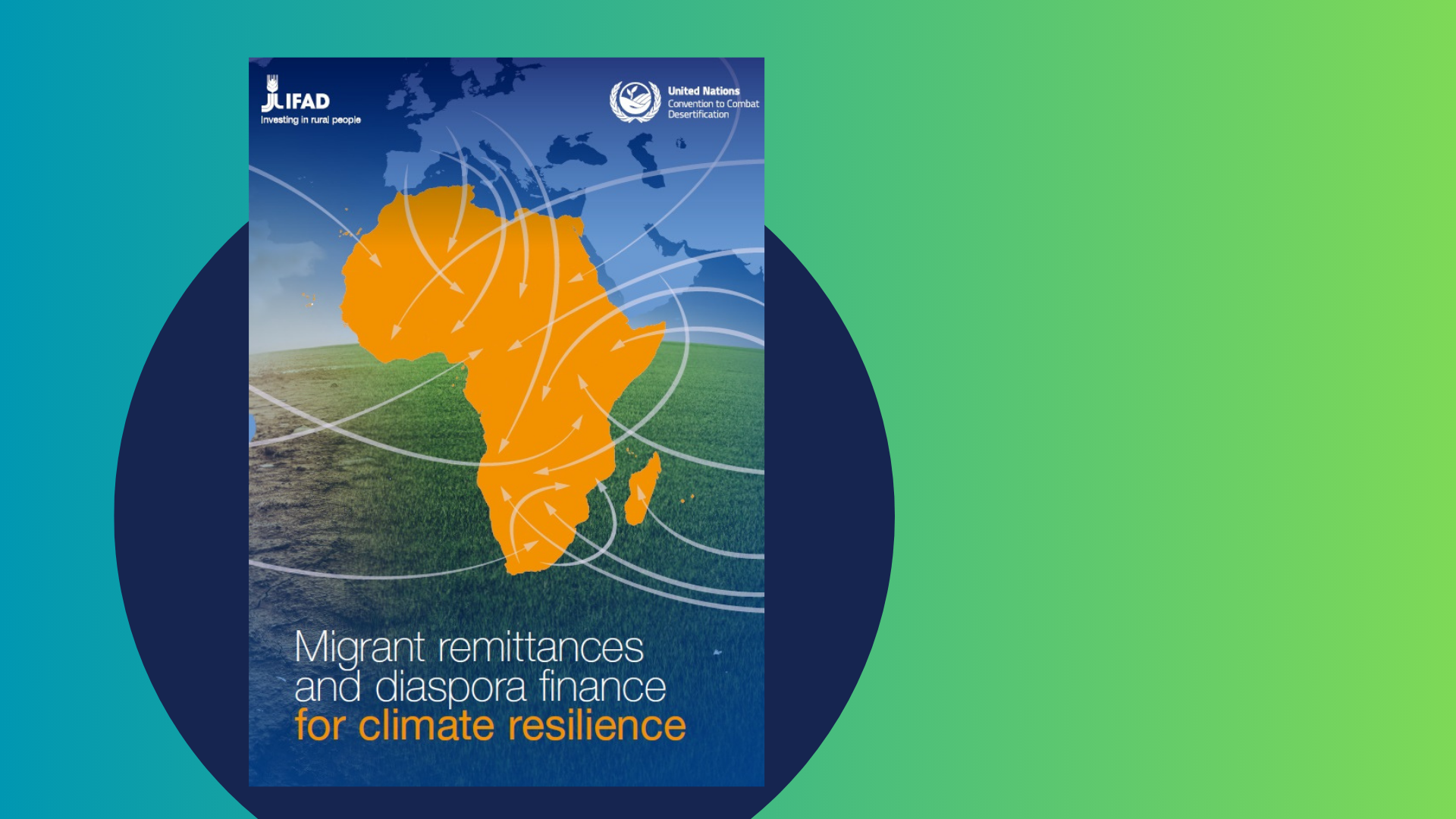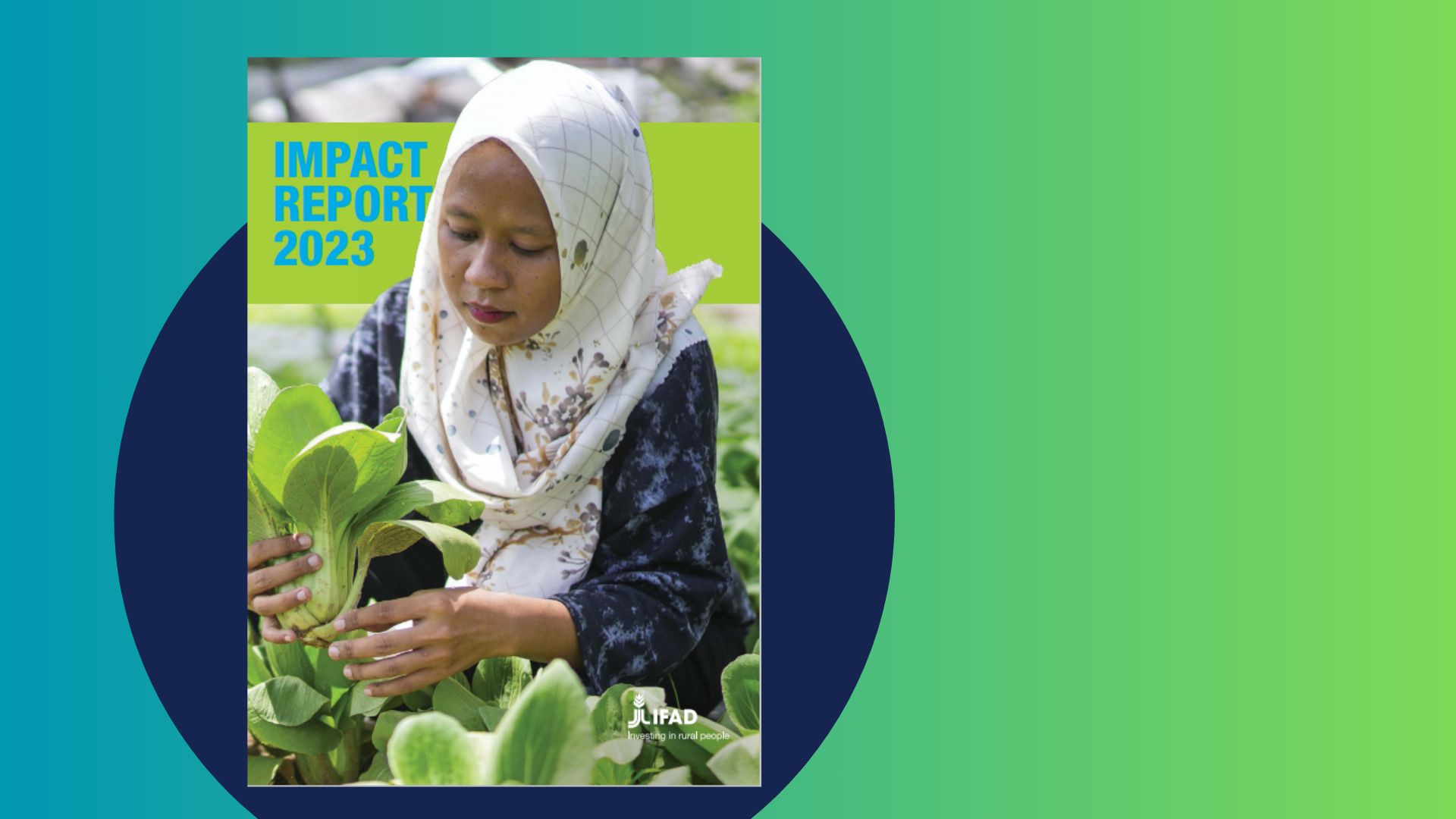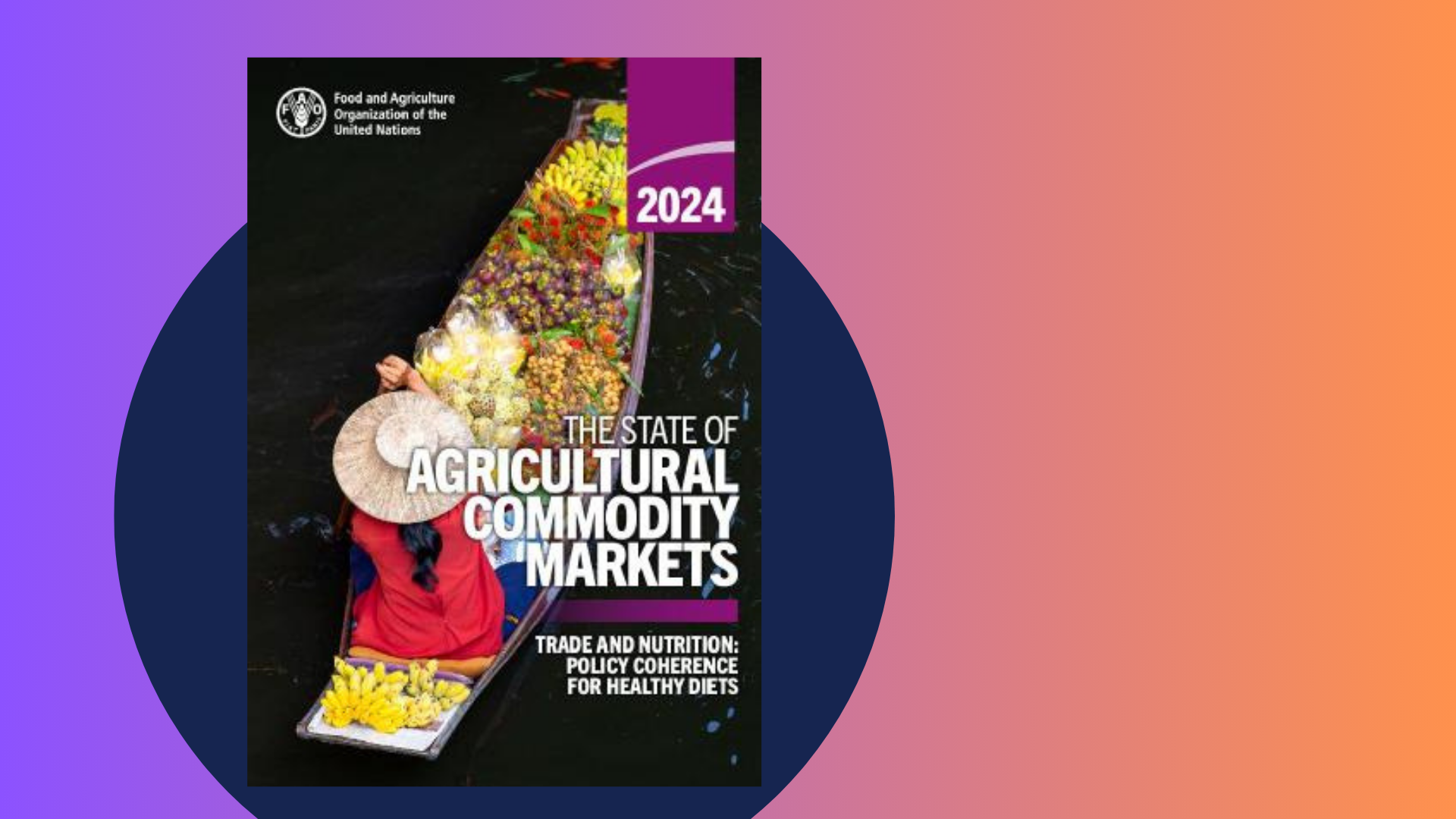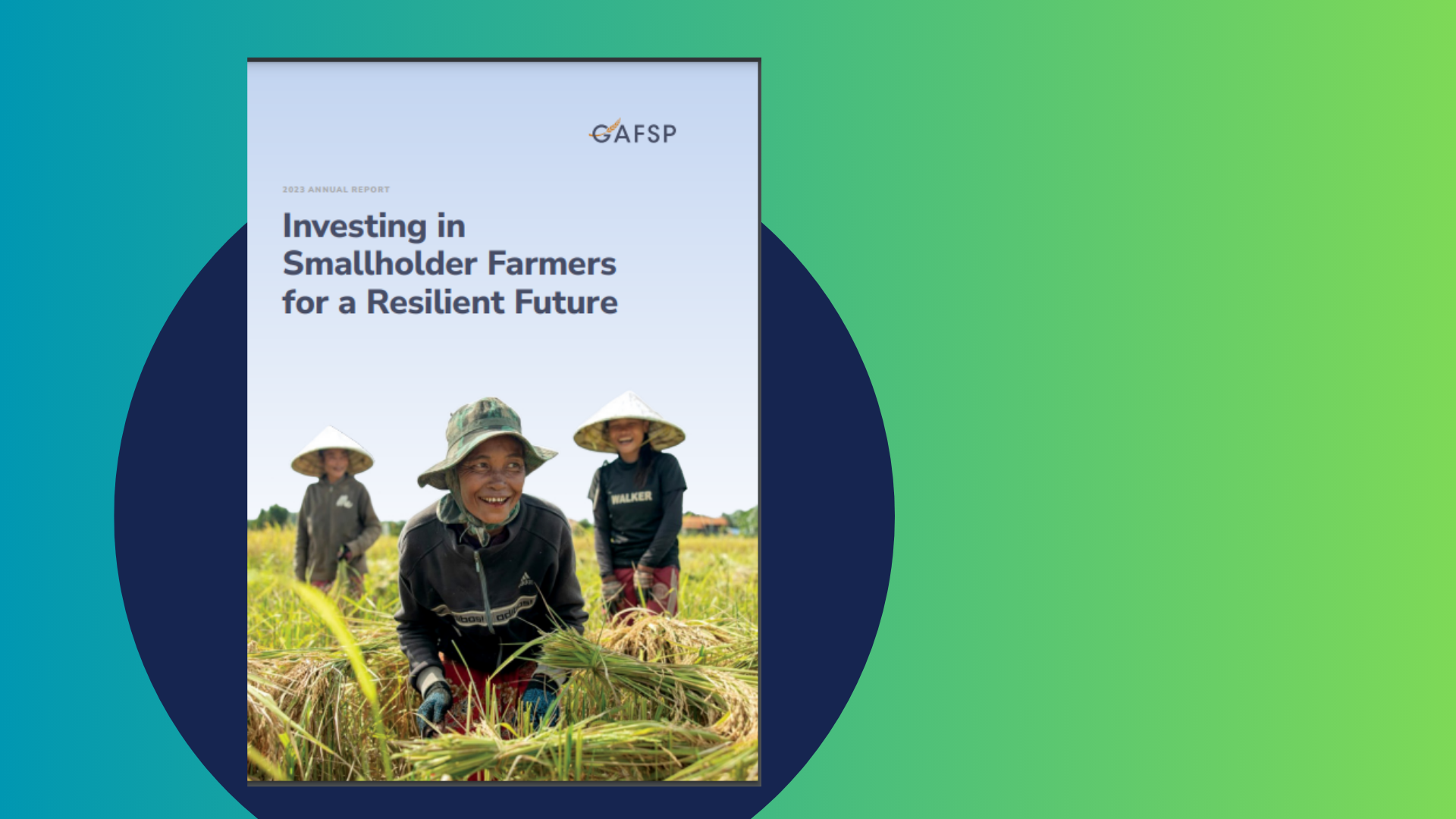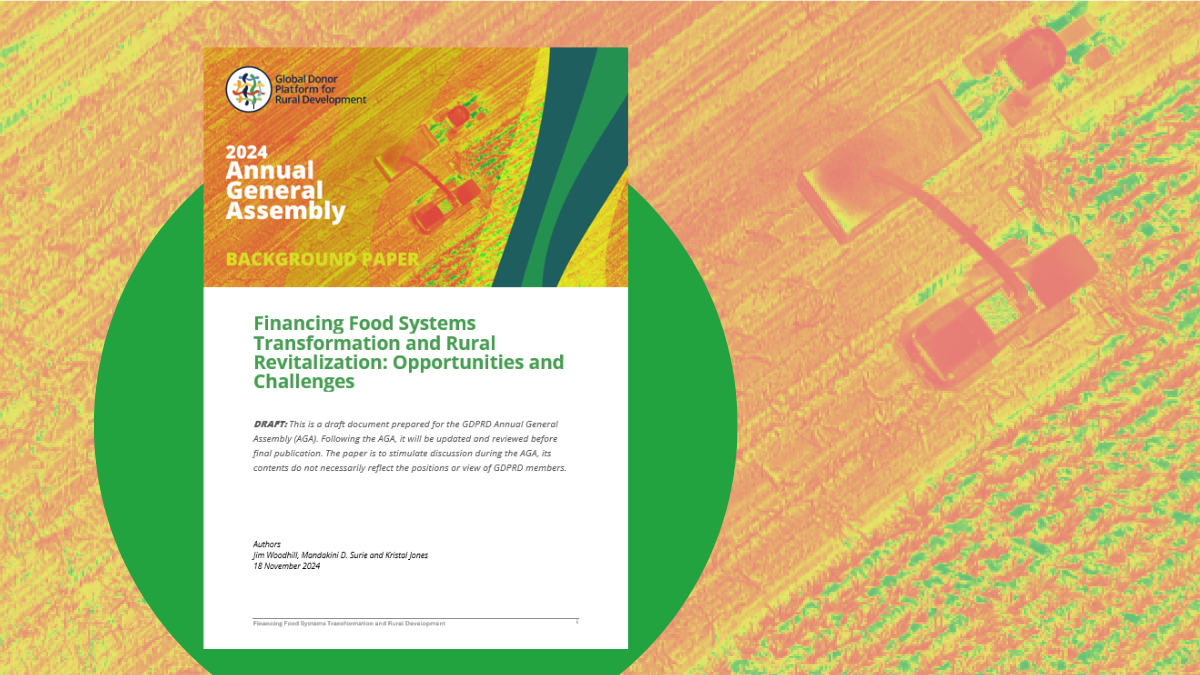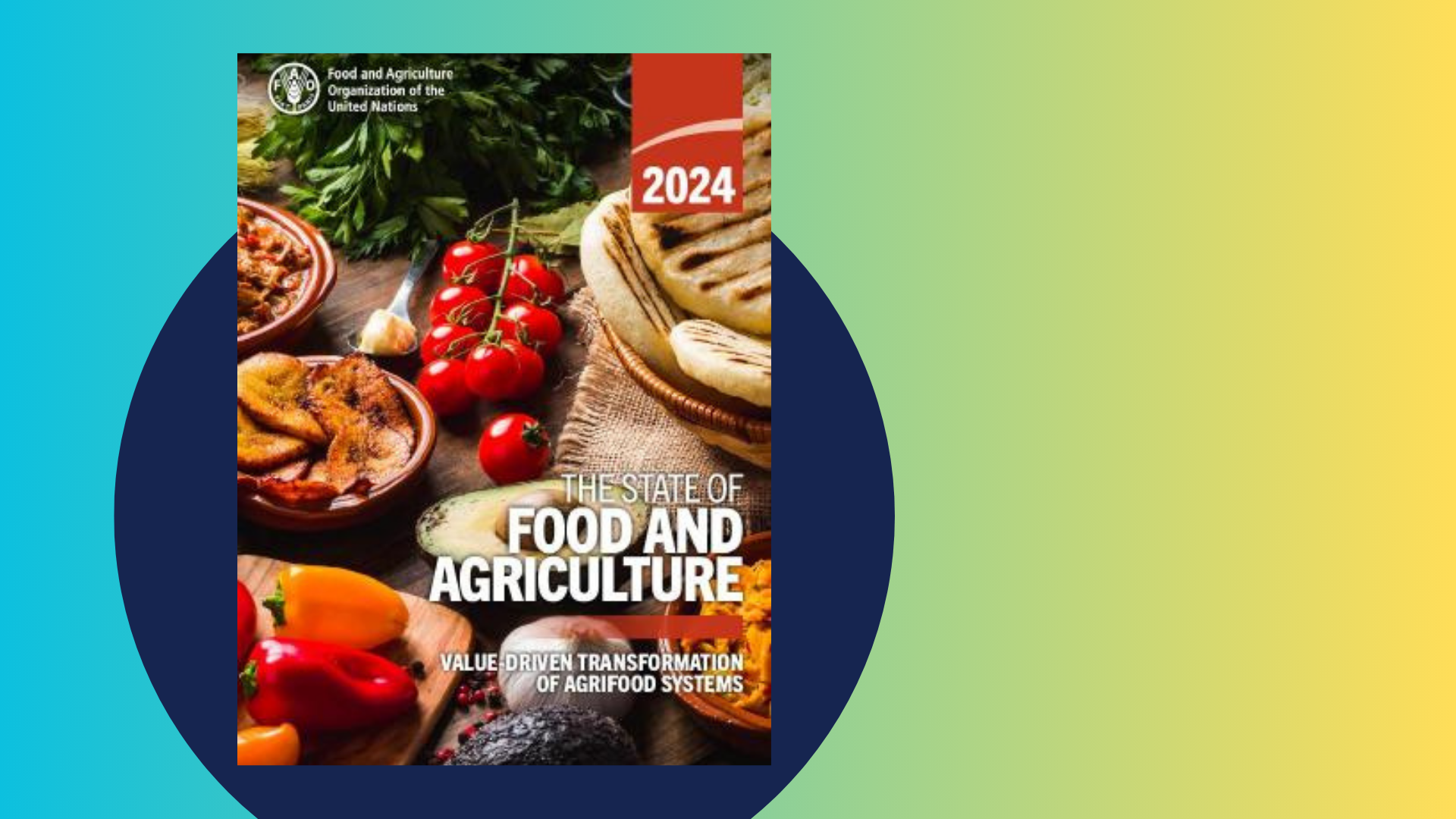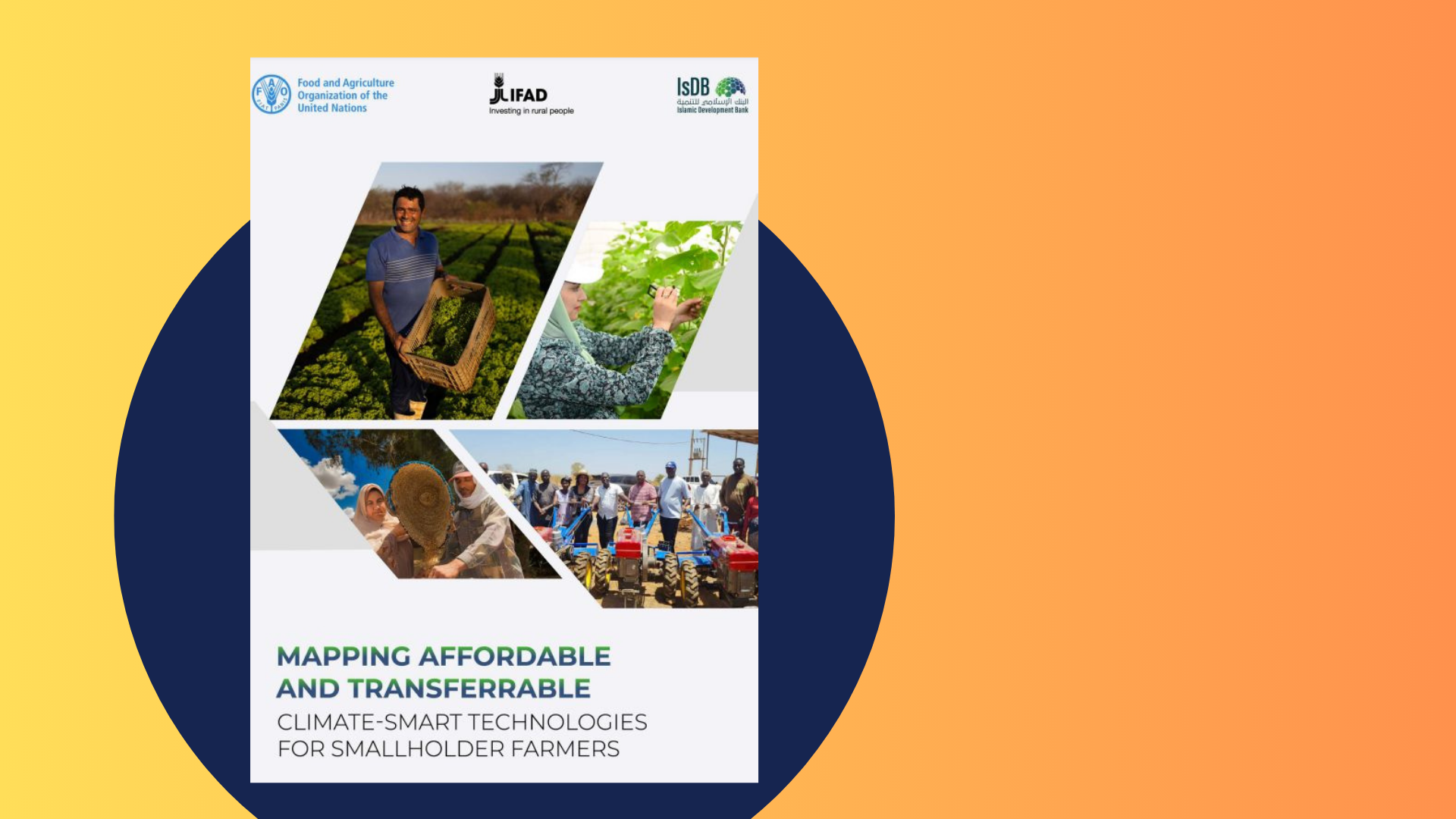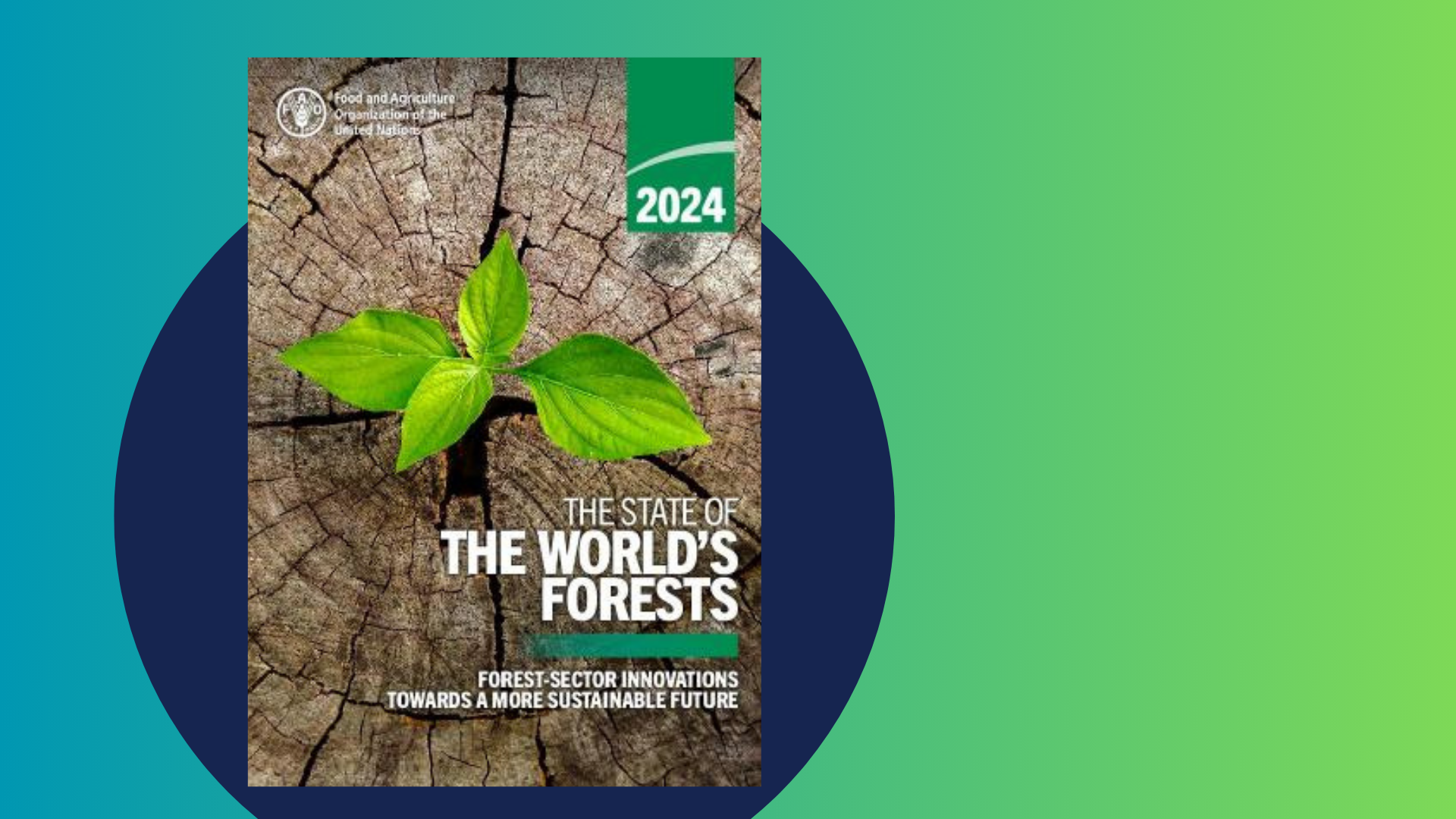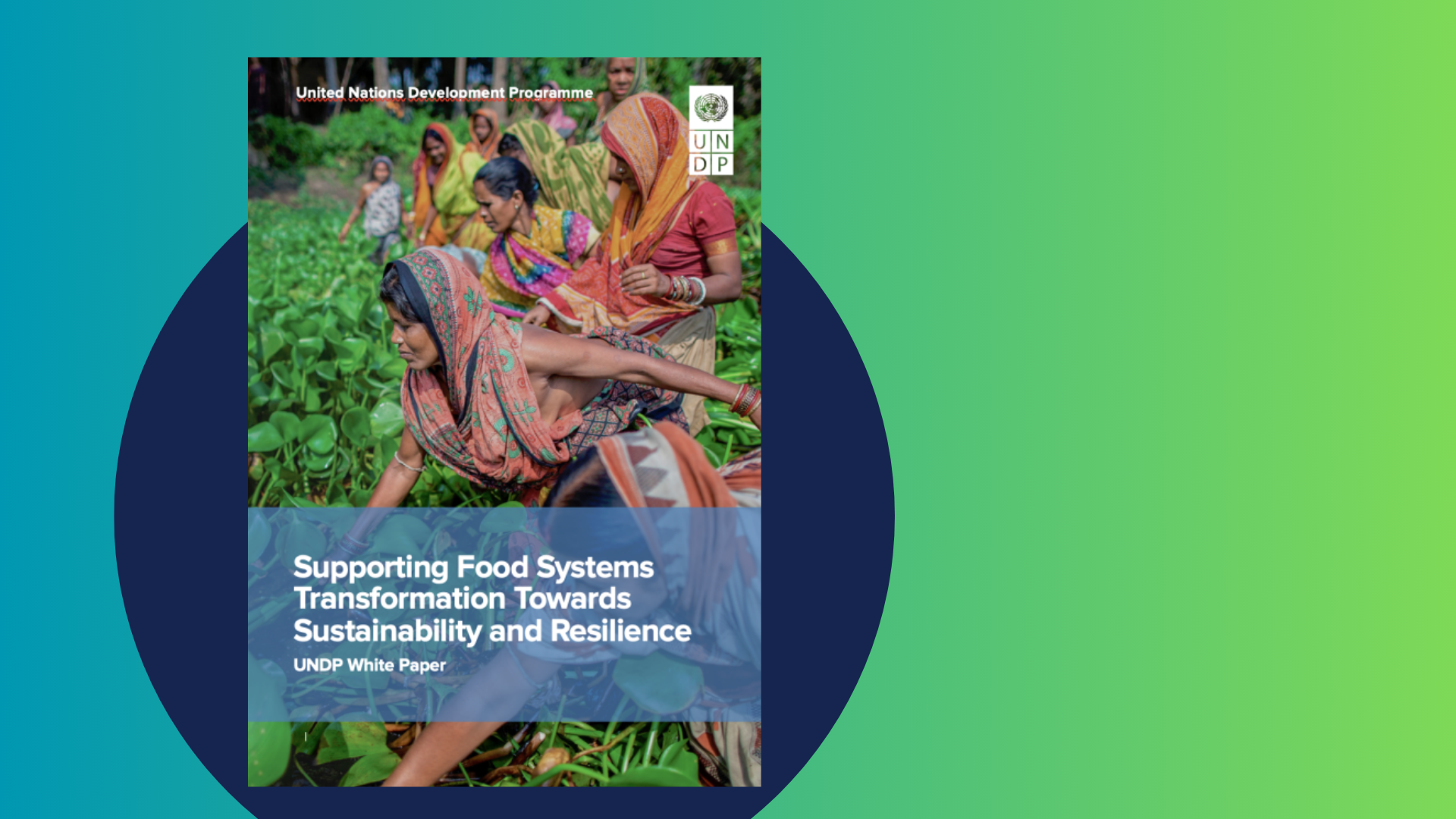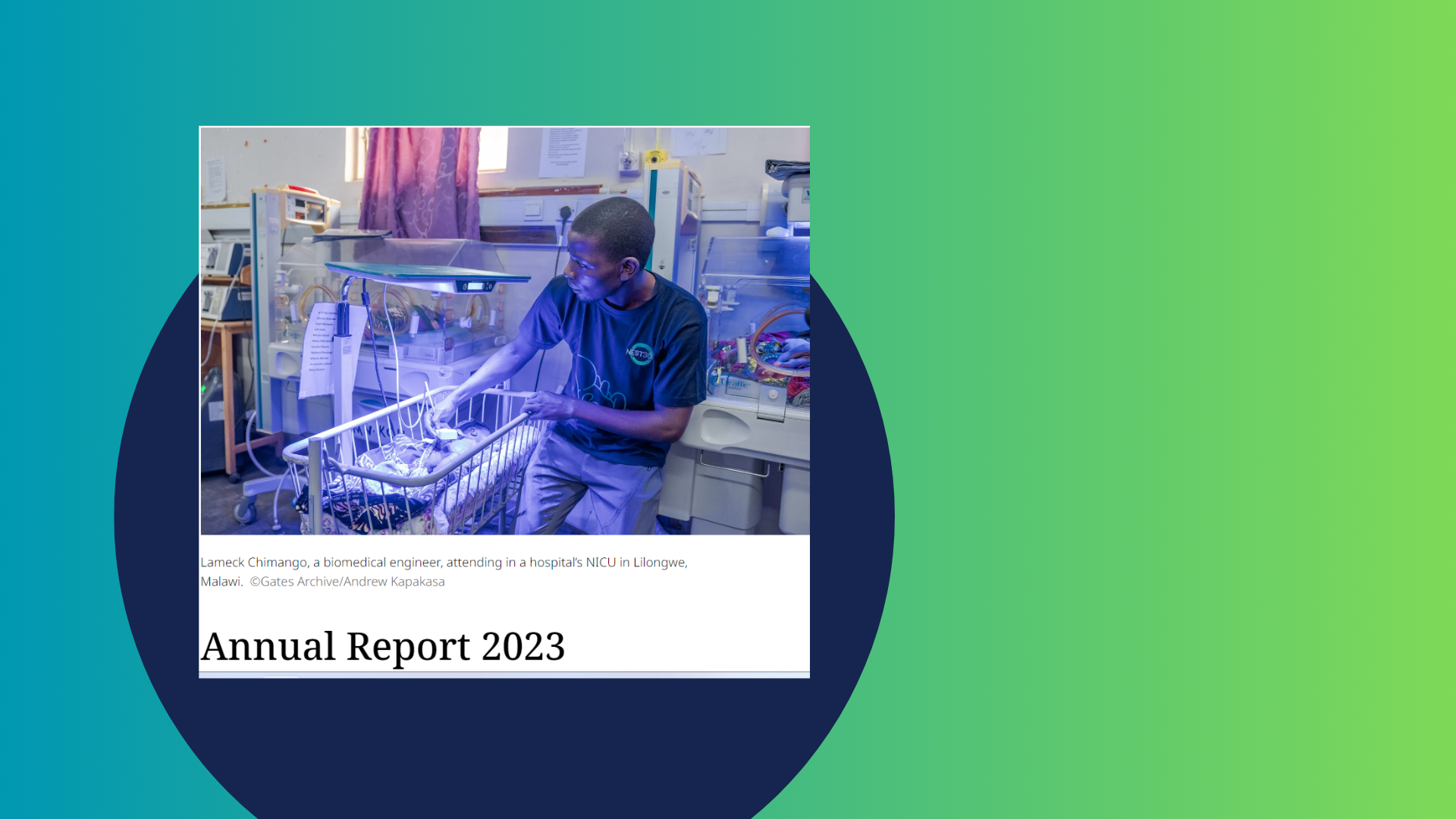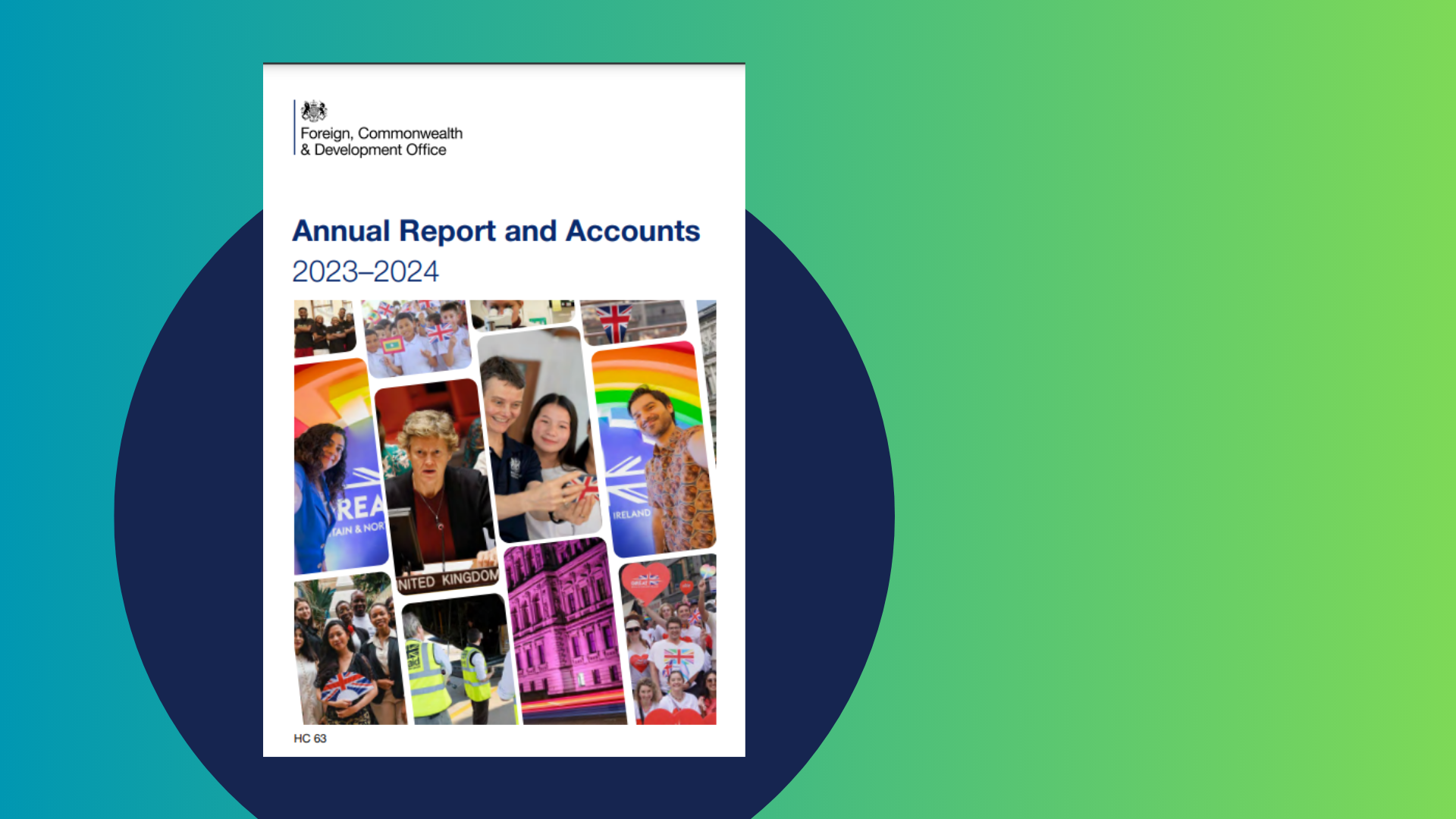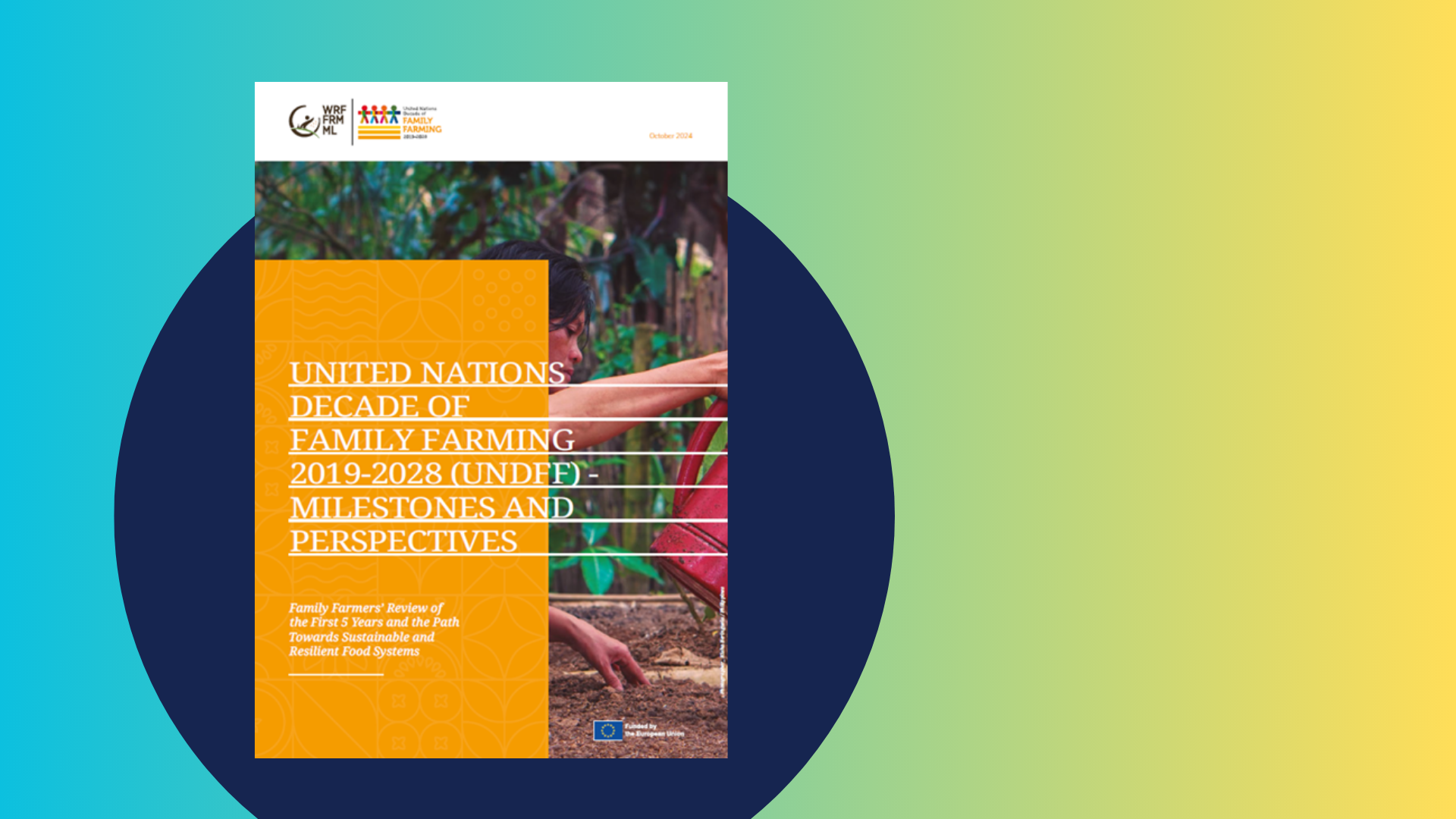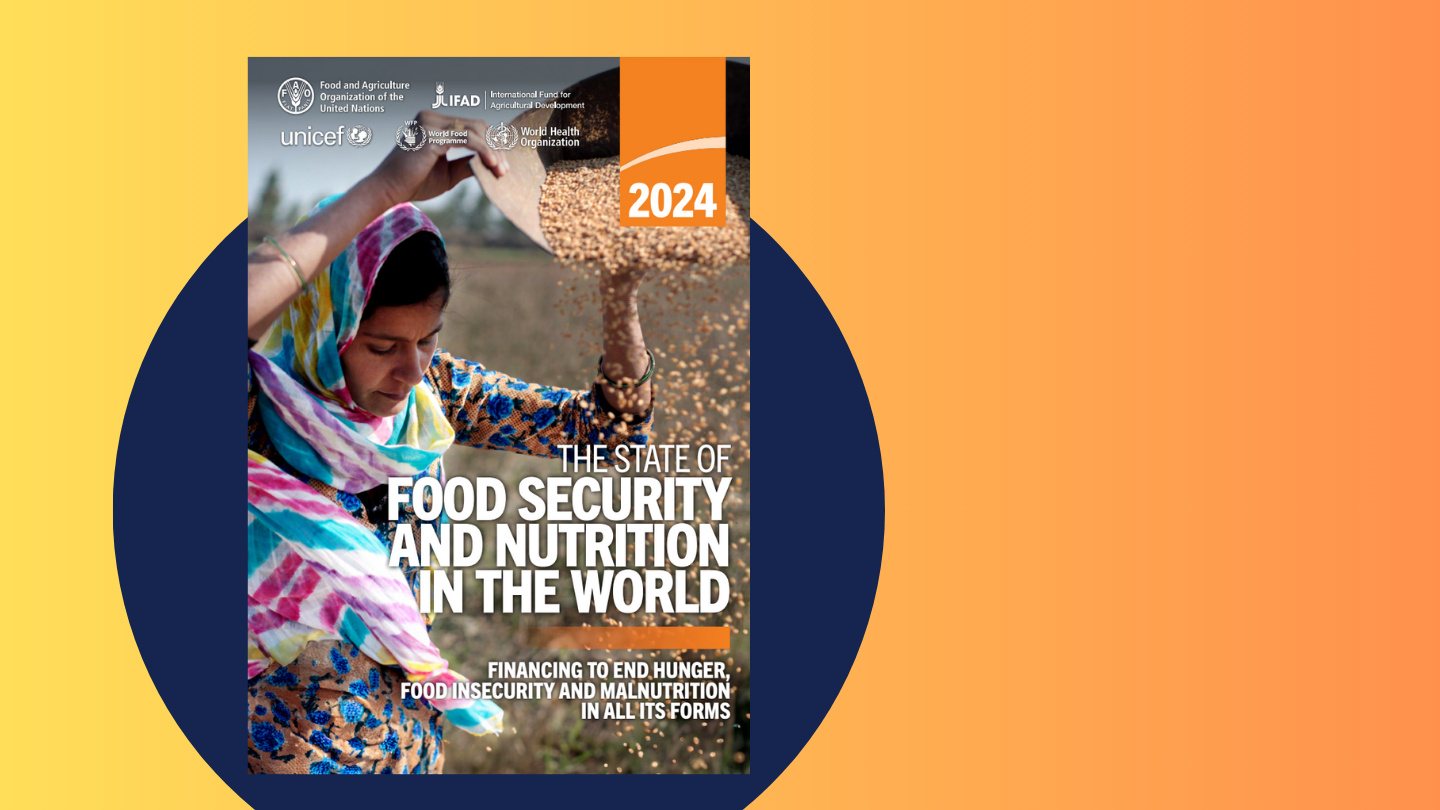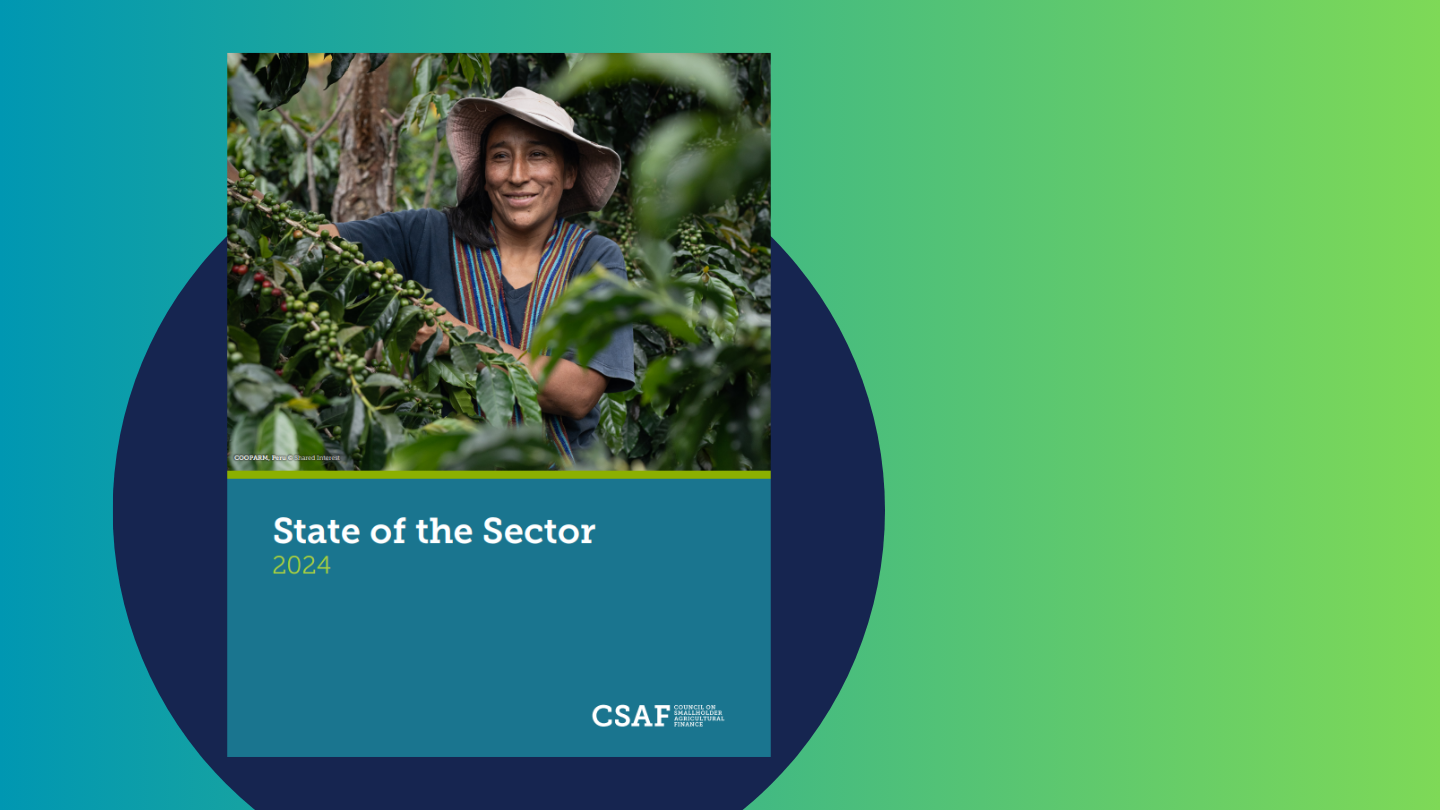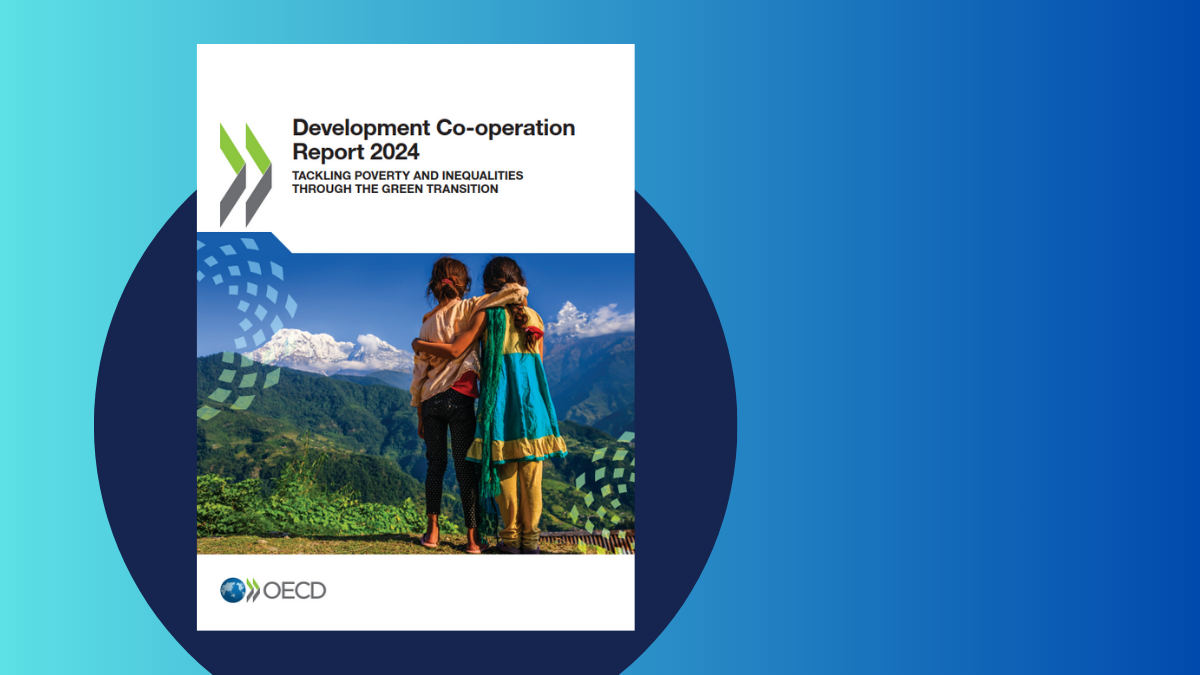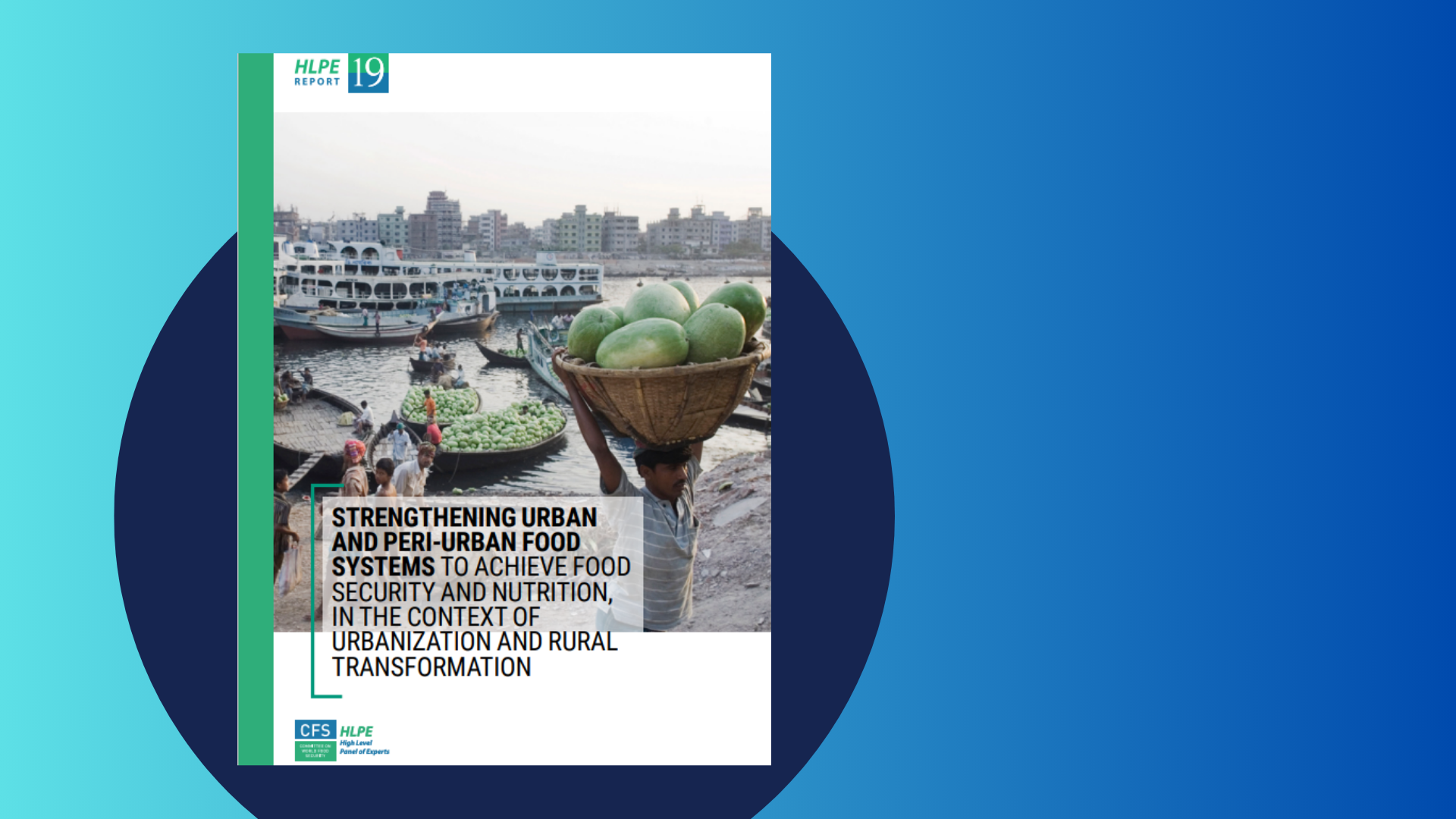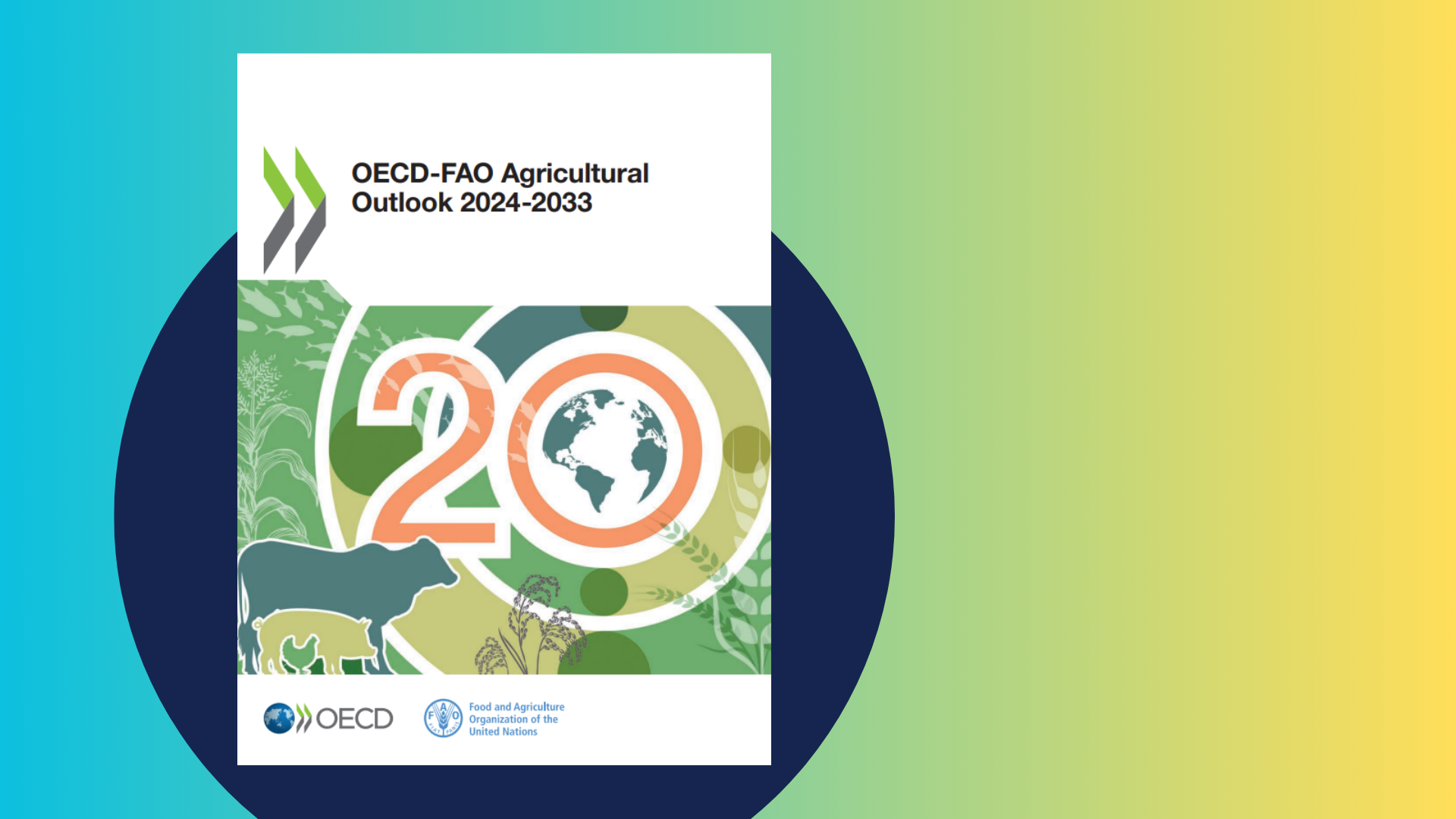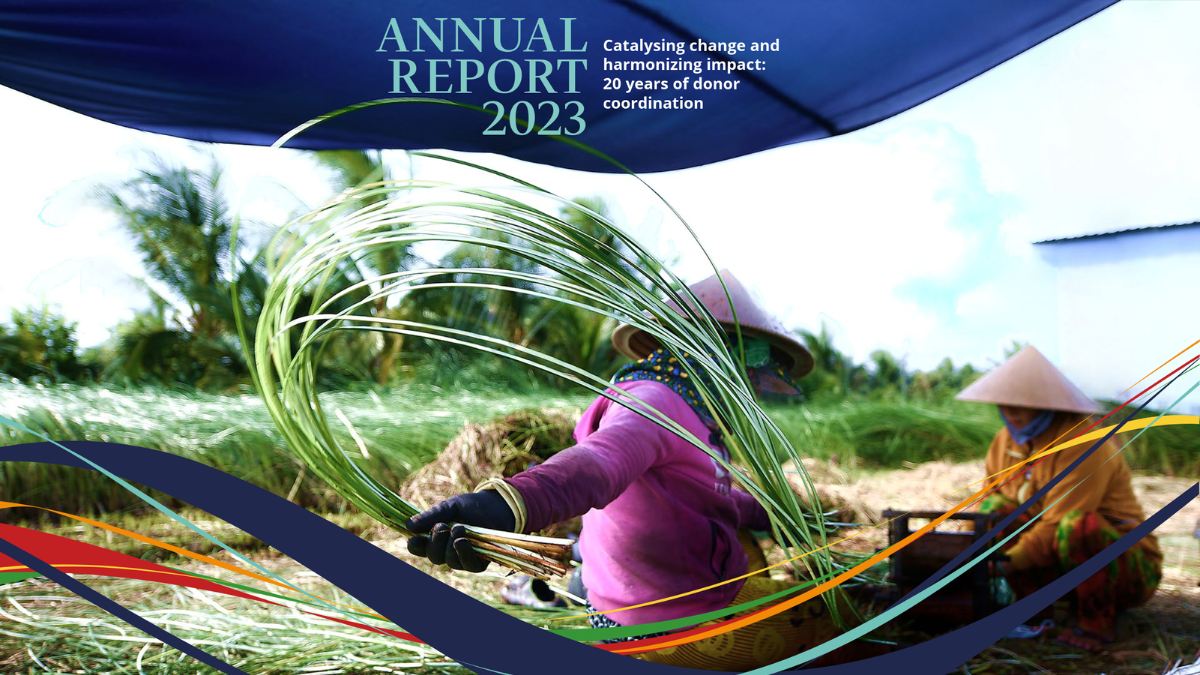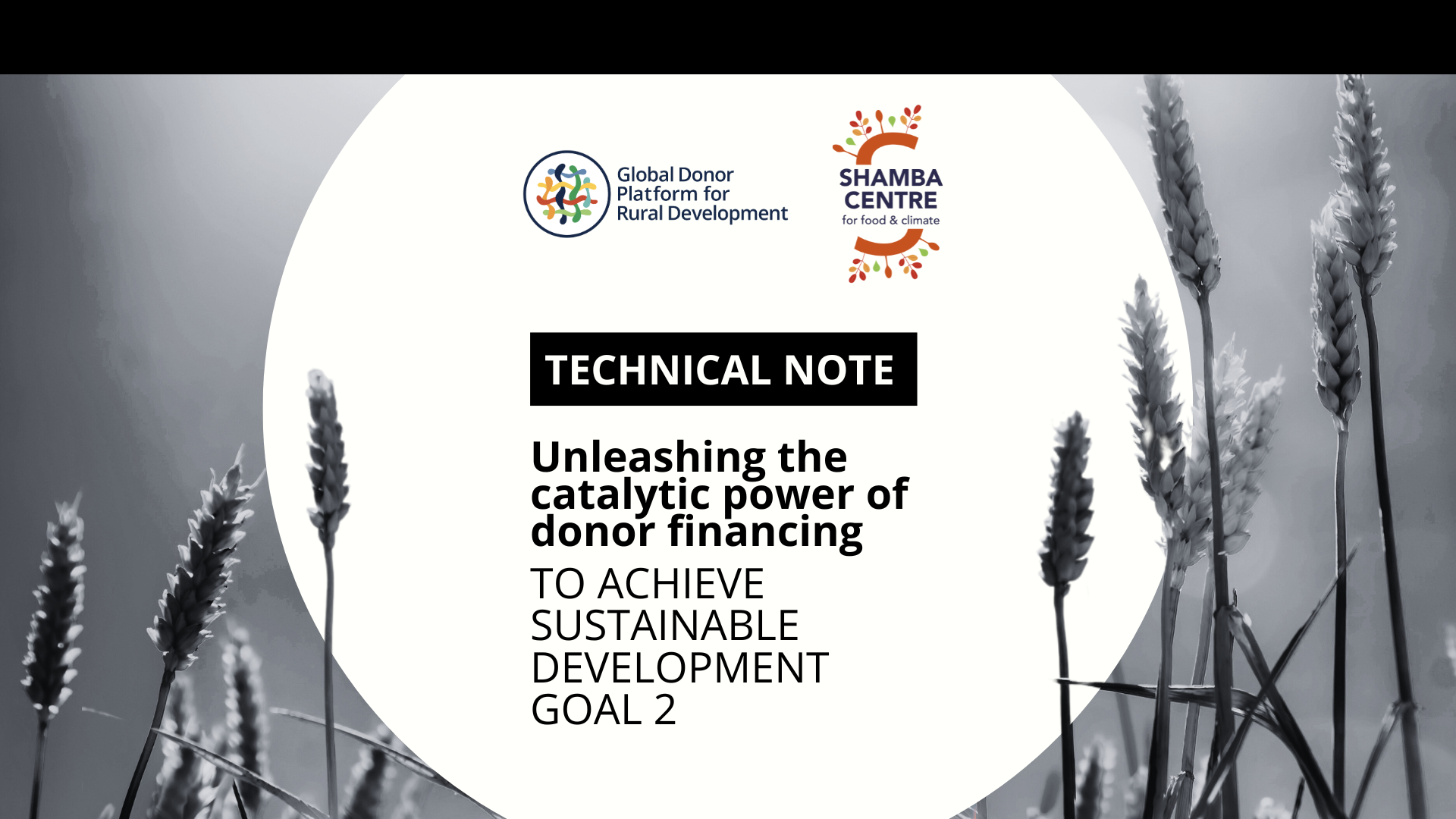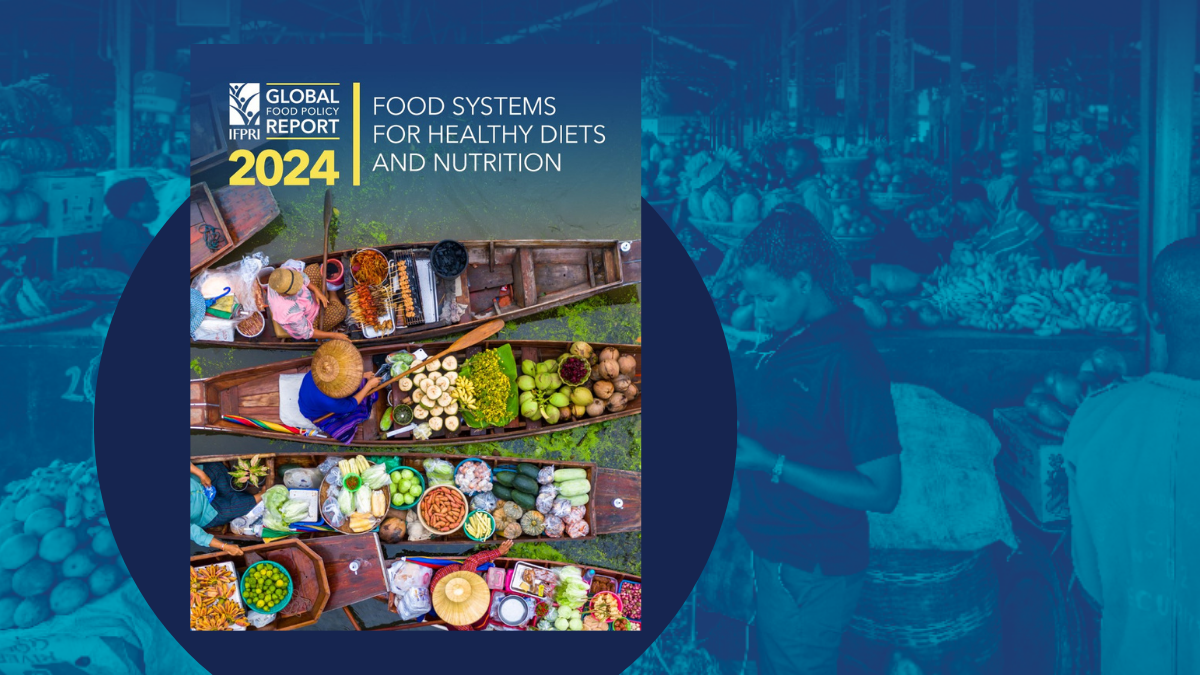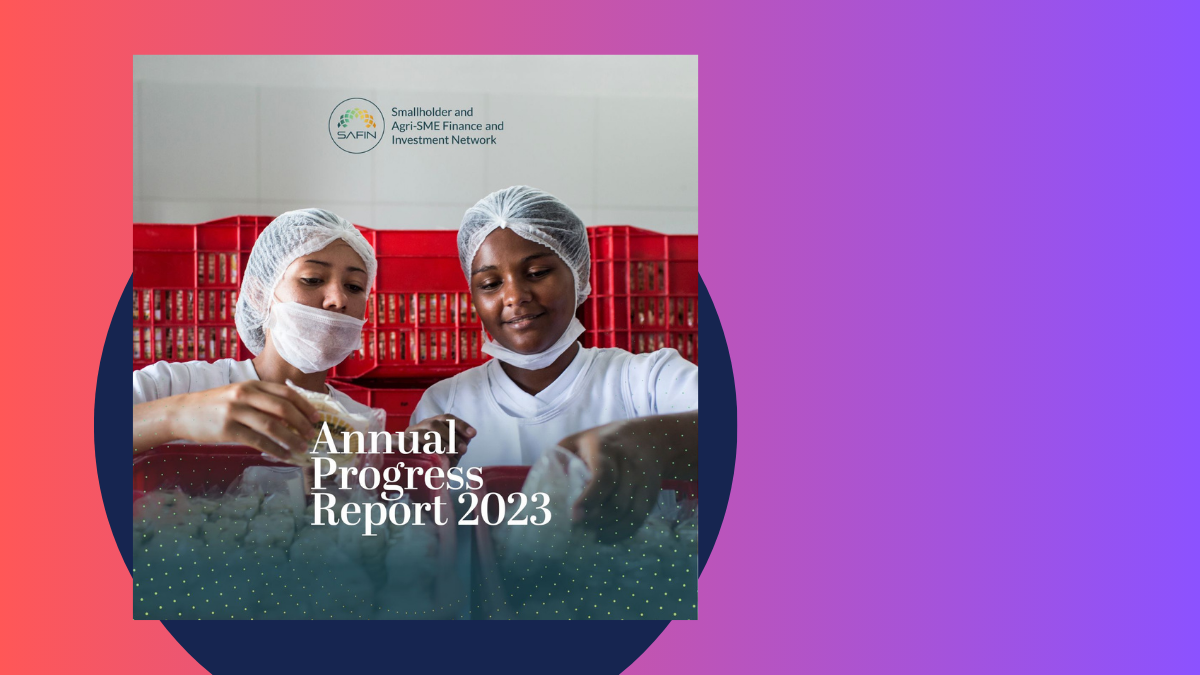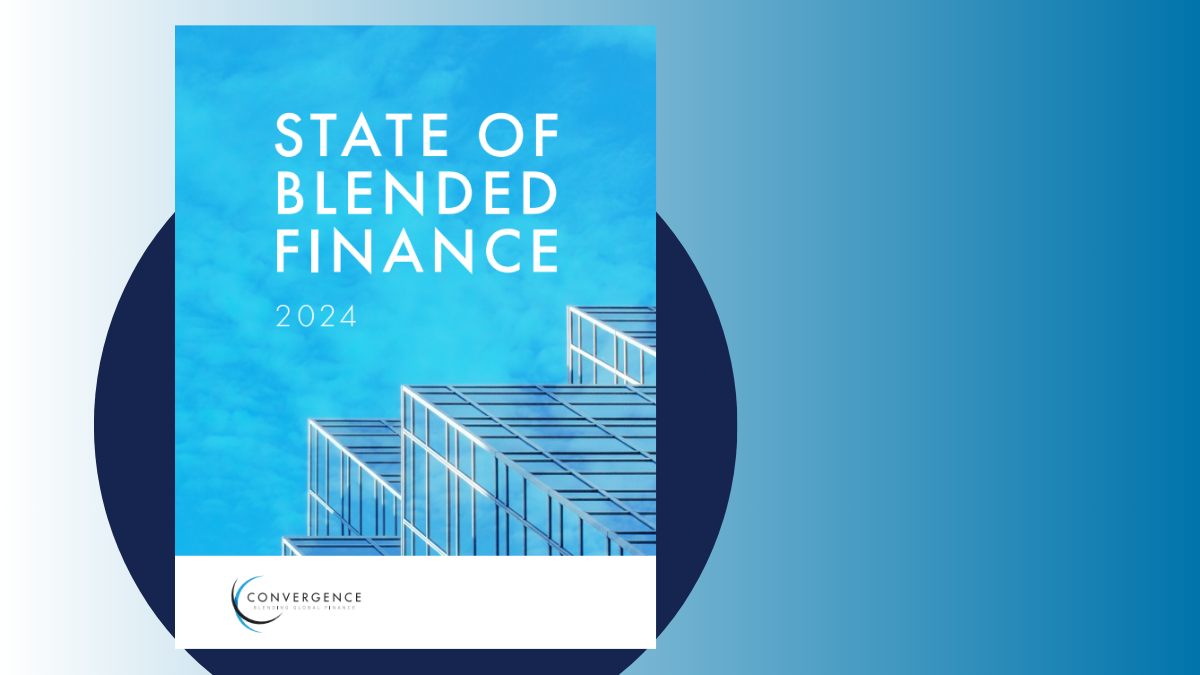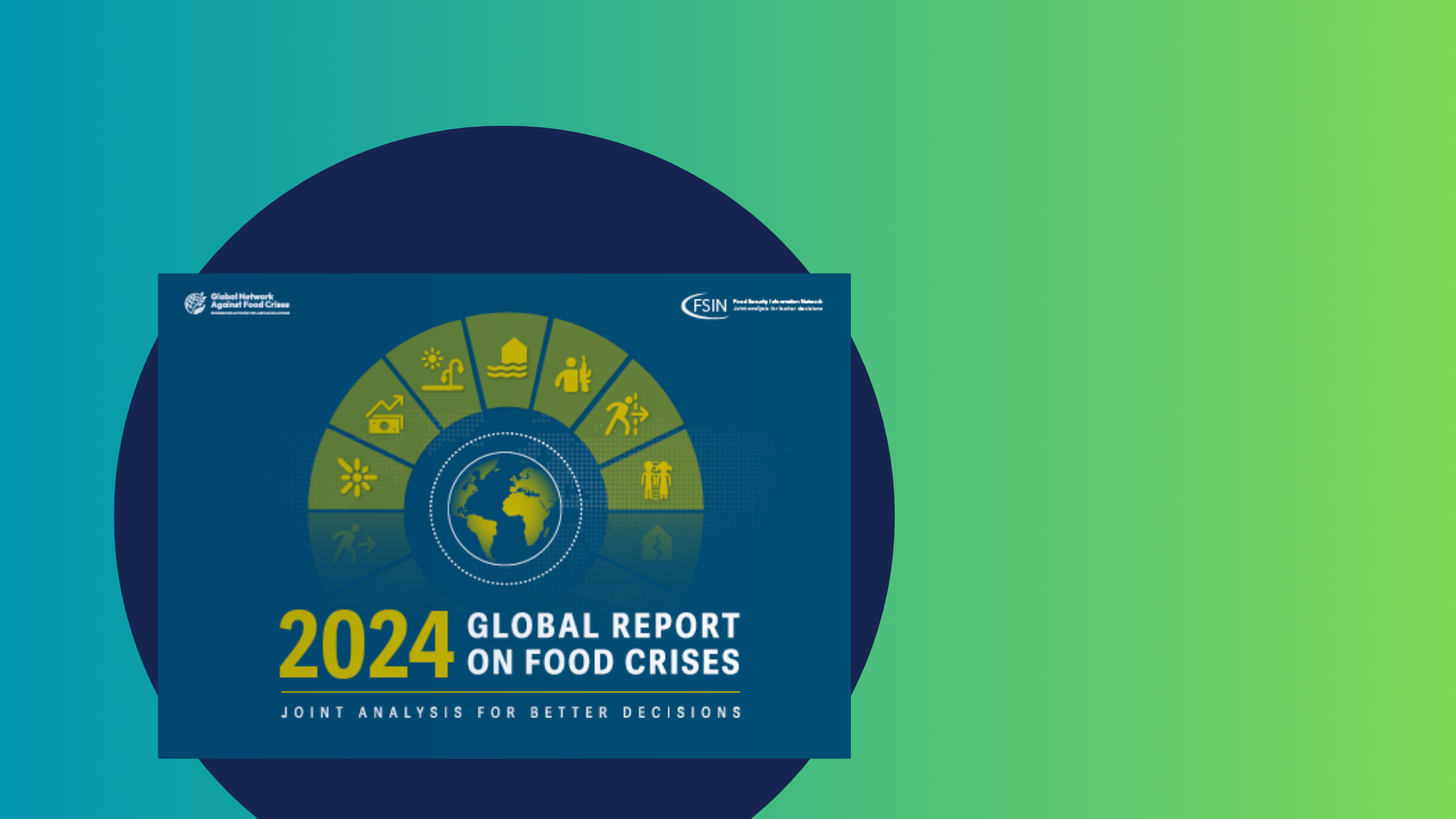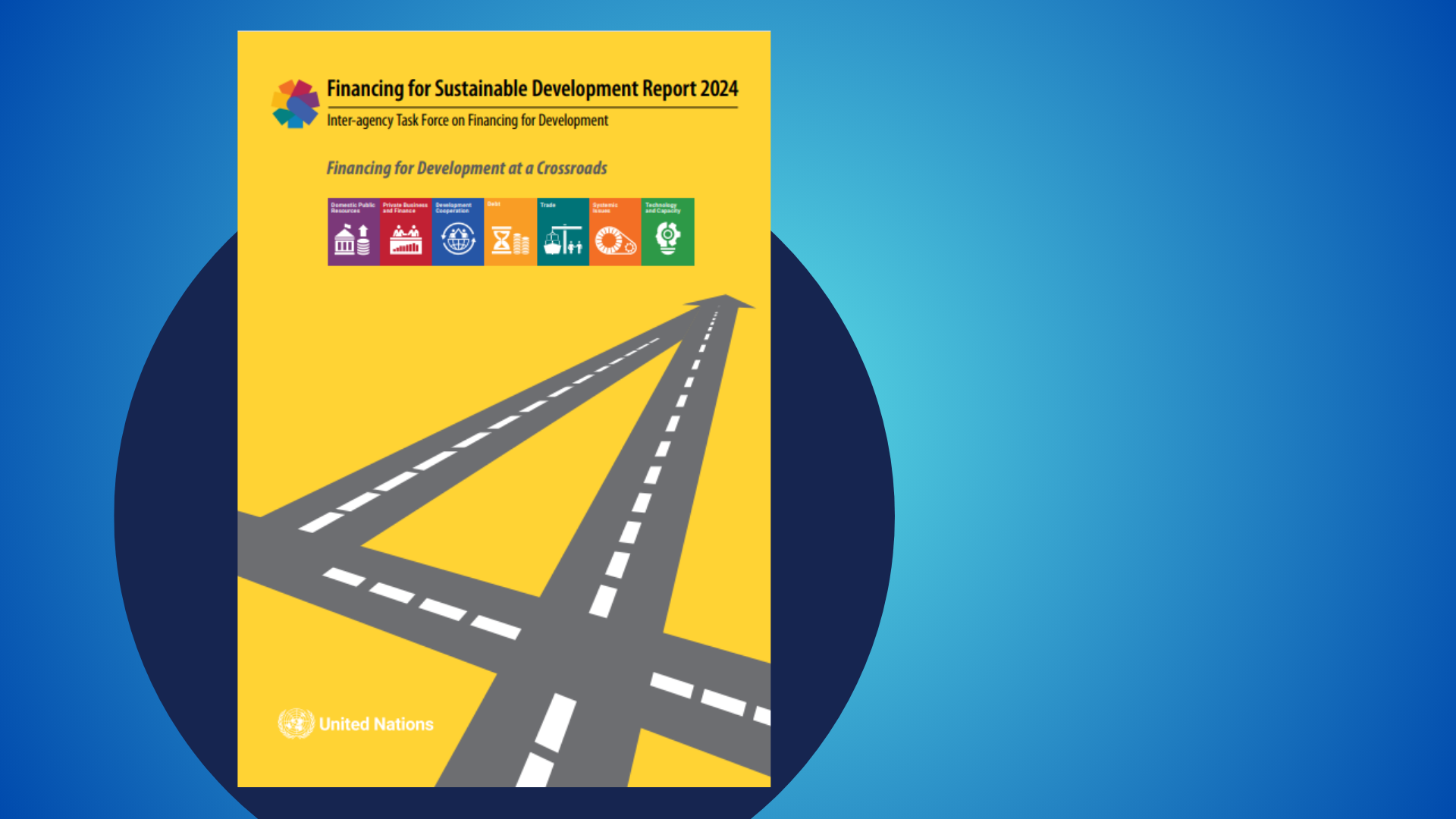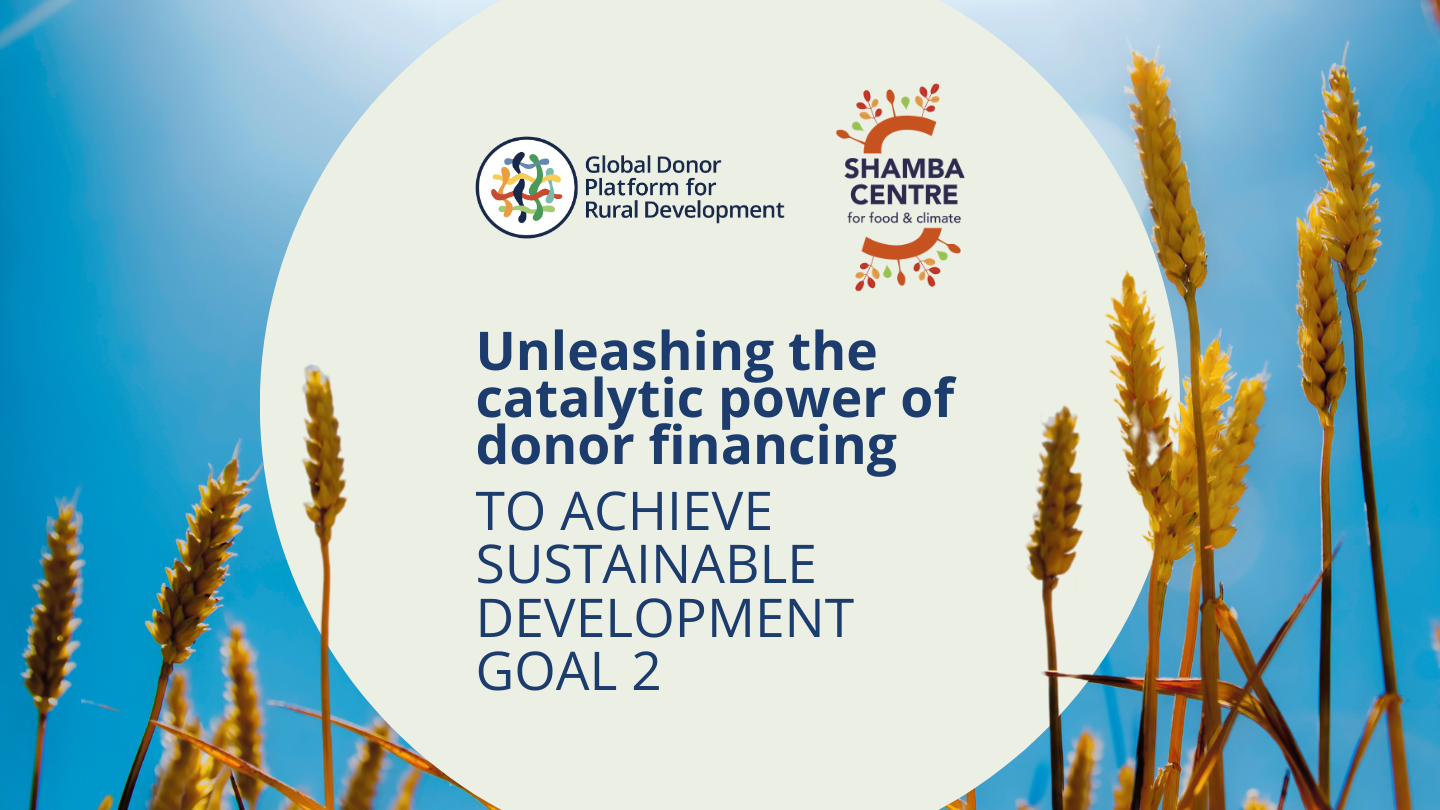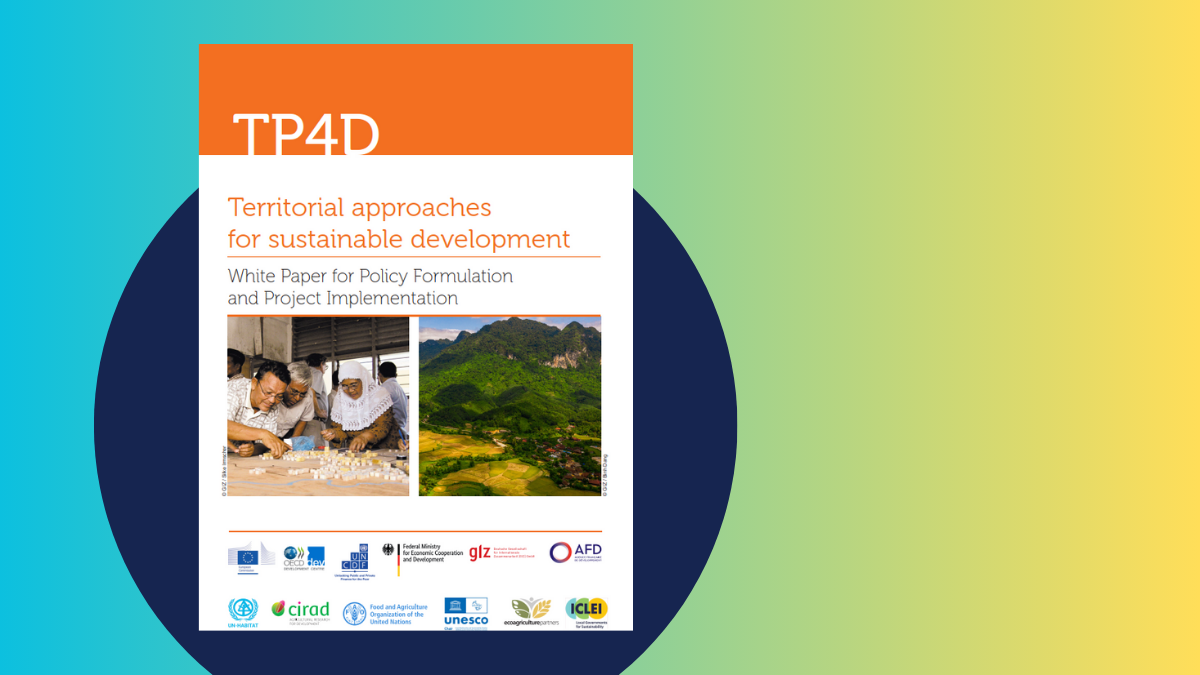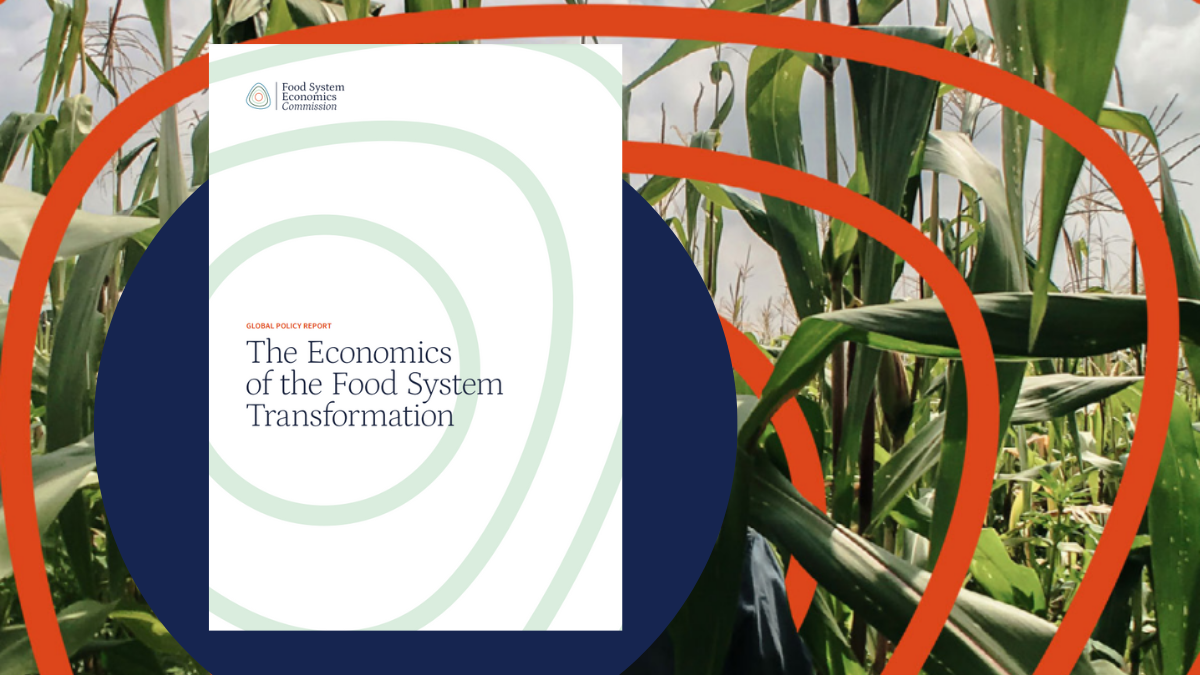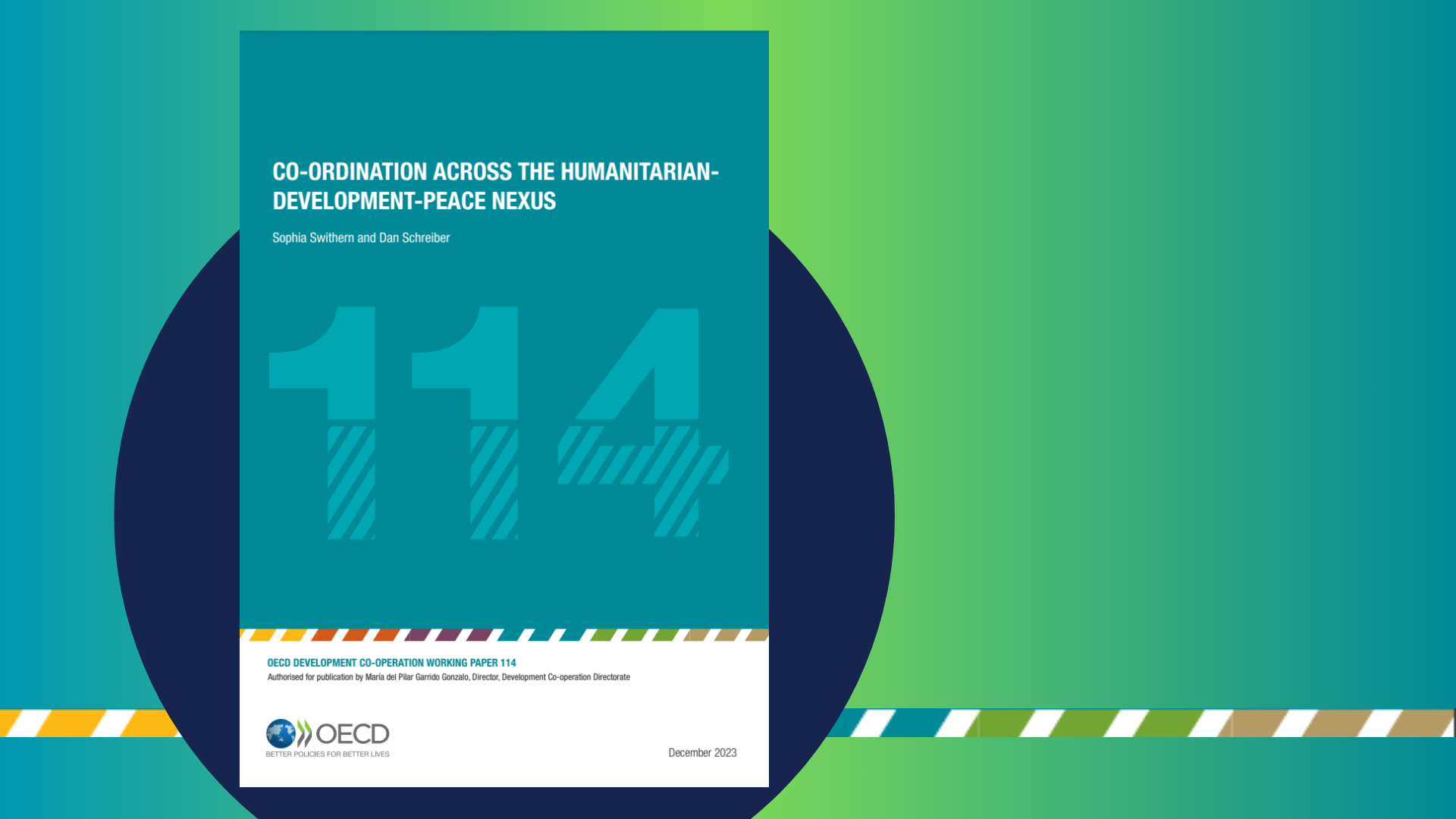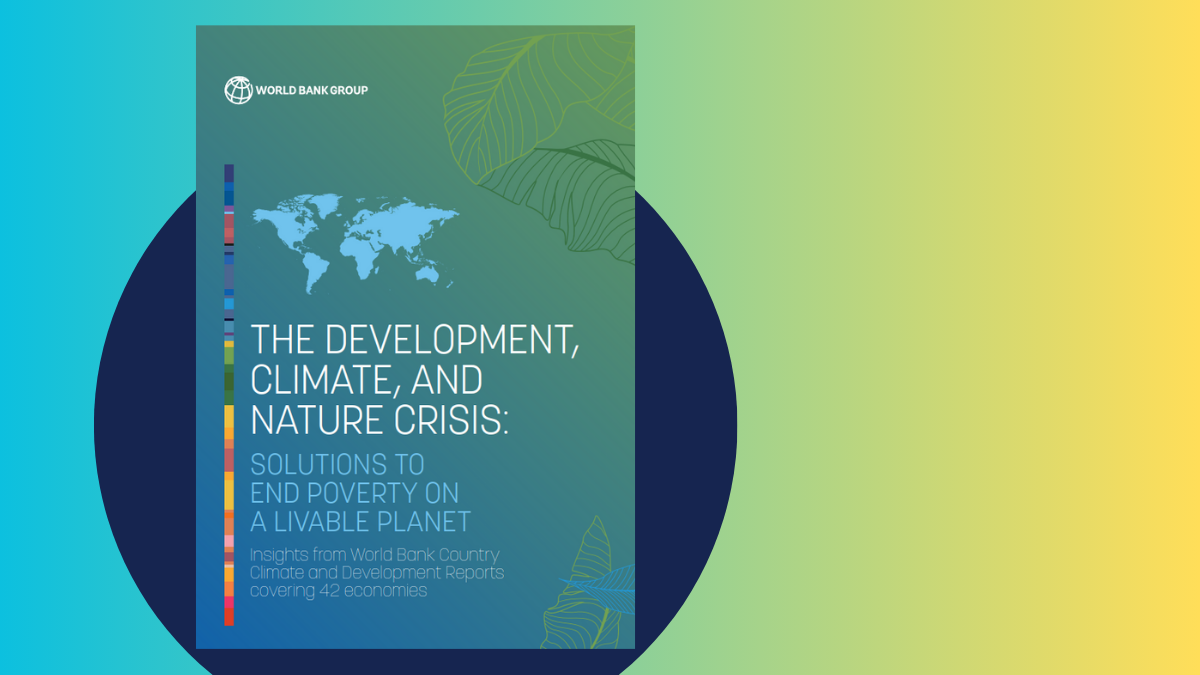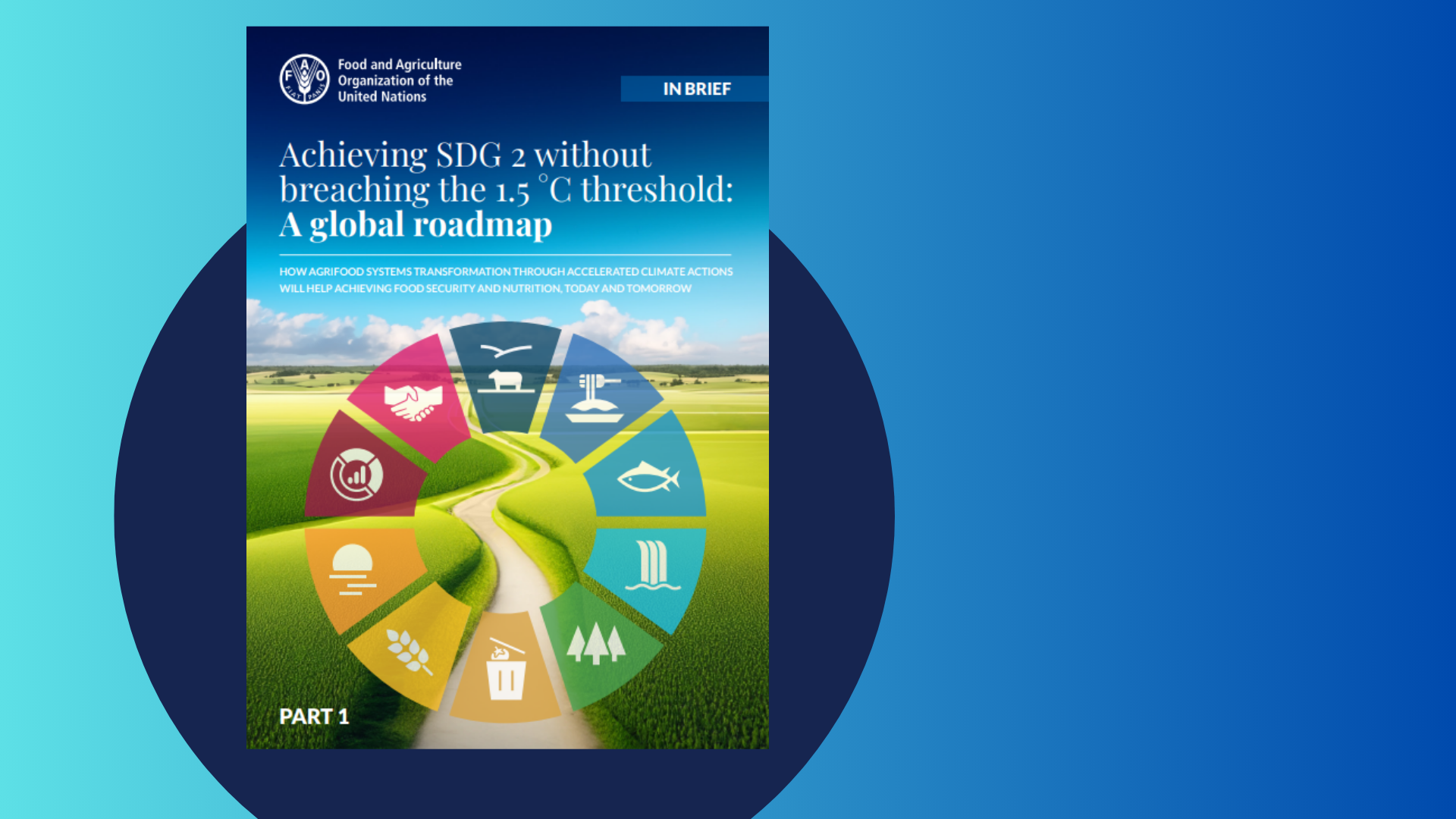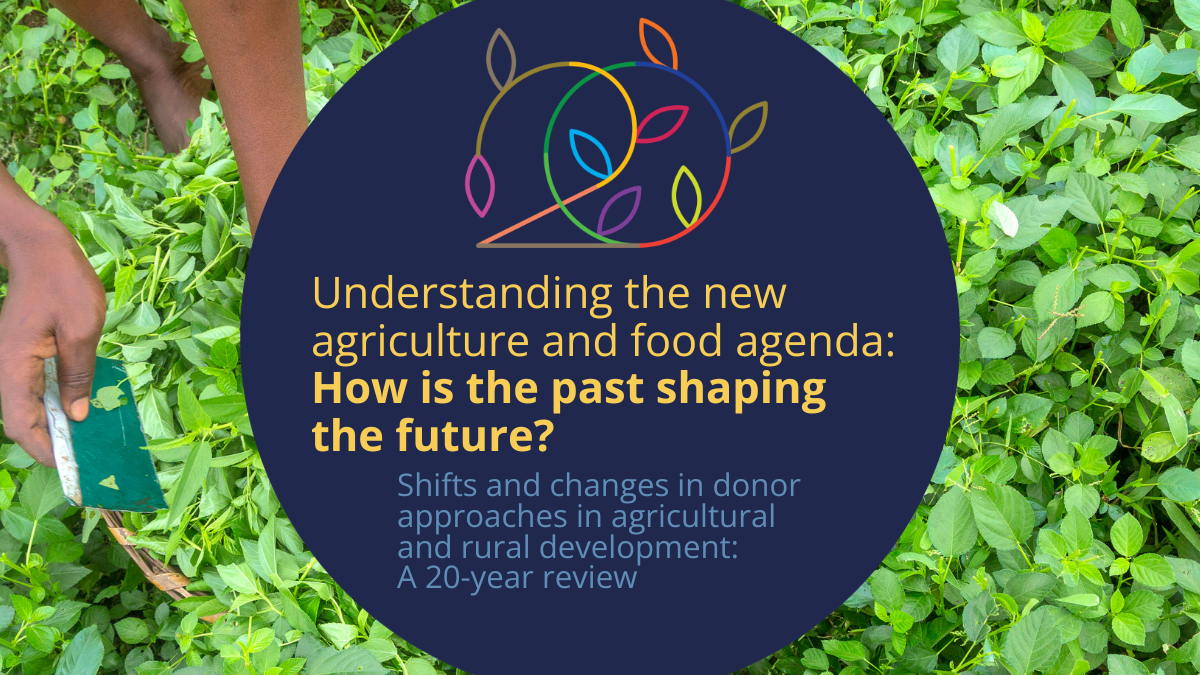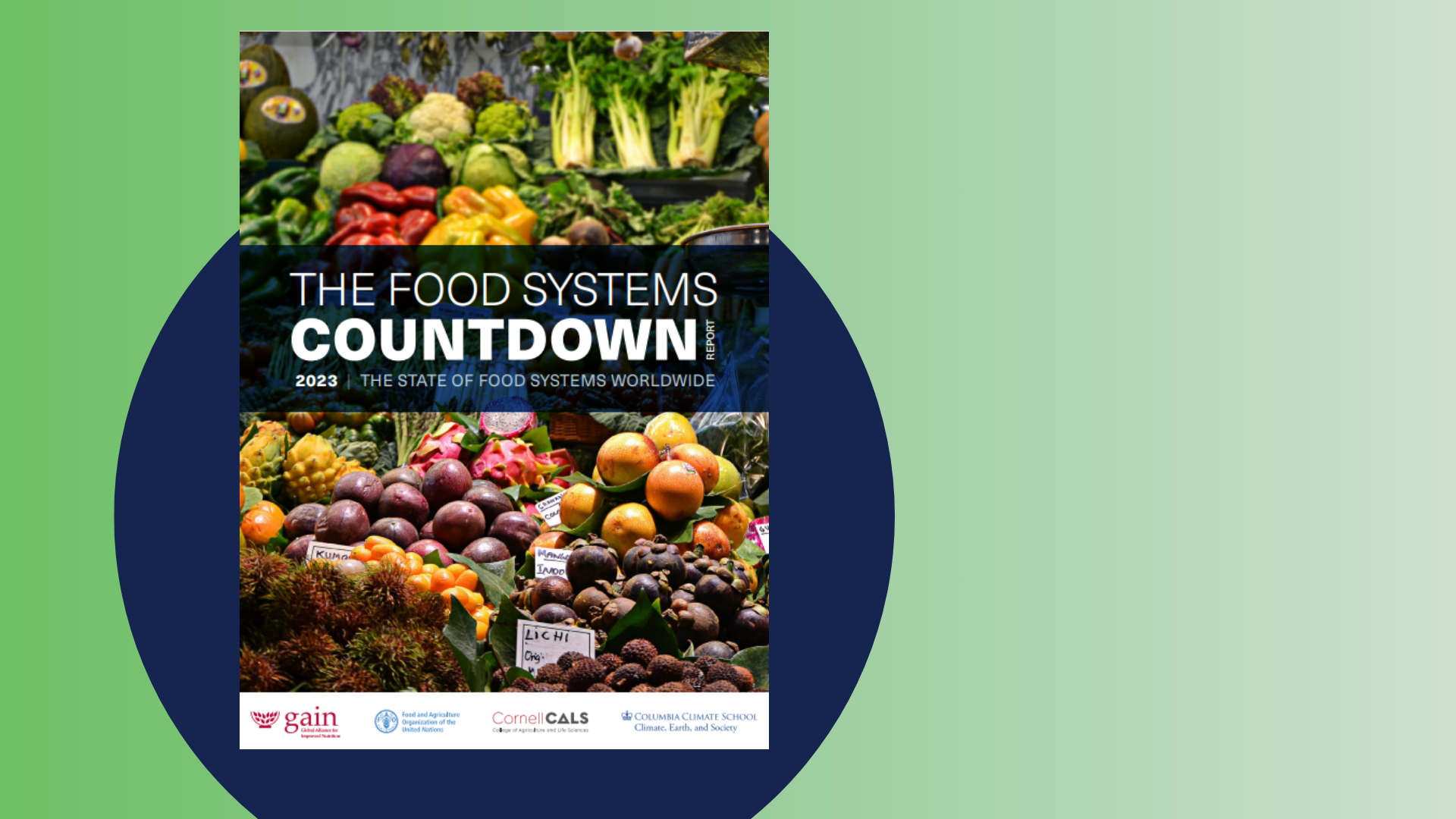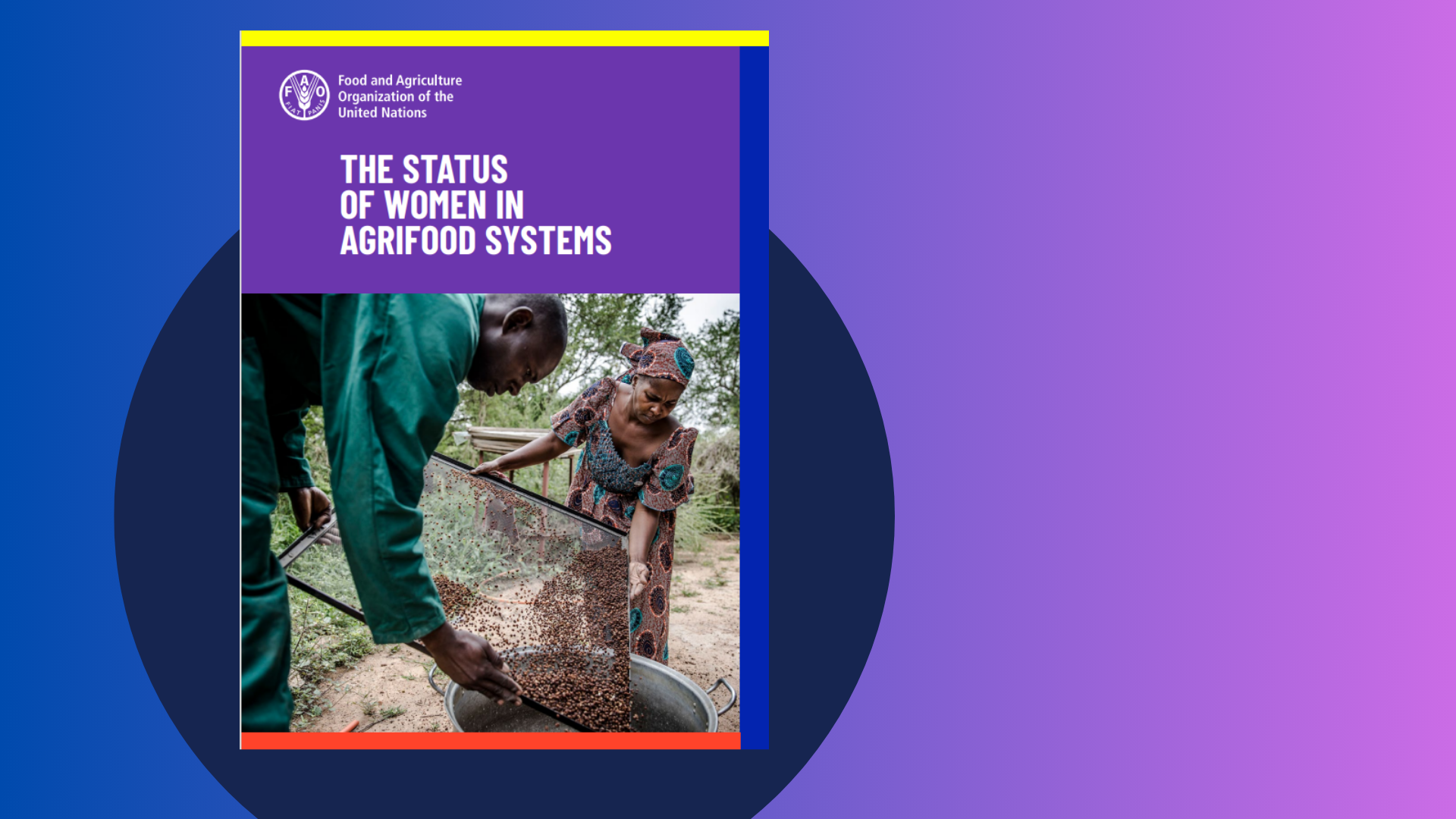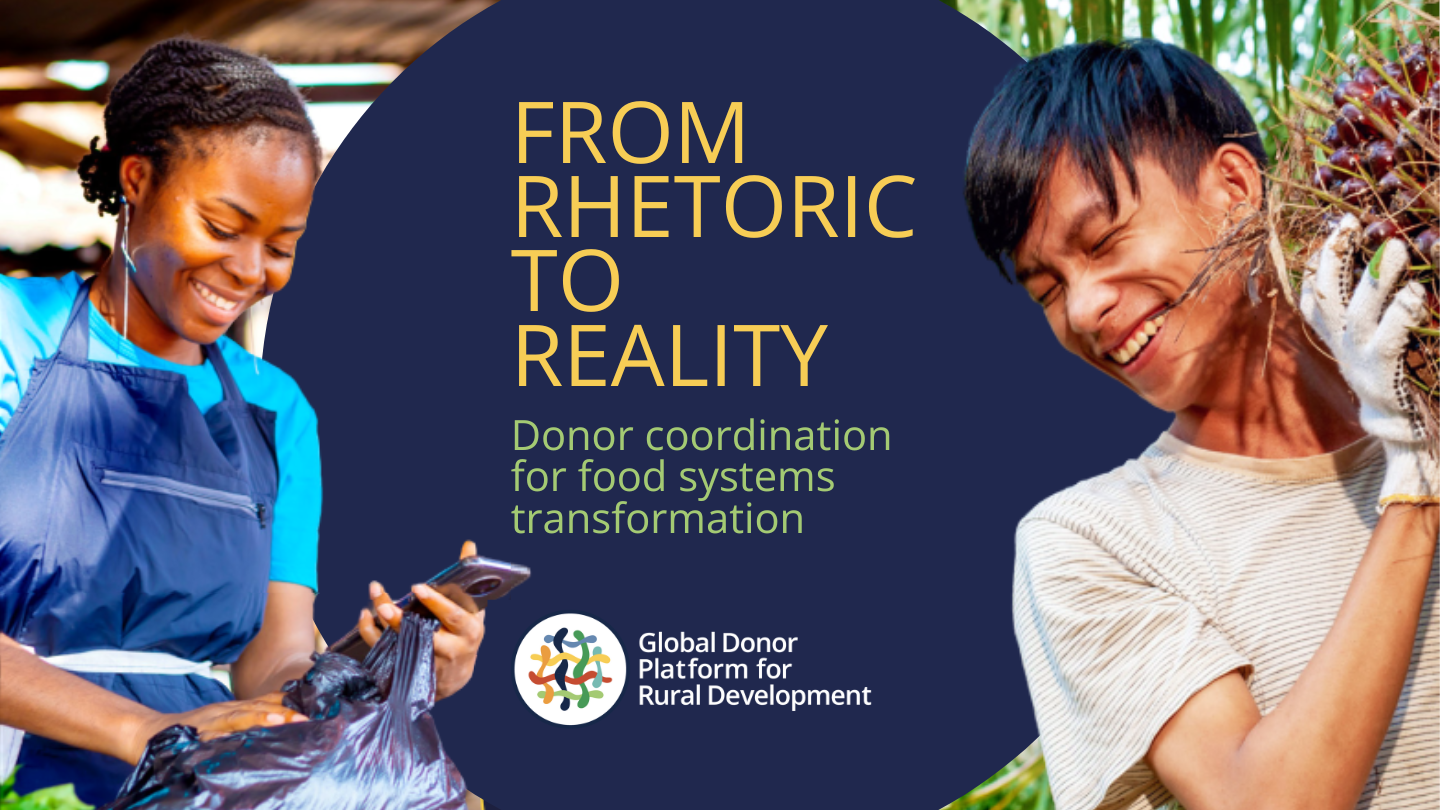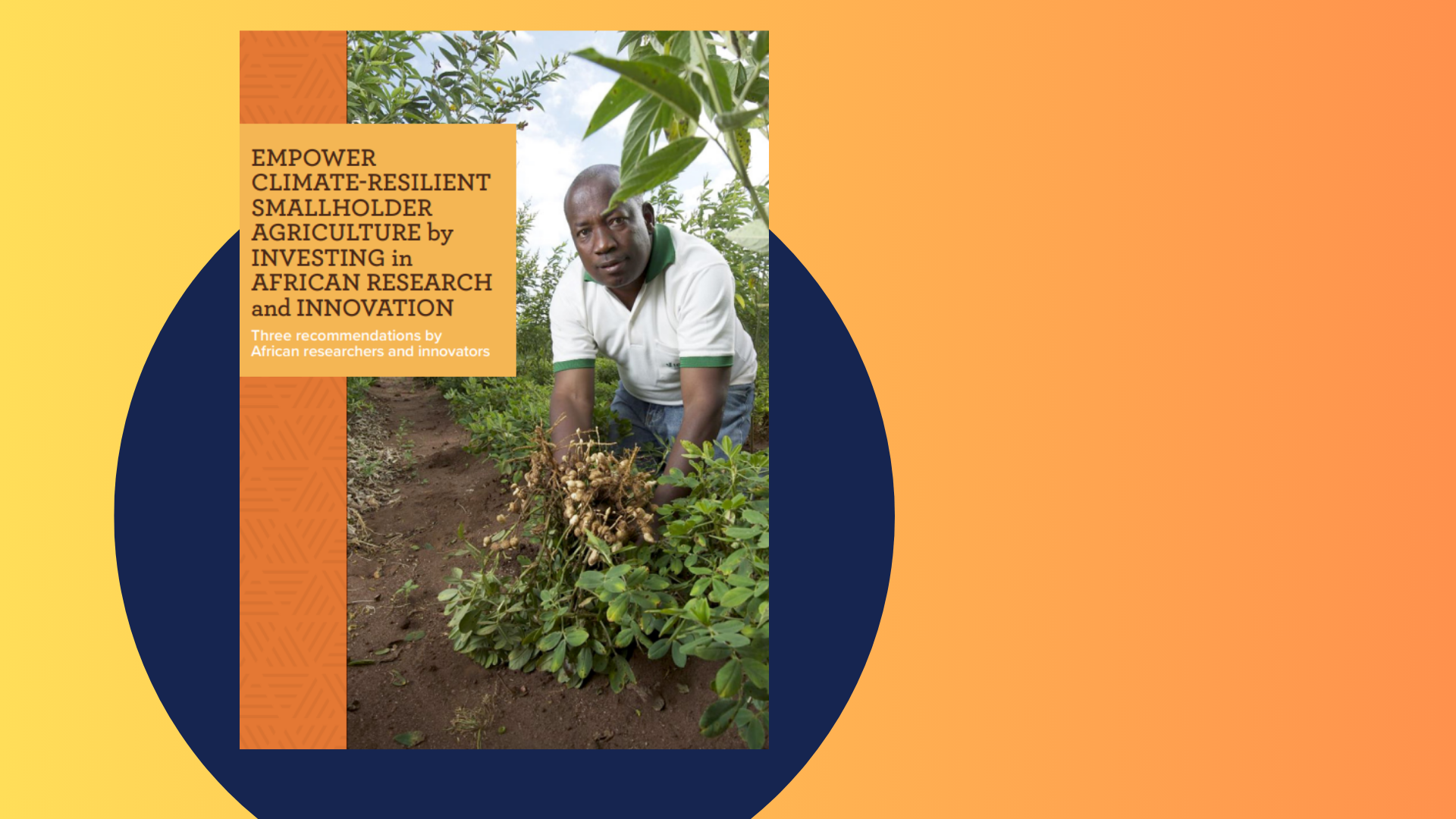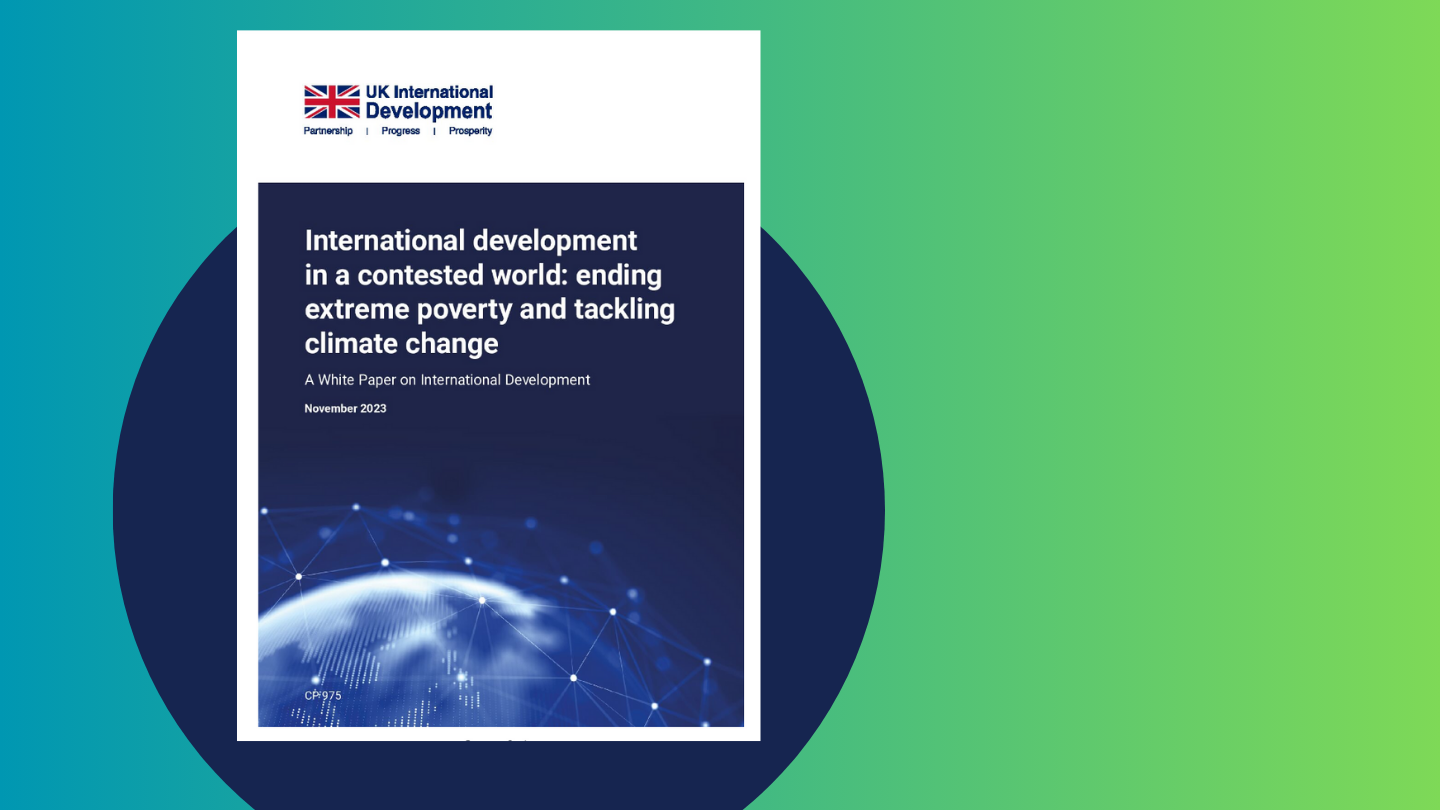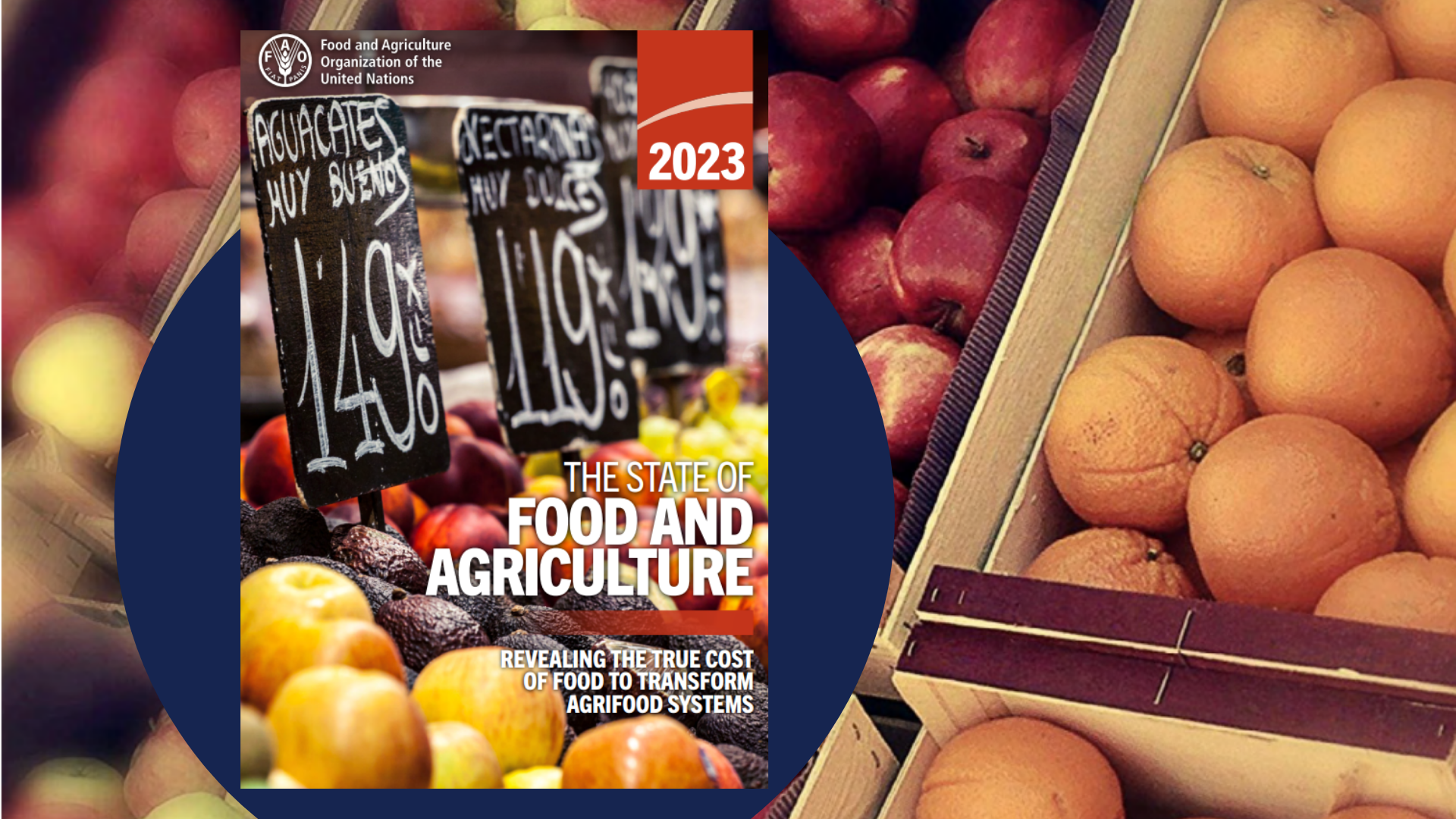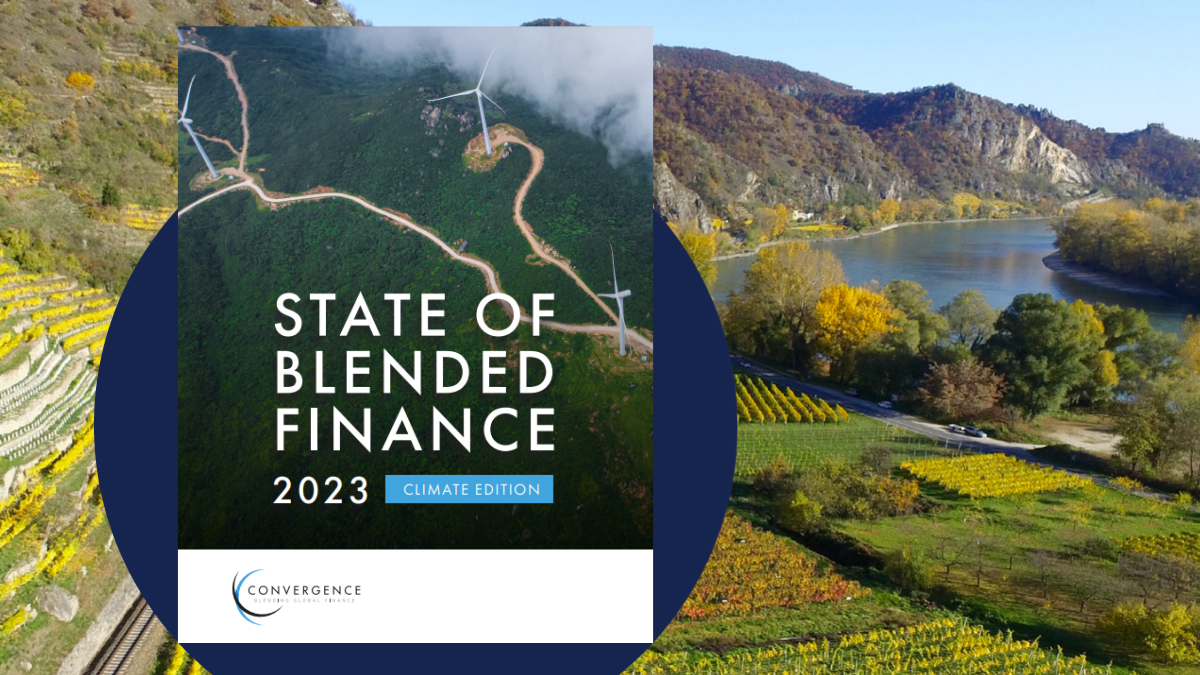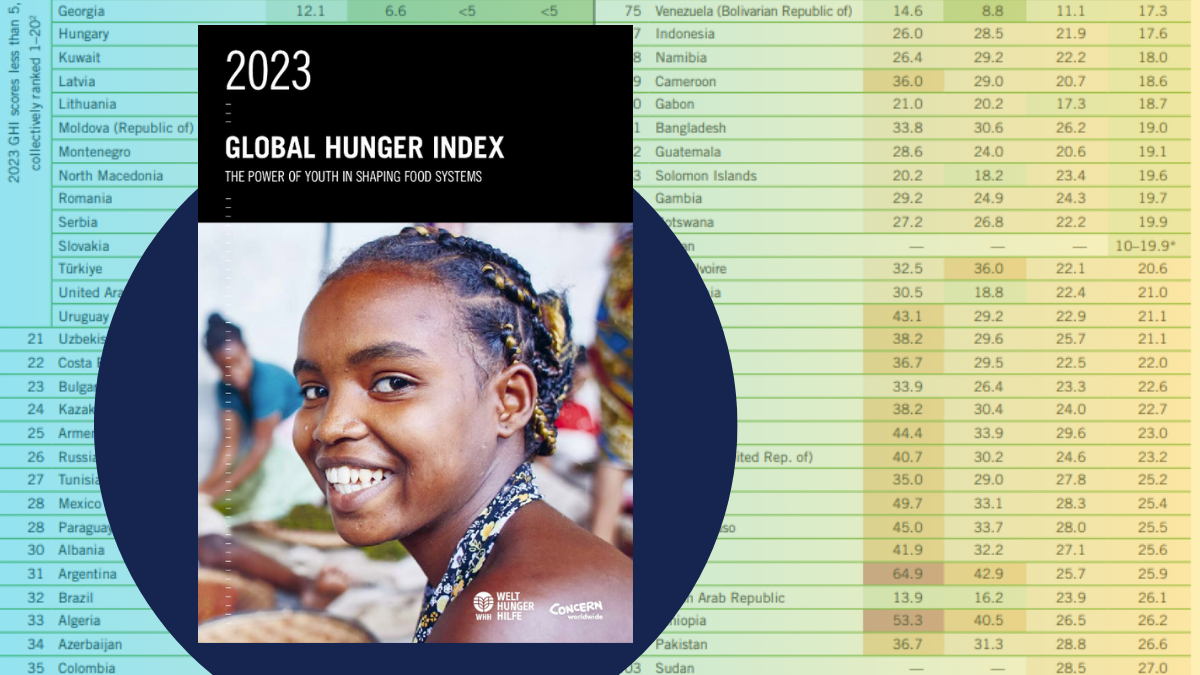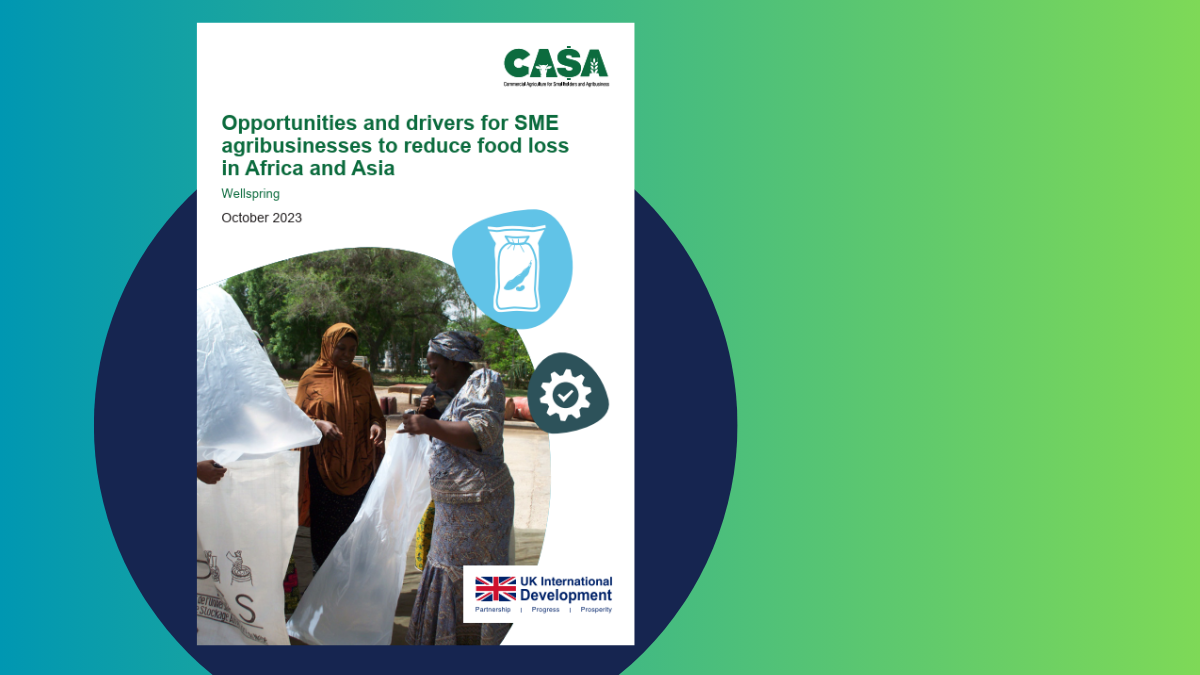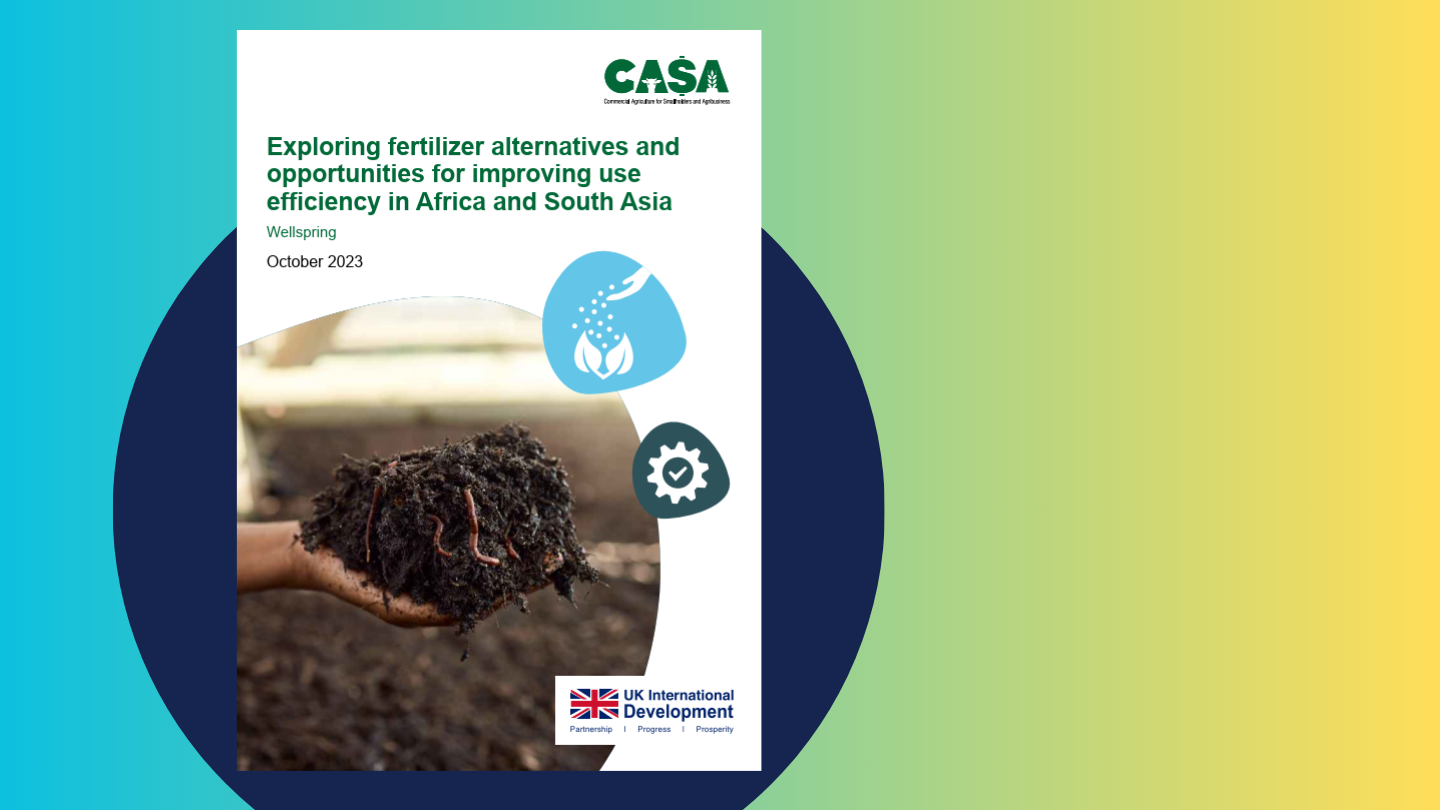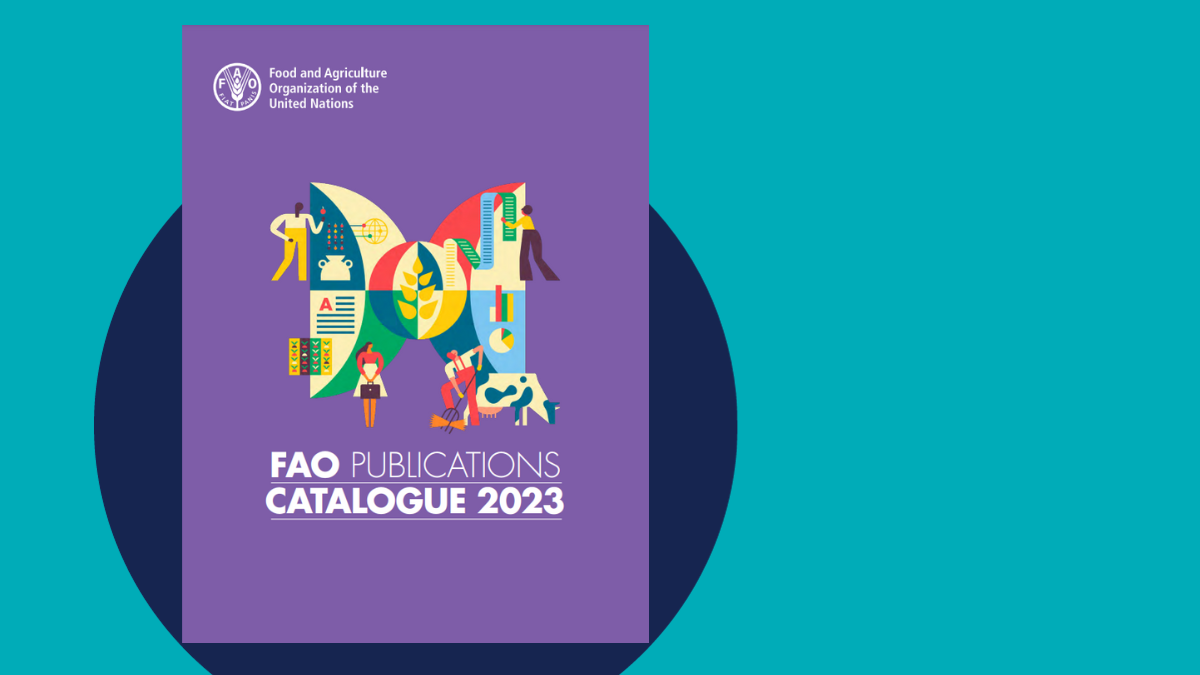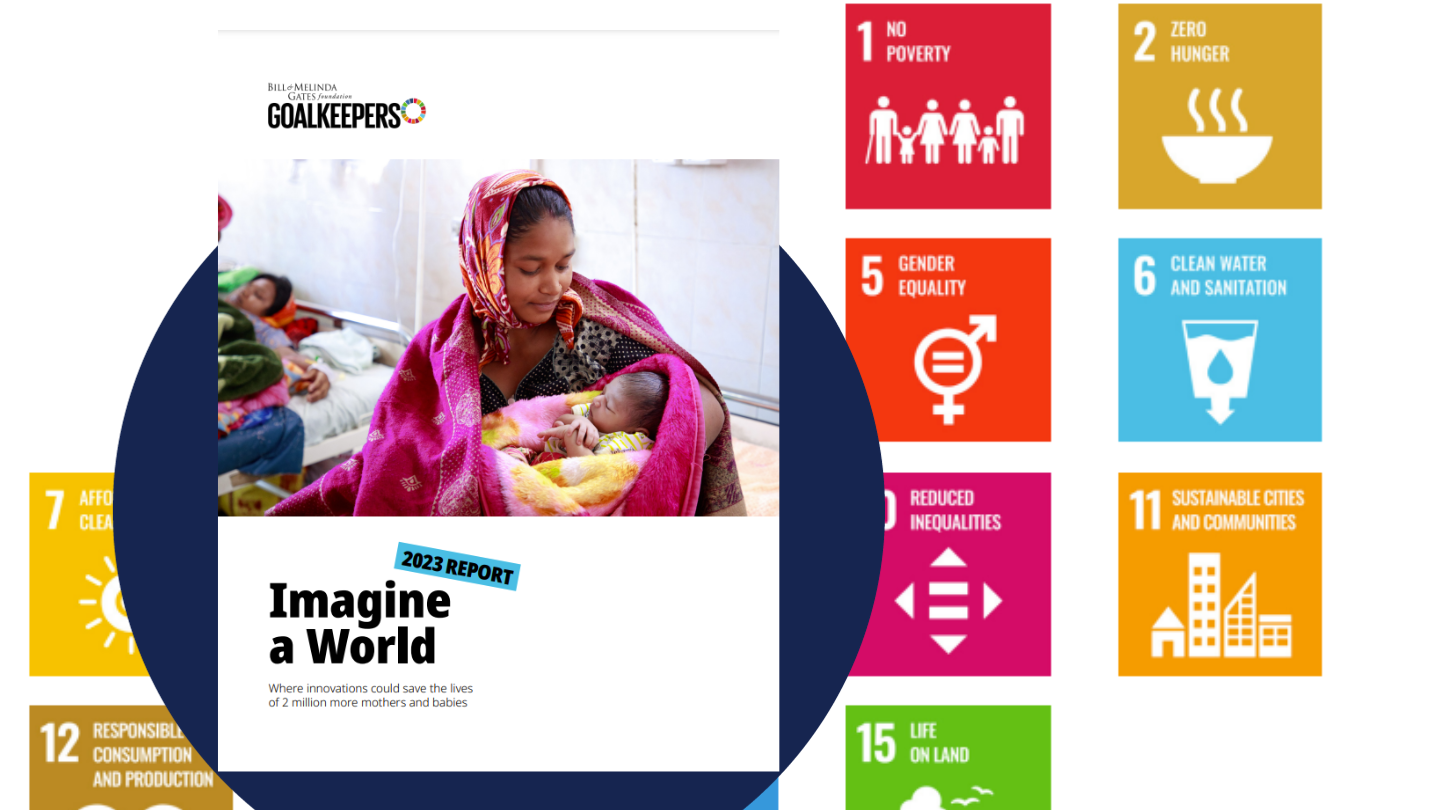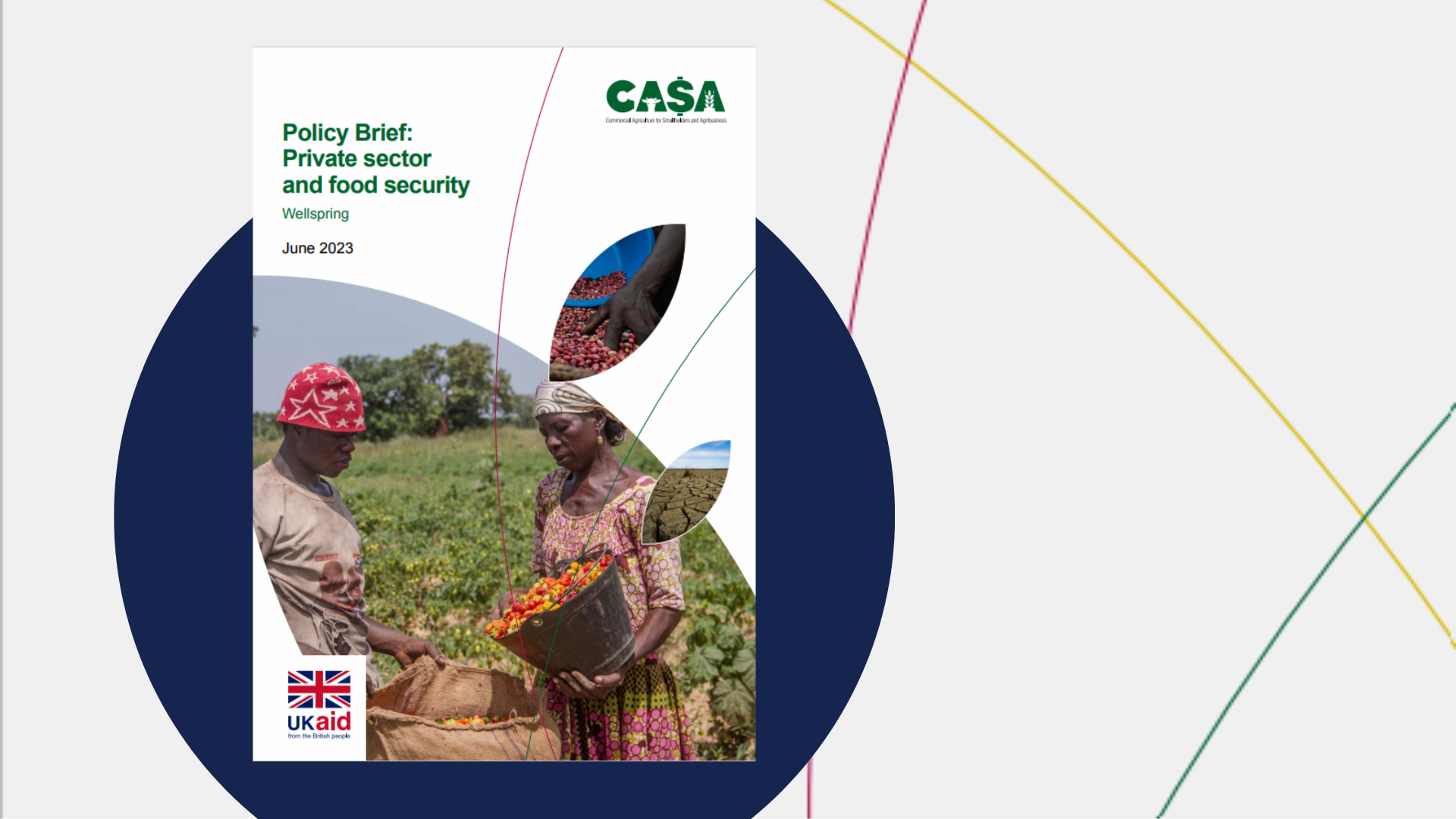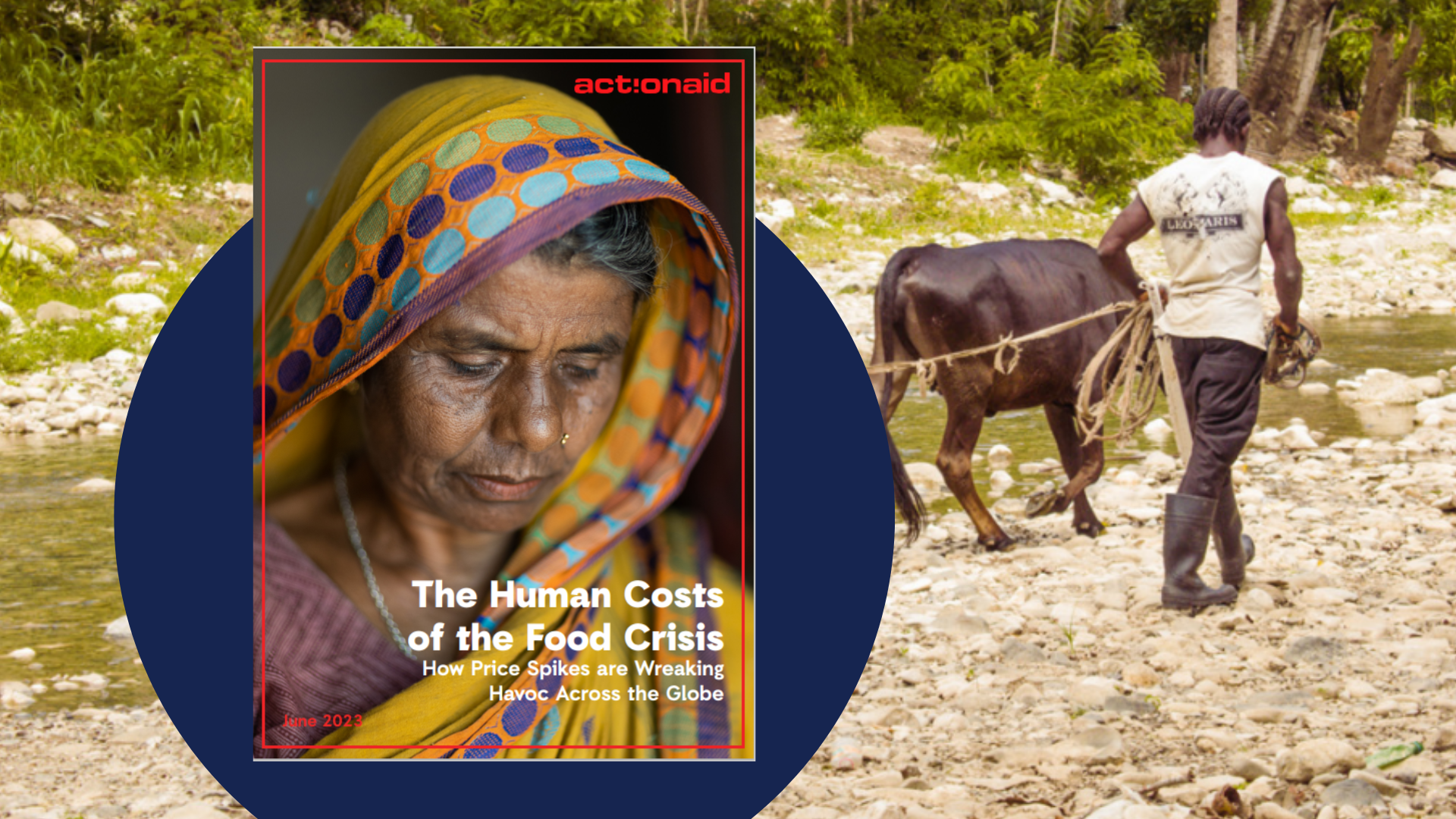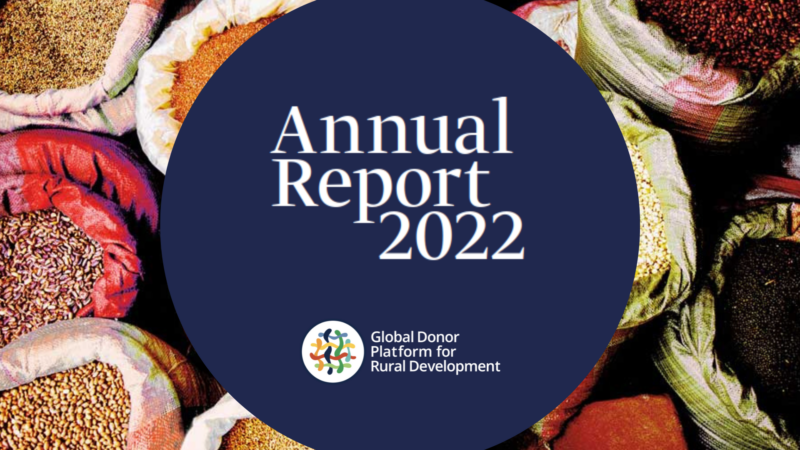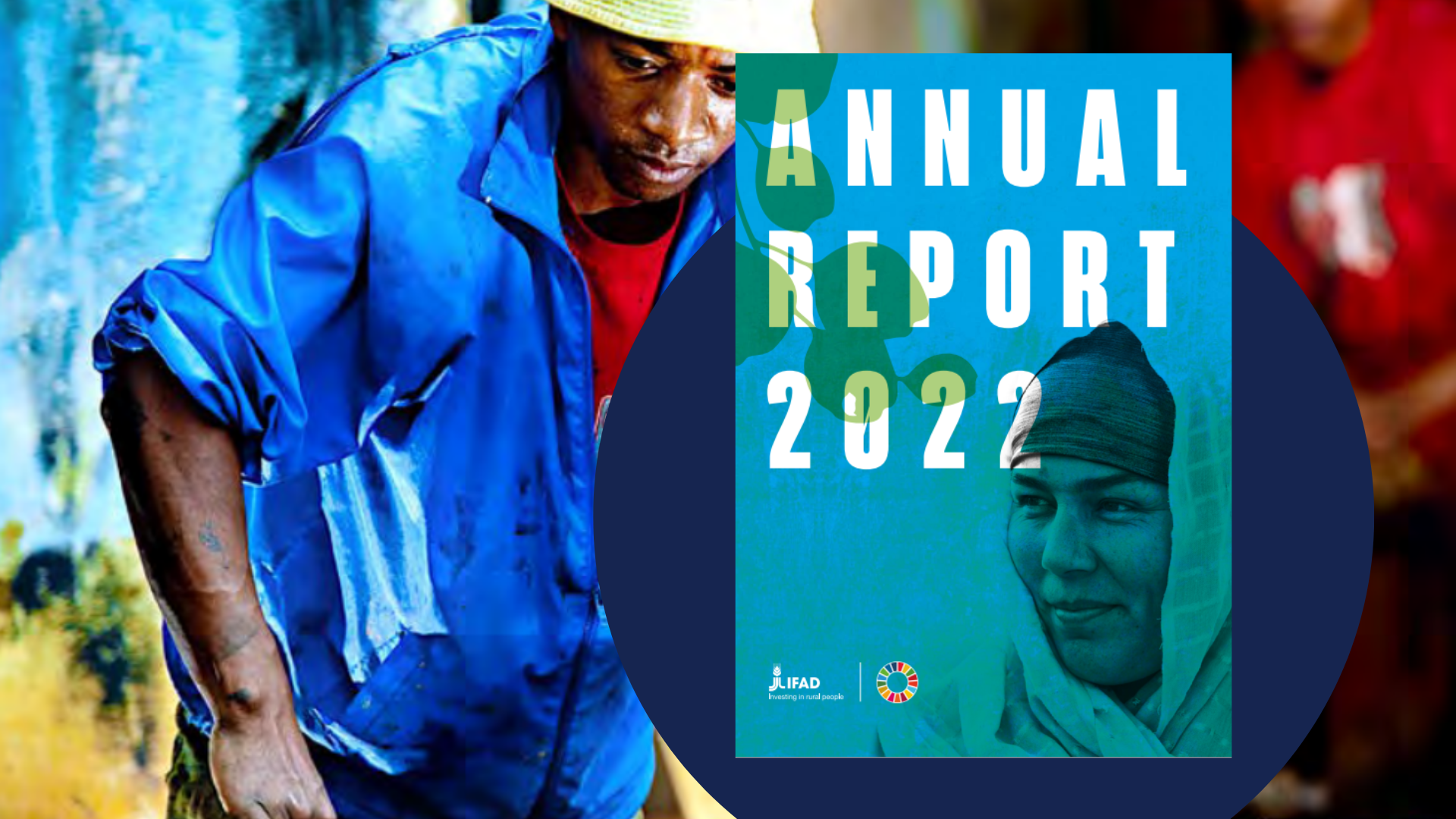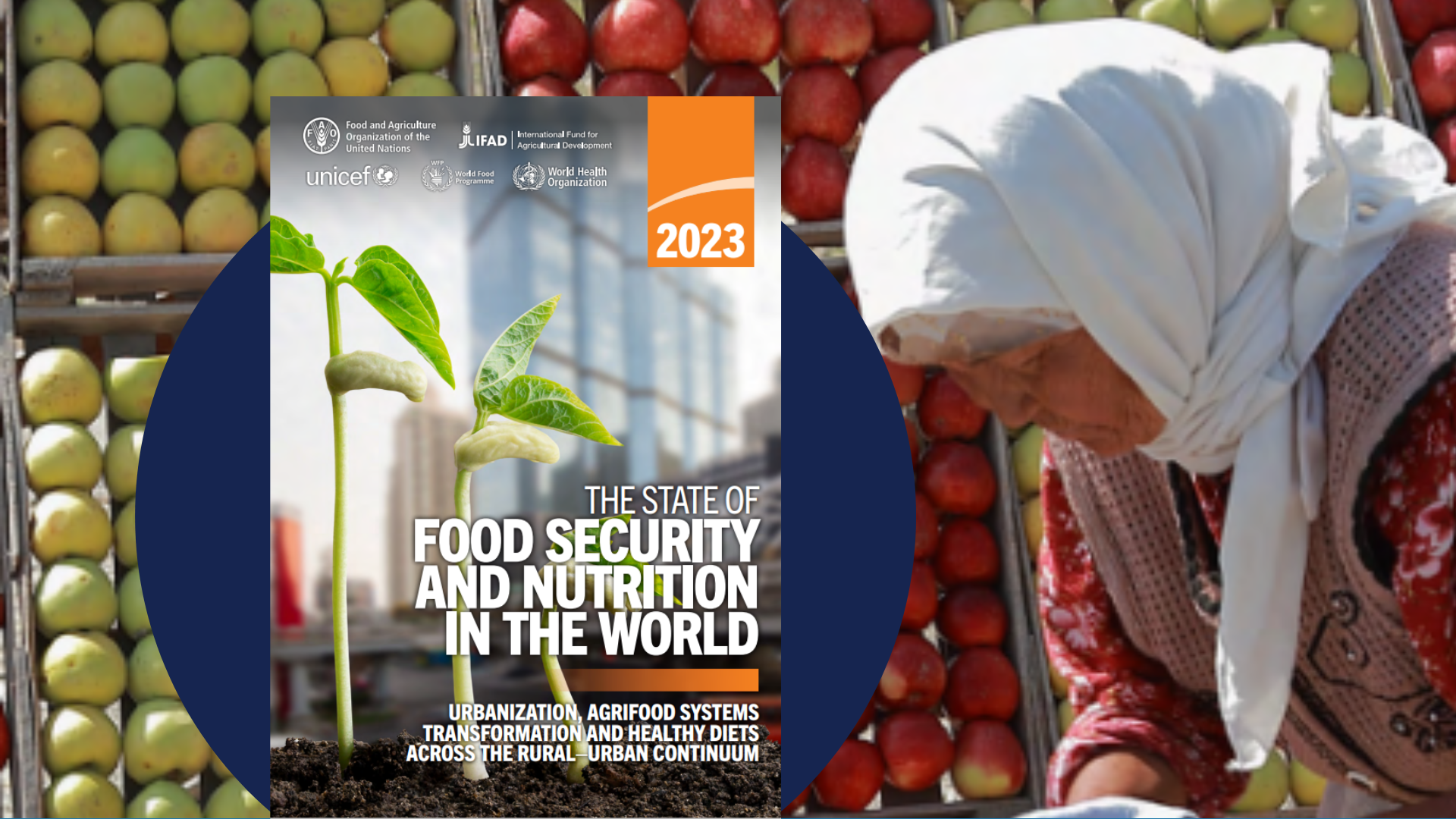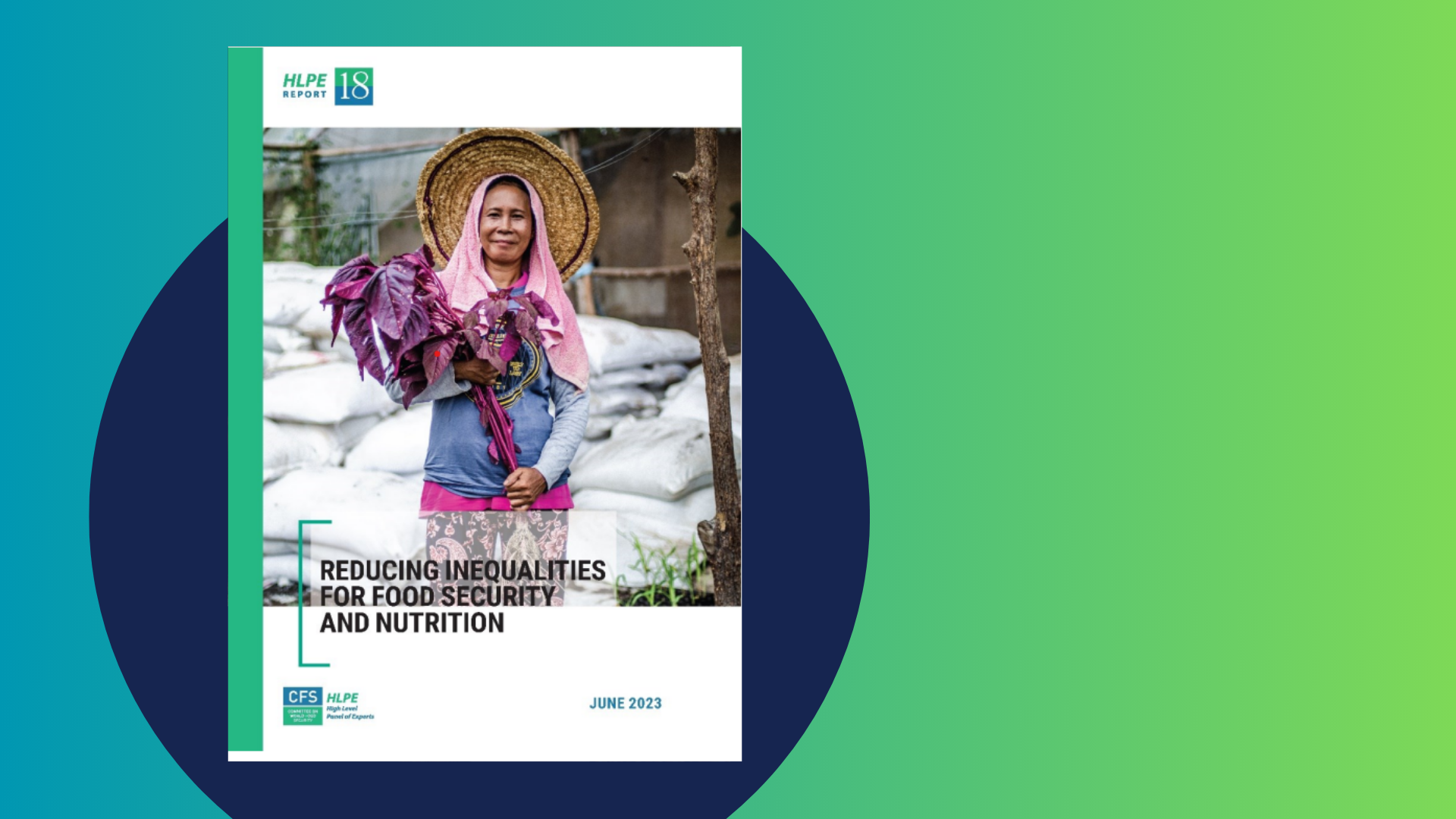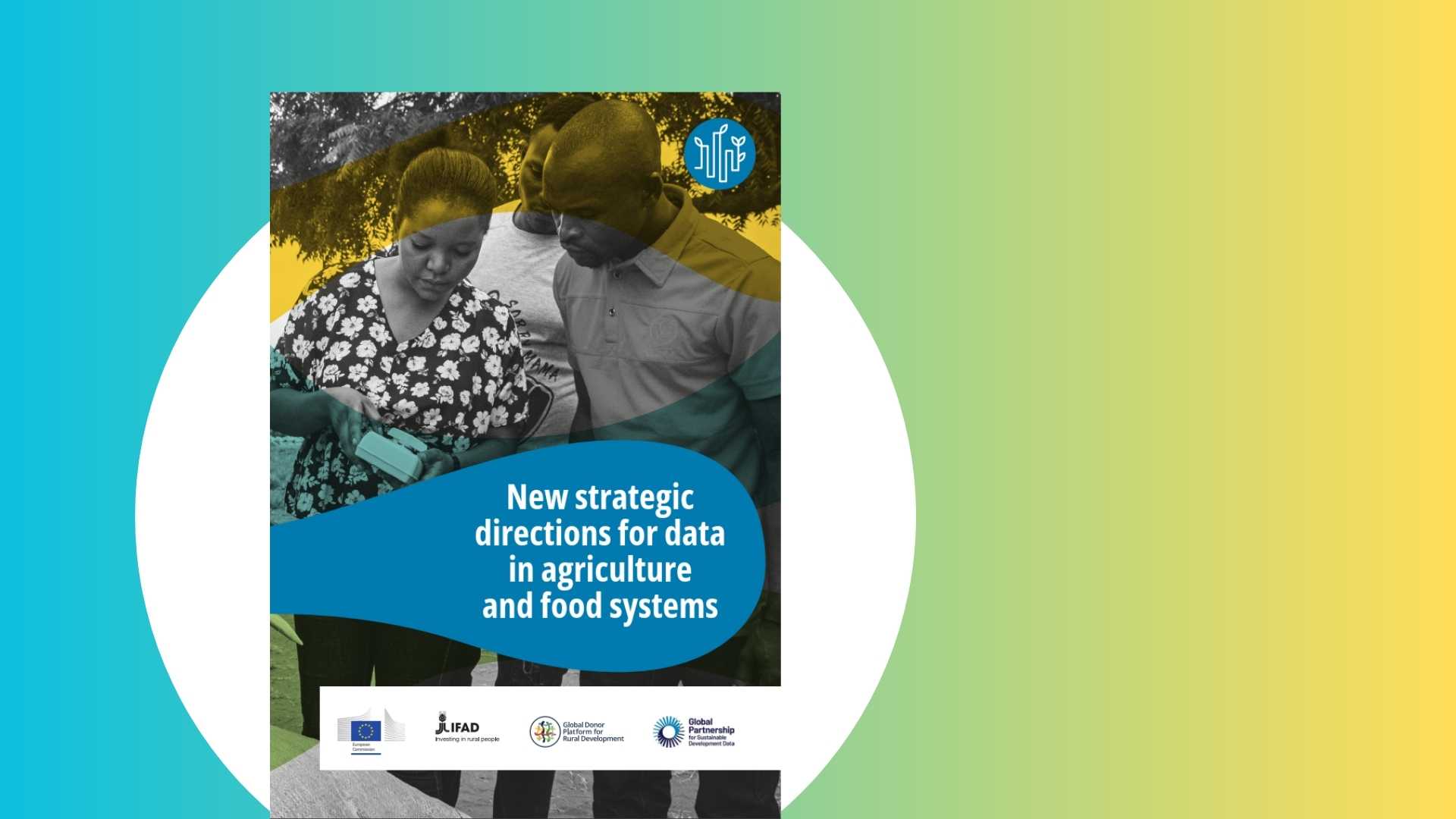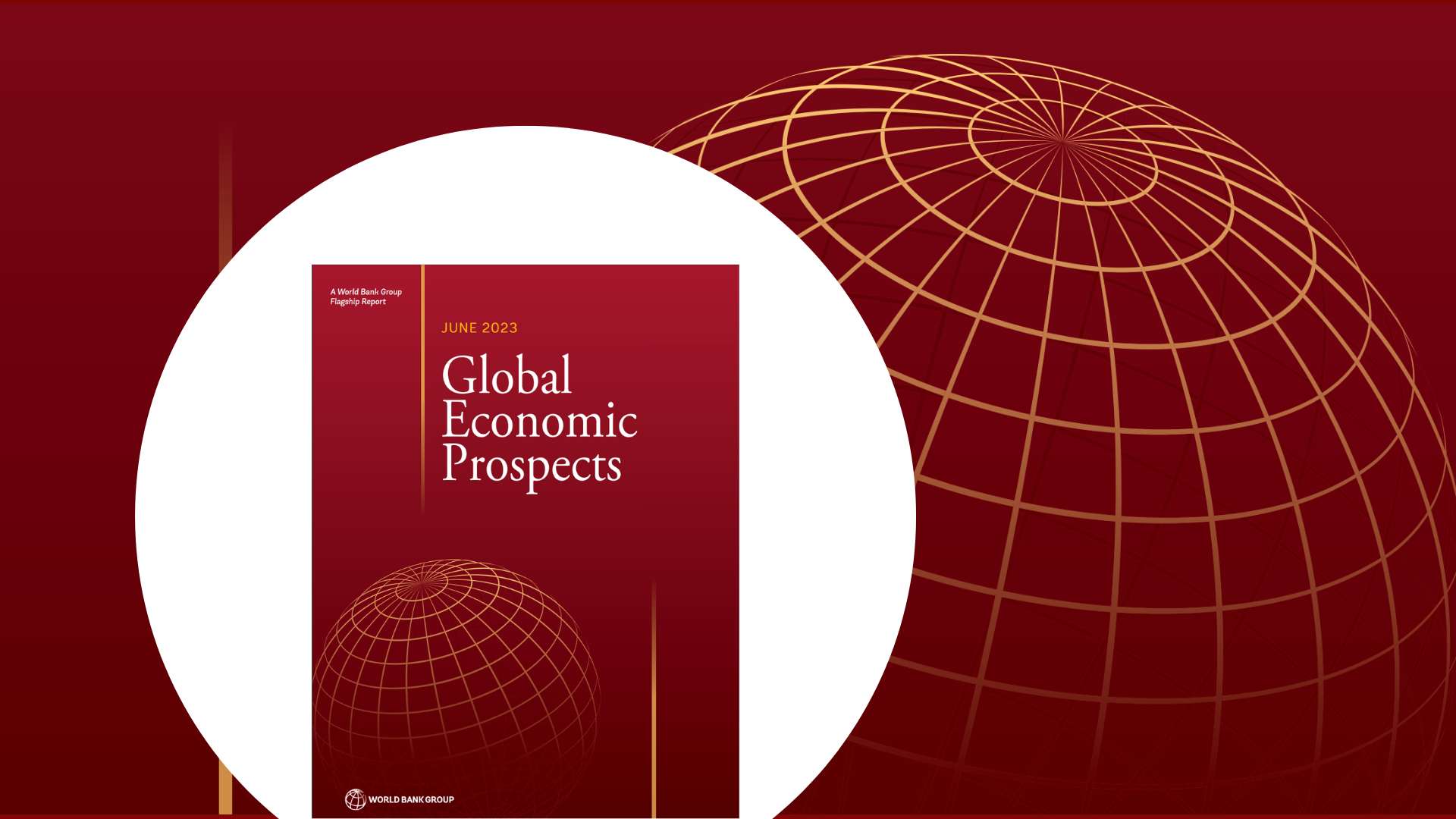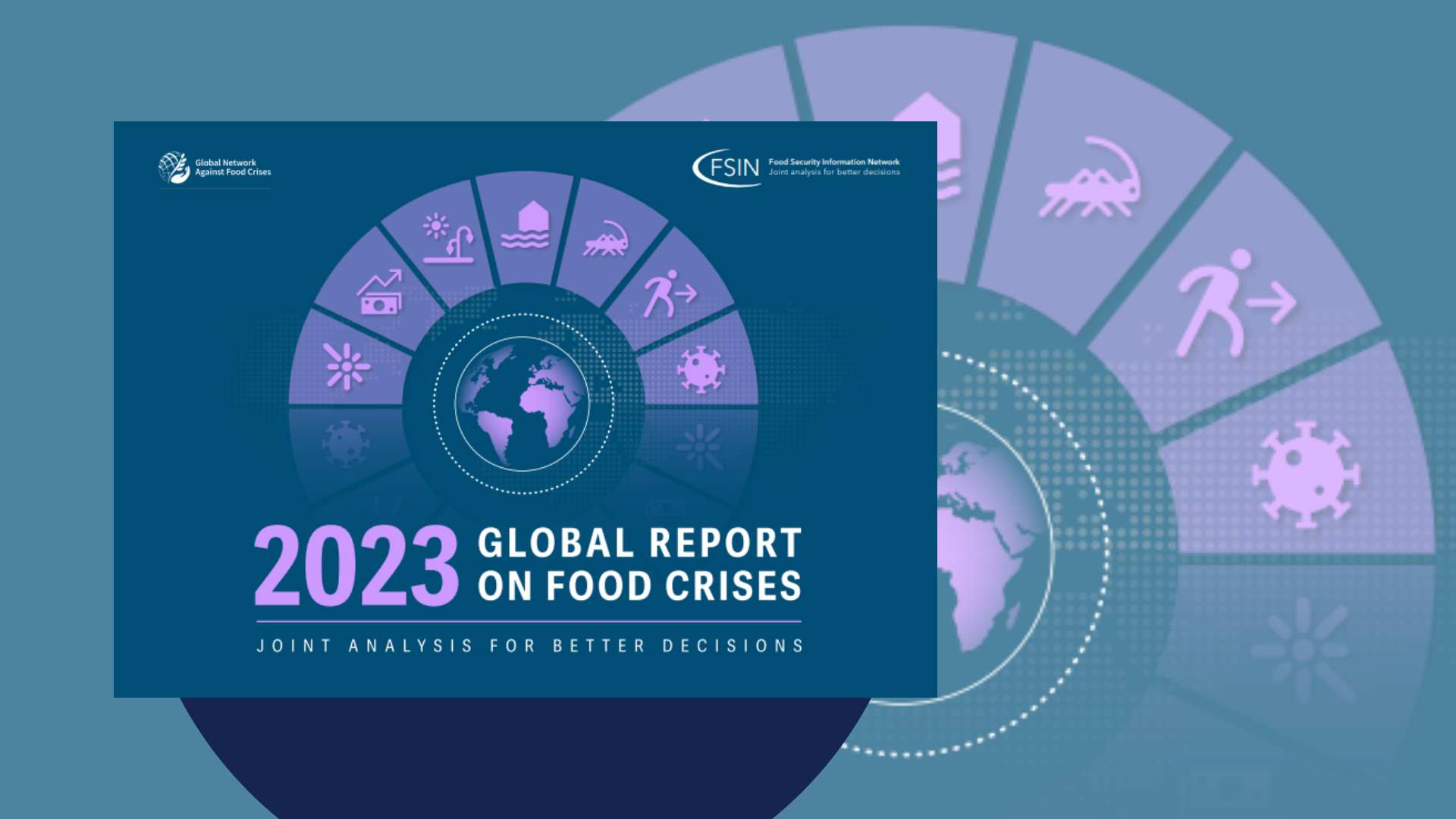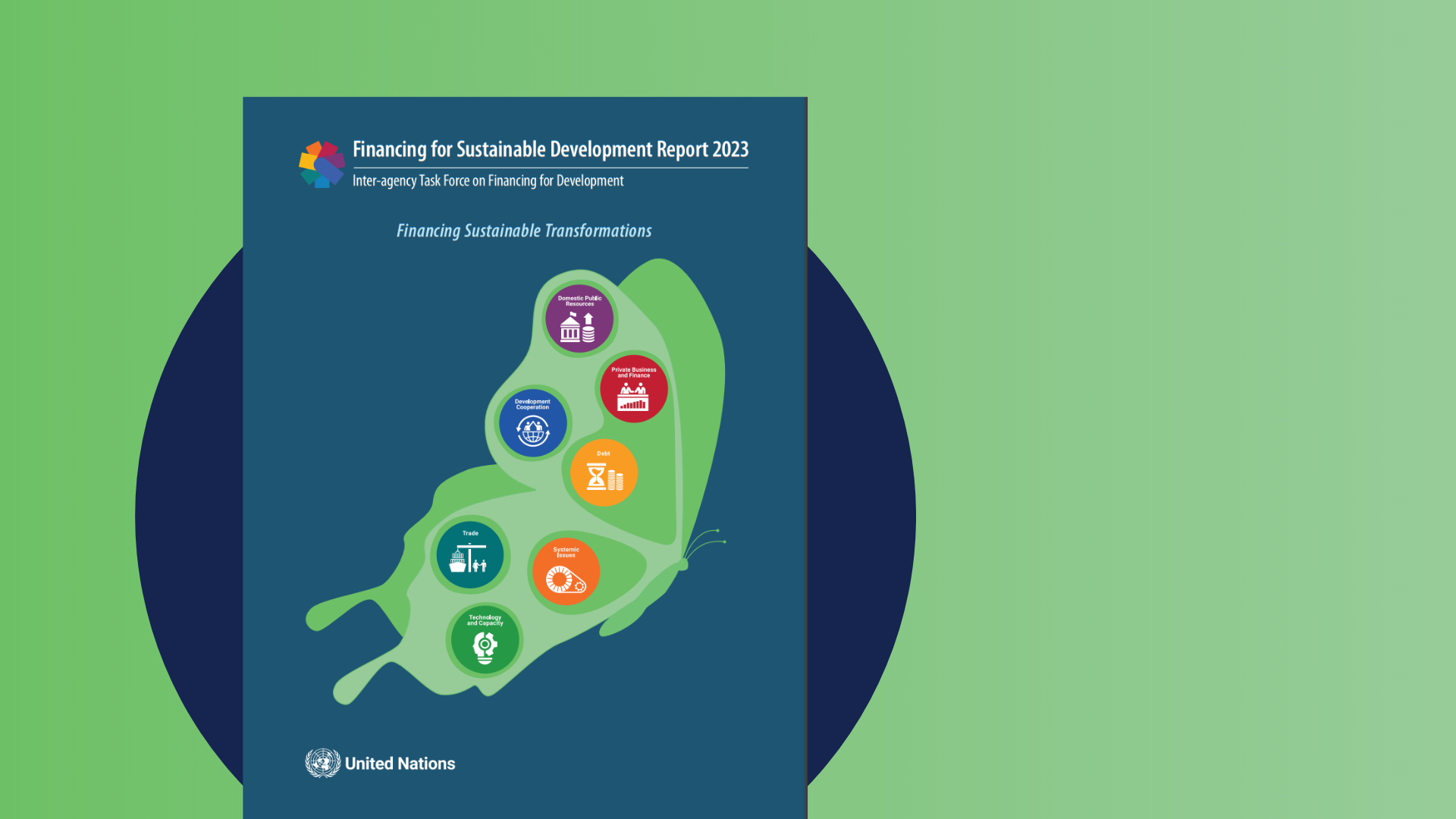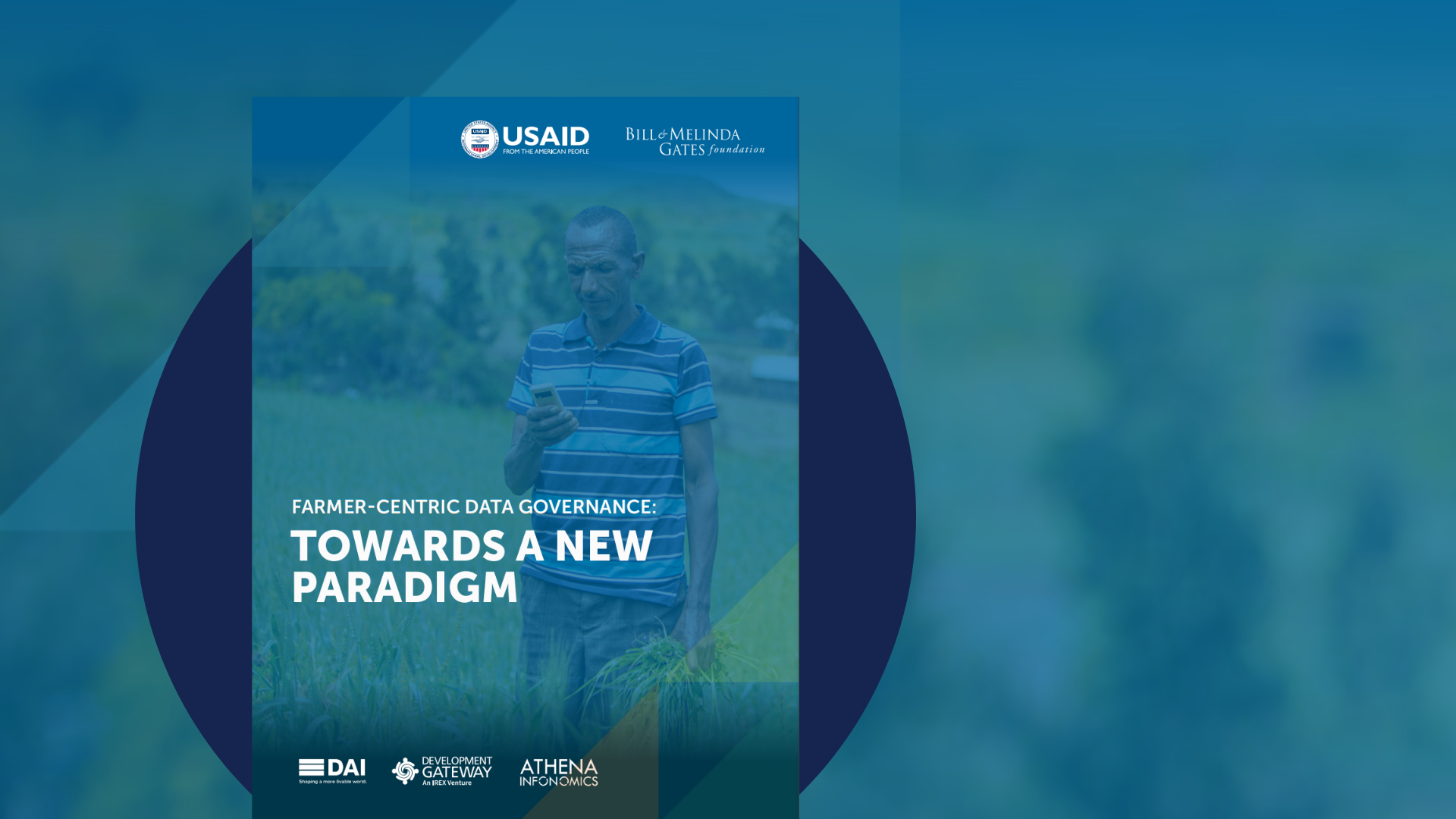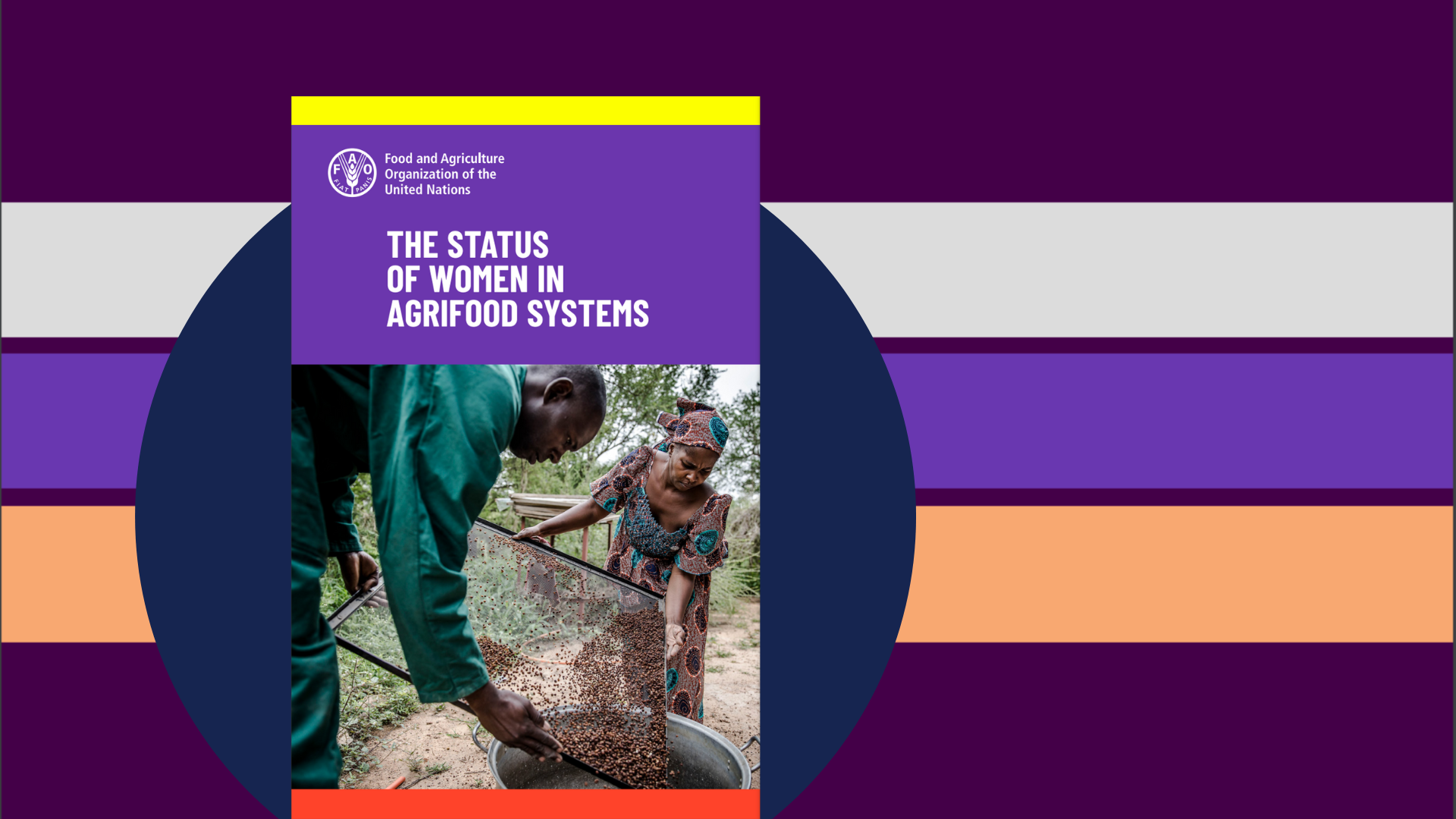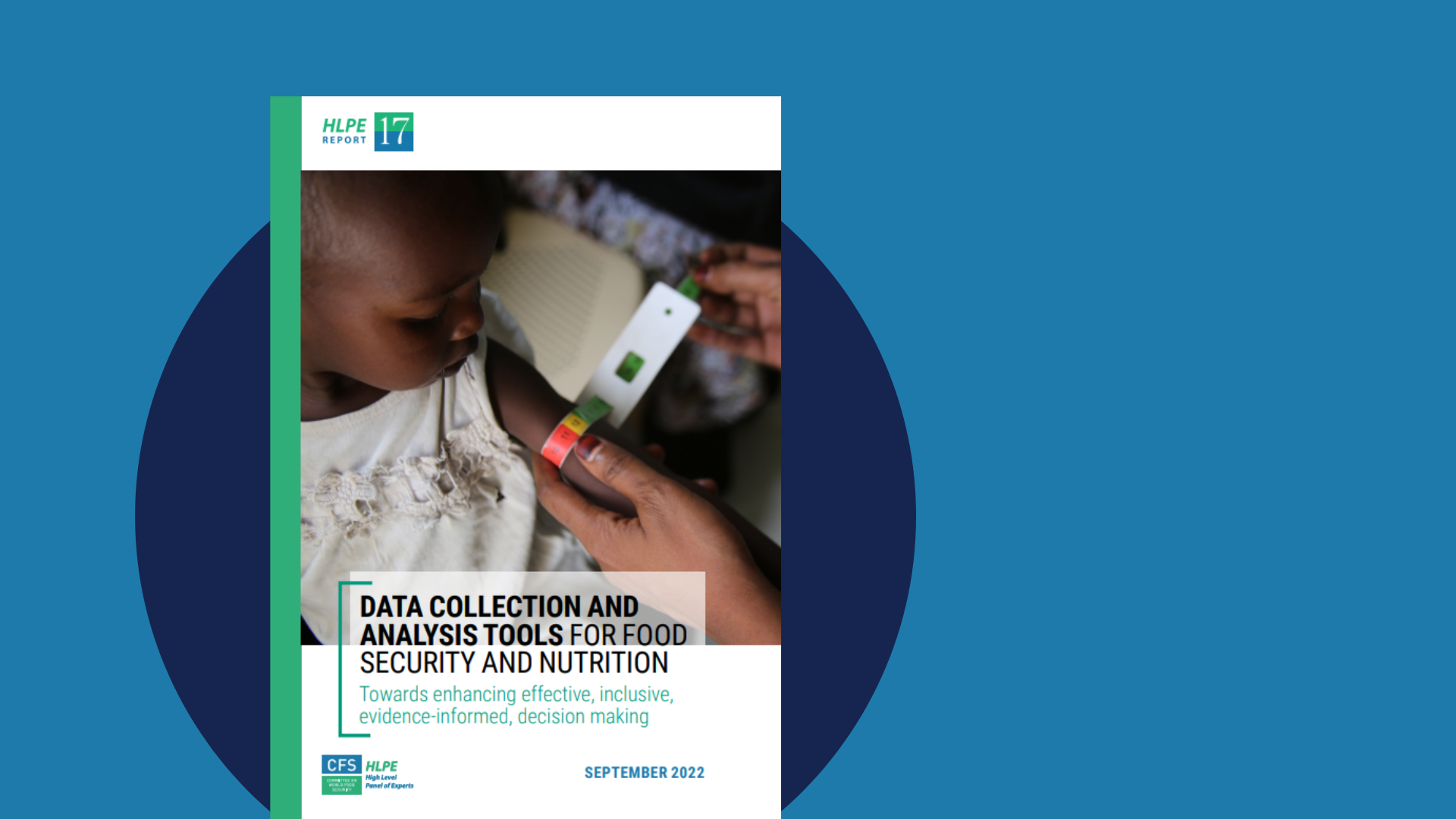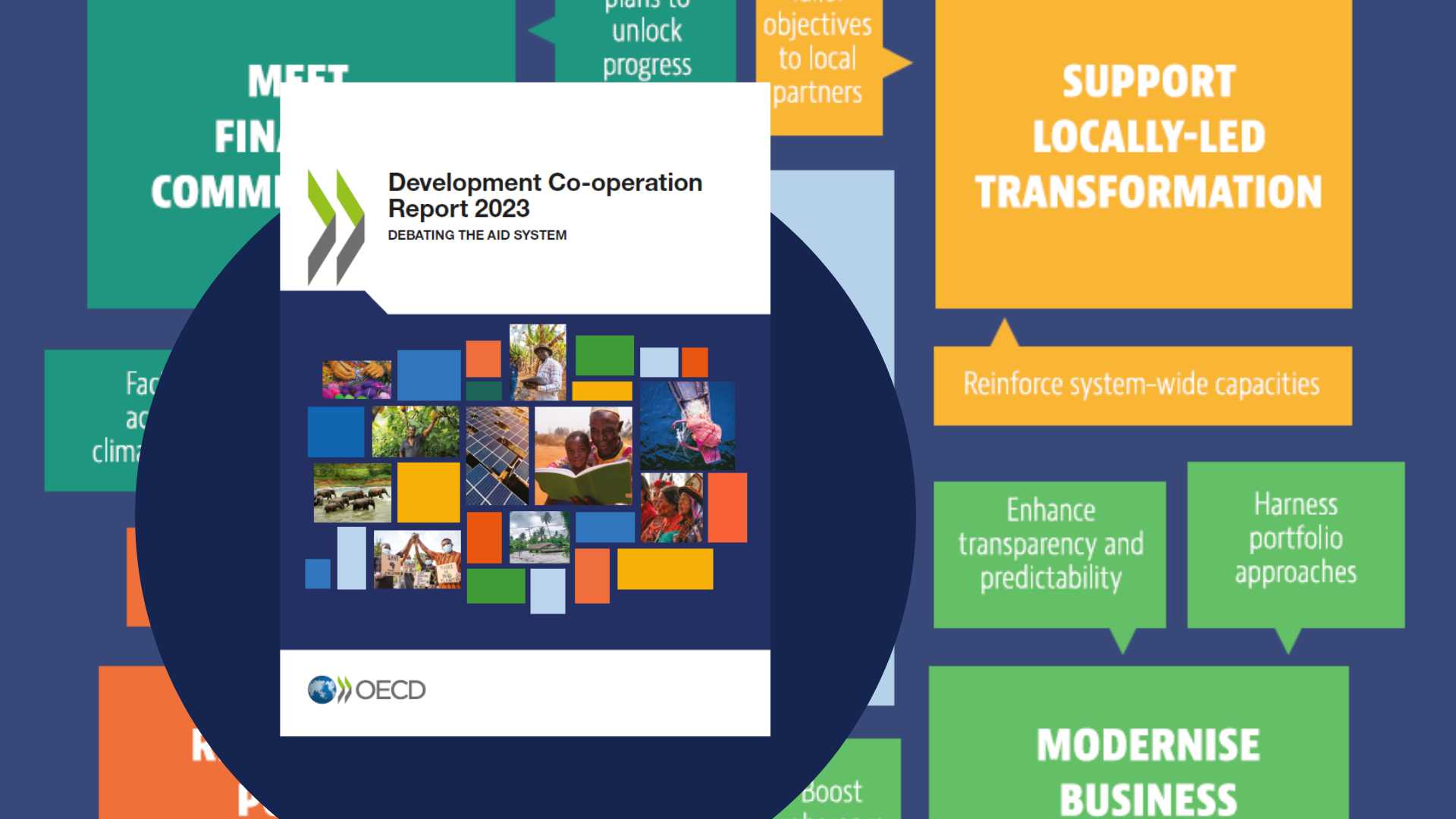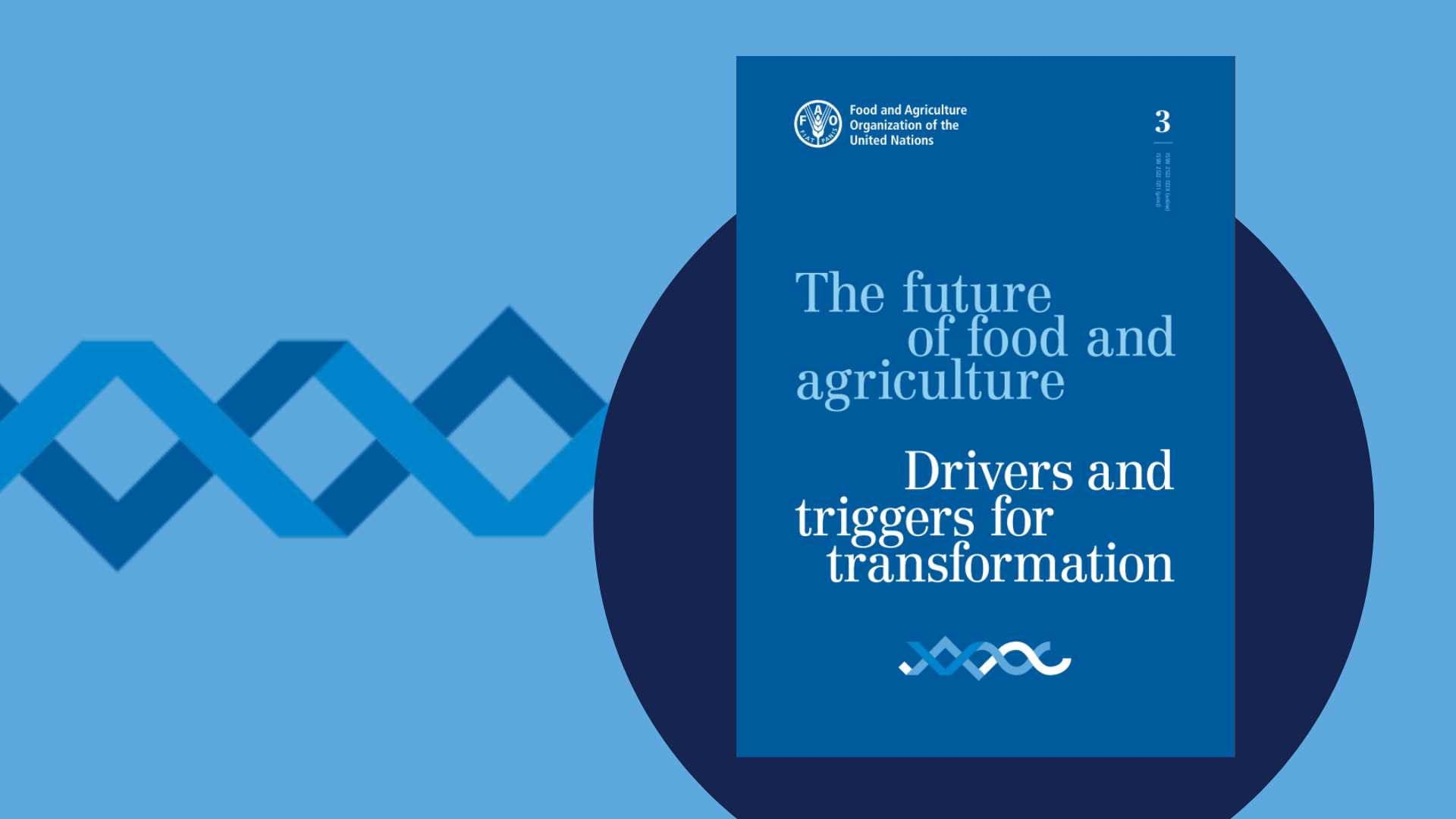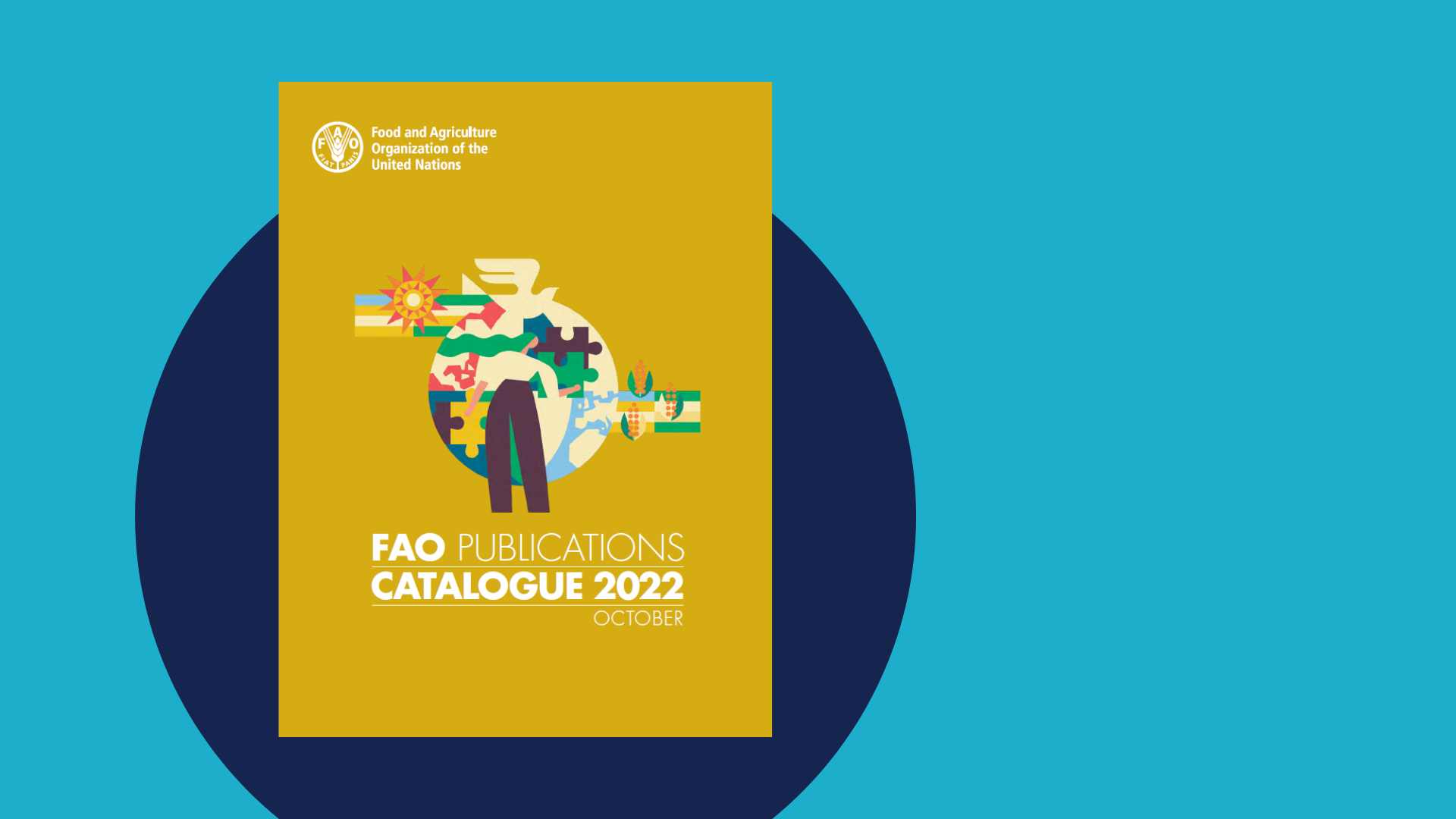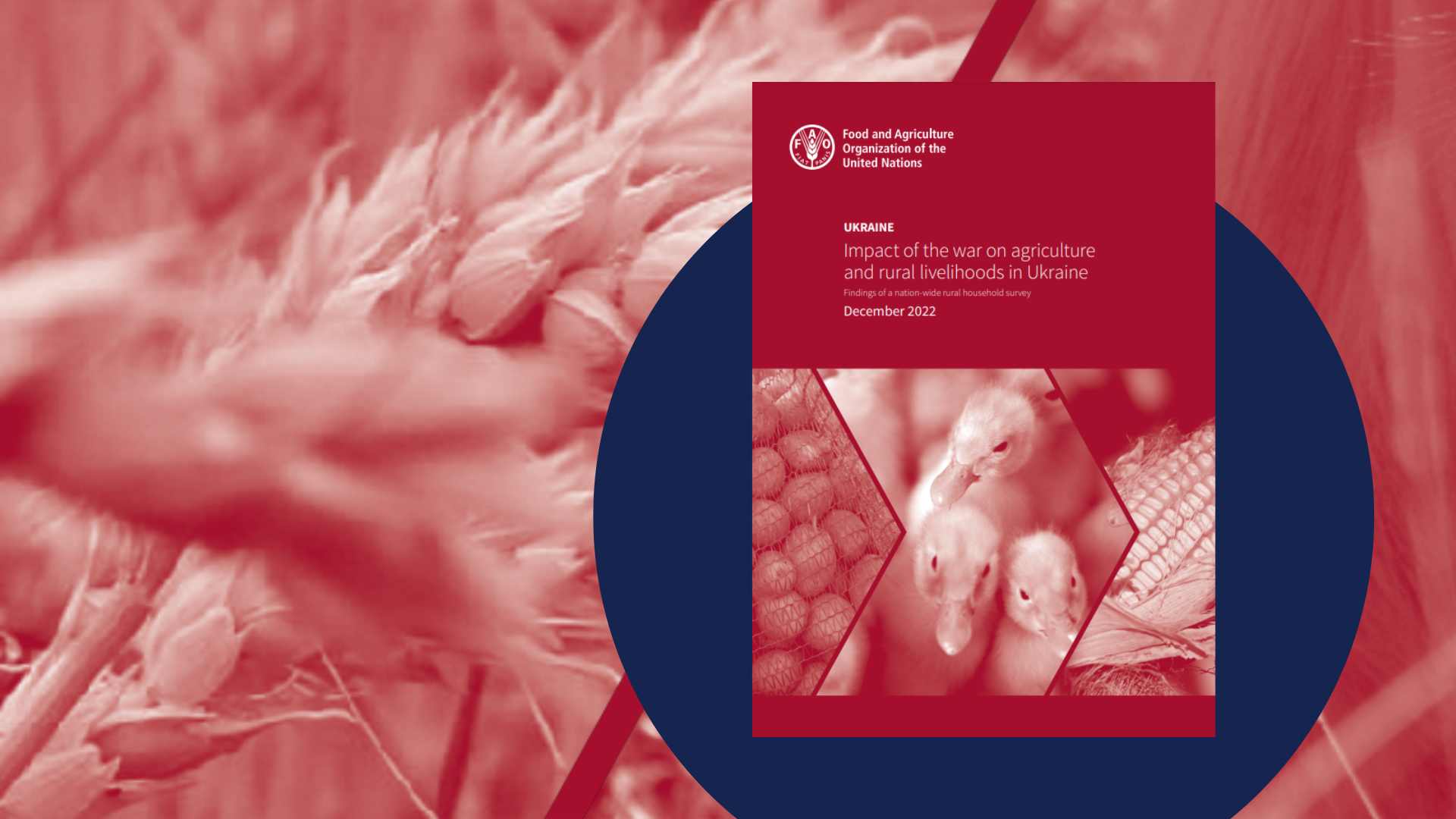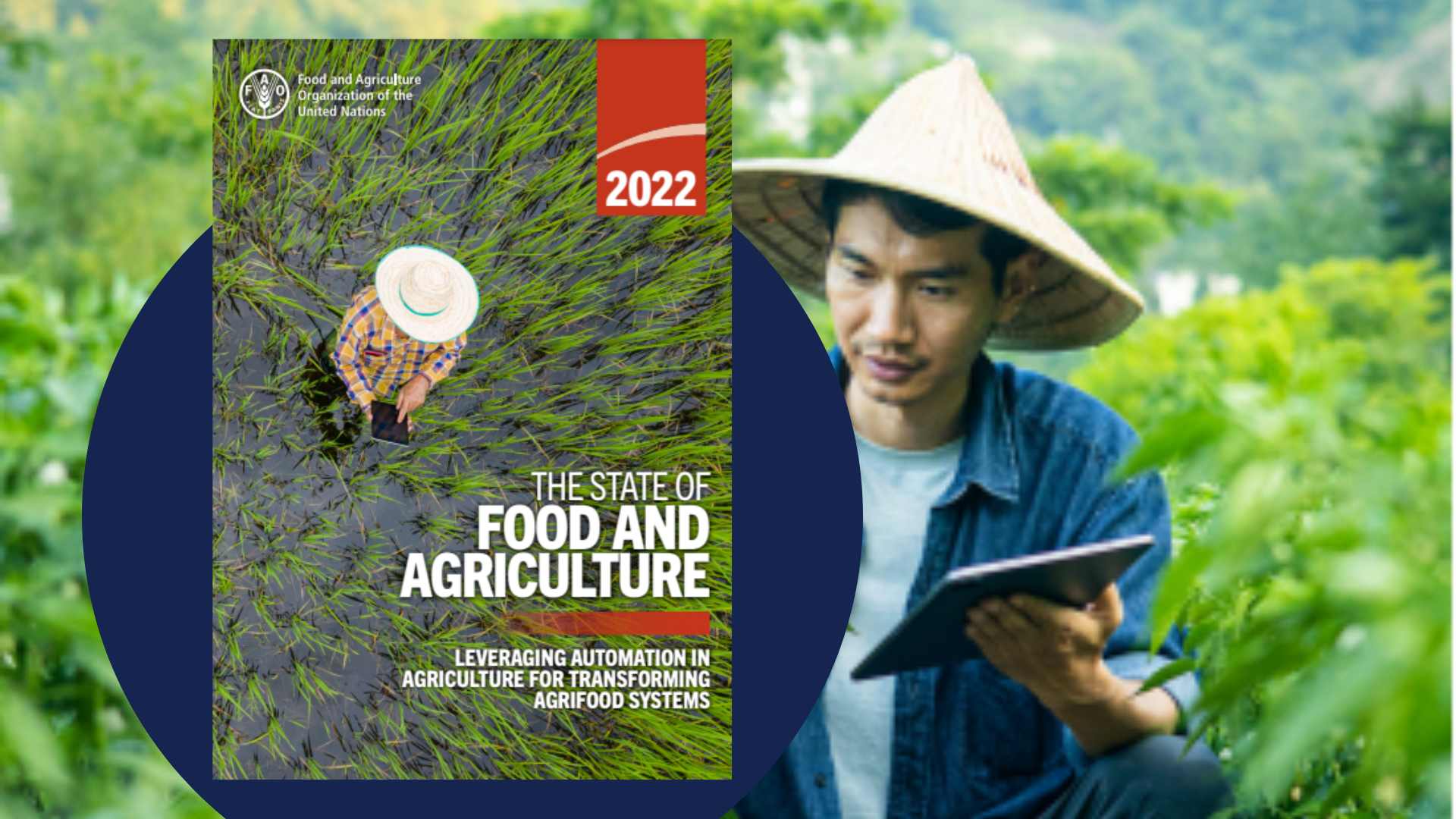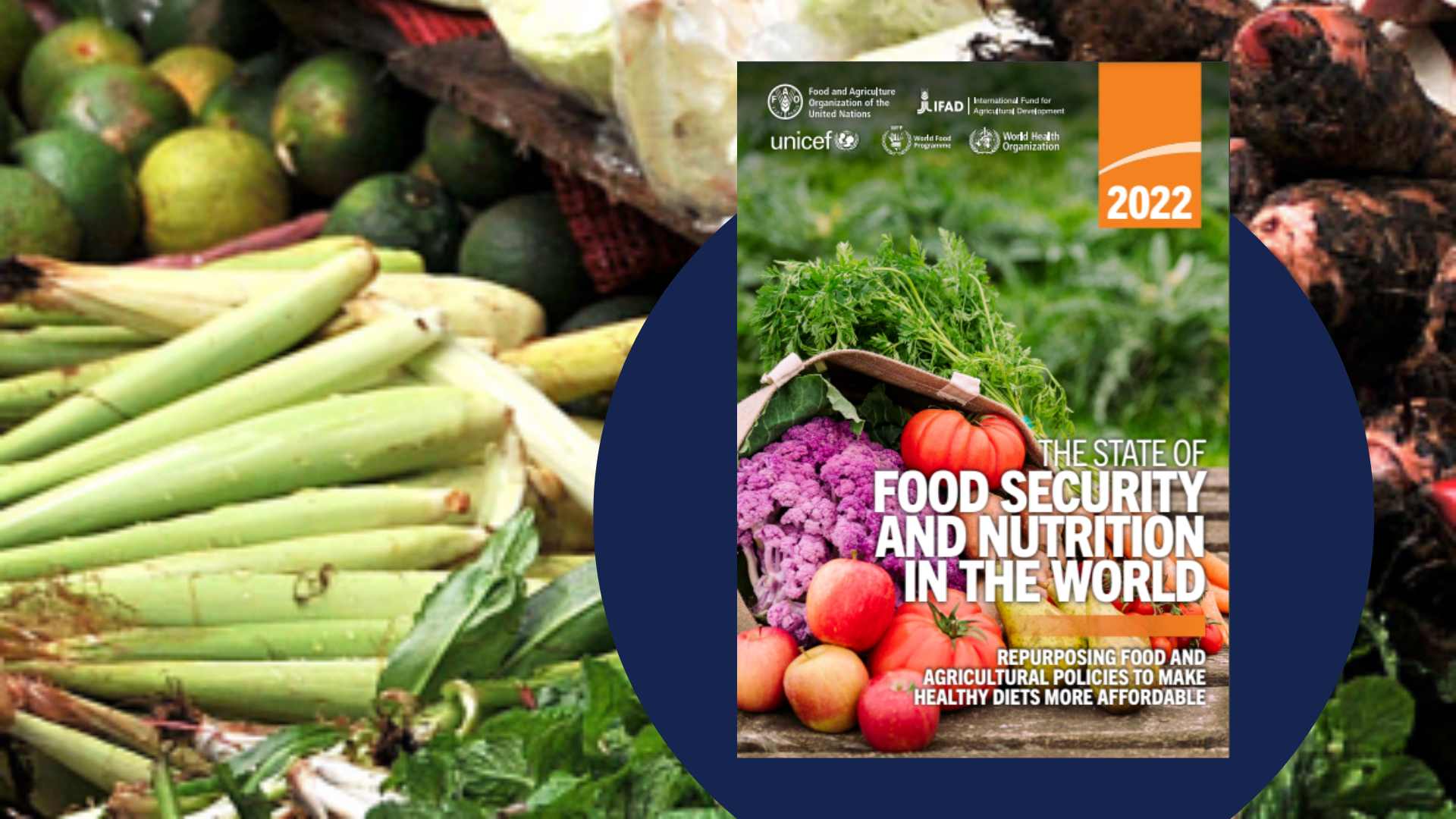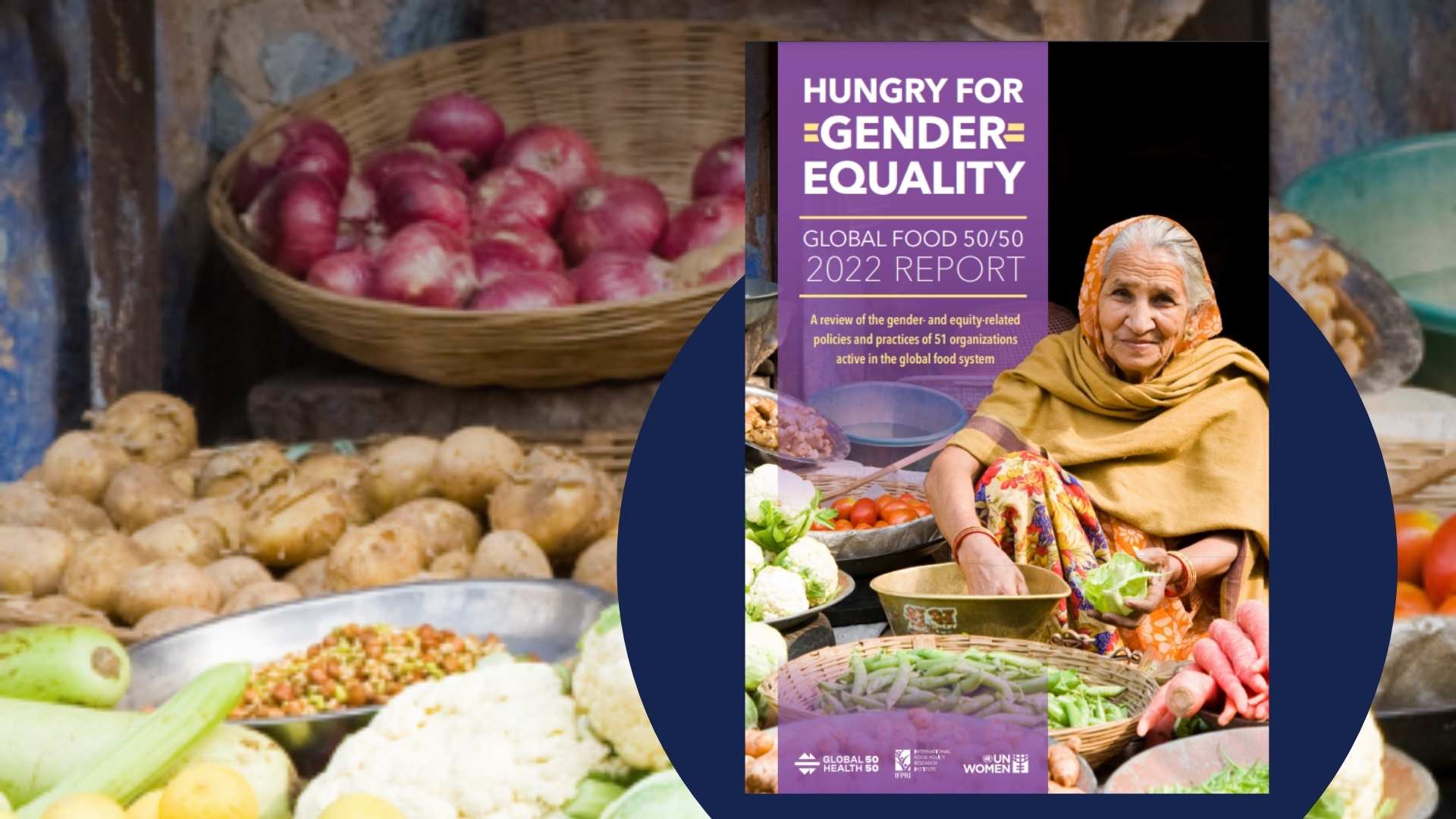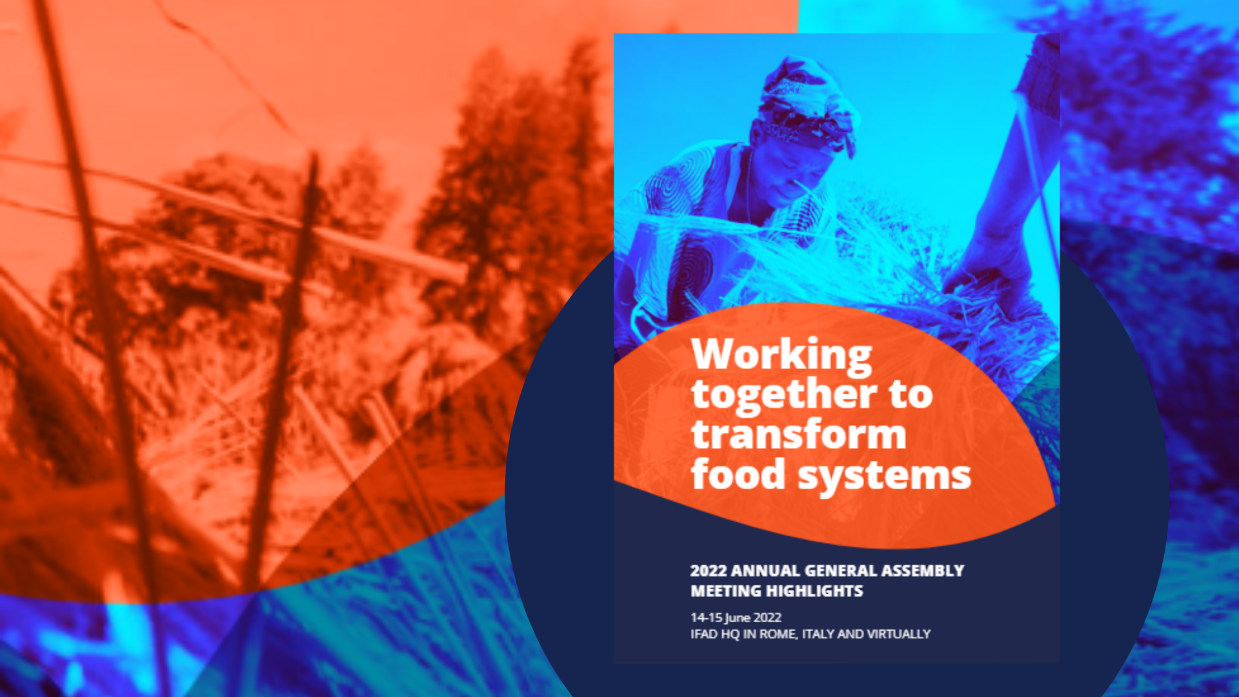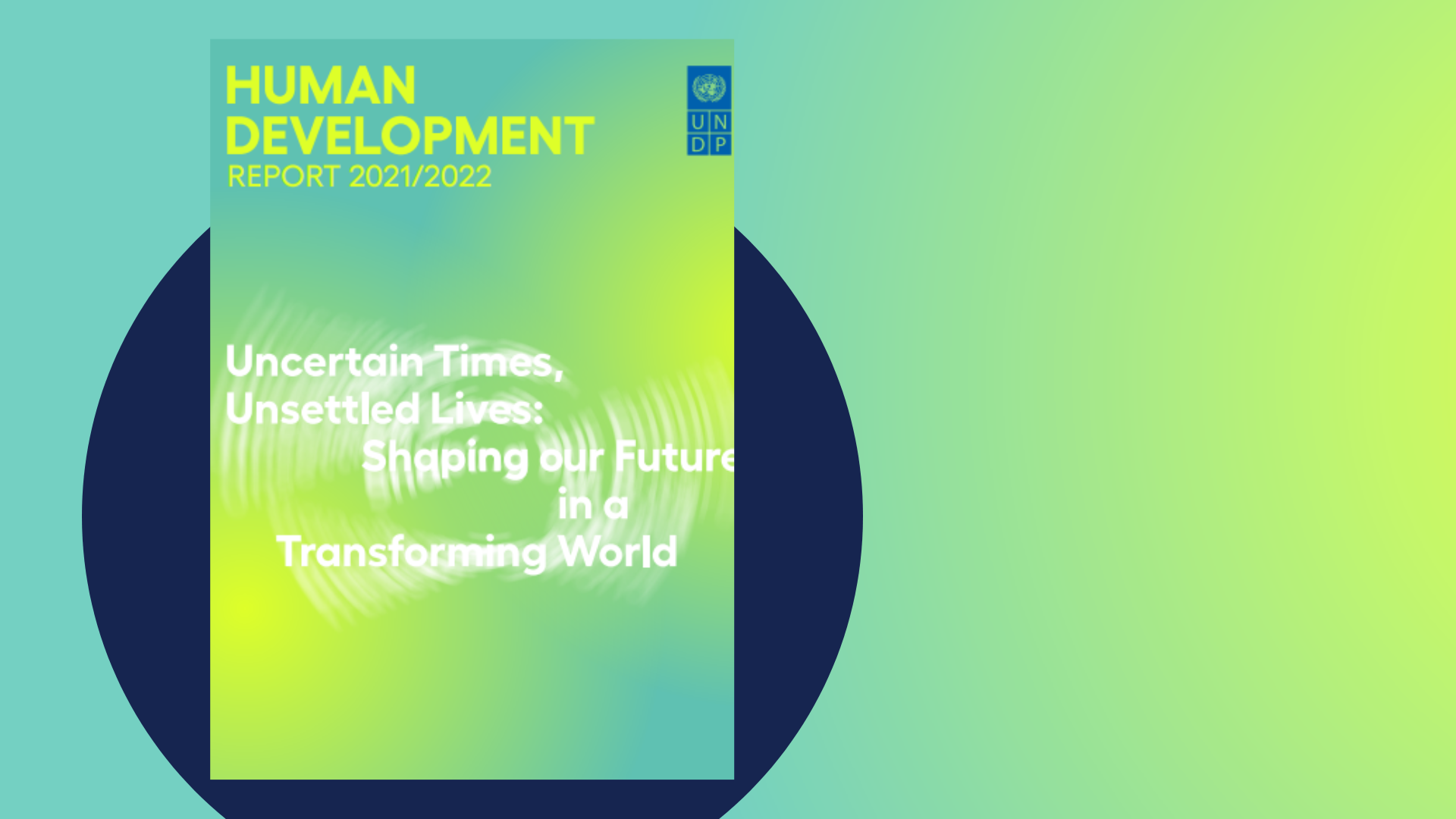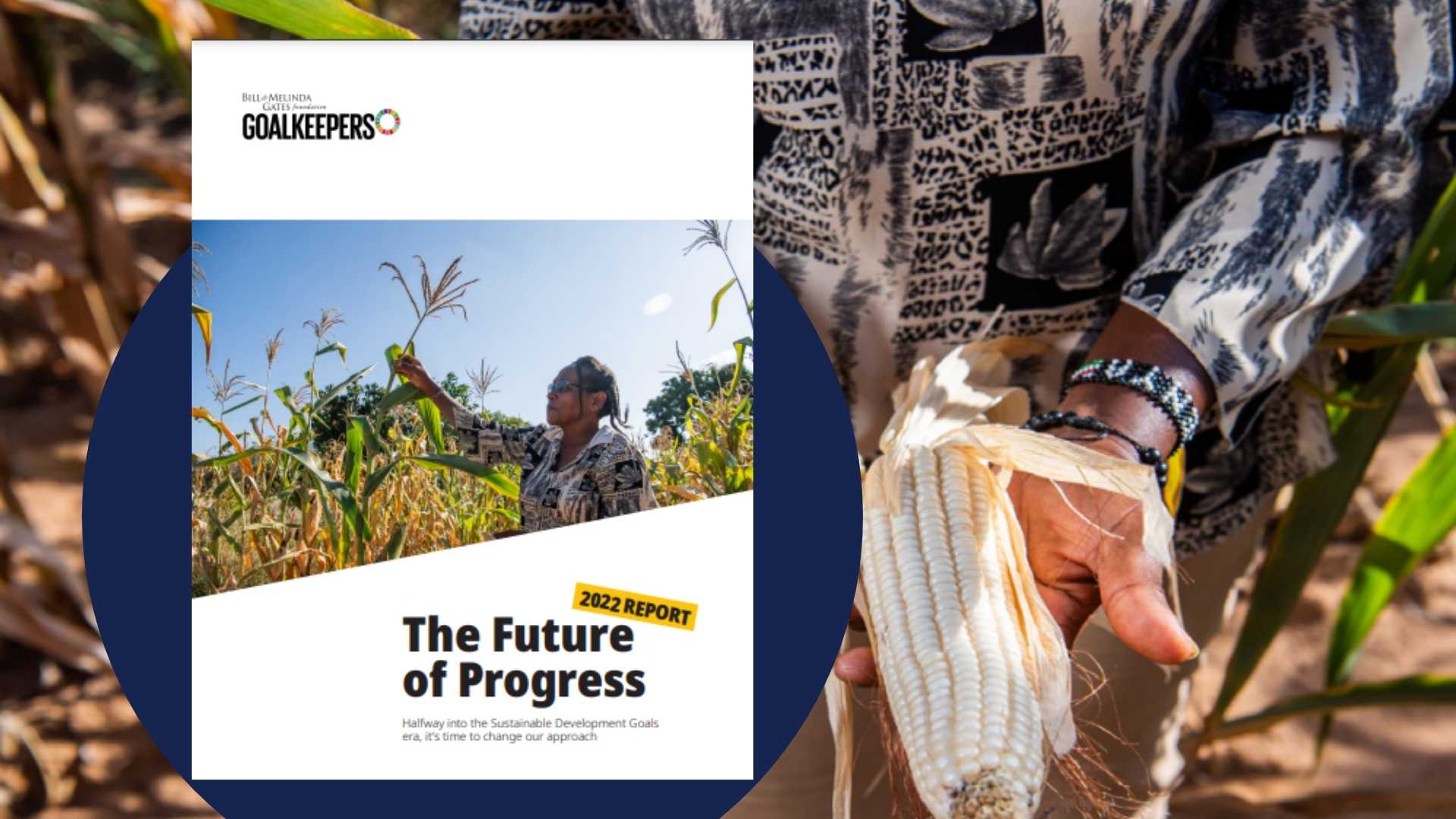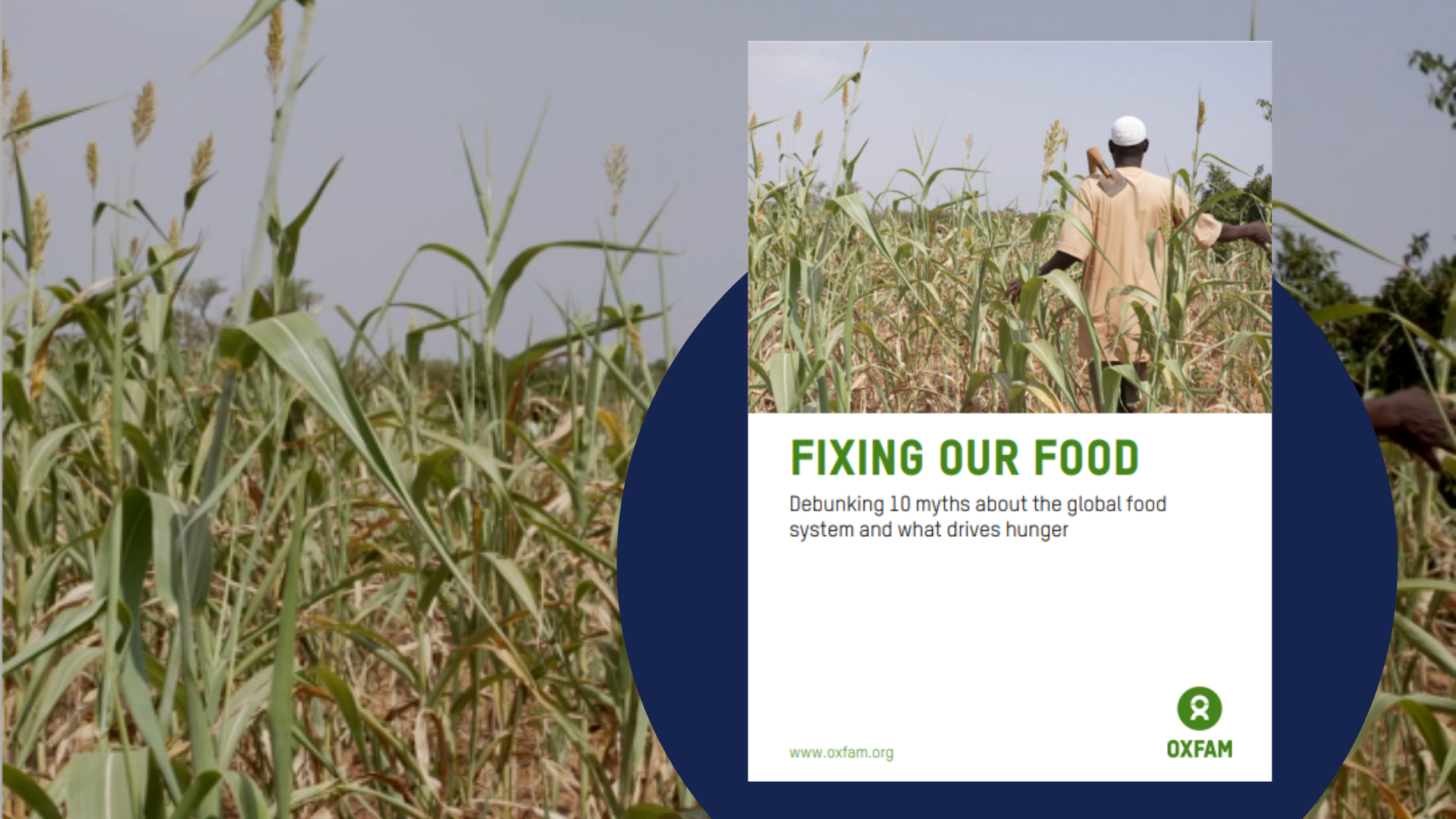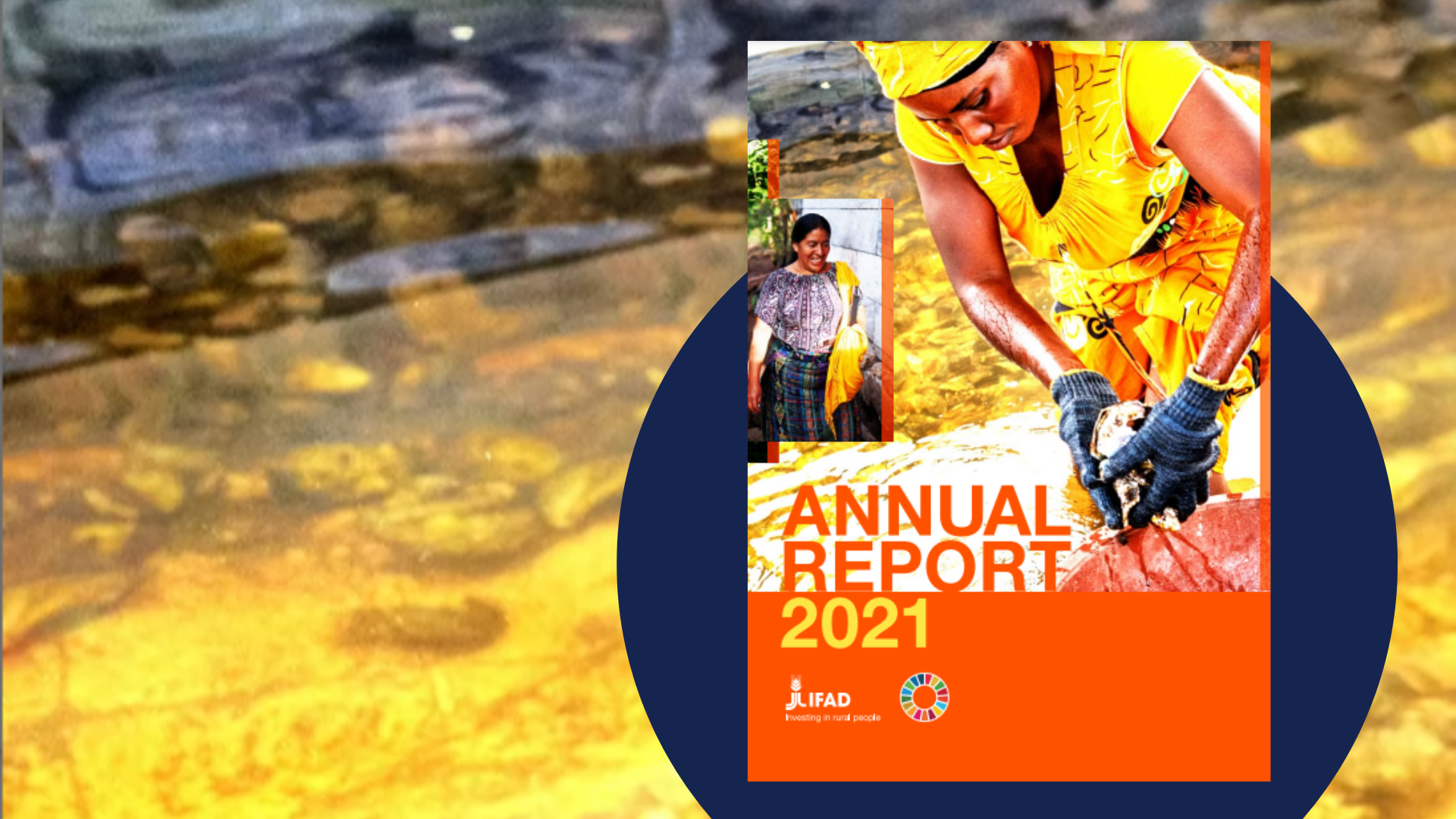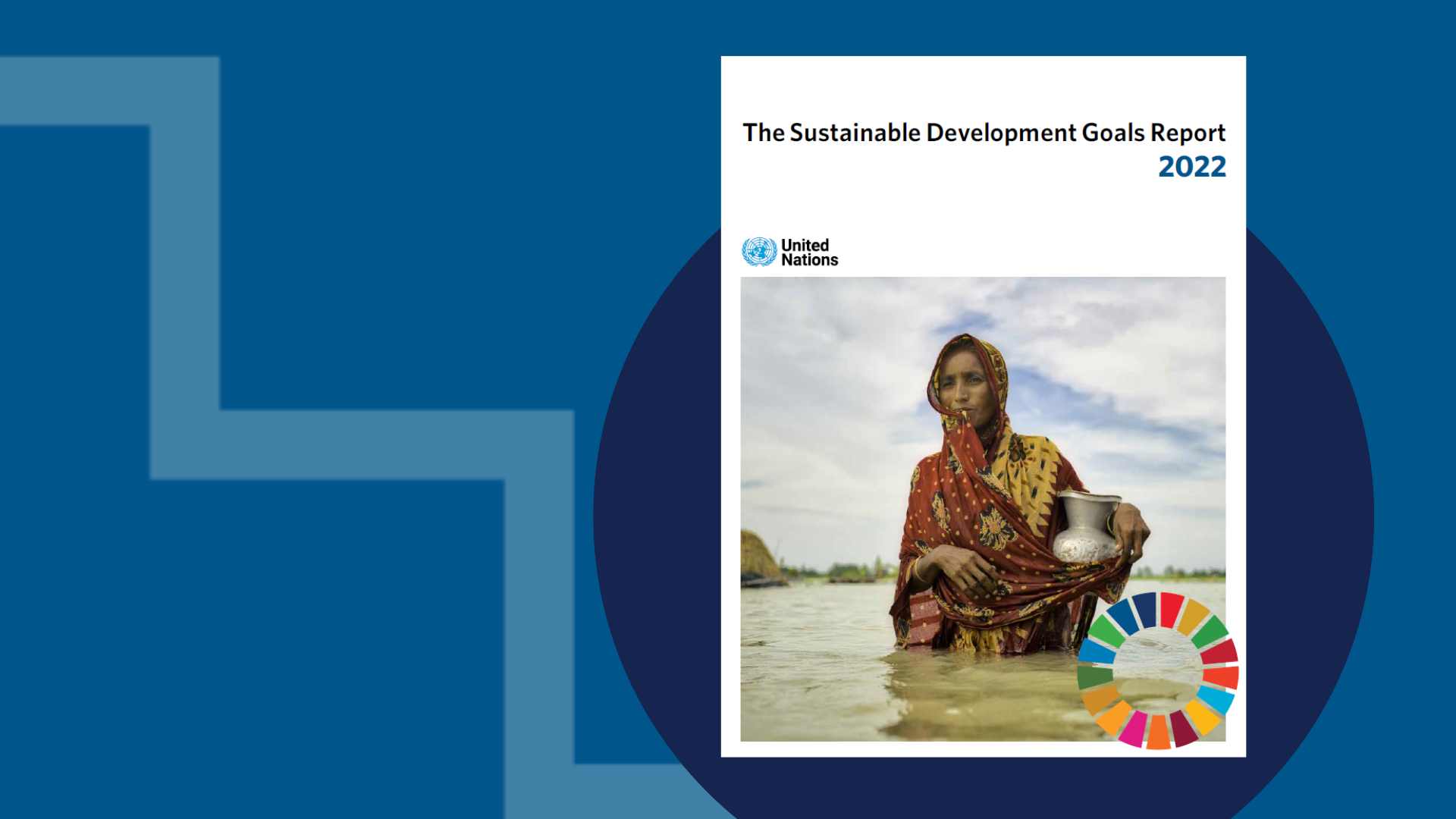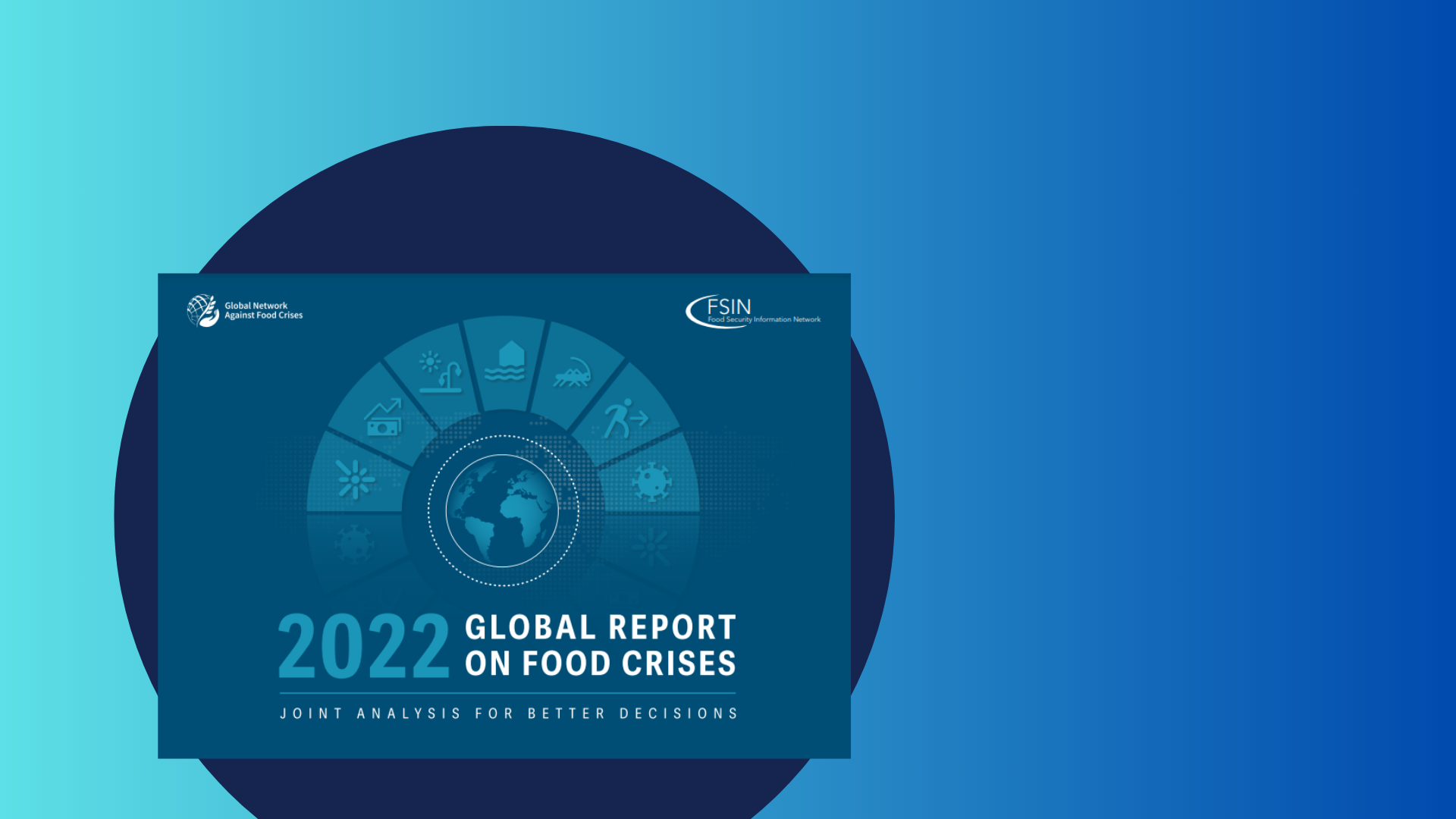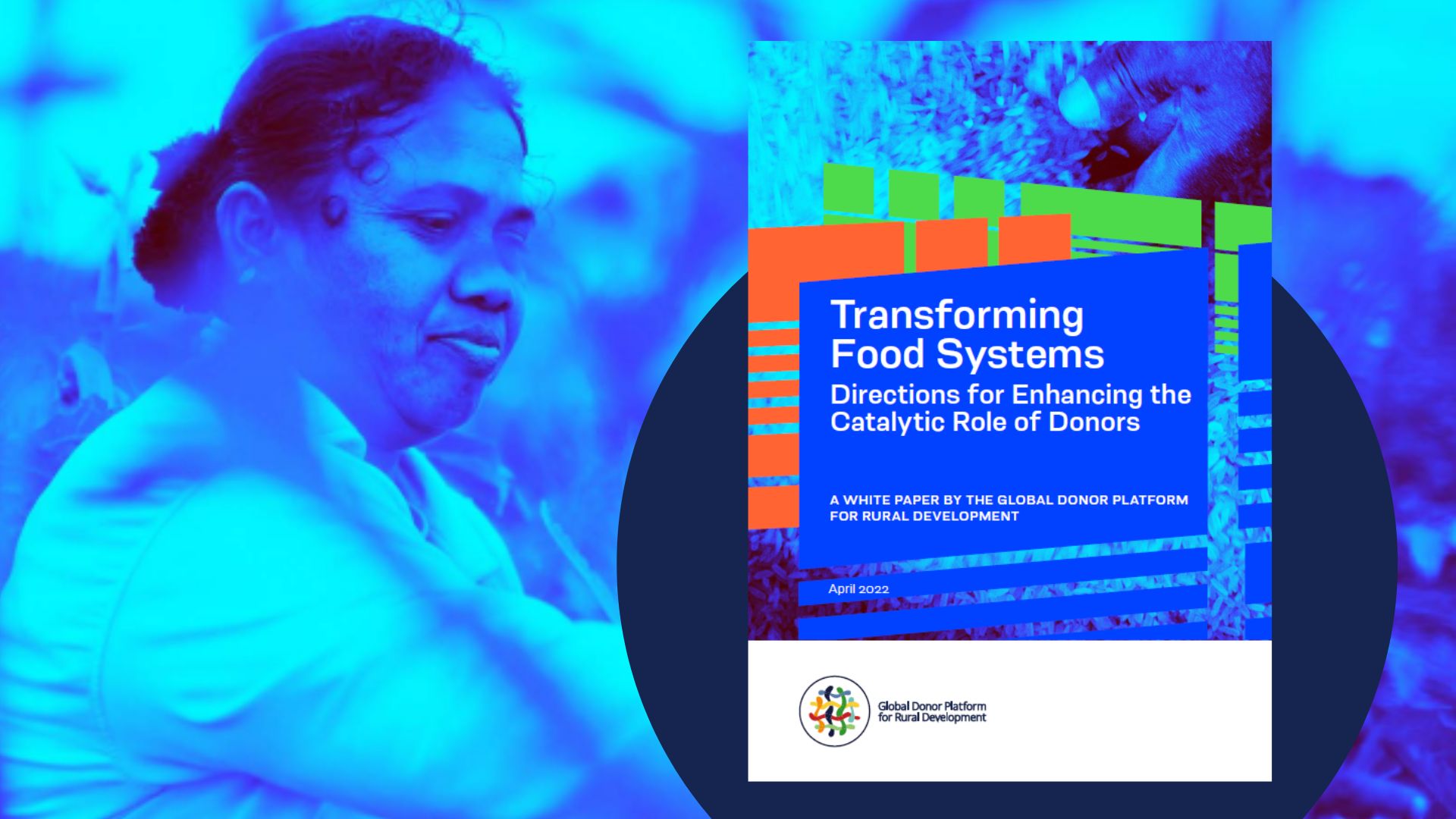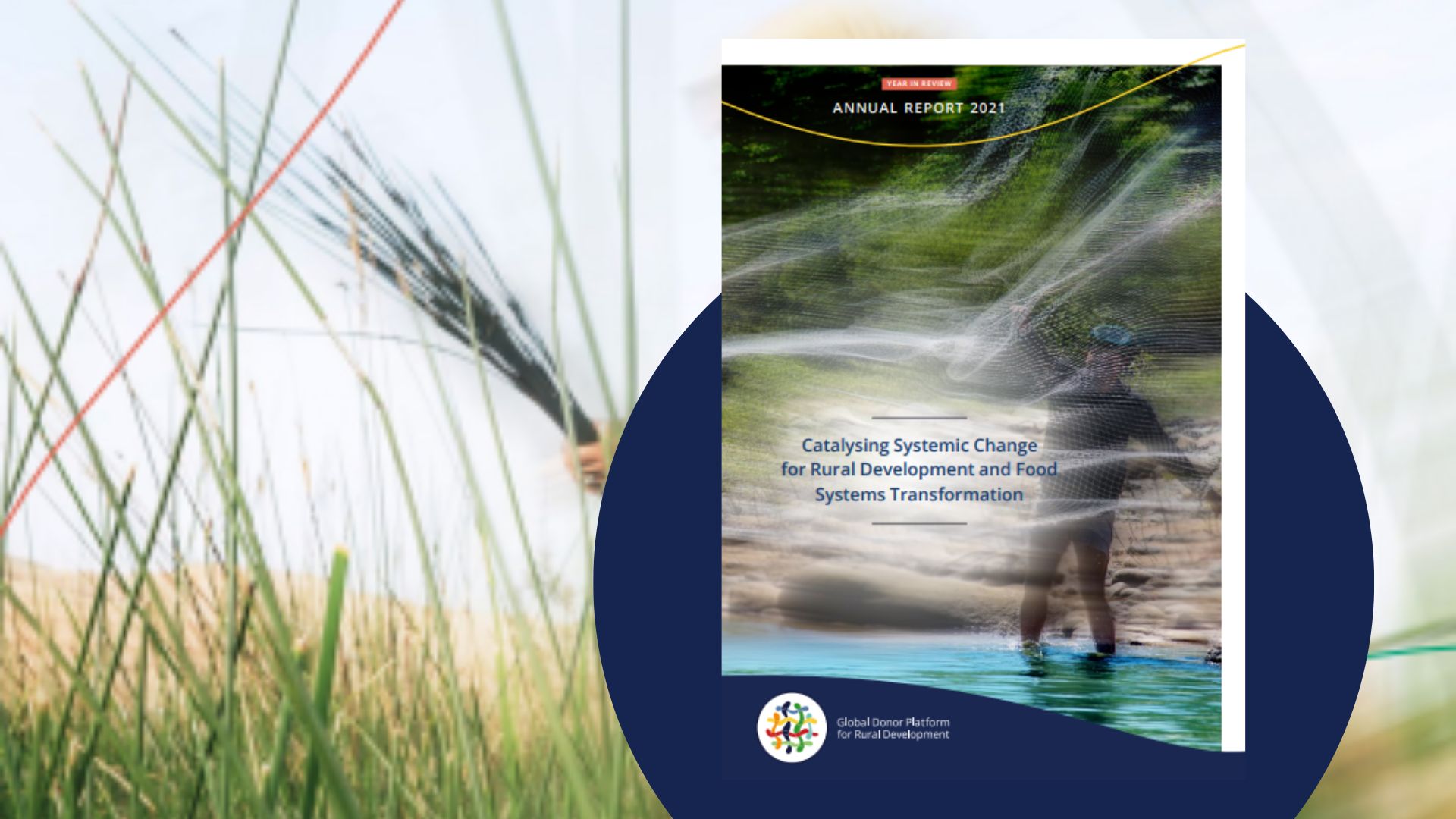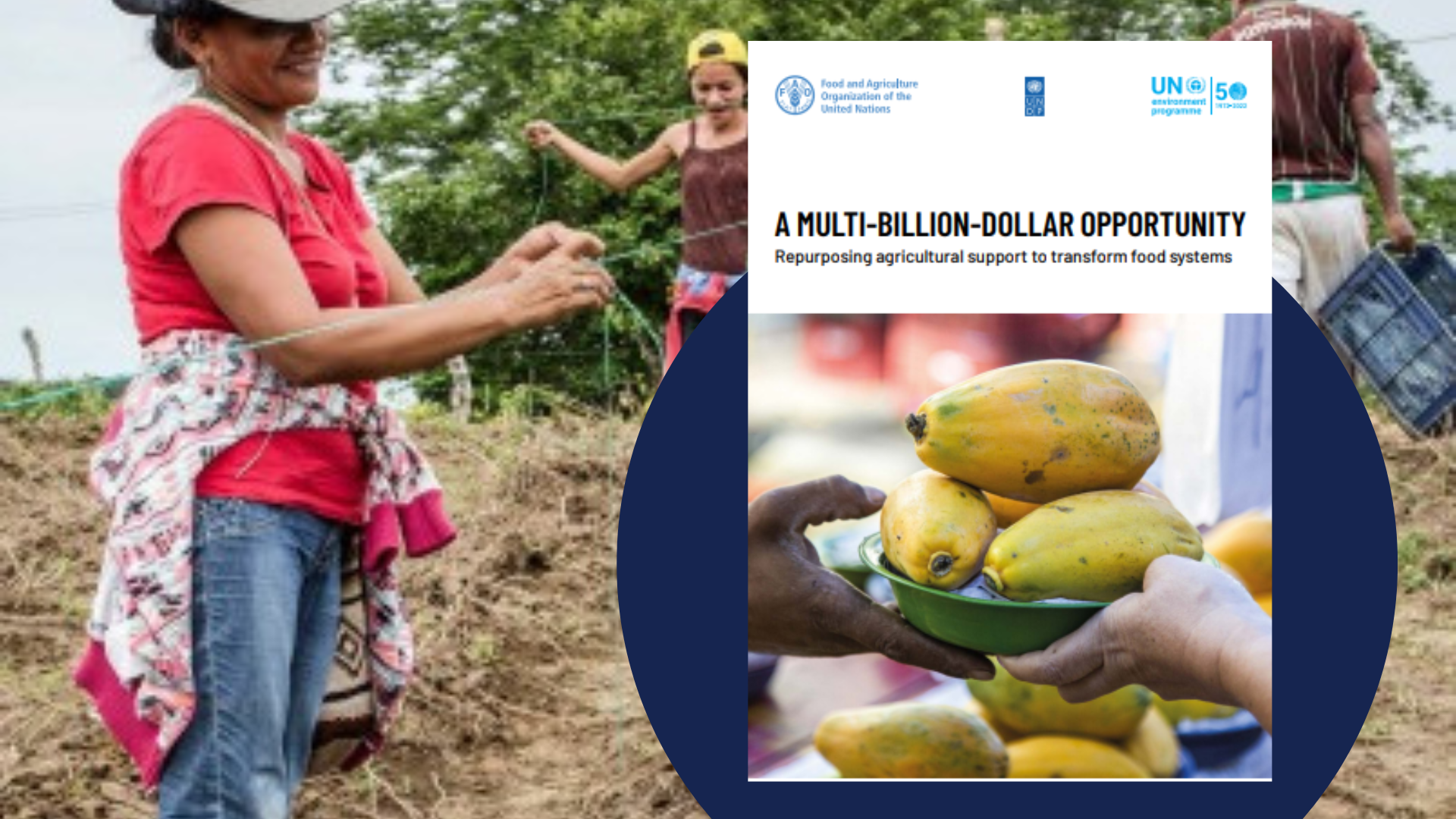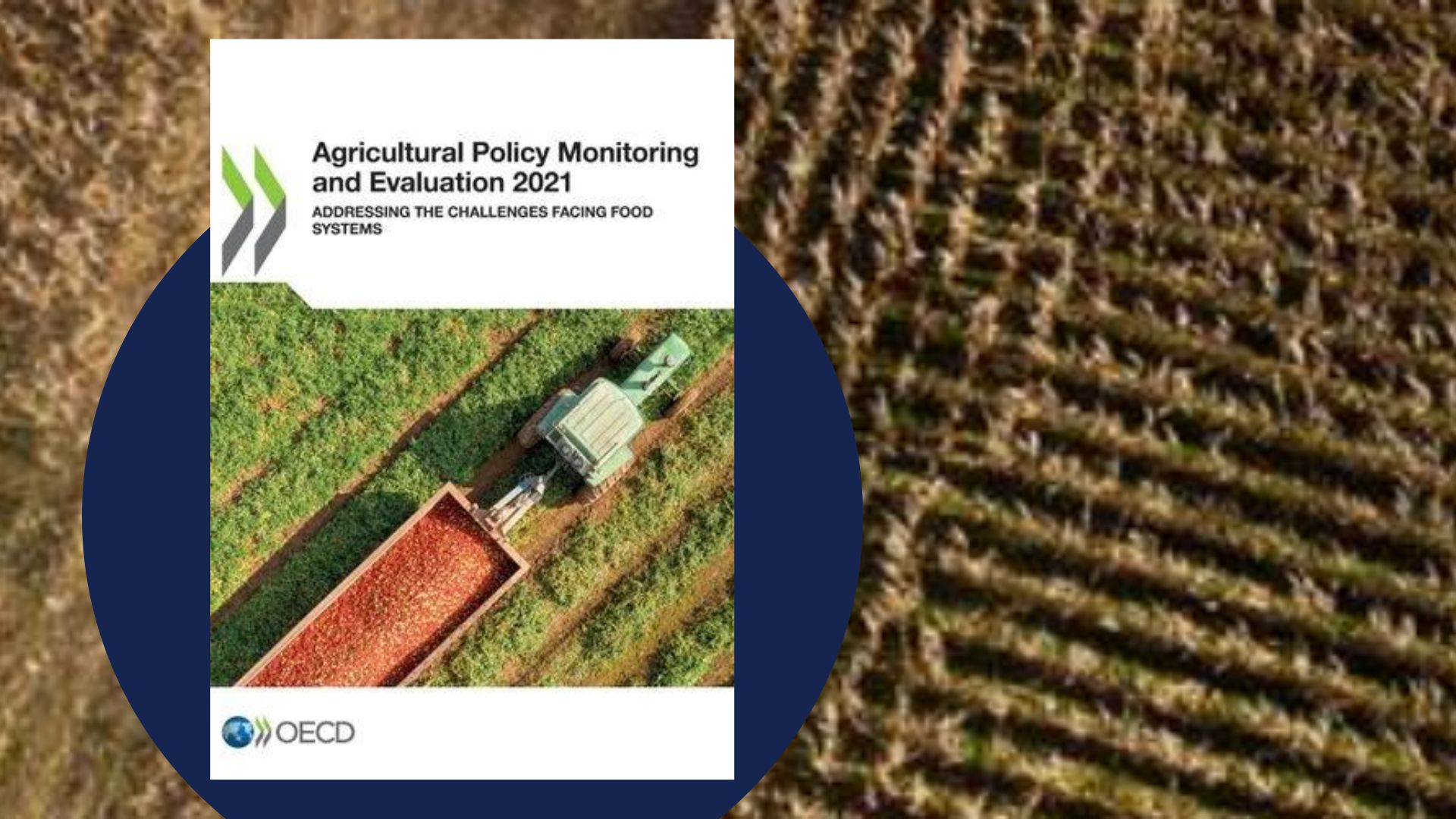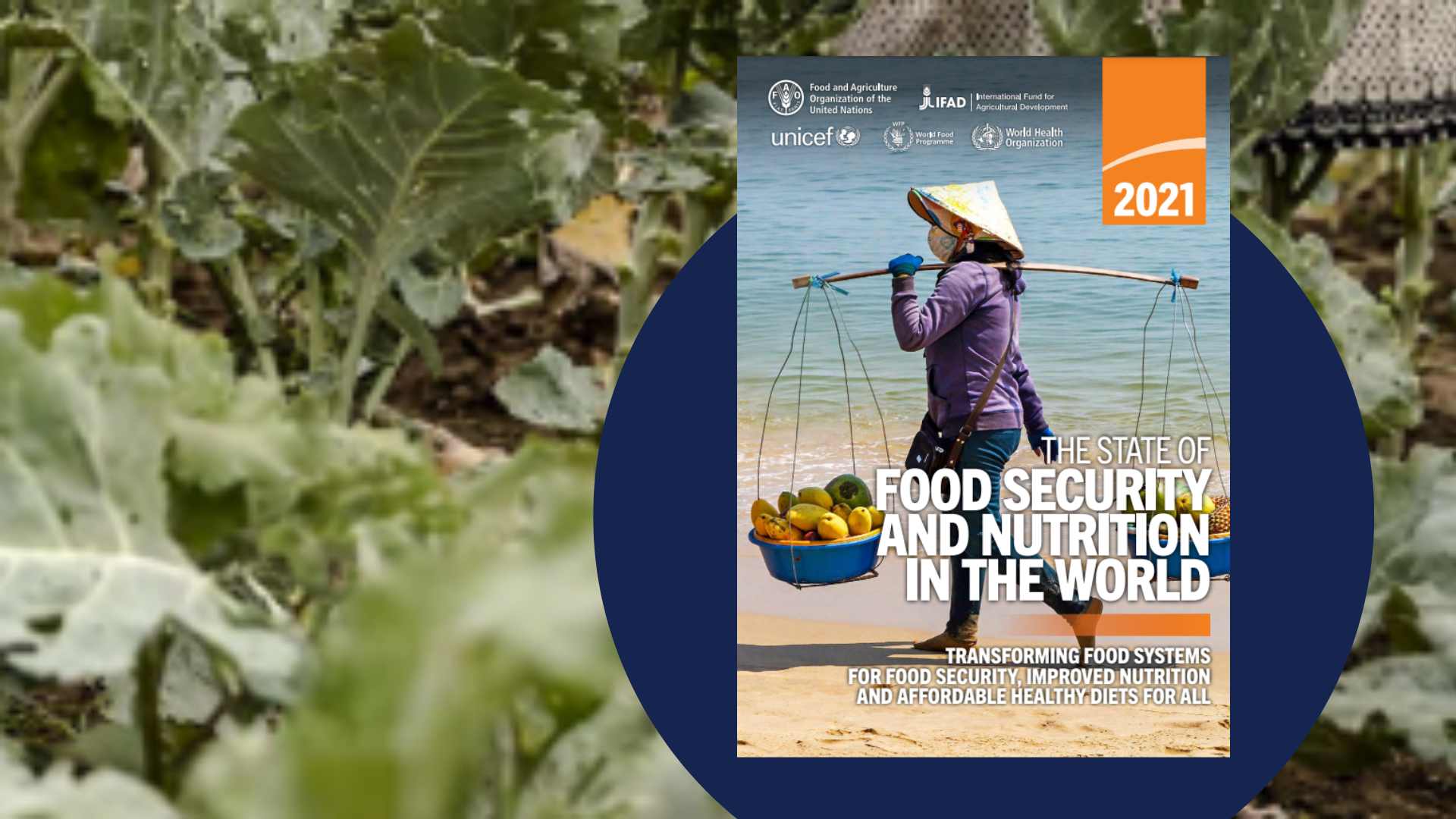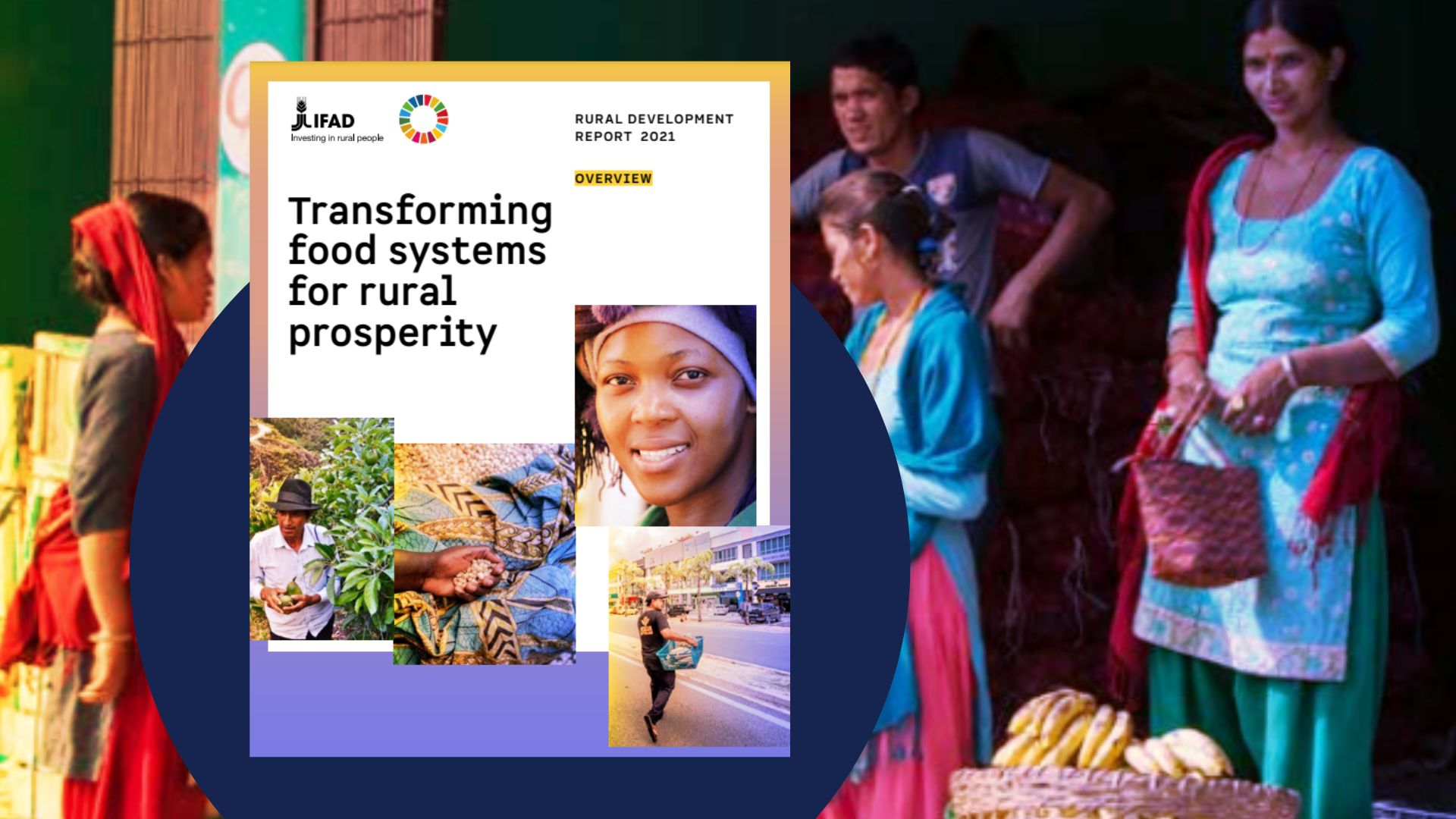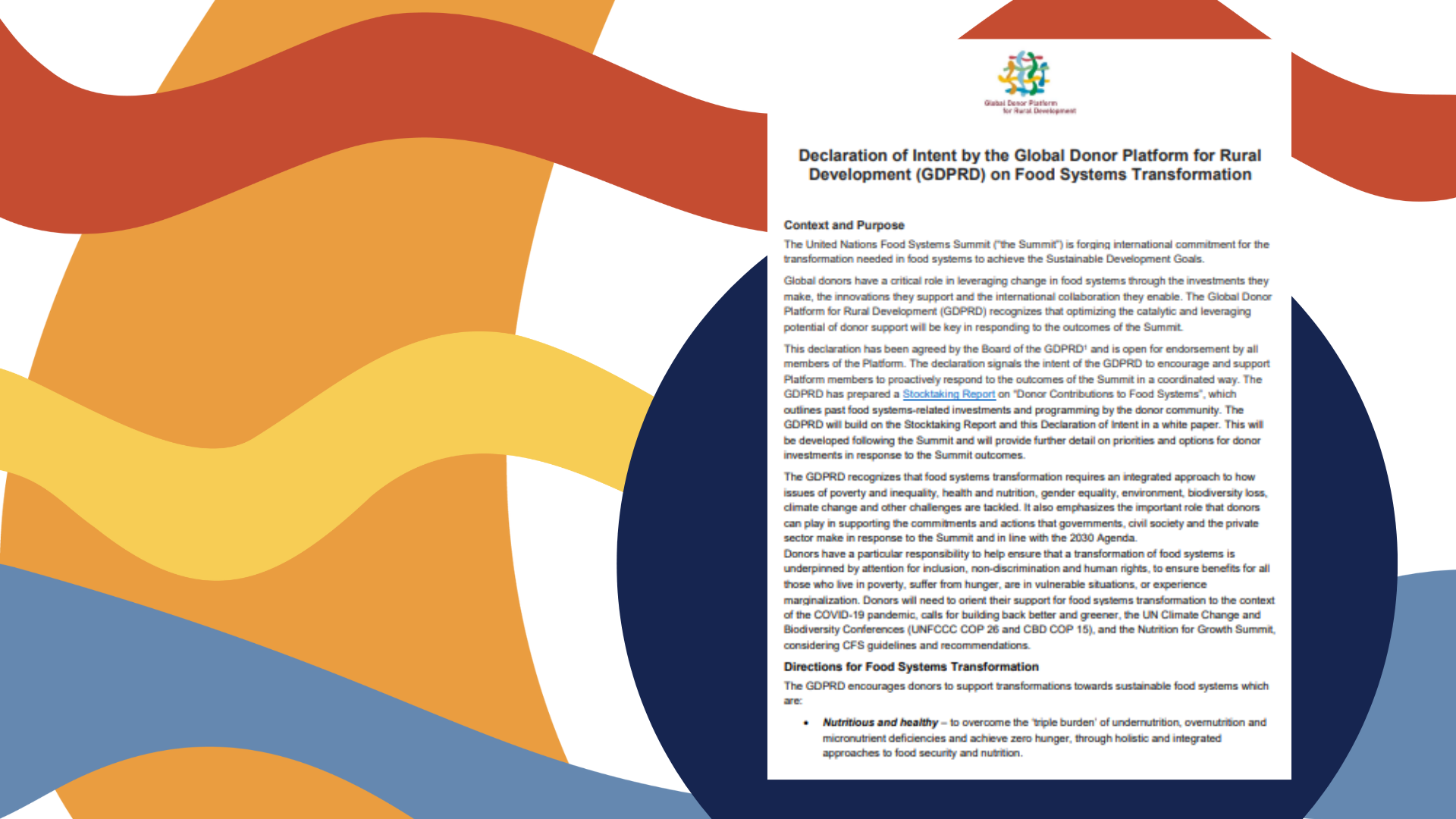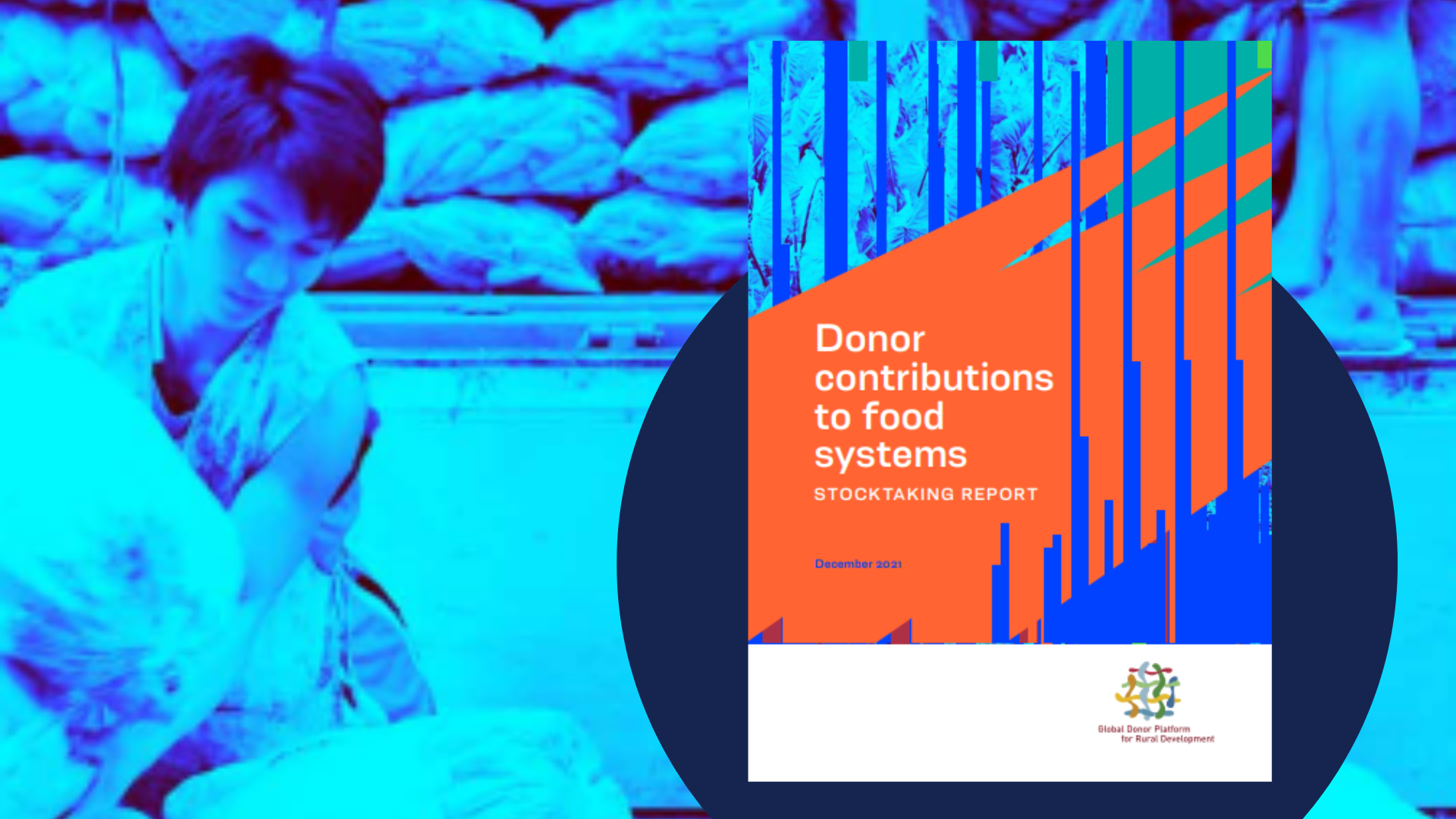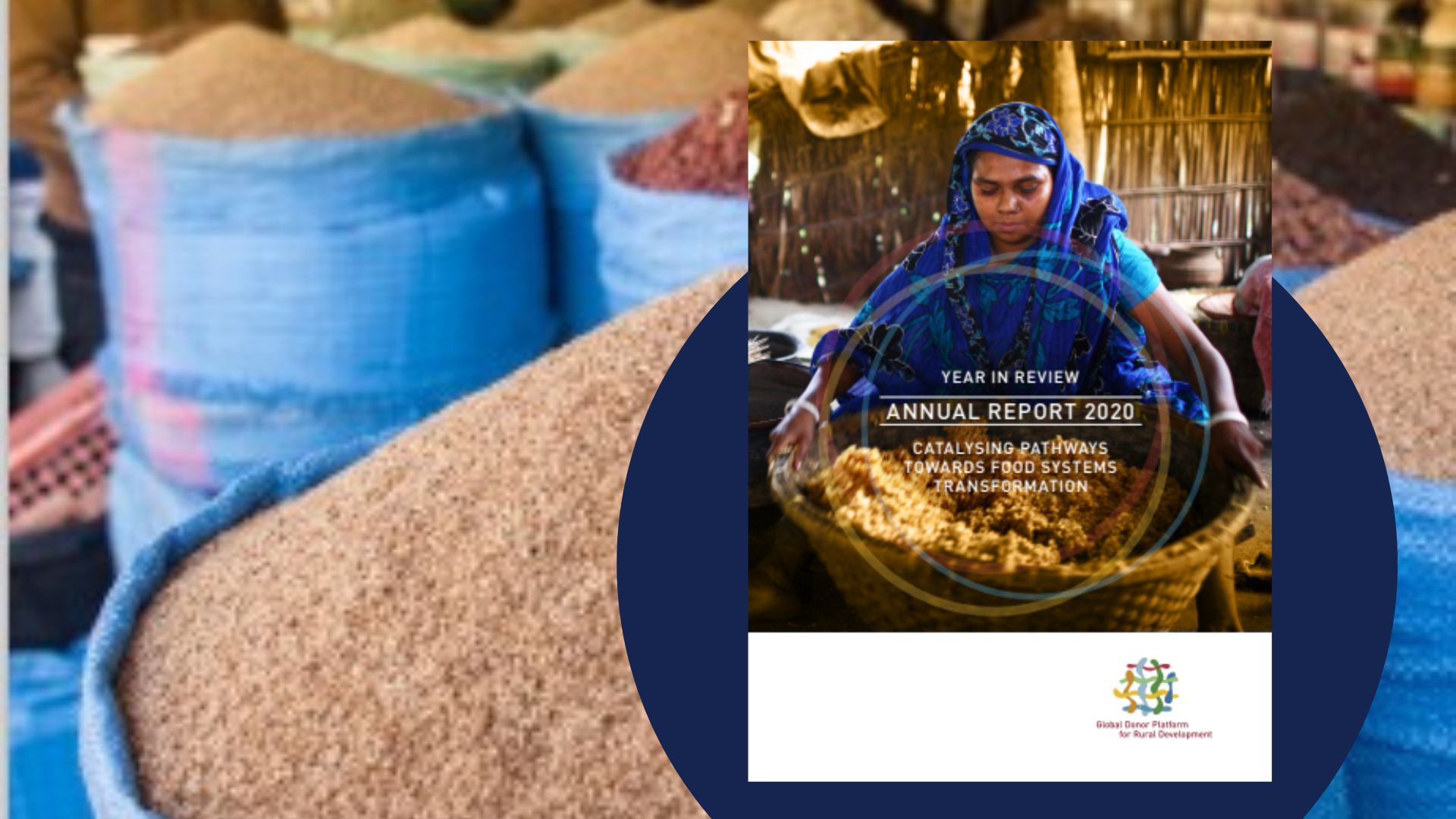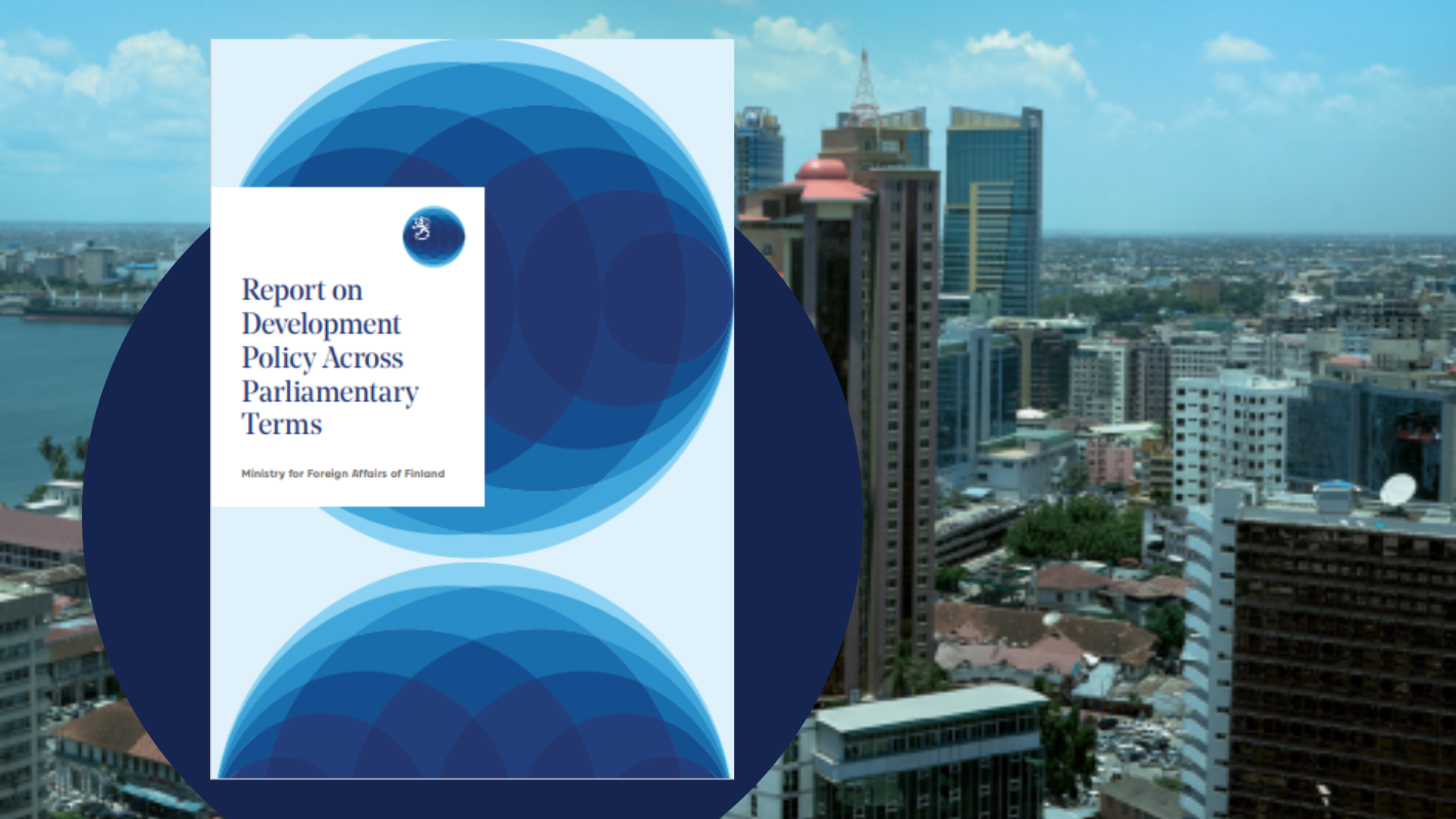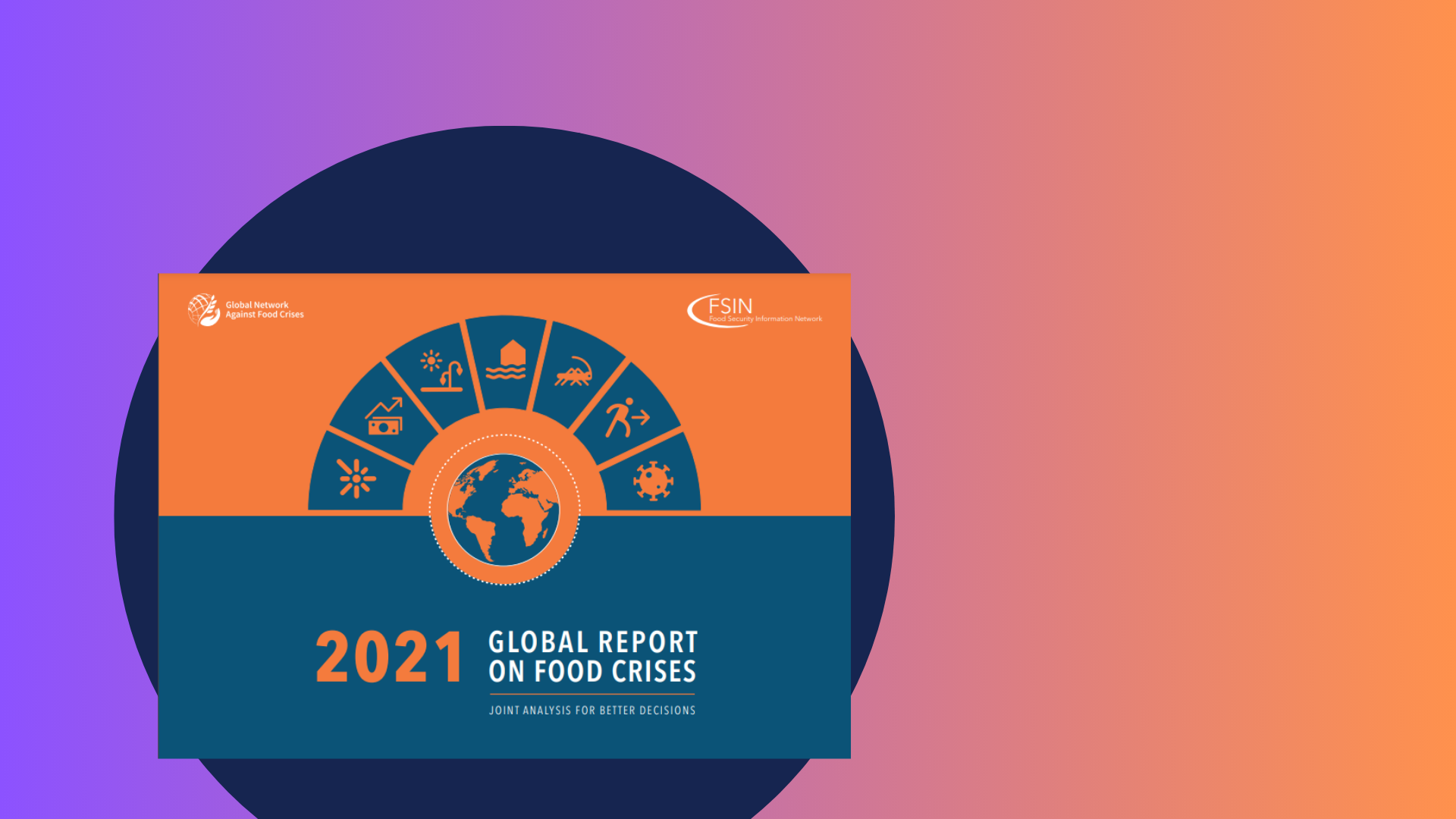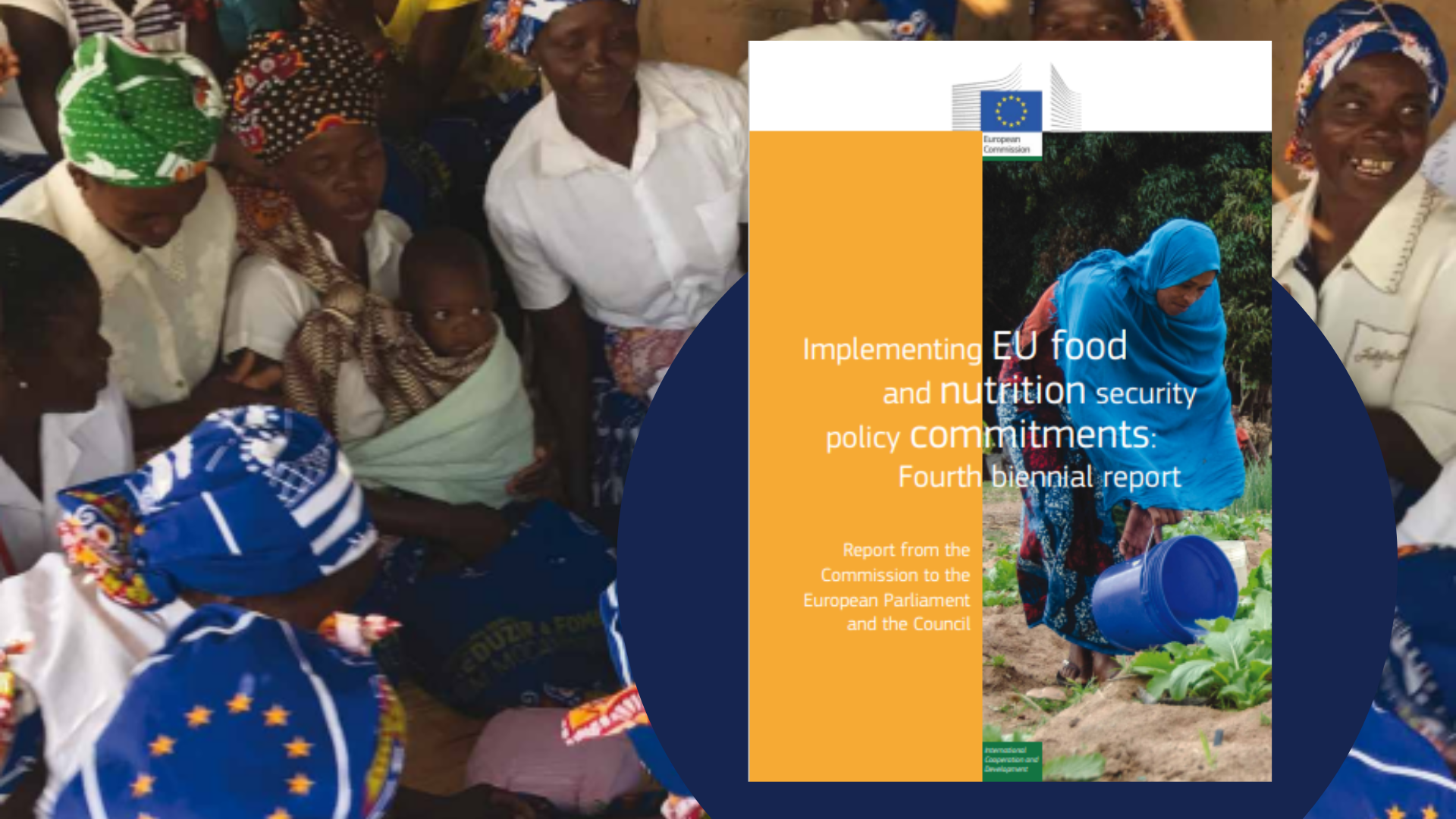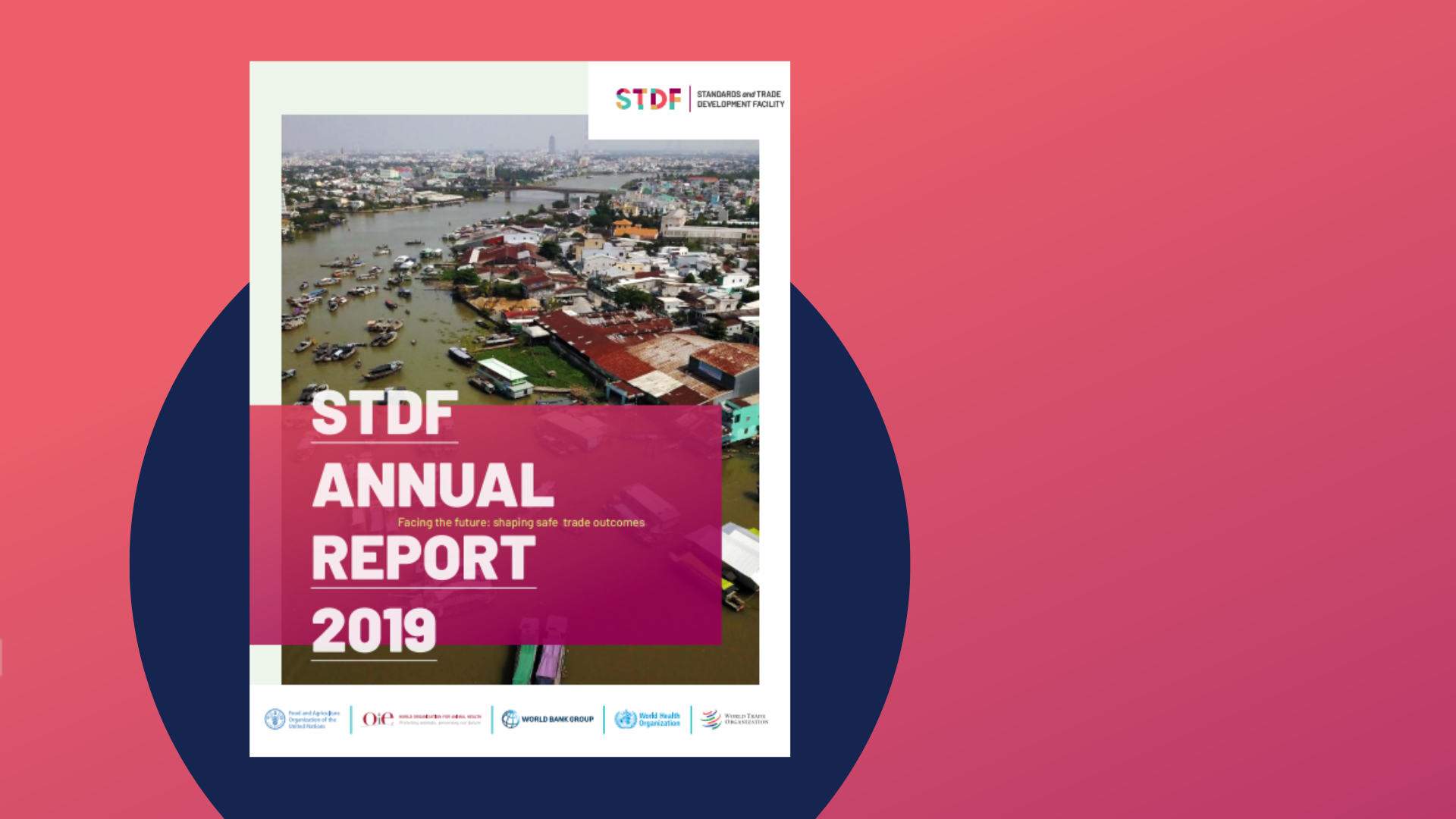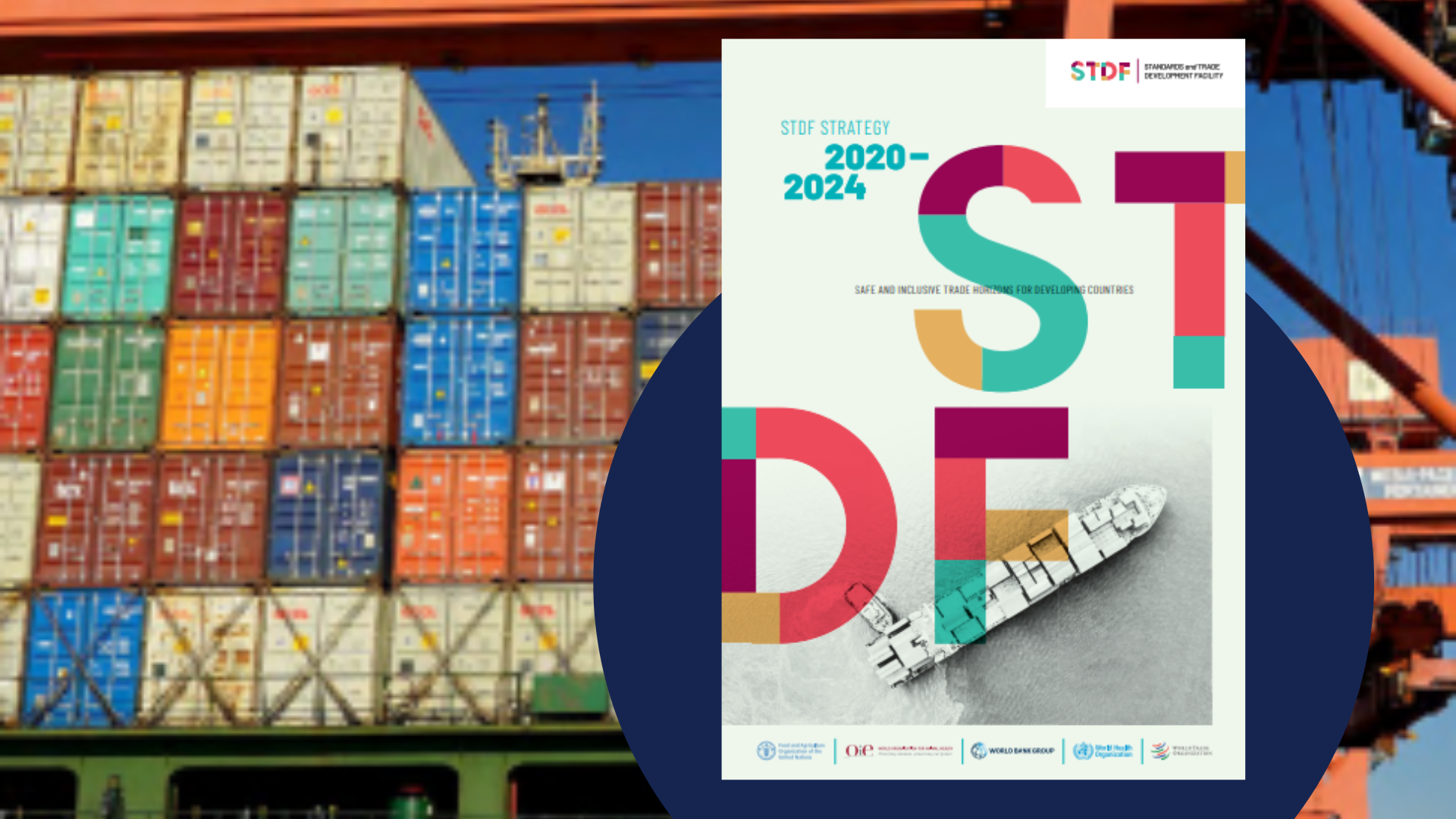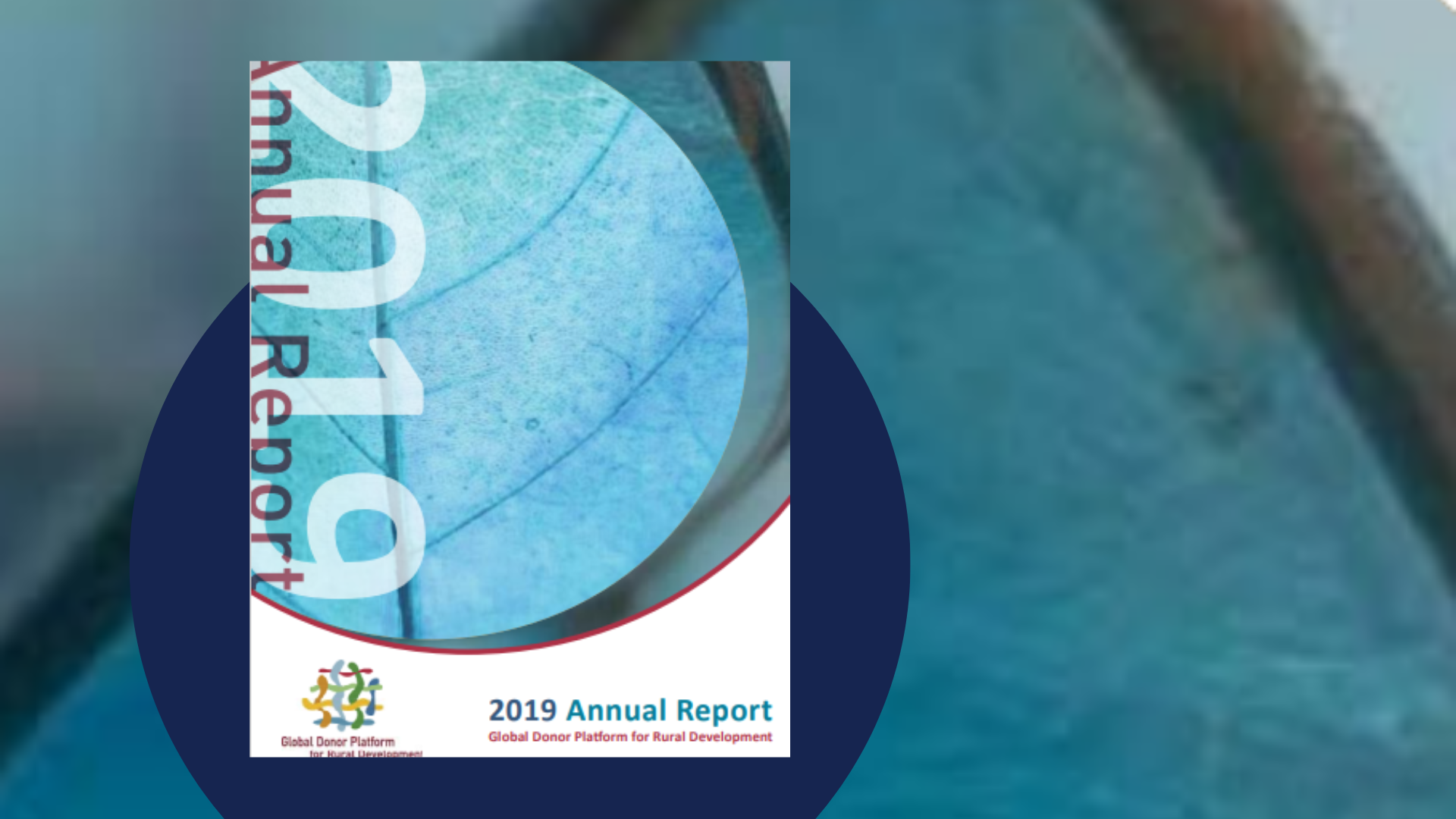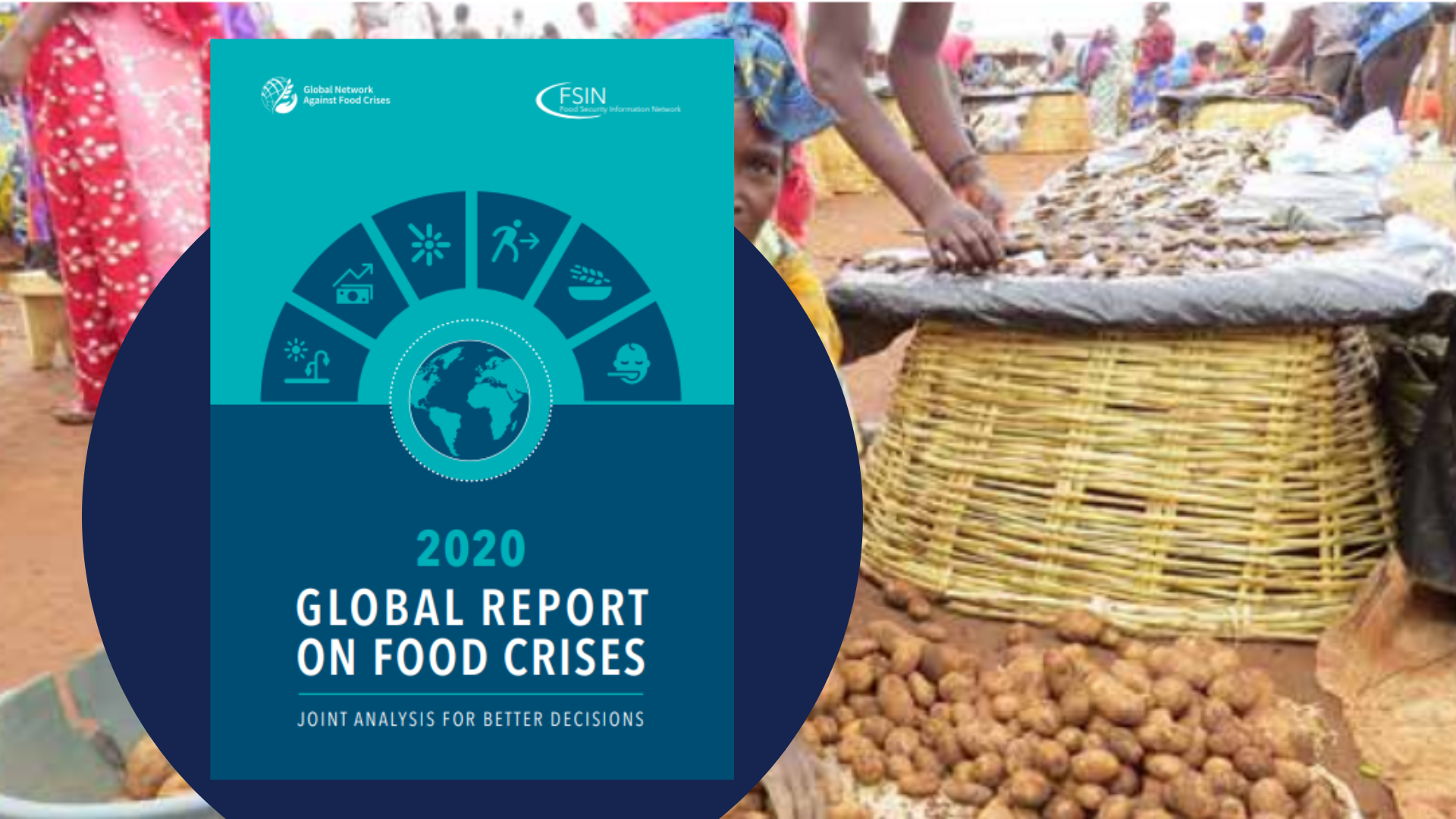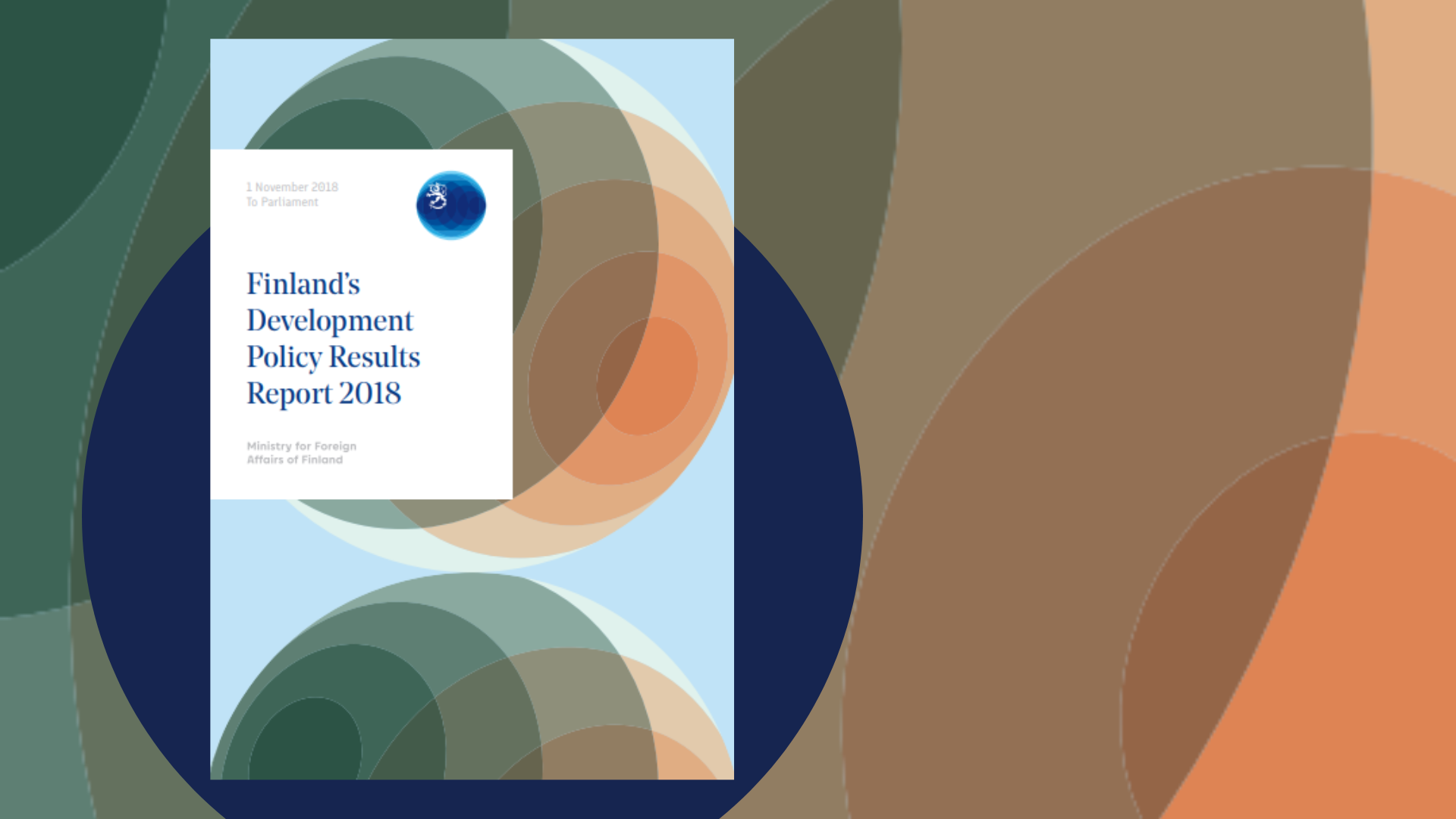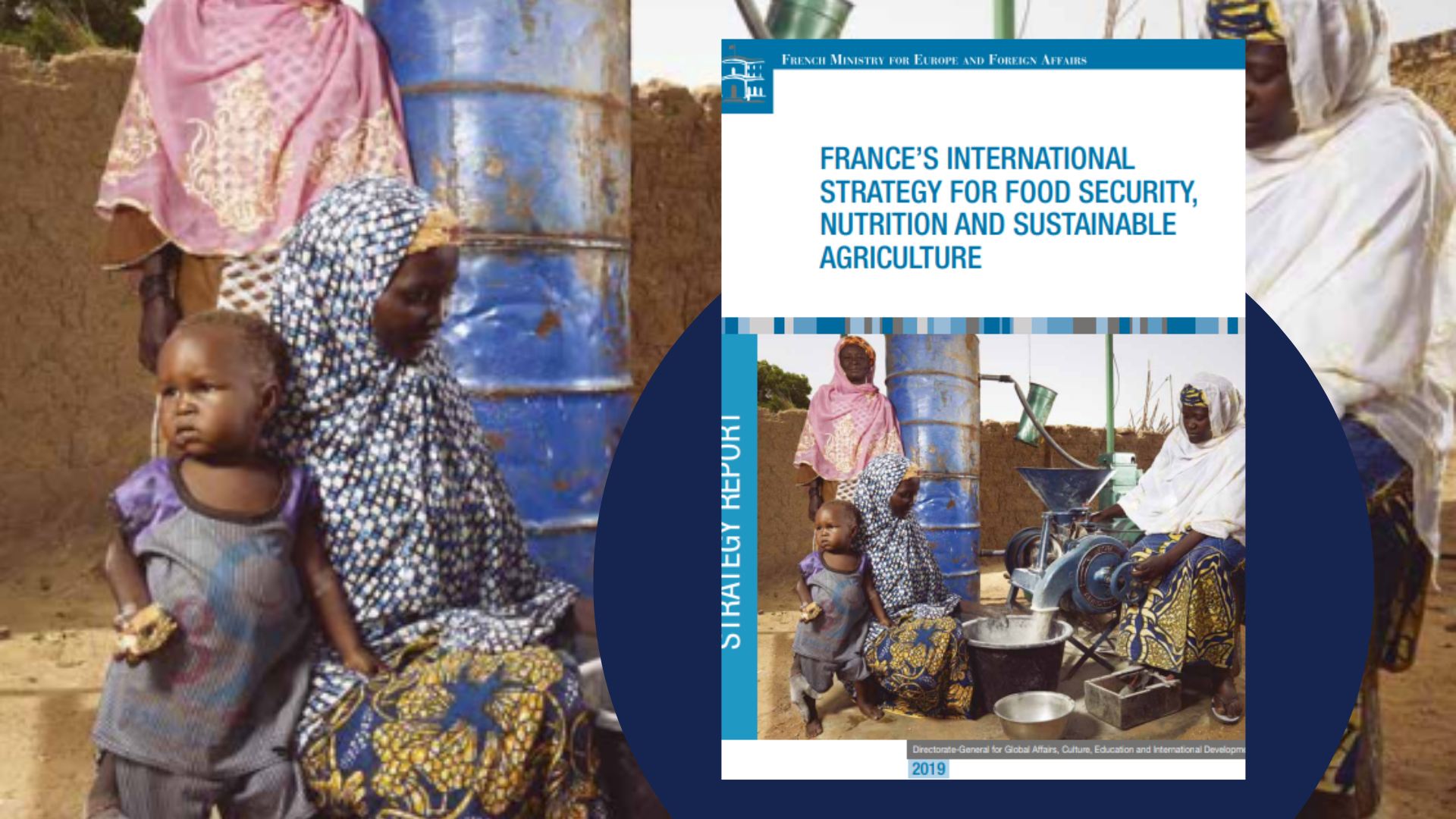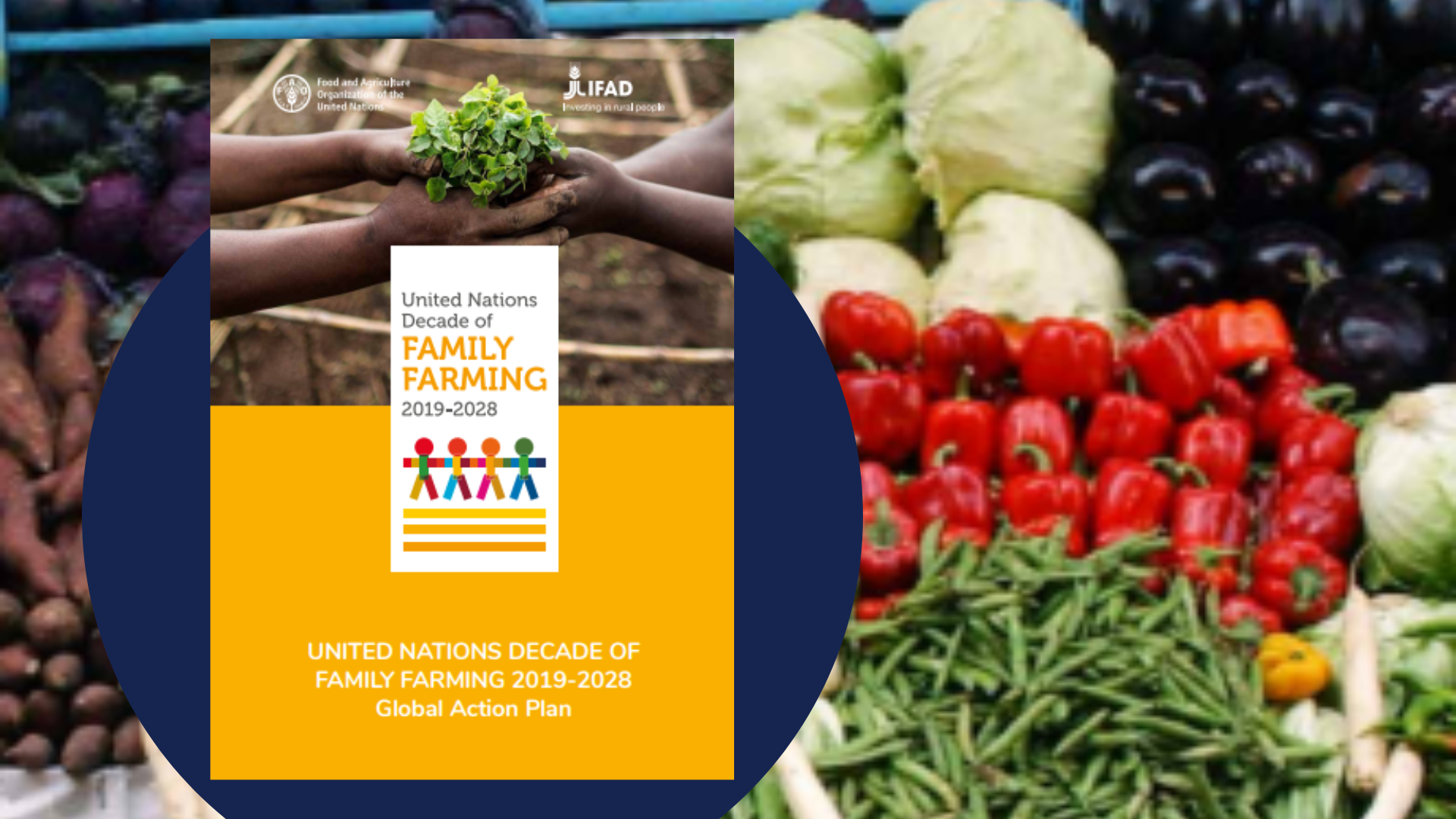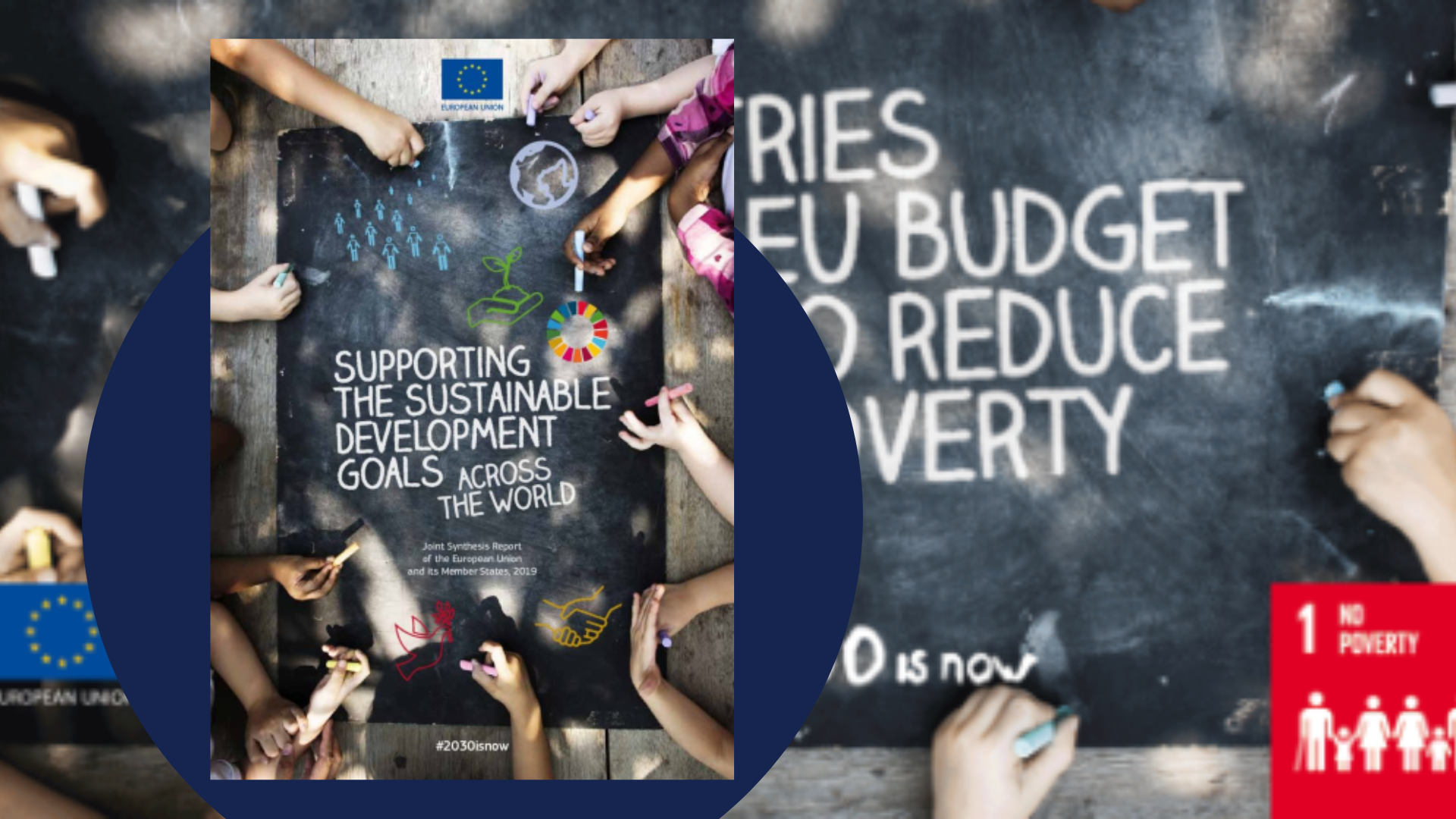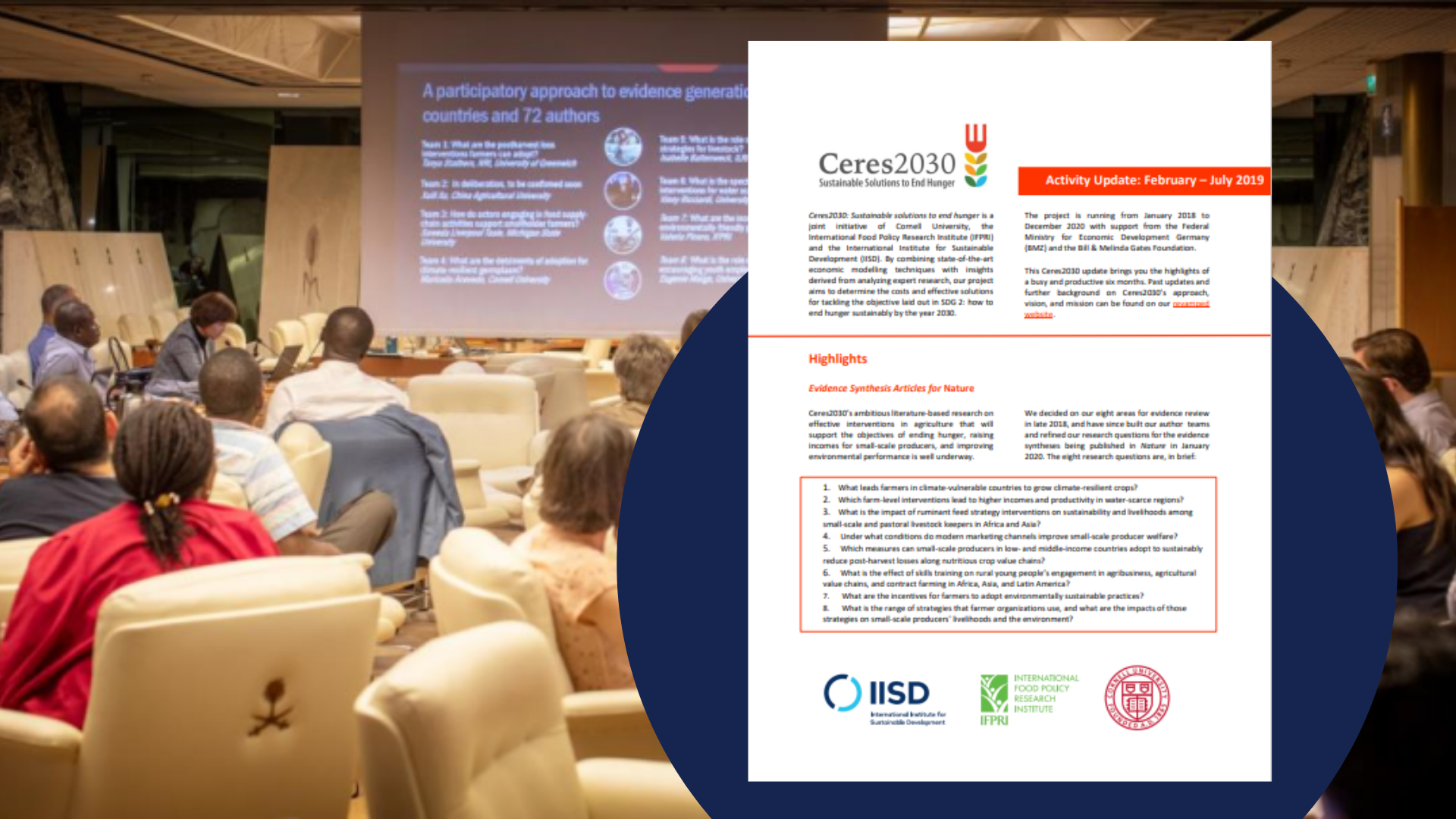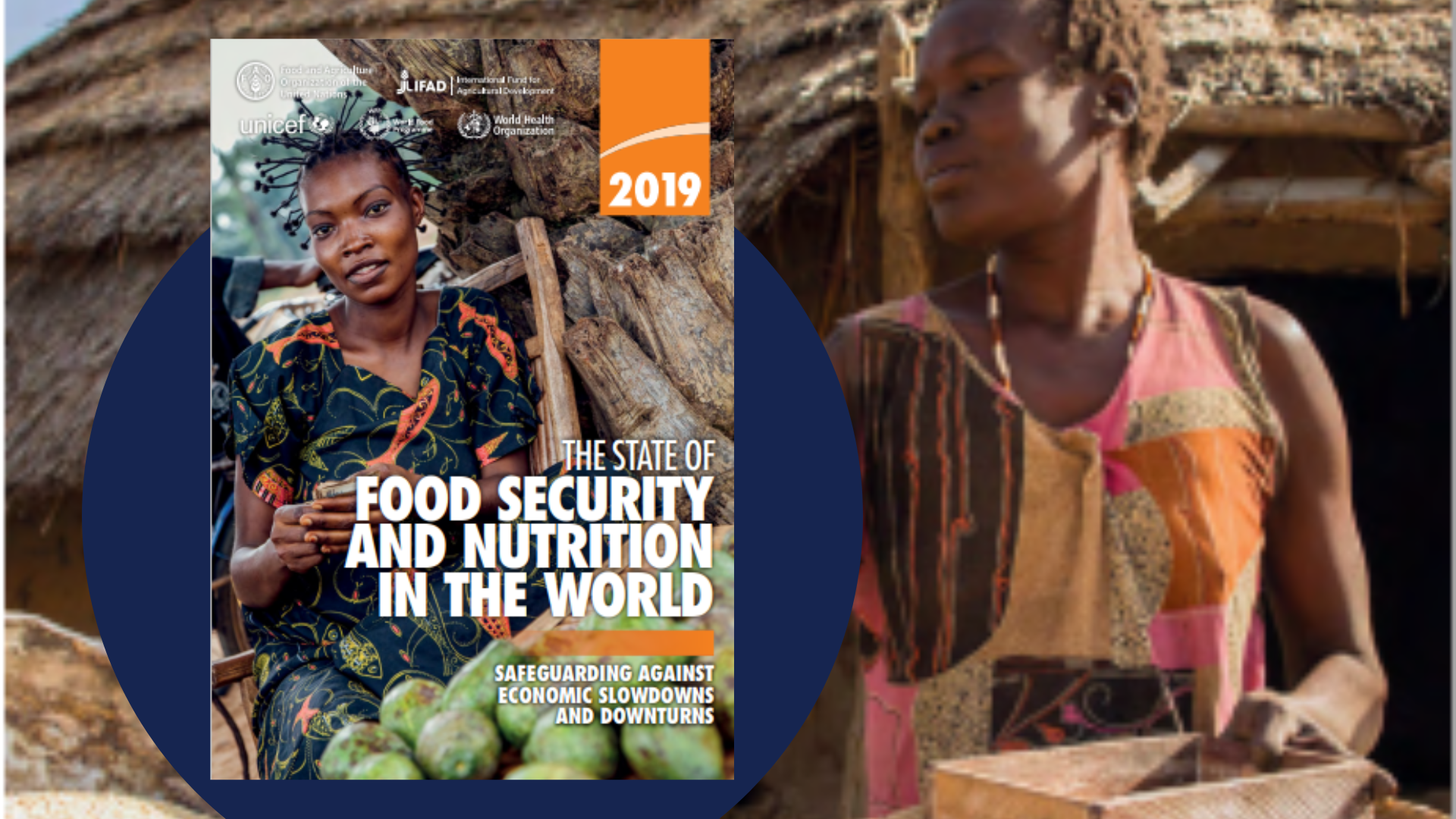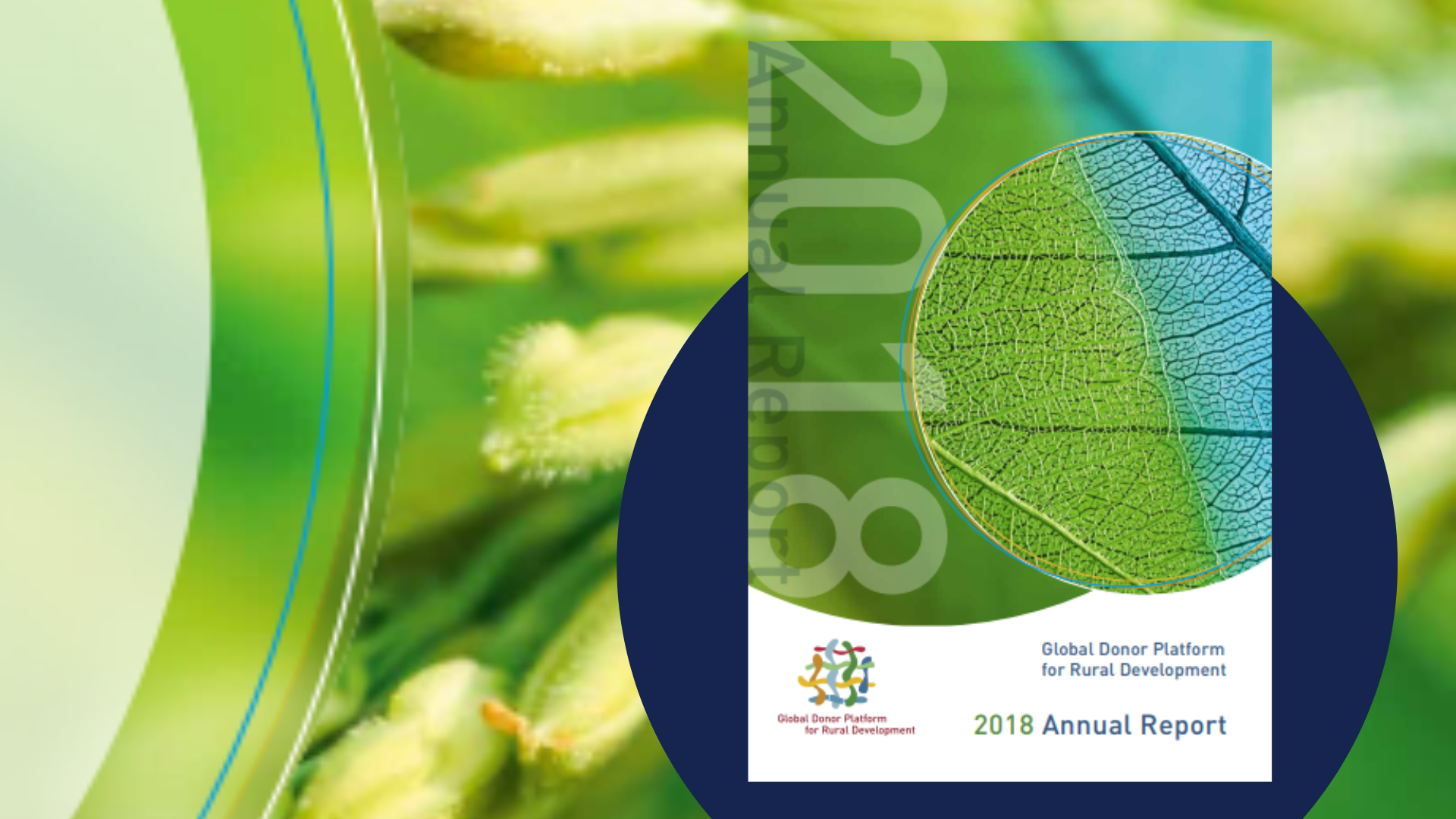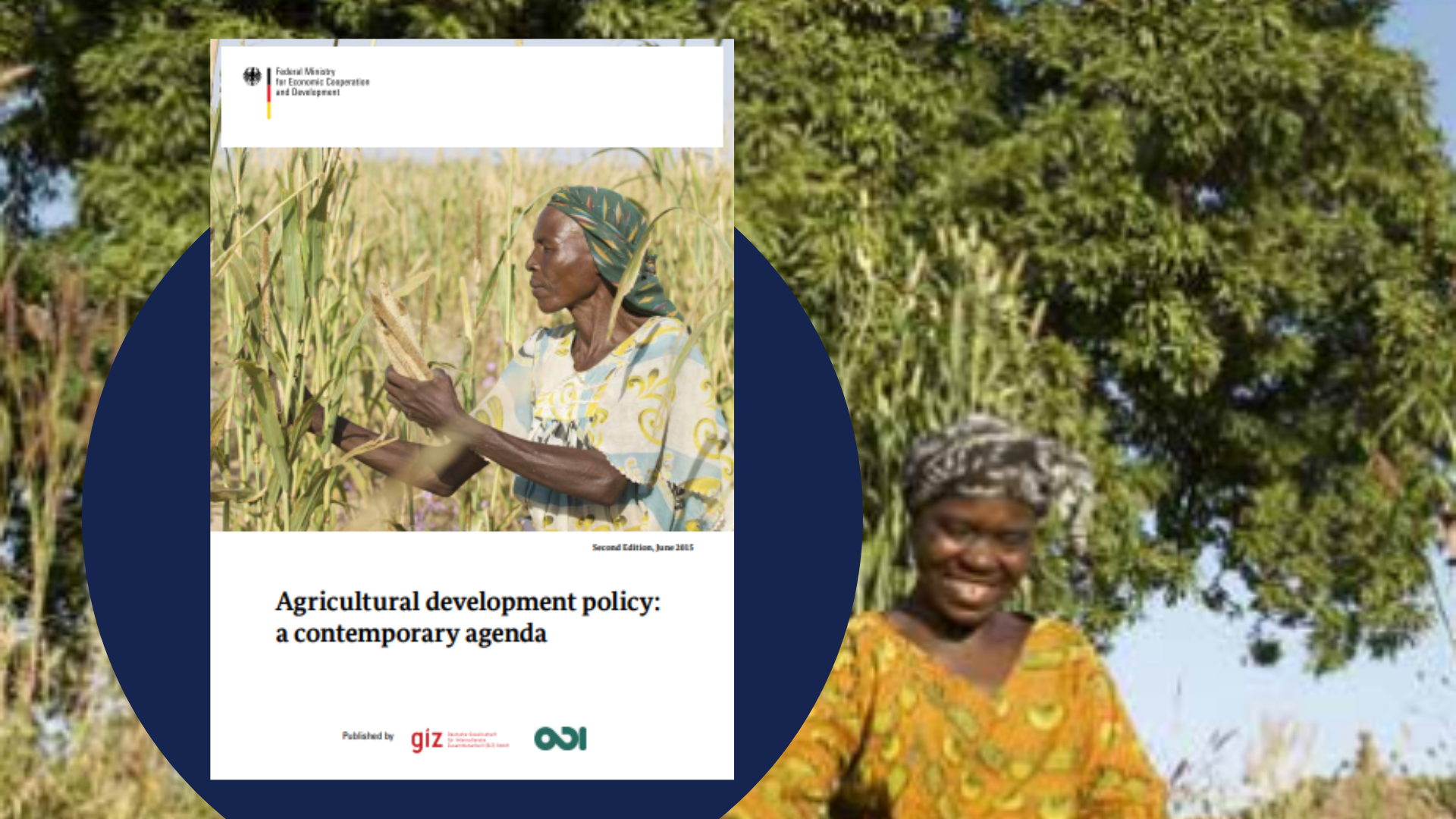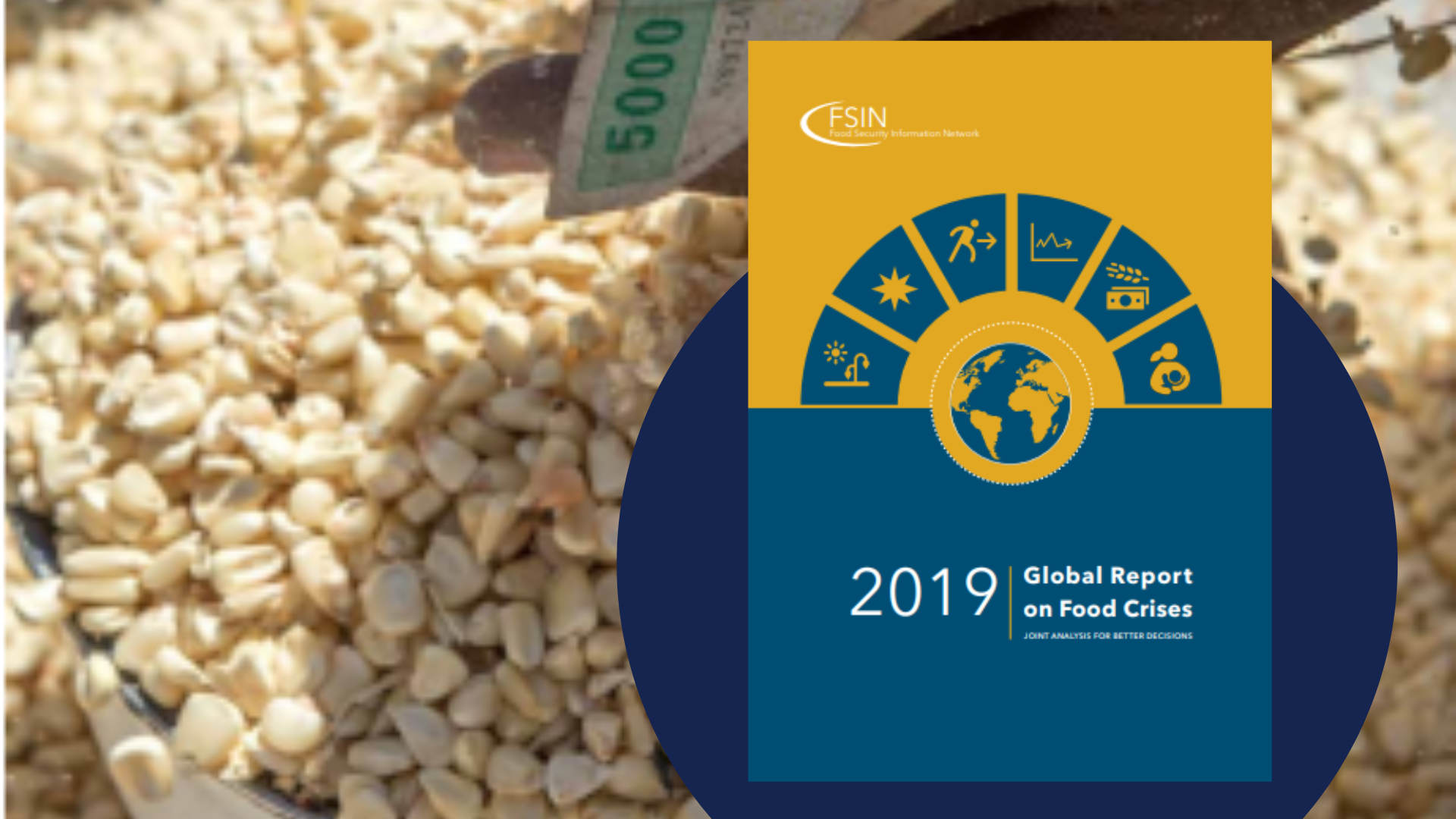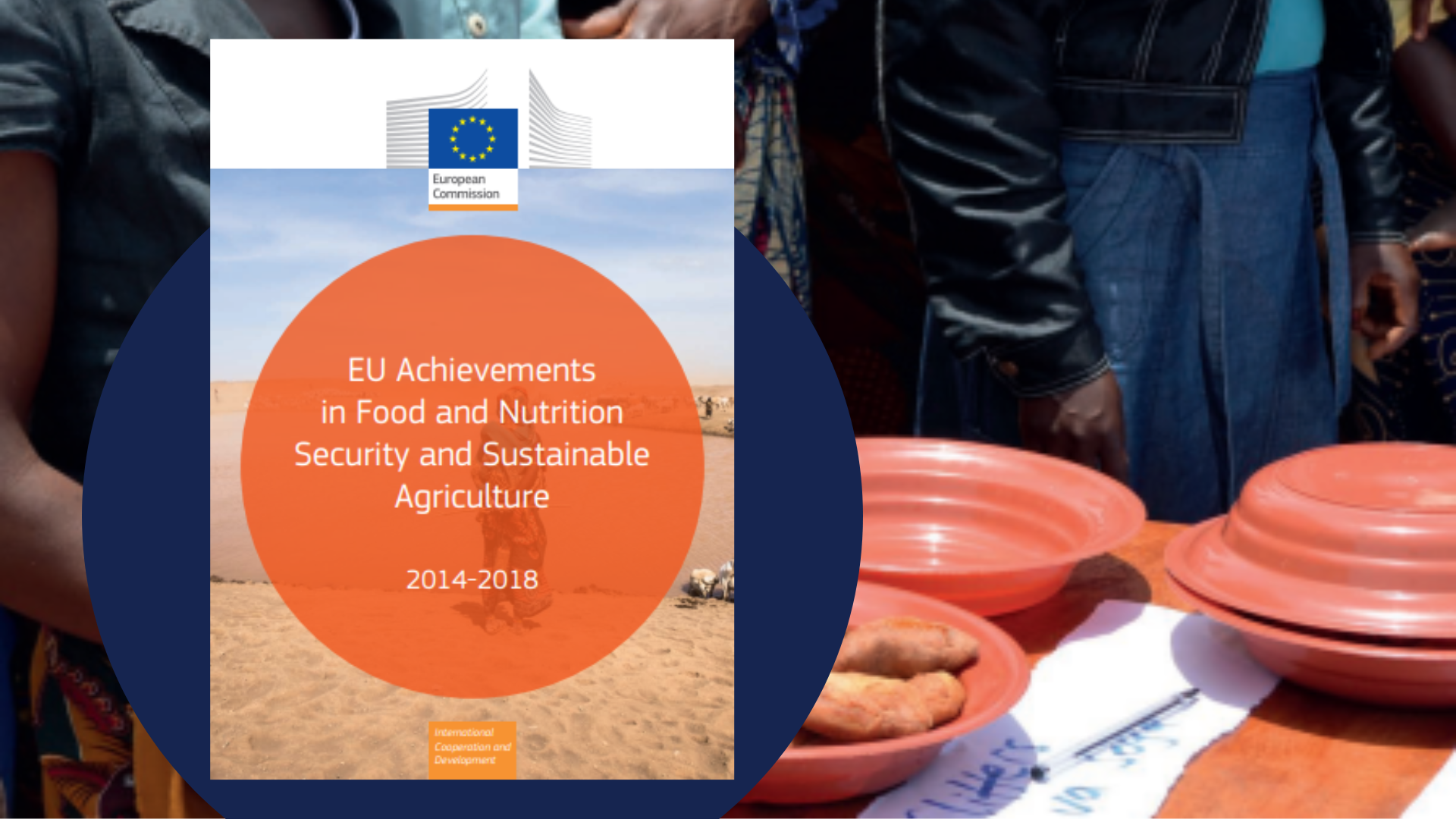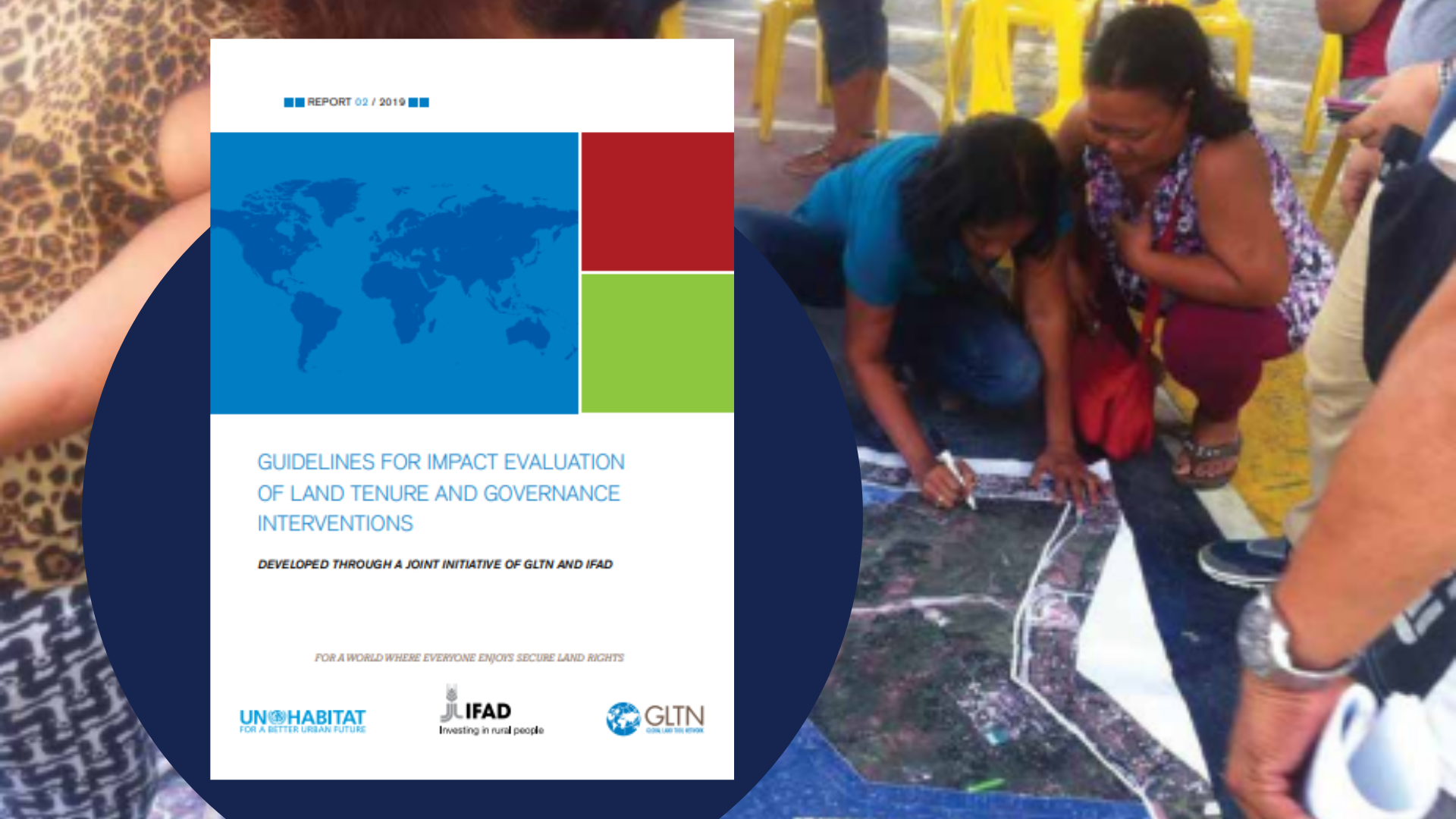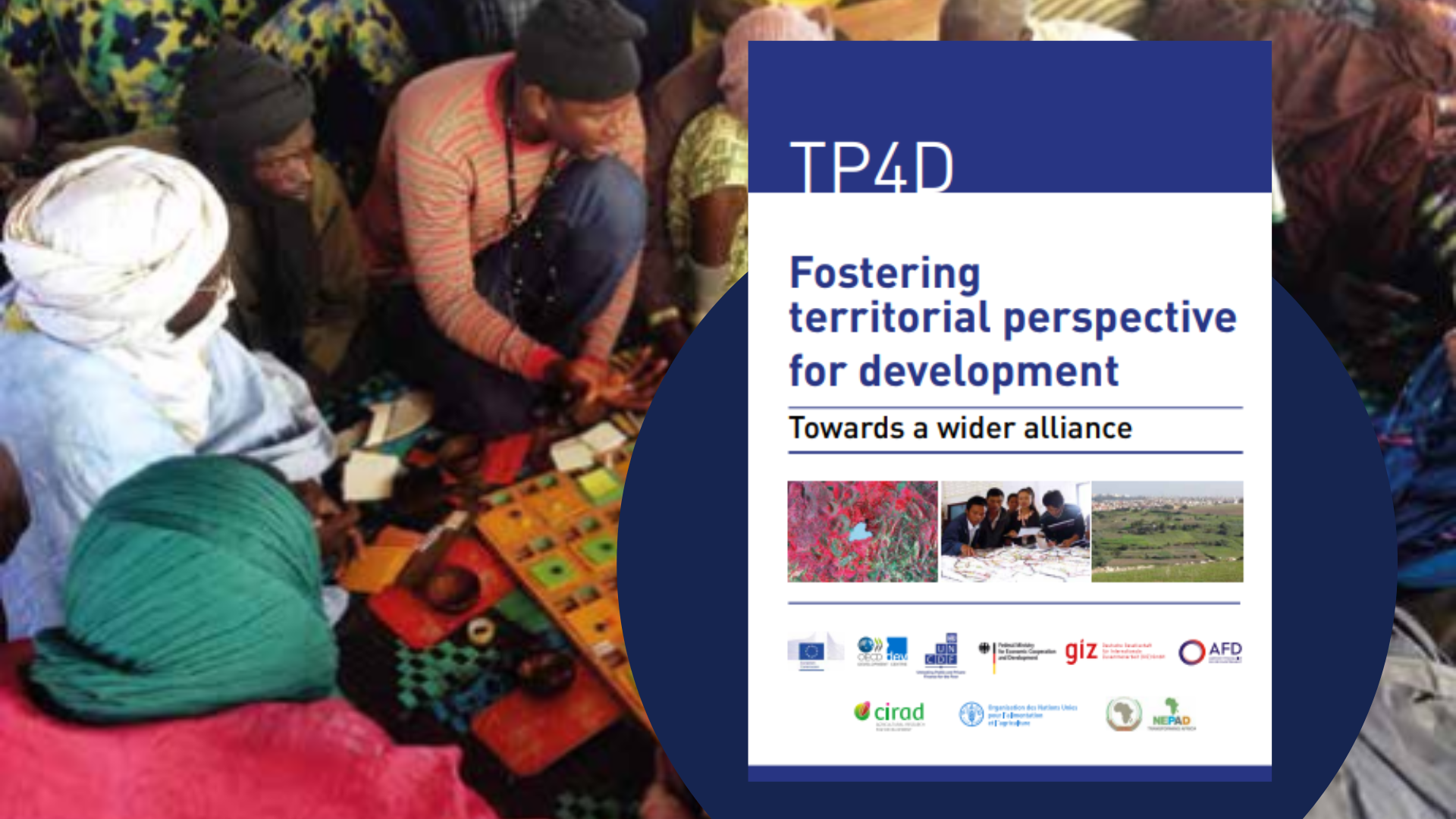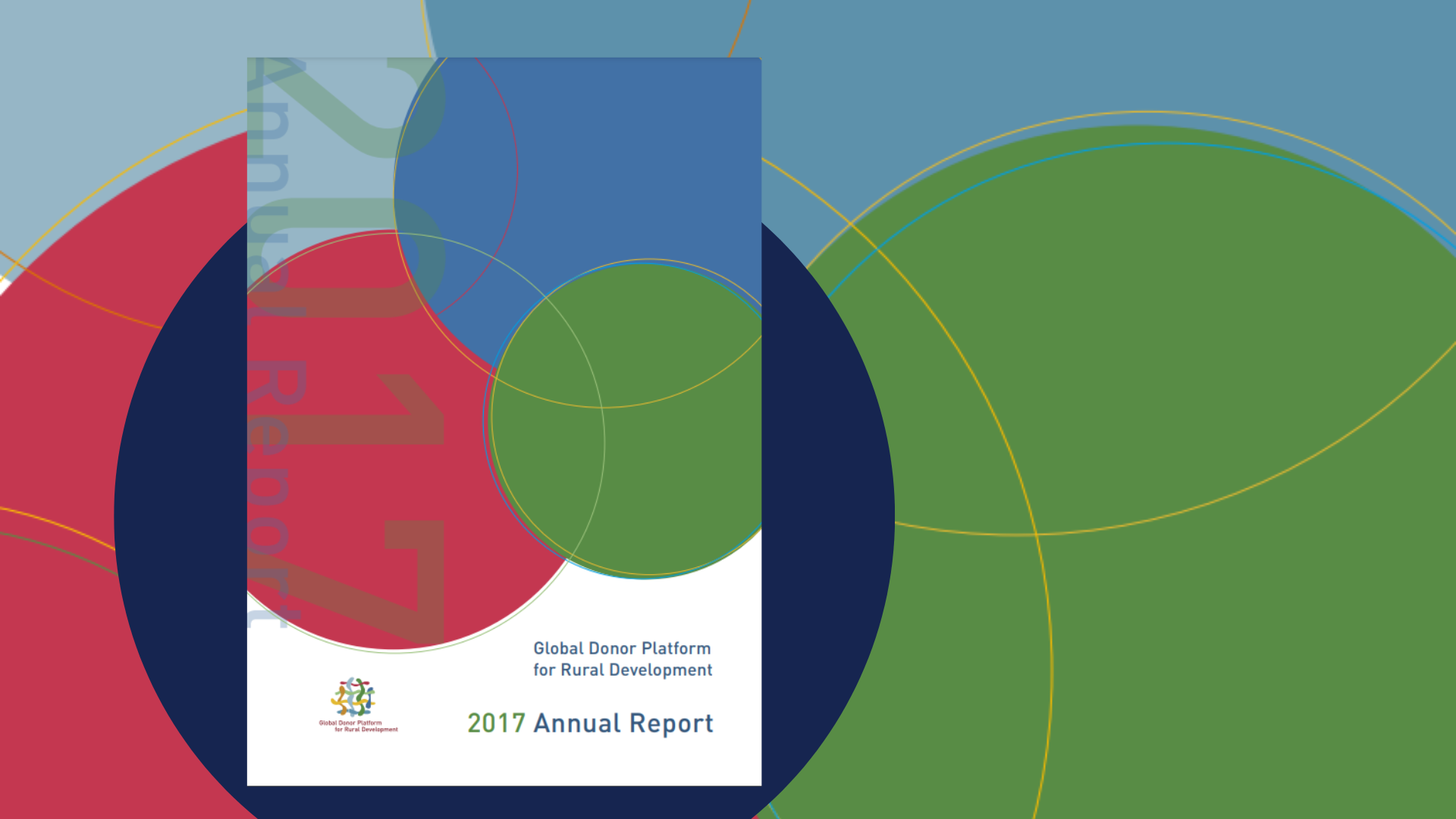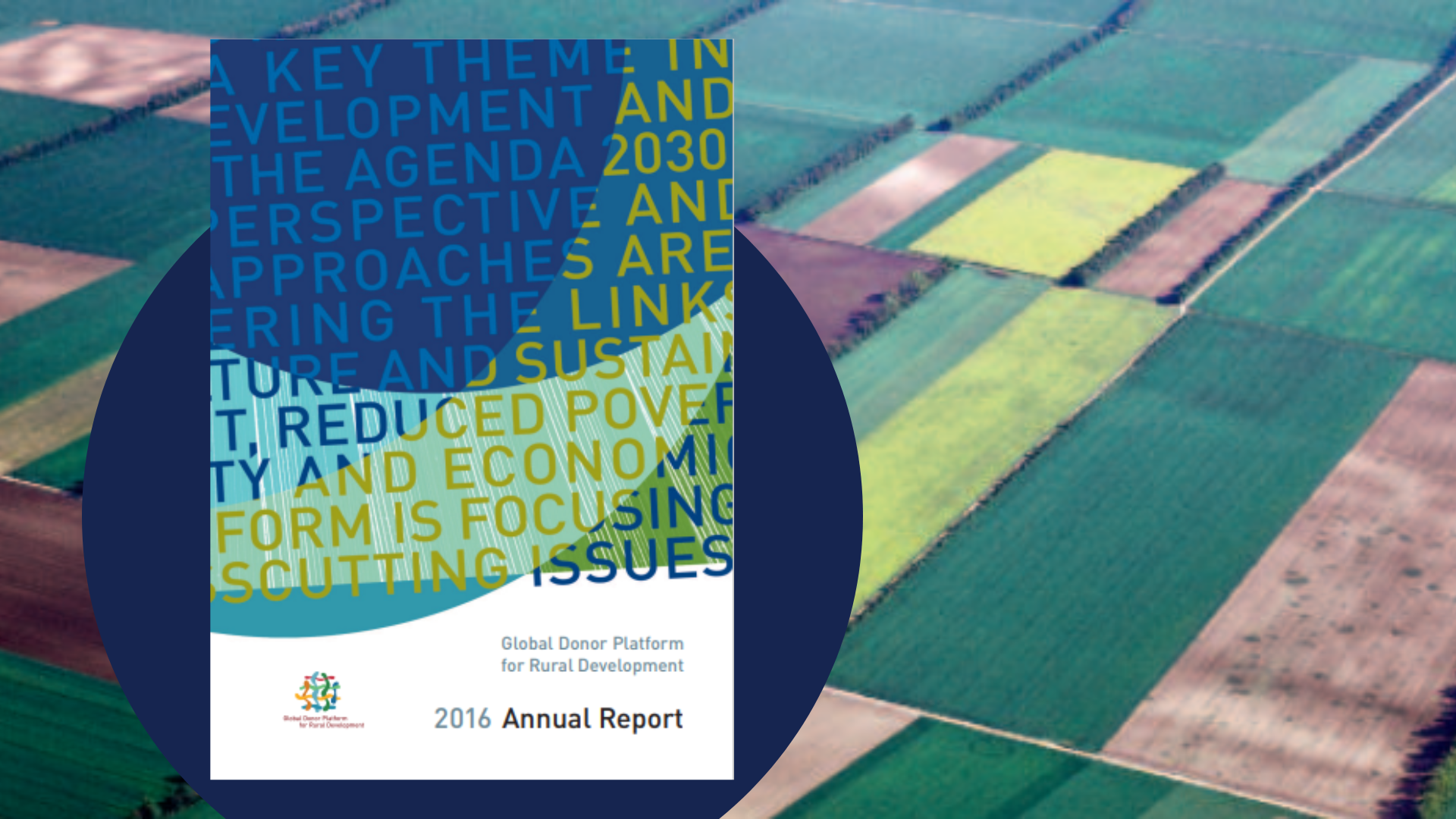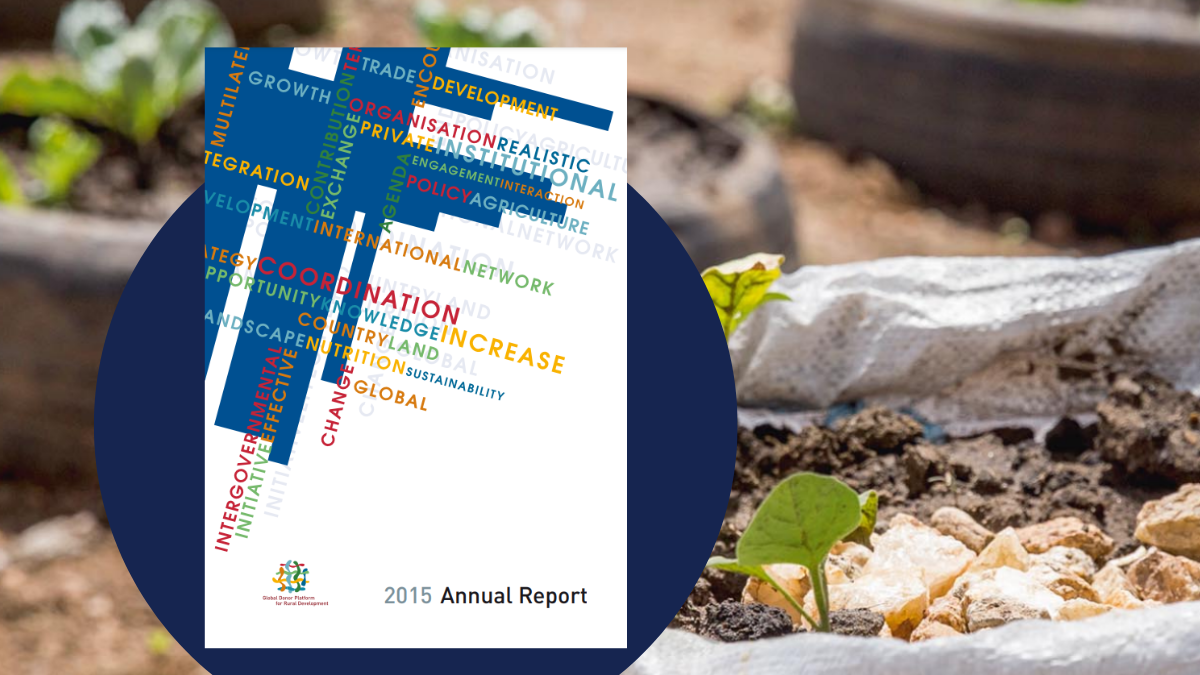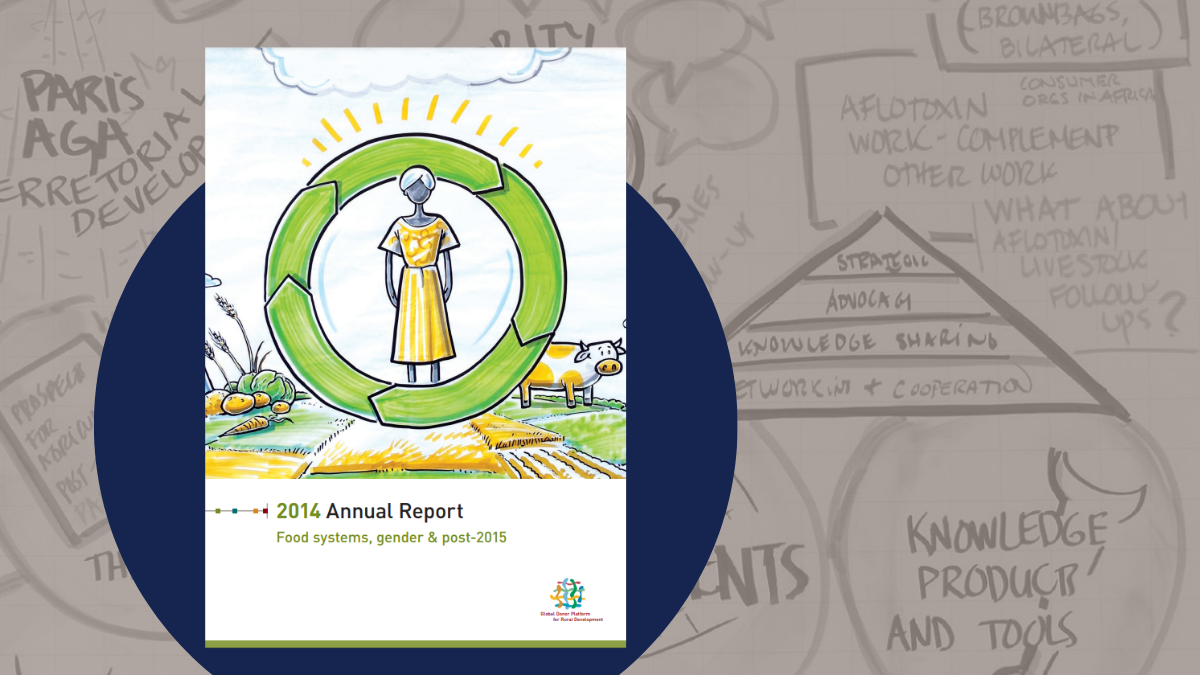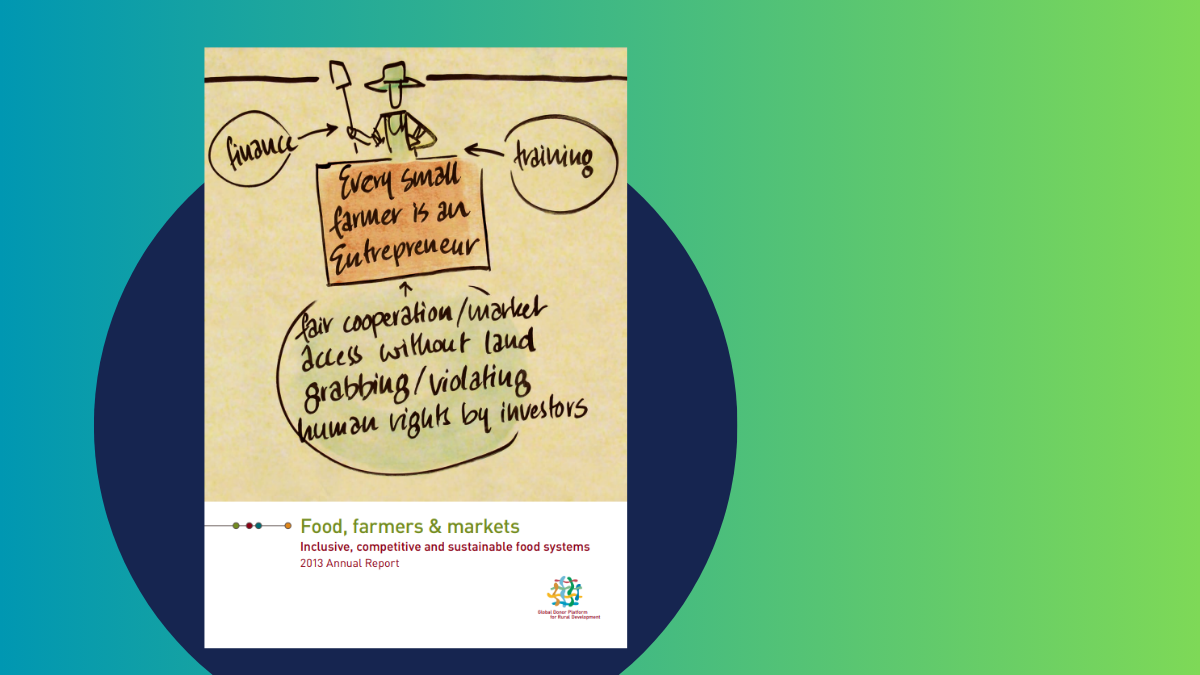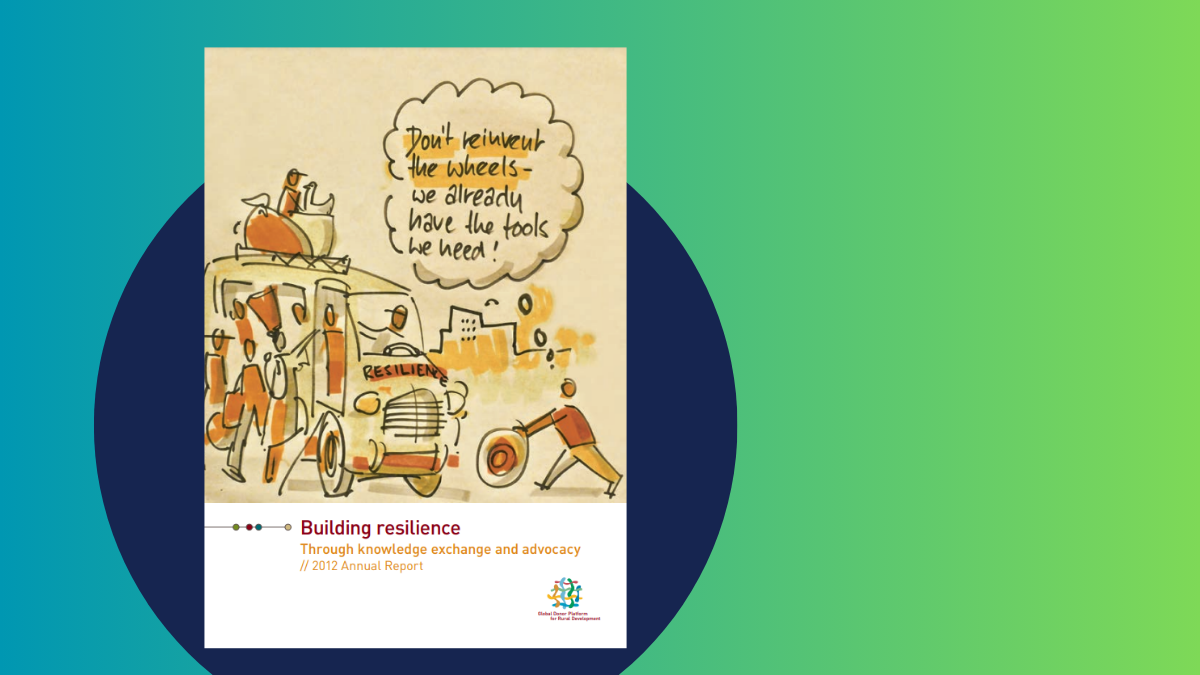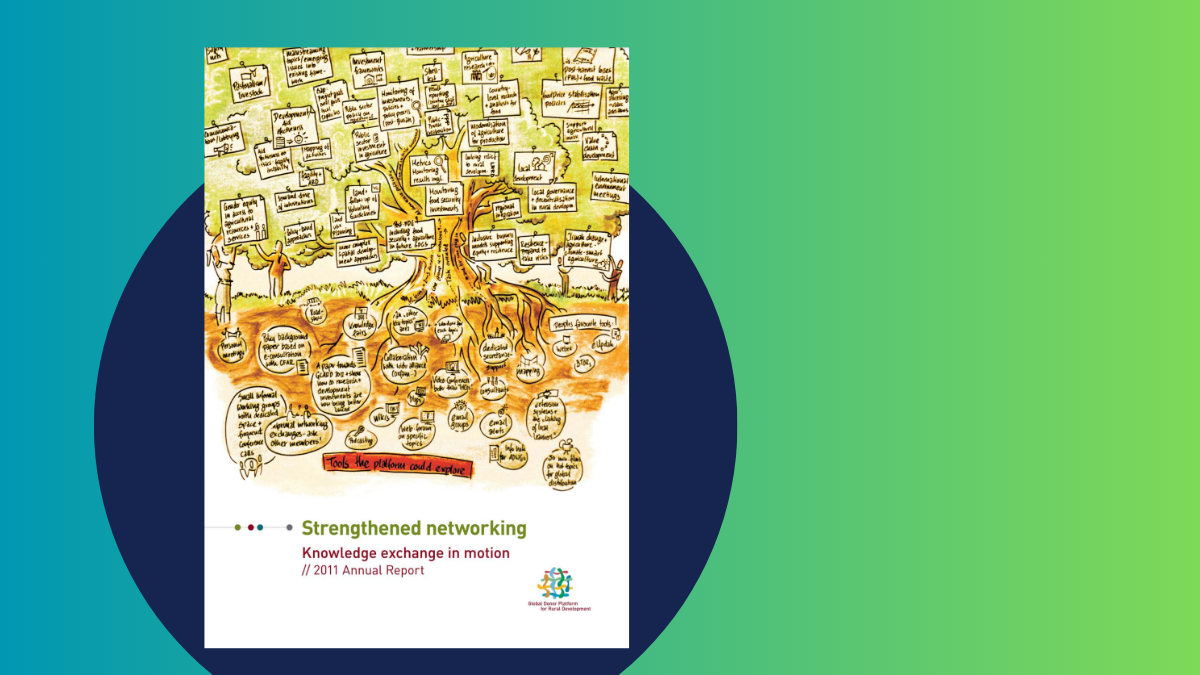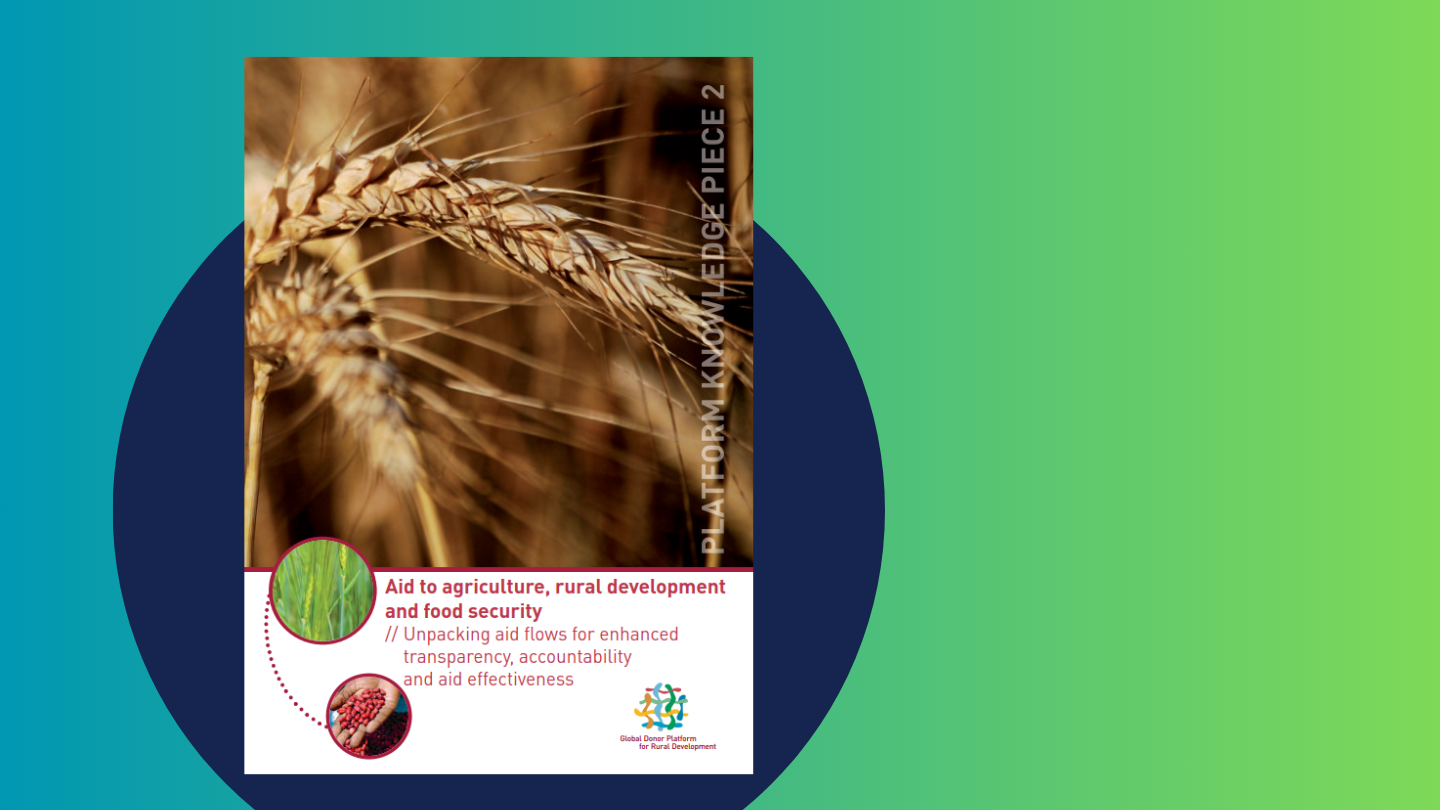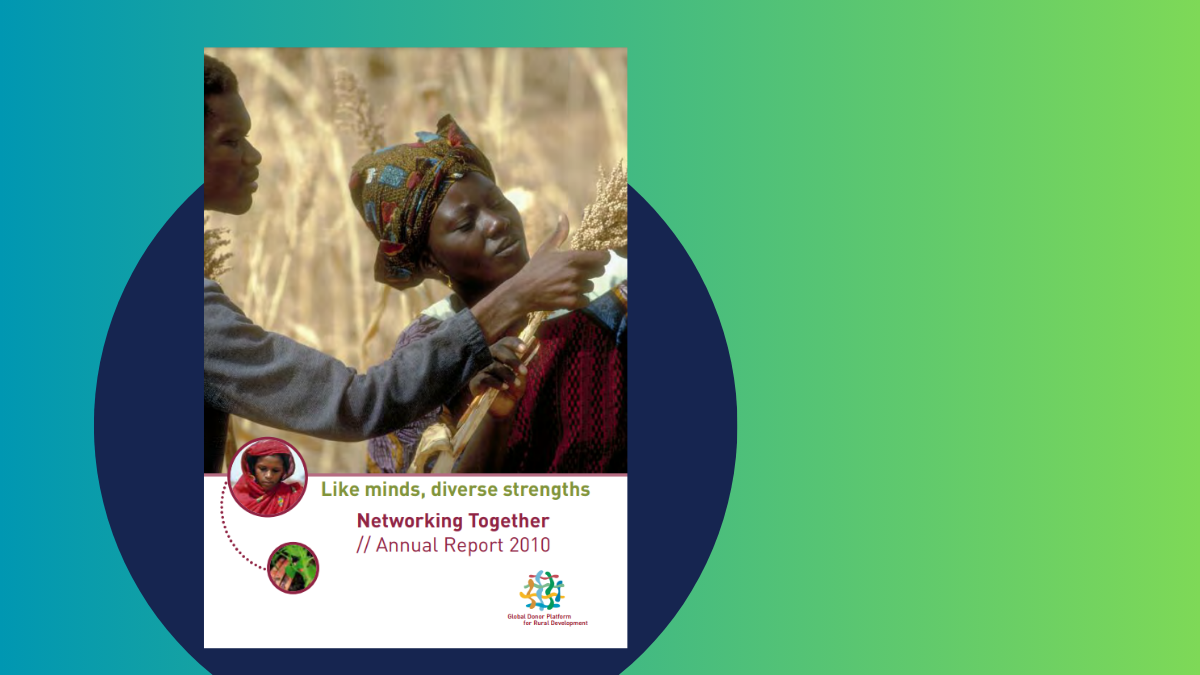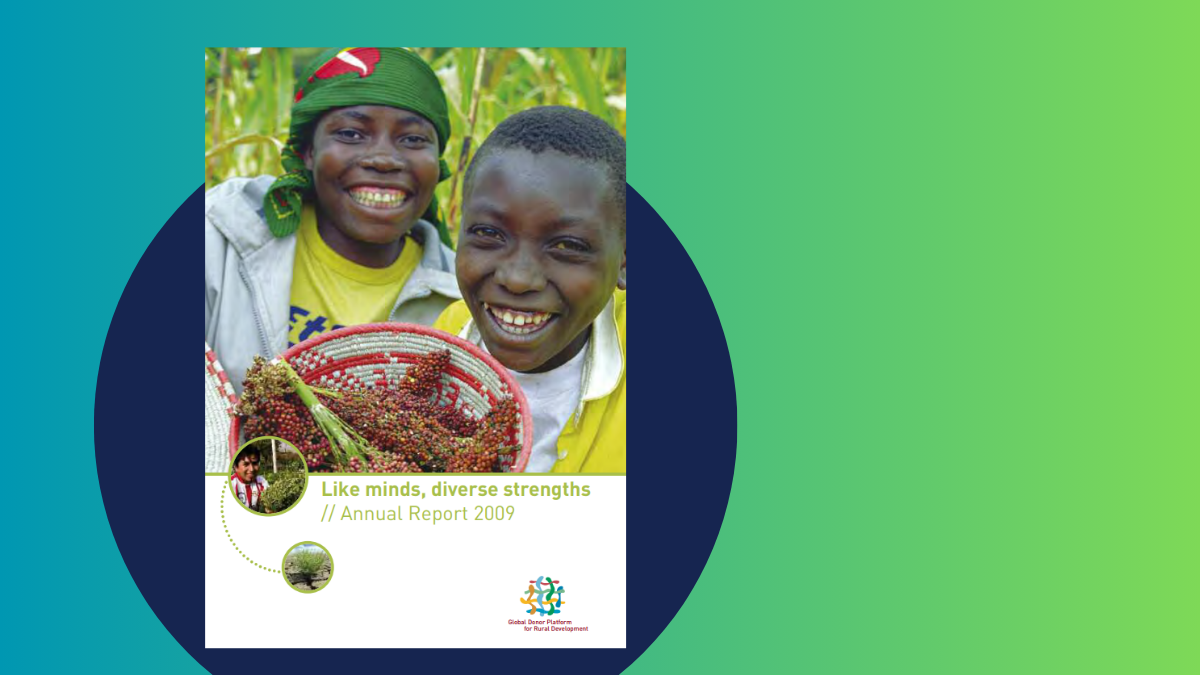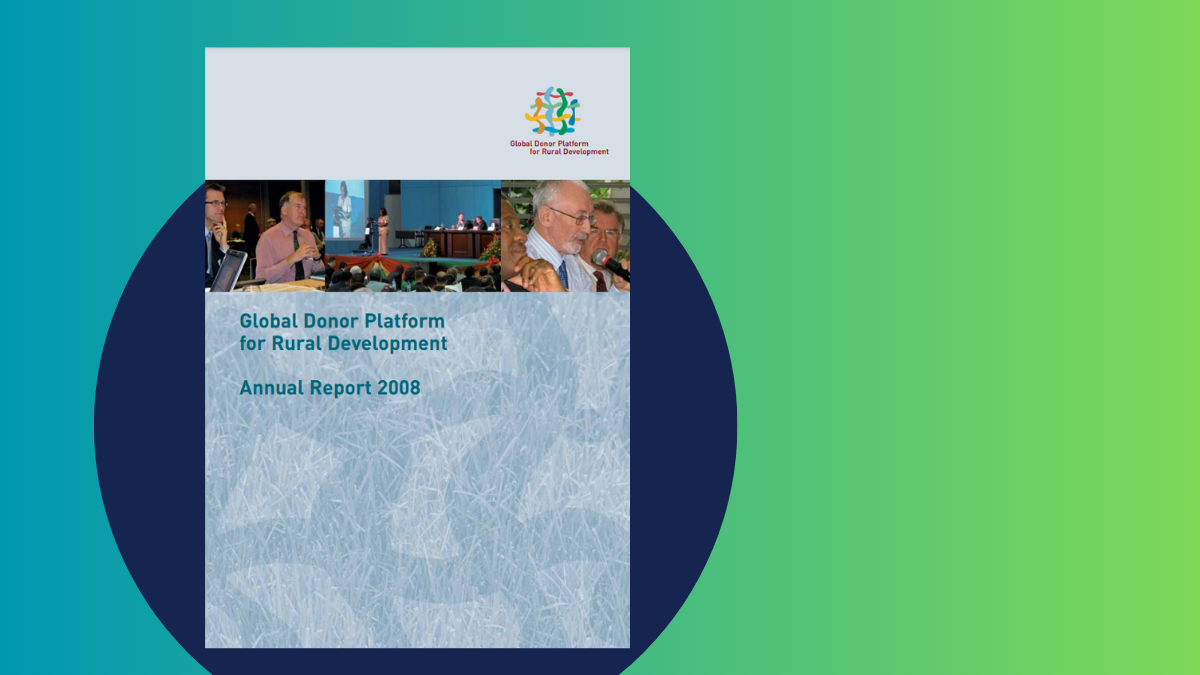Paris, France – 5 April 2017
The international community was called to use the momentum created by the Agenda2030 and reinforce dialogue between public and private sector. Through dialogue, the two sectors should aim to build trust and present united front to the society. Opportunities and potential are there, there is just the need to innovate and use new tools to tap into the resources.
Links

ODA has to play a catalytic role and developing nations’ governments need to address the increasing challenges of governance. However, 9 out 10 jobs are created within the private sector. Private capital and investments need be mindful of the already existing fragmentation of the societies with an increasing socio-economic gap between winners and losers of growth and globalisation despite all development rhetoric.
The Forum provided an overview of the political as well as the financial potential vested in the private sector for SDG implementation, but also warned against the myth that the private sector might compensate for decreasing ODA and public spending of development countries’ governments. All panelists called for intensified dialogue between public, private sector and society, to ensure that every stakeholder gets involved in projects that suit their expertise and role there are willing to assume.
Financing the SDGs – How to make it happen?
Established donors are looking into ways to incentivise the private sector involvement in sustainable development. The new European investment fund has therefore three pillars focusing not only on technical support, but also on innovative finance and facilitation of political dialogue. Ensuring better business climate and promoting local value chains was agreed to be the ultimate goal of development financing, but political dialogue is needed to ensure that private sector is complying with legal regulations. The universality of Agenda2030 and the extent of investments needed present an impossible task for governments on their own. They need to use ODA in a new sustainable way to complement the expansion of the domestic private sector, because sustainability means competitive domestic private sector that ultimately will drive the development. Bilateral donors should focus on using ODA to catalyse private sector investments and support the inclusive and sustainable functioning of regulatory frameworks.
In order to guide the finance flows, finance institutions need to work towards bridging the gap between governments and private sector, one way is to support and promote inclusive business models. In order to ensure that finance really does go to bankable projects, there is clear need for international agreement for guidelines on blended finance. Such agreement will also guide governments in their macro-economic decisions on taxes – finding the balance between increasing the domestic revenues and not hampering the investment climate. Public and private finances are interdepended, each of value to the other. The opportunity of collaboration needs to be based on predictability, ODA taking the risk away and guide the inclusive and sustainable engagement of the private sector.
How can small and medium-sized enterprises help achieving the SDGs?
Developing countries are dealing with a list of challenges, including the prevailing informality of SME, reduced tax collection, problems in acquiring loans for SME investment because of the informality and the low application of the digital economy of many SMEs.
TATA, second biggest employer in India provided a brief overview of the opportunities for SME to cooperate as a supplier and distributor – the former having problems with product quality and products flows, while the latter is struggling with logistics and timely delivery. TATA has embarked on a more environmentally friendly production approach because TATA production and products are responsible for about 70% of India’s pollution in a wider sense.
In general, many SDGs could be considered by the private sector, including regulations for public procurement through SMEs. Argentina and Islamic Development Bank are working on suppliers’ development programmes through technical and financial assistance as SME capacity building in line with SDGs. The issue of cost-benefit analysis of SME capacity building and the impact on product prizes were not discussed in more detail.
Public-private dialogue in support of better national policies and the SDGs
The main question guiding through the session was, how to identify practical next steps to engage public and private investments in the implementation of the SDGs. The panel recognised that challenge funds are a mechanism that links public and private sector and can also help align the objectives of both sectors, especially in agriculture. The expectations of the private sector for stable regulatory environment and equal playing field for foreign and local investments are reinforcements that need to be initially done by the public sector. Another task that the panel identified was the need to further strengthen the dissemination of information and link development projects to private sector and public sector initiatives more transparently. An easy flow of information will ensure traceability, accountability and transparency – strengthening the commitment of the private sector and ensuring the trust of society.
Delivering sustainable urbanisation in Africa – the role of the private sector
Infrastructure remains an investment by the public sector, but informally must be slowly changed into a formal integration of SMEs linking the informal economy to the overall socio-economic development with all responsibilities and benefits.
Examples of formalised engagement of SMEs ranged from a SCANIA/GIZ cooperation in a transport academy, introduction of reduced emissions vehicles in public transport fully integrating informal taxi business as well as engagement with C40 Cities Leadership Group which include now more than 90 mega cities around the world.



